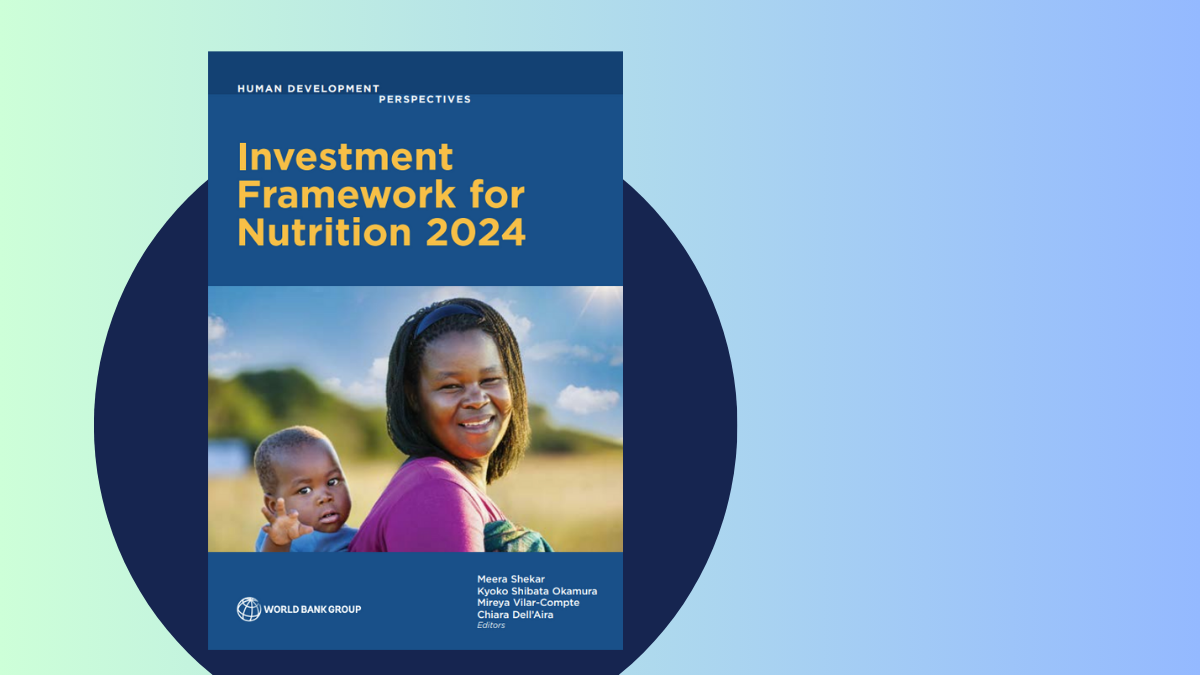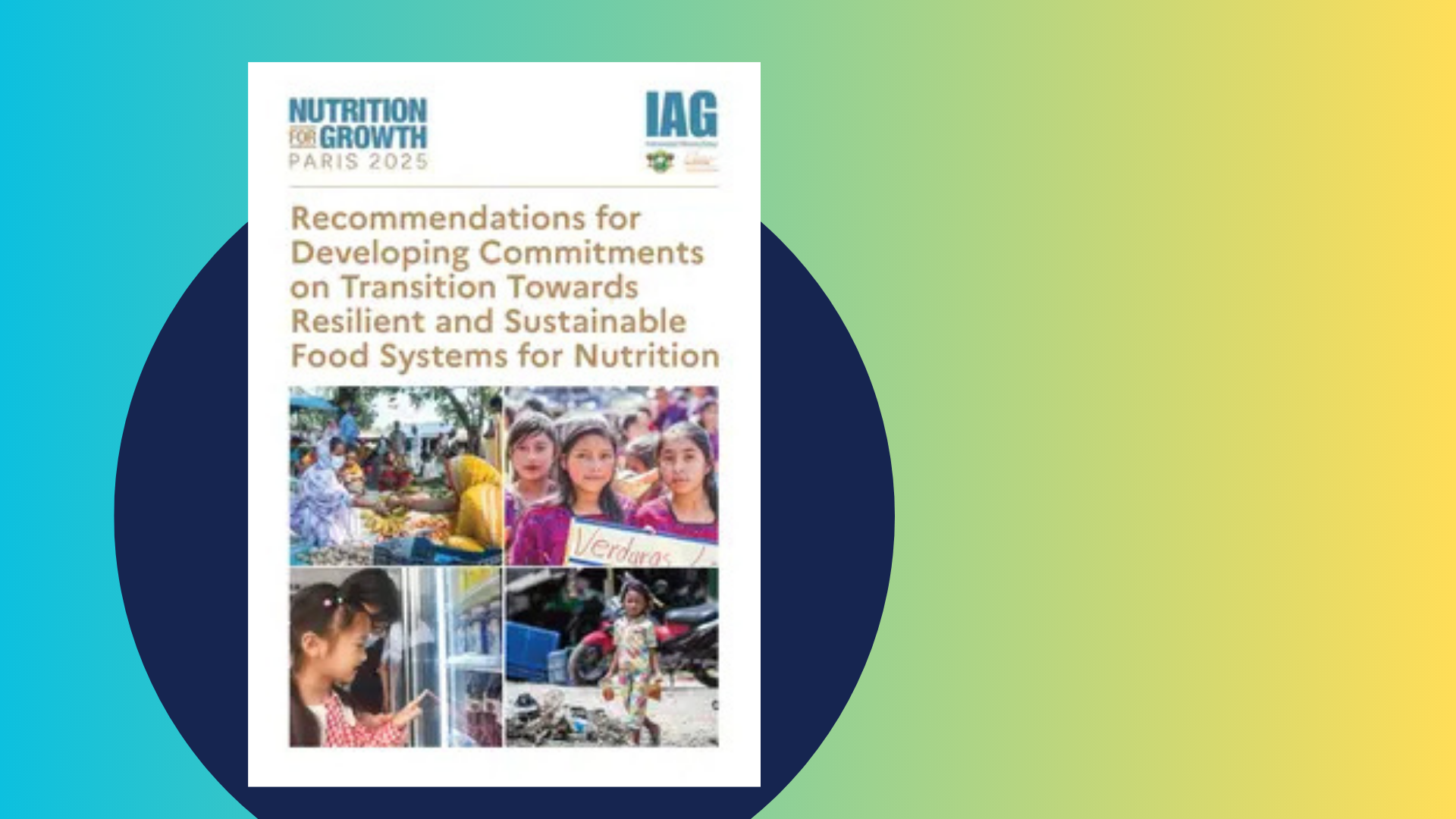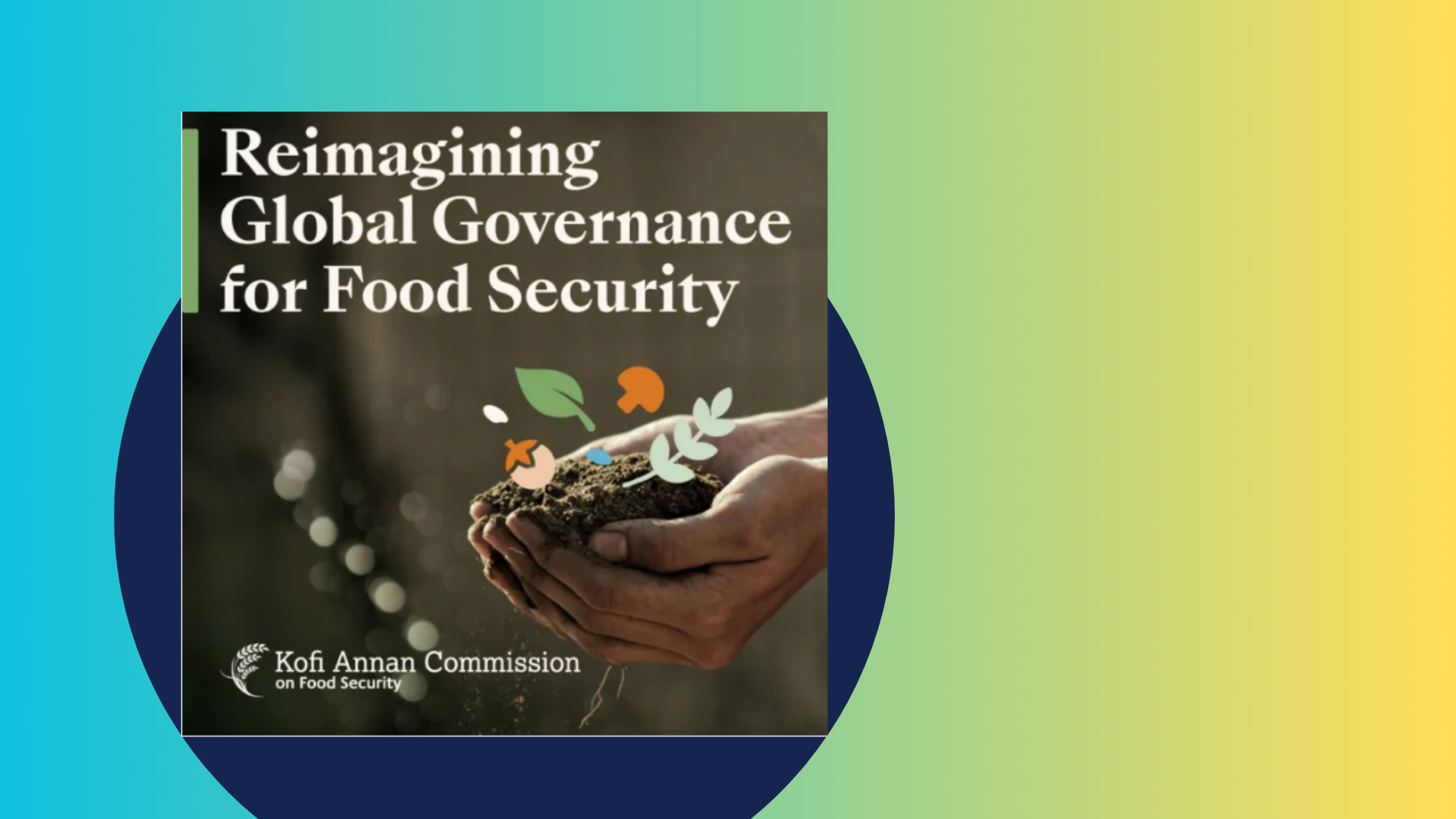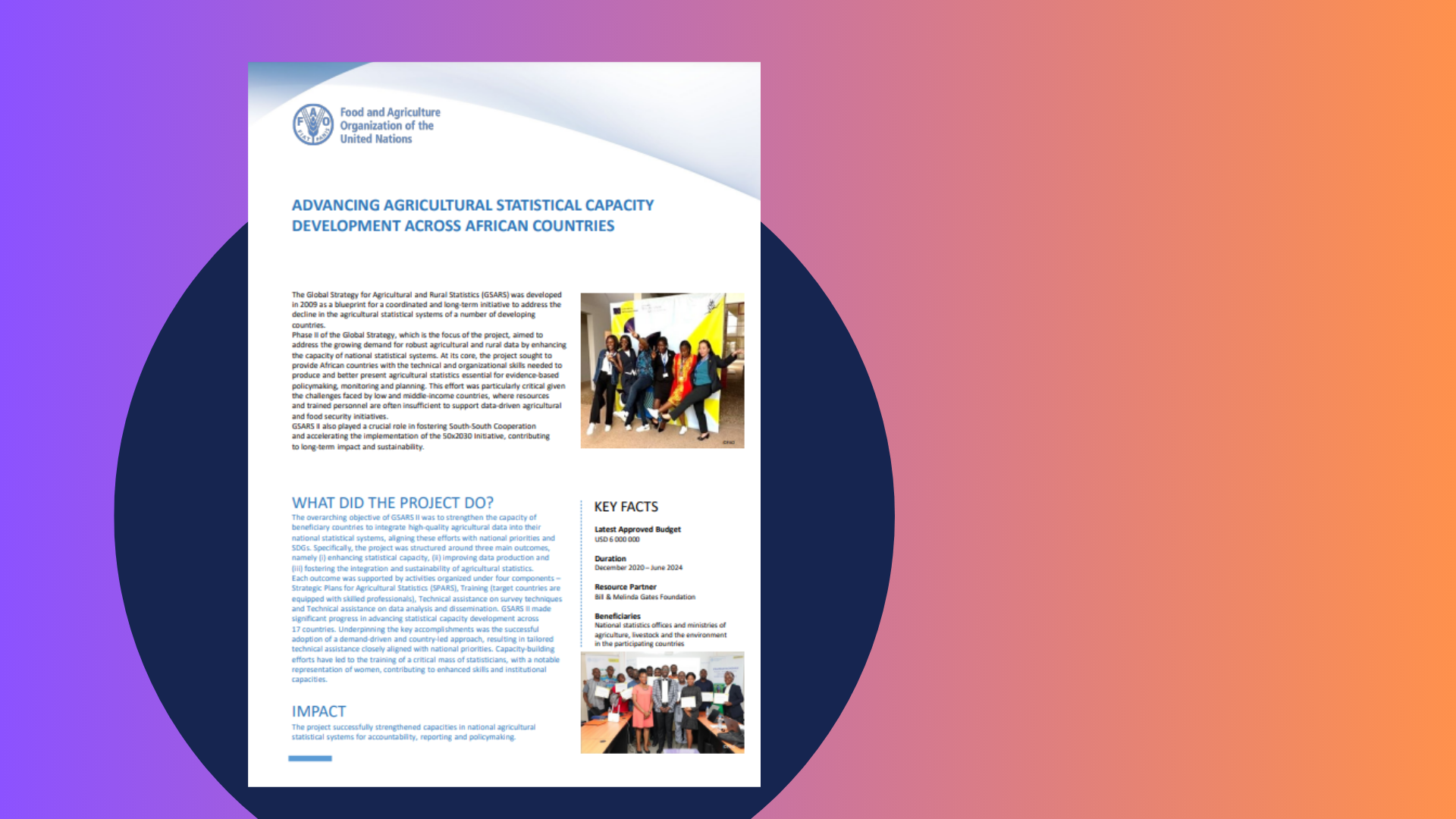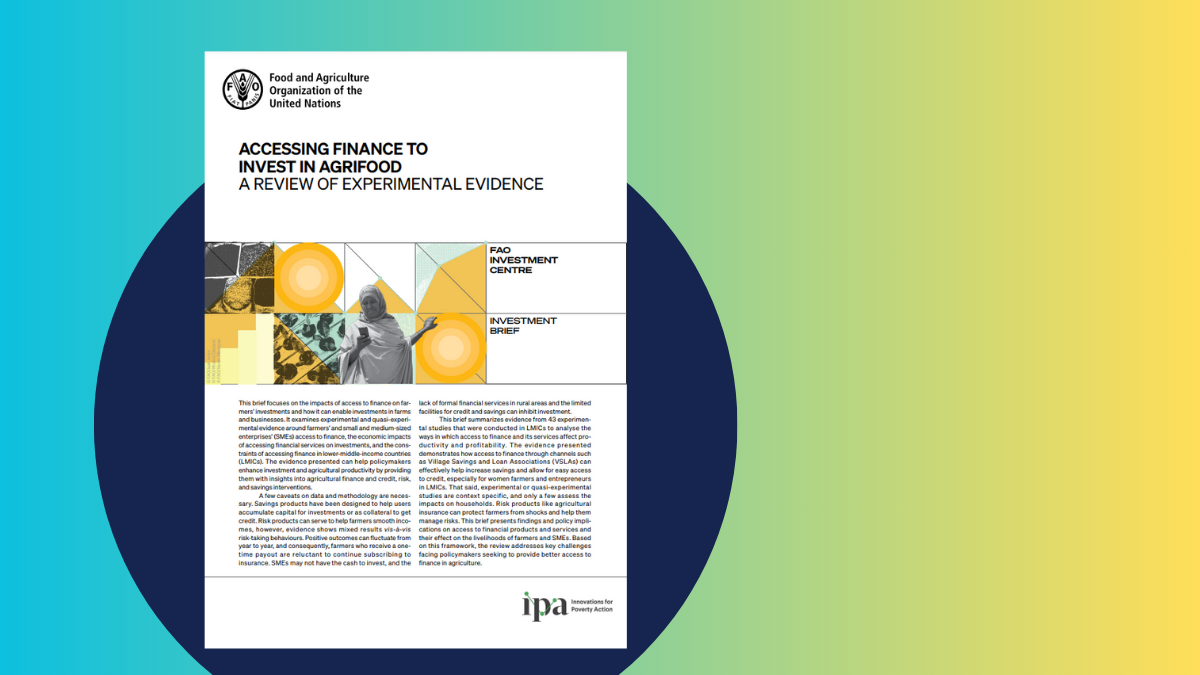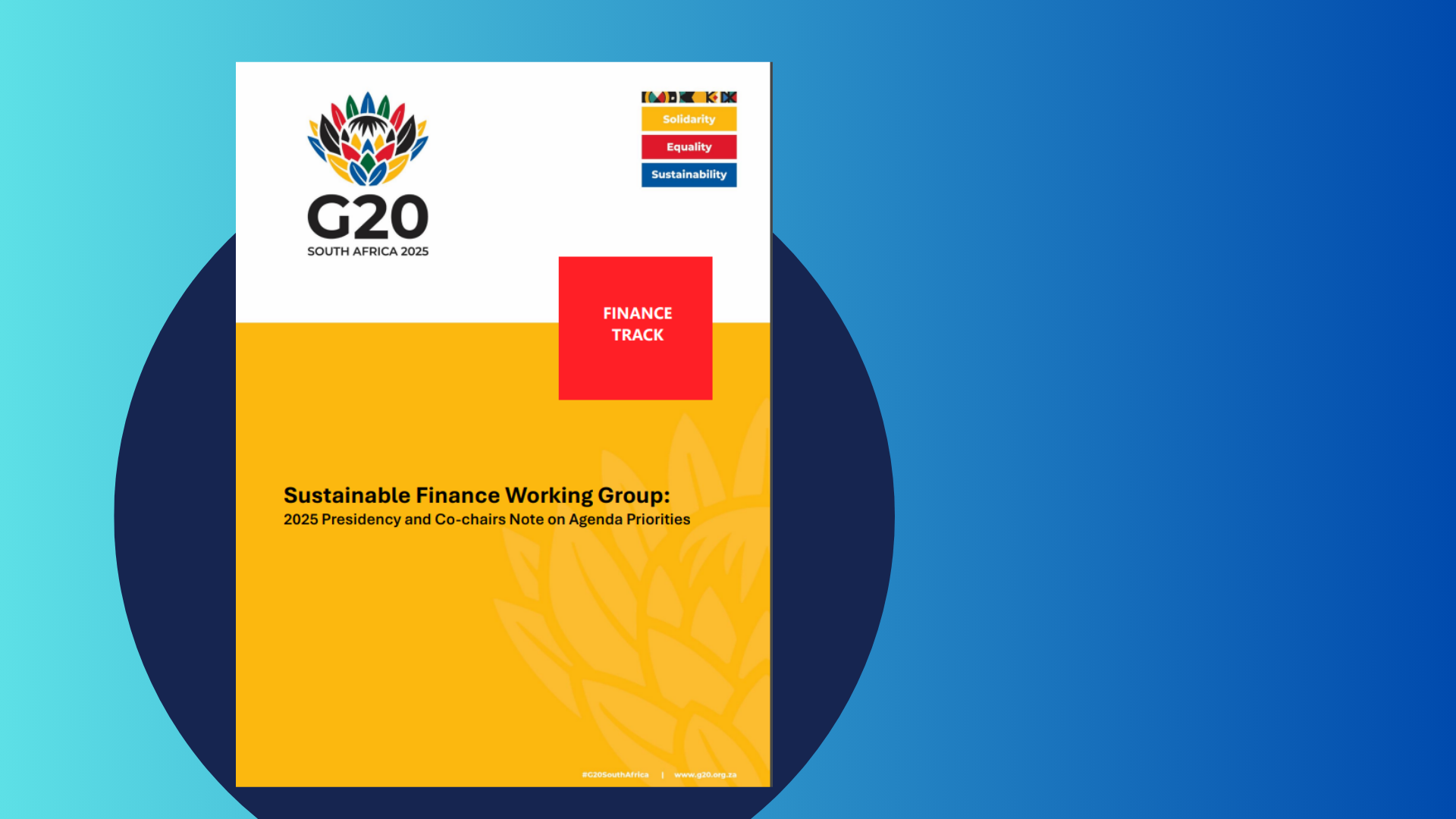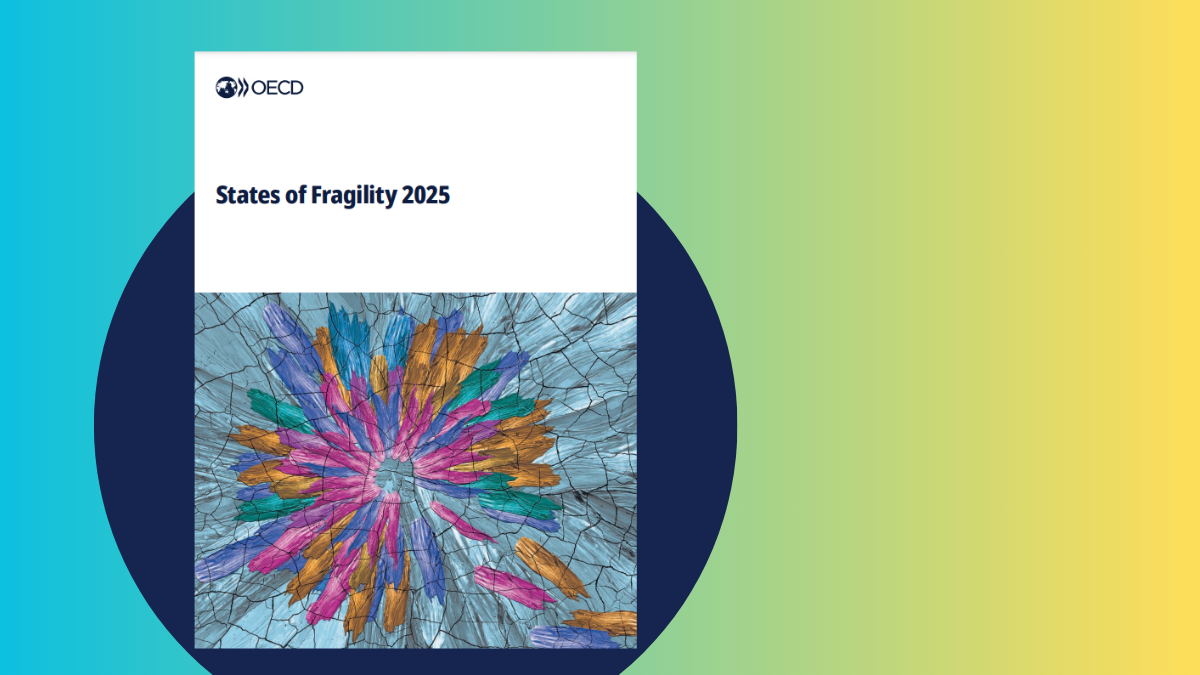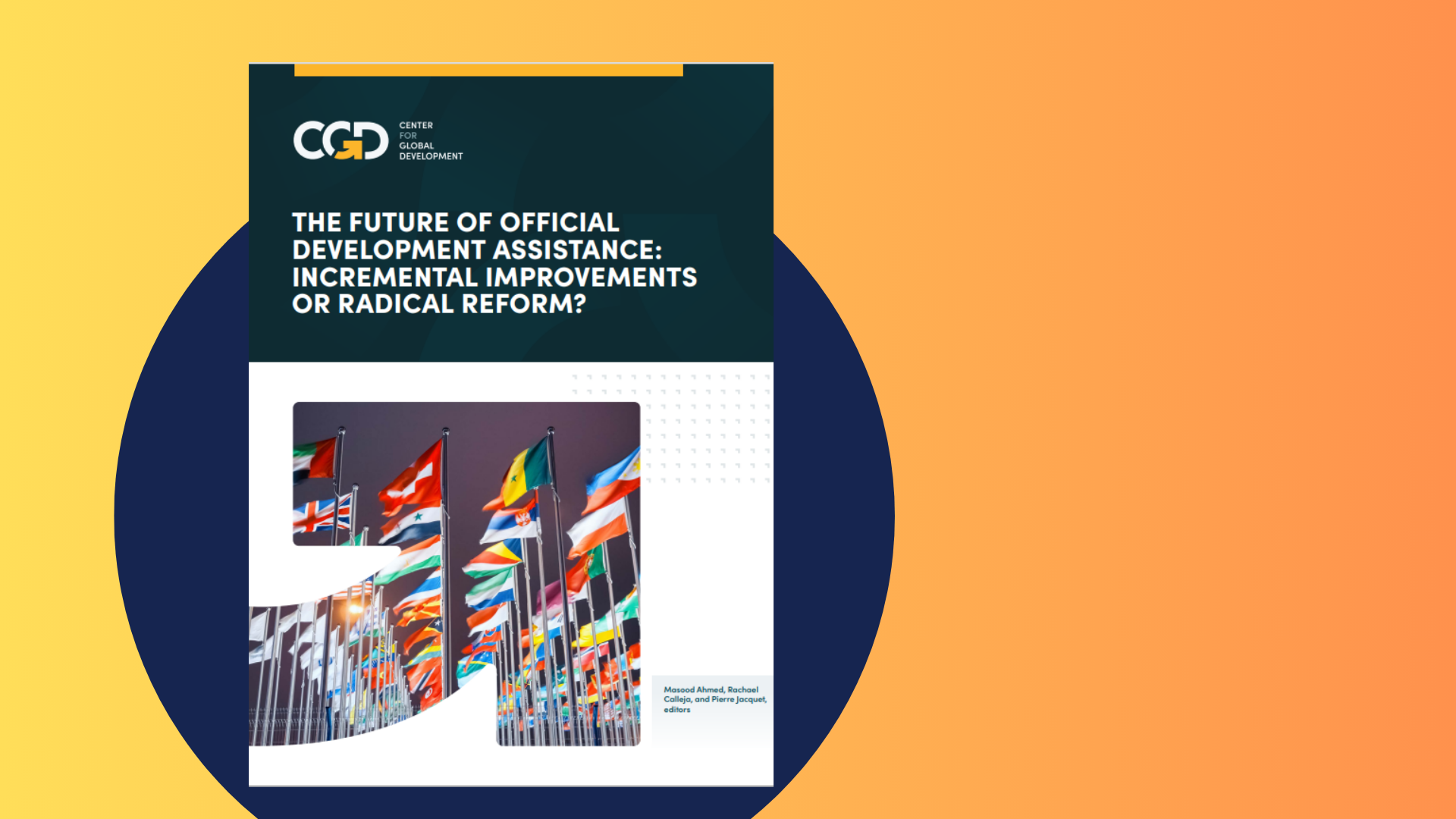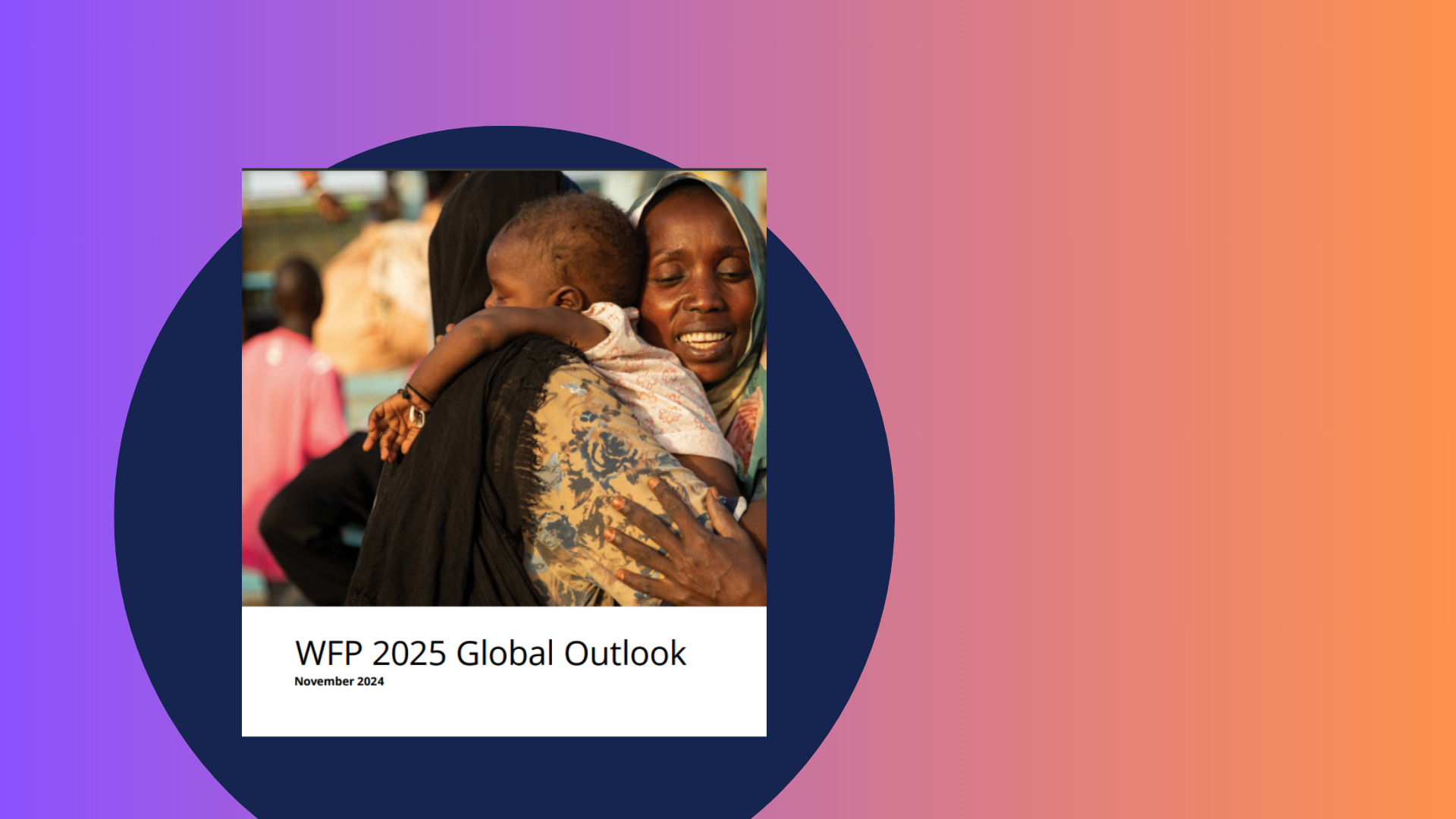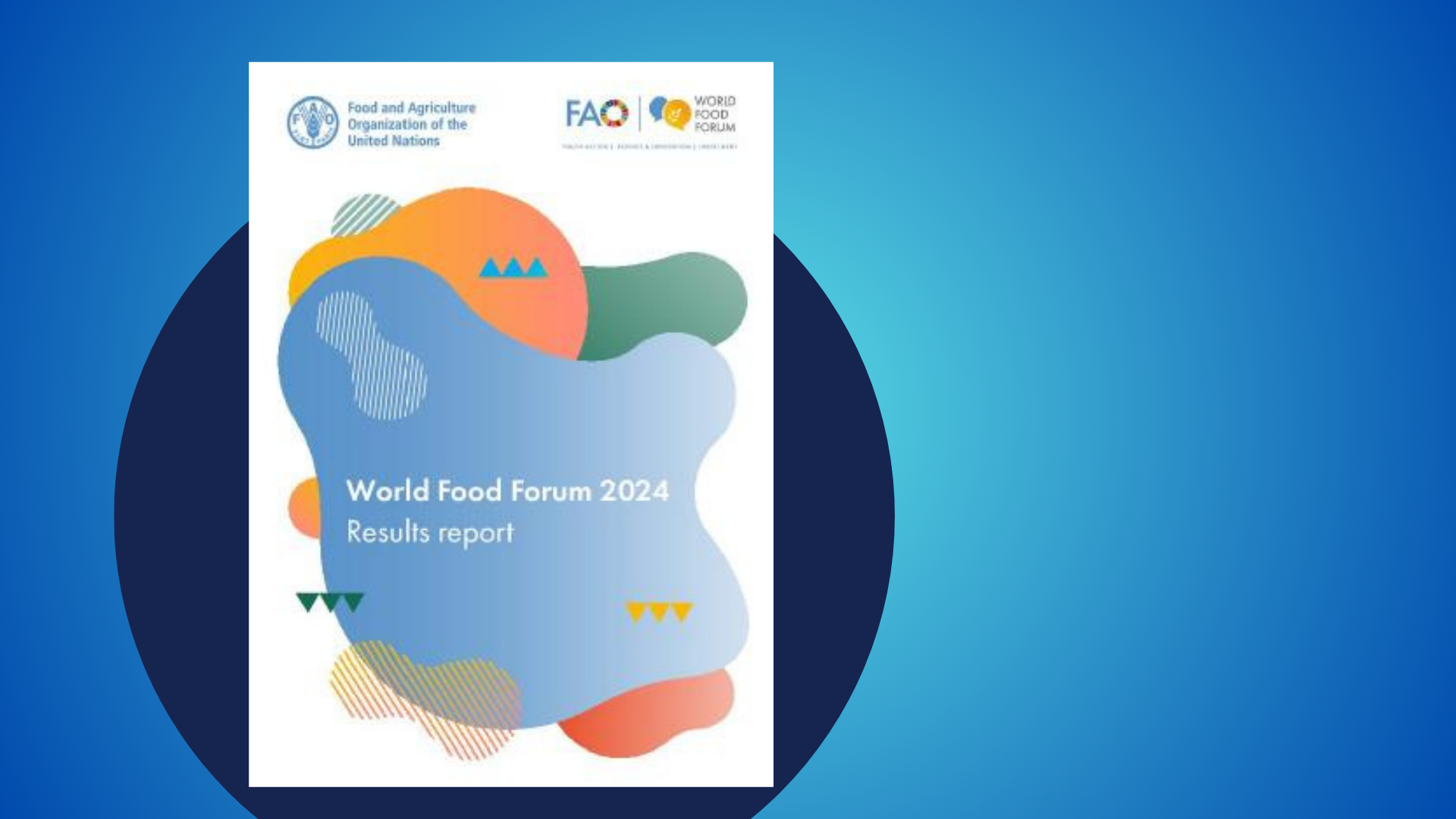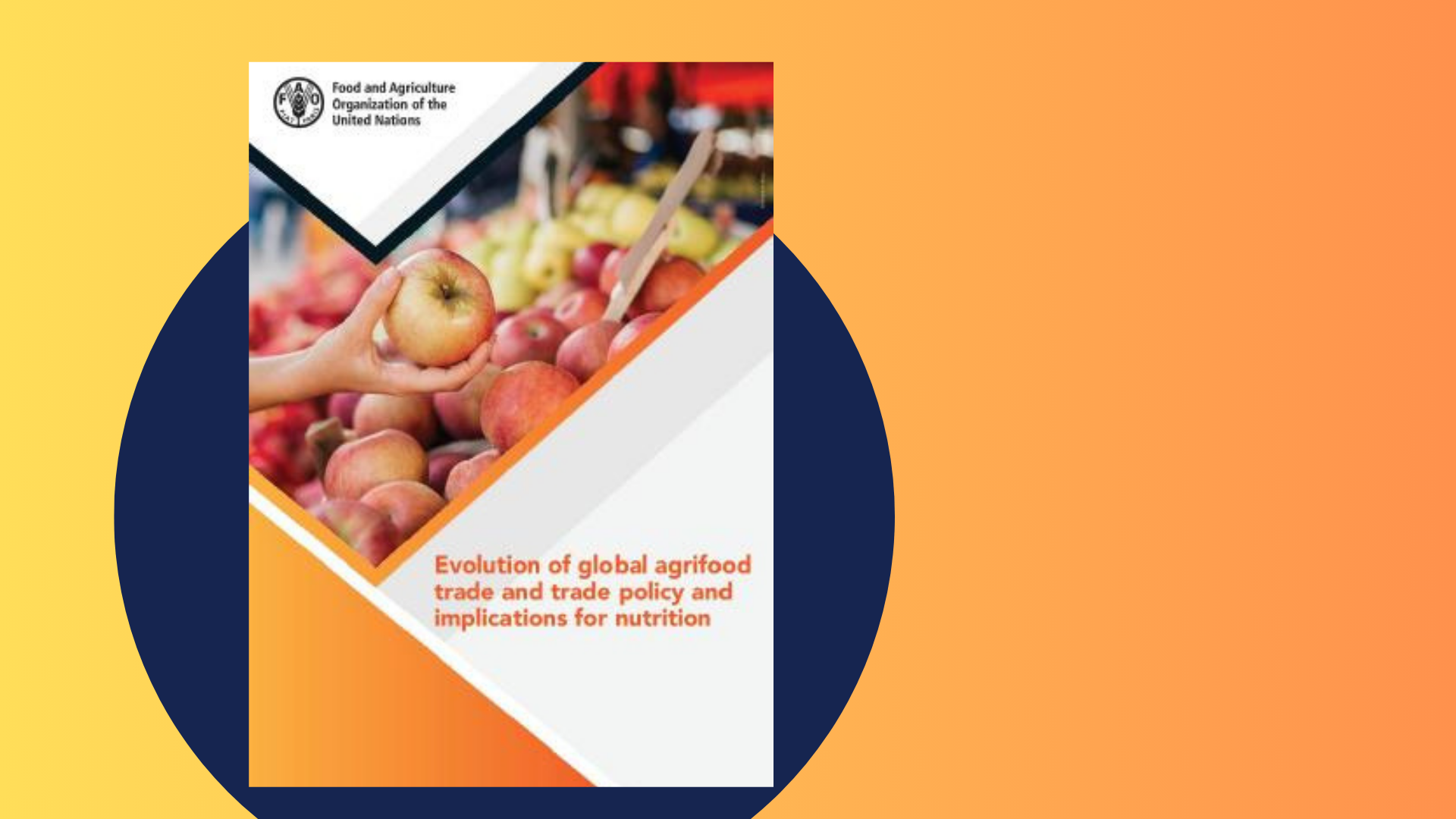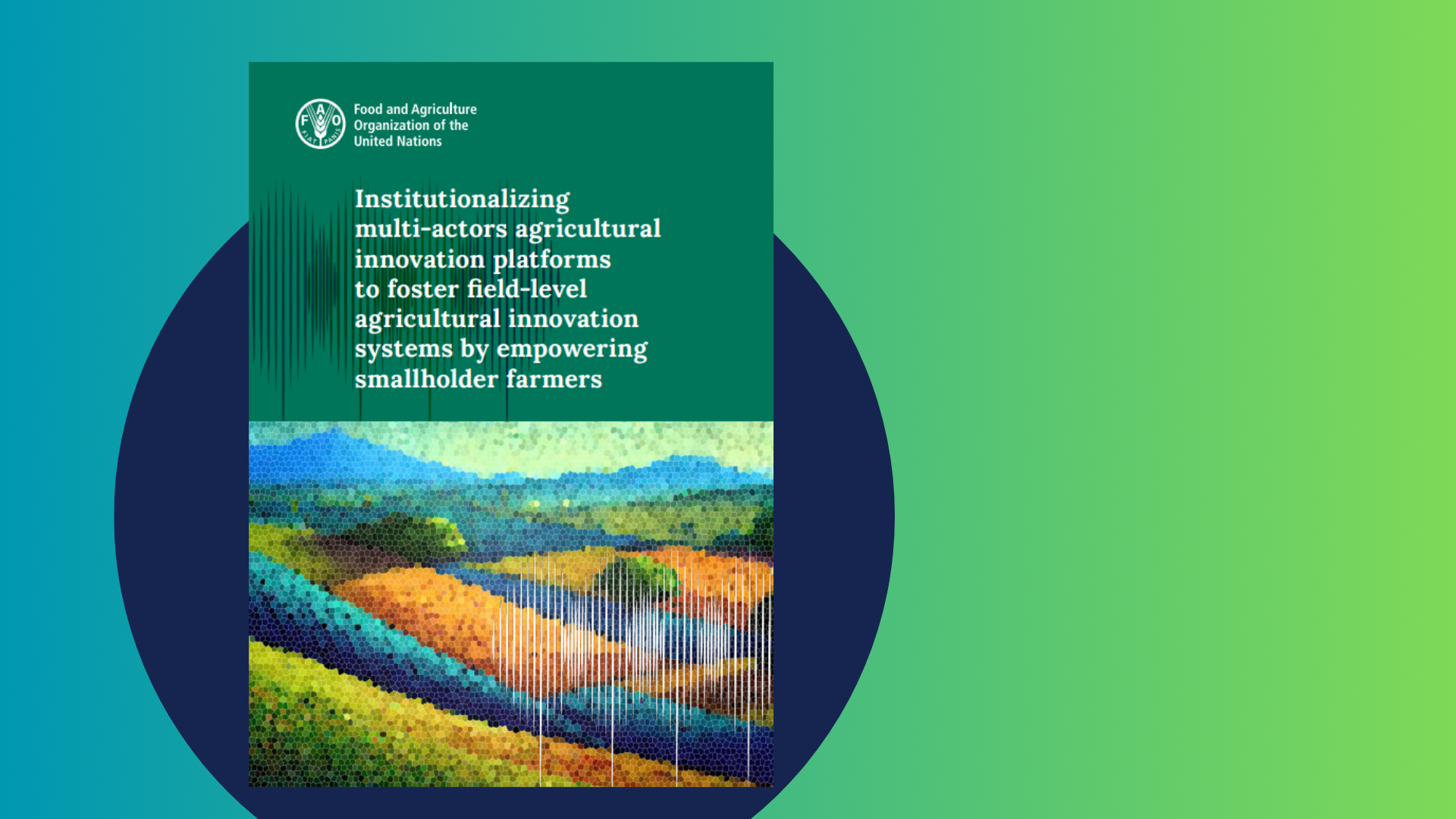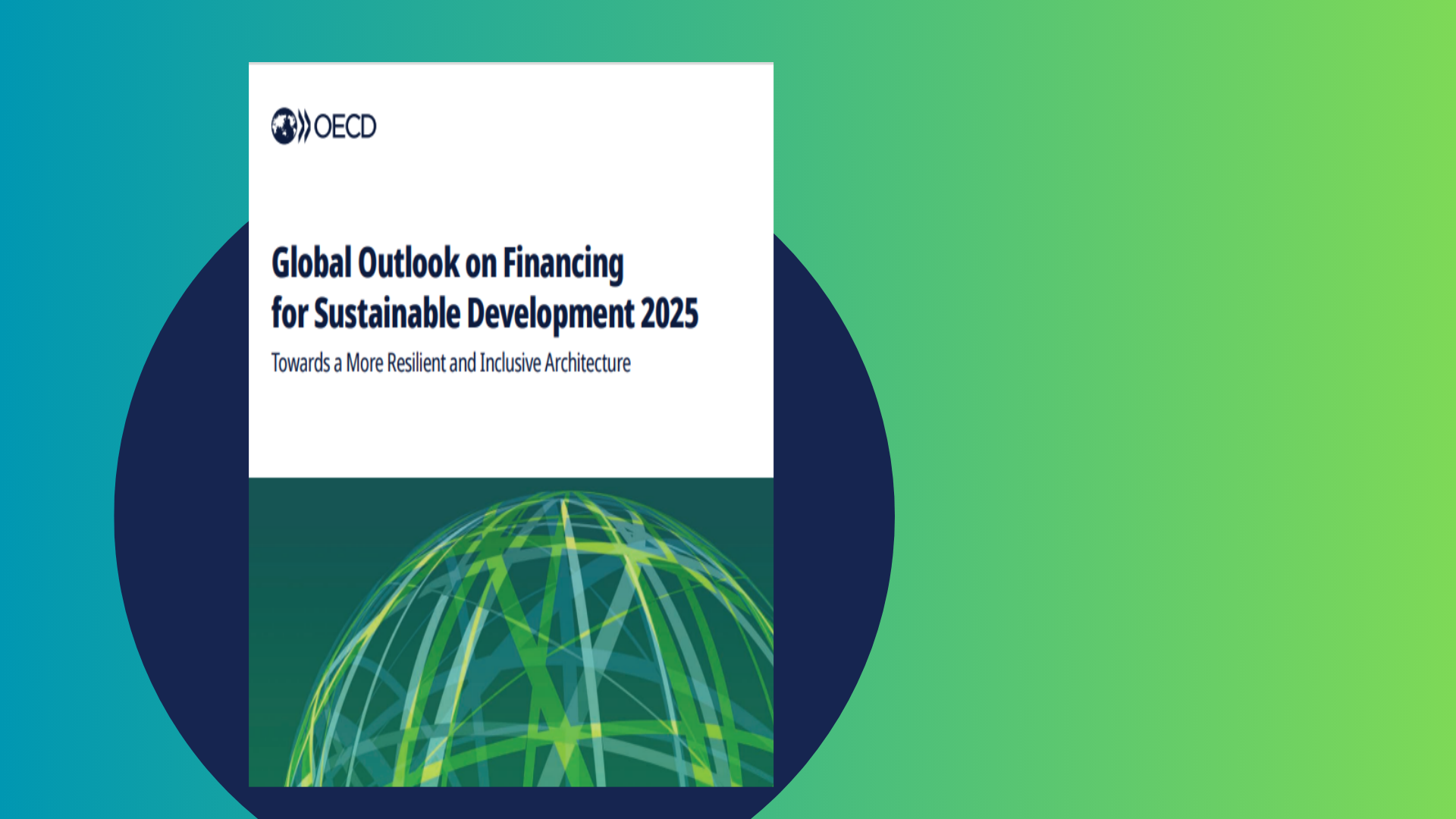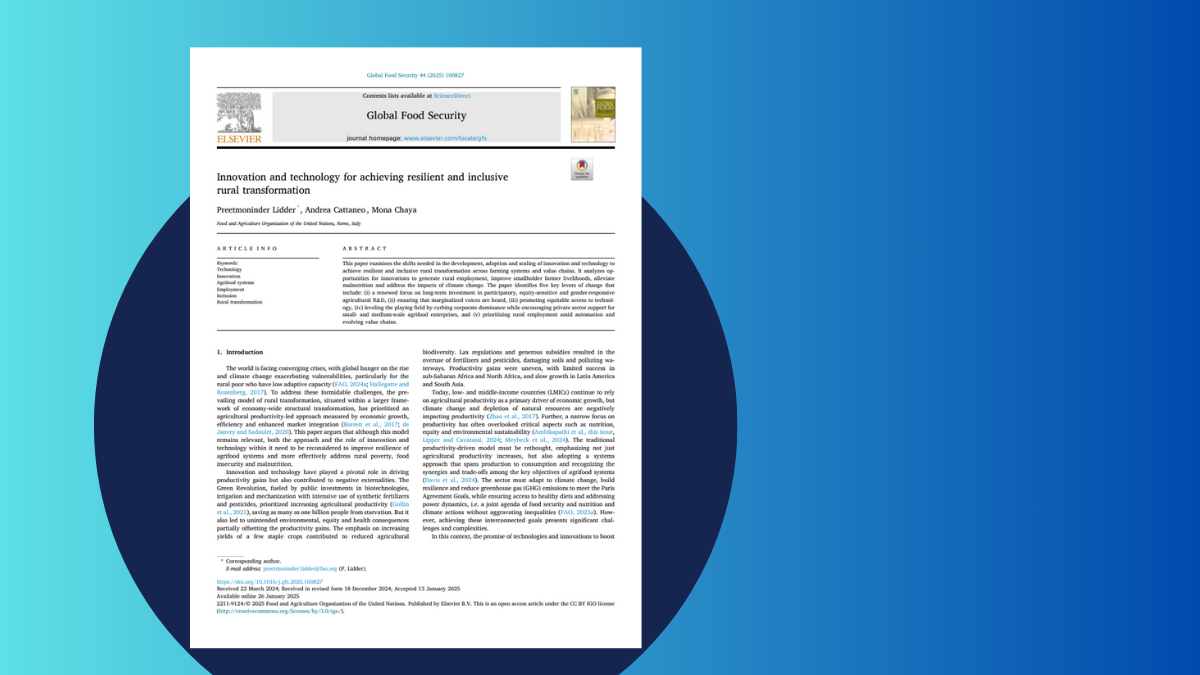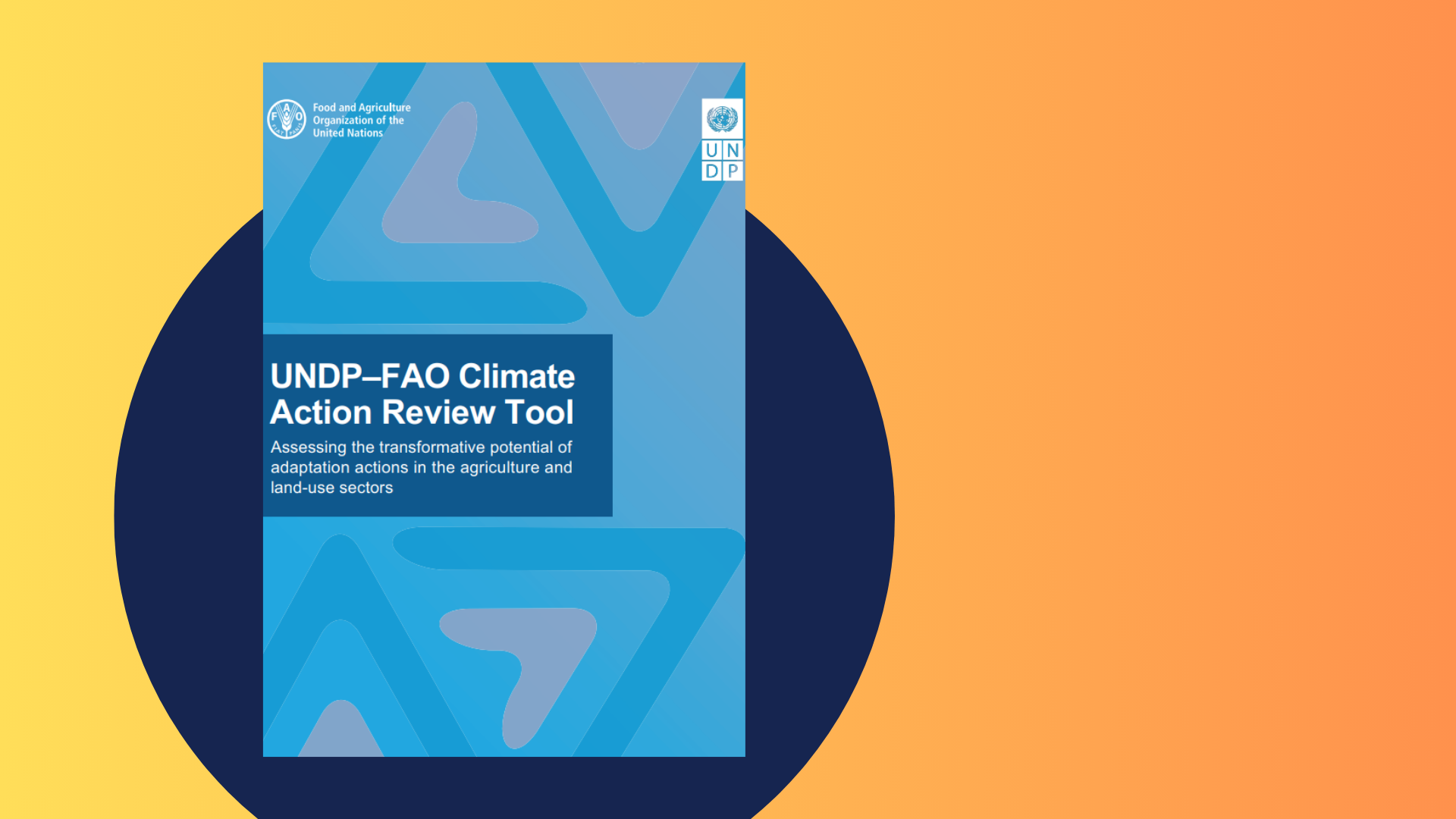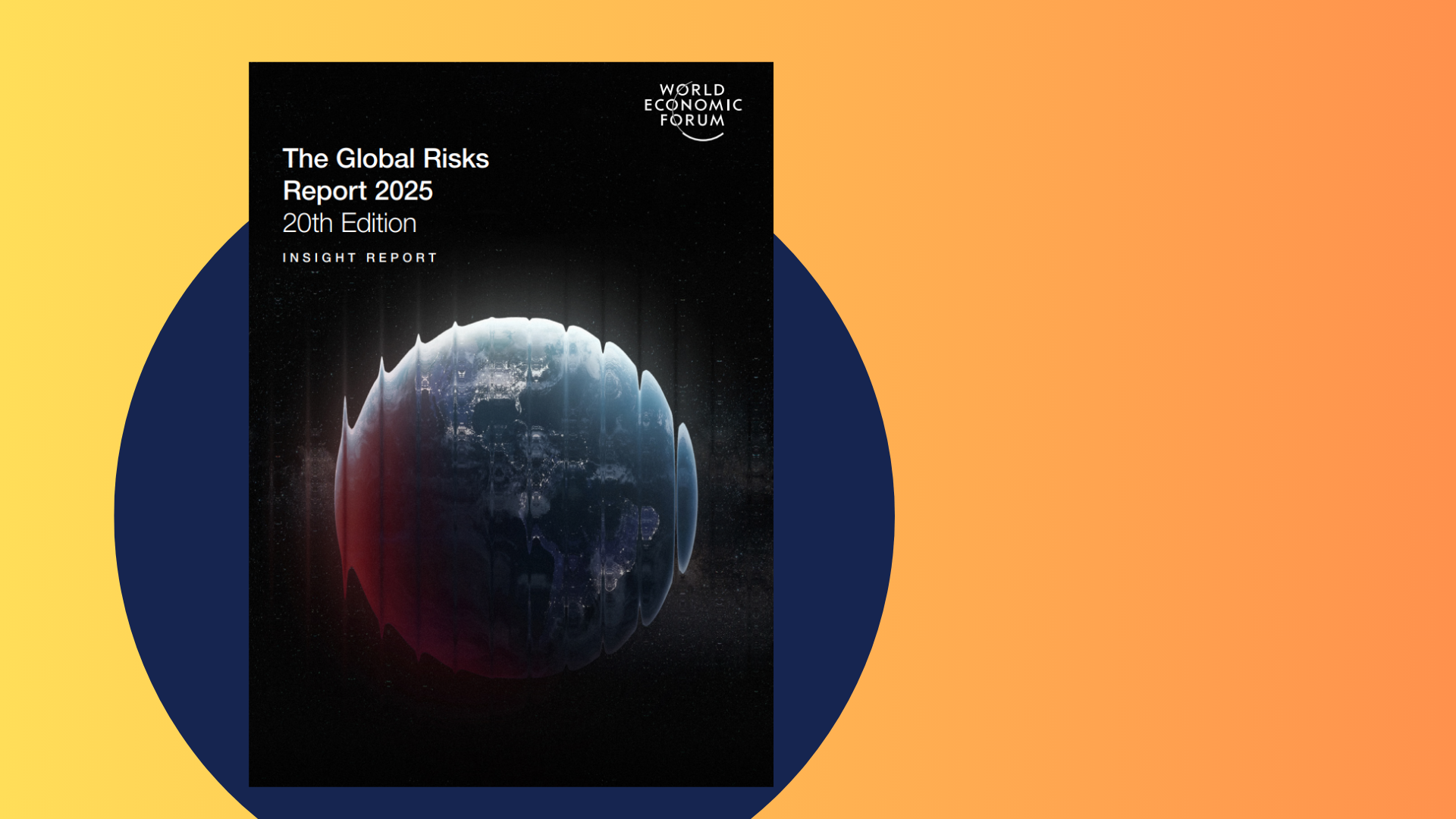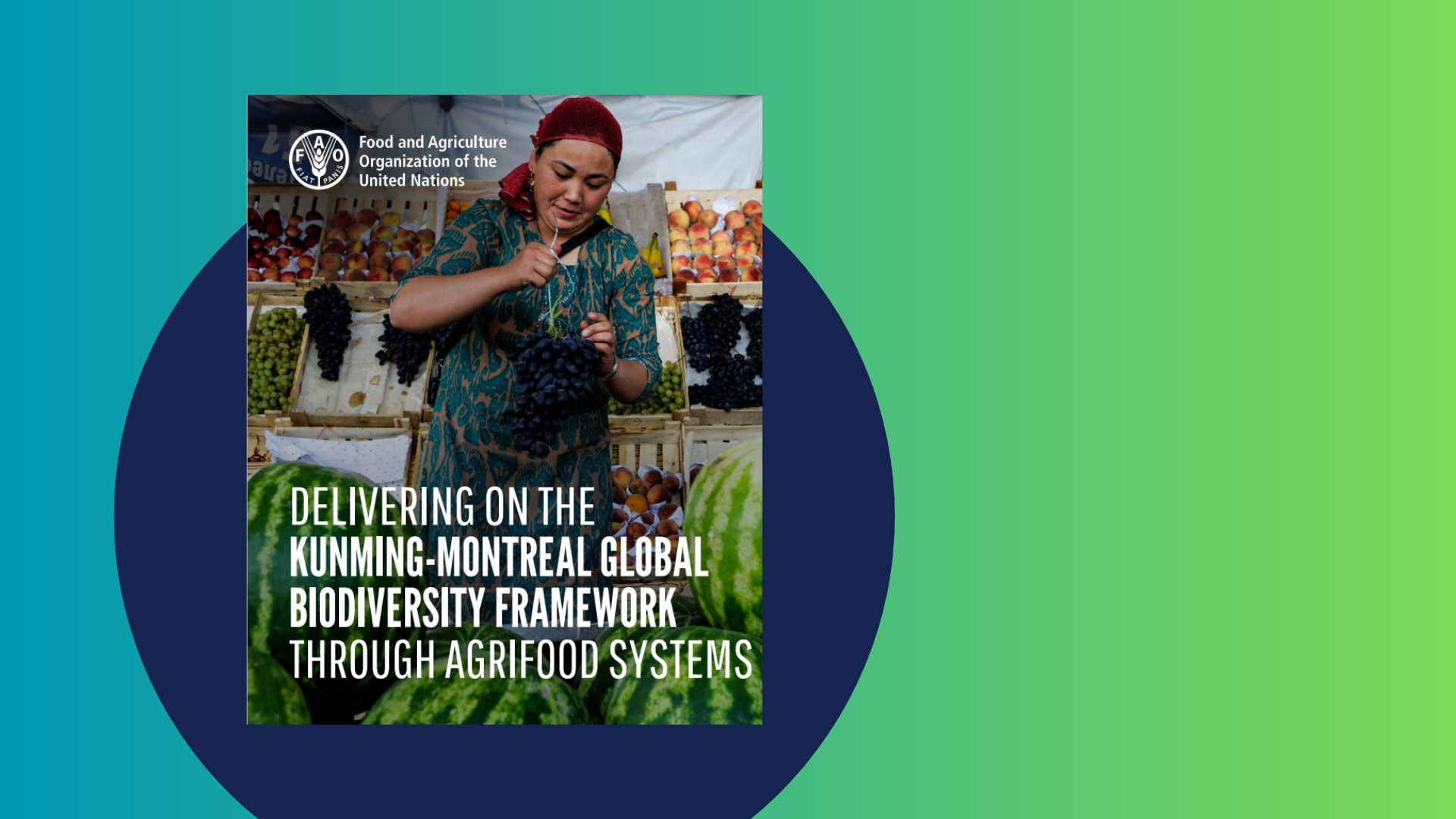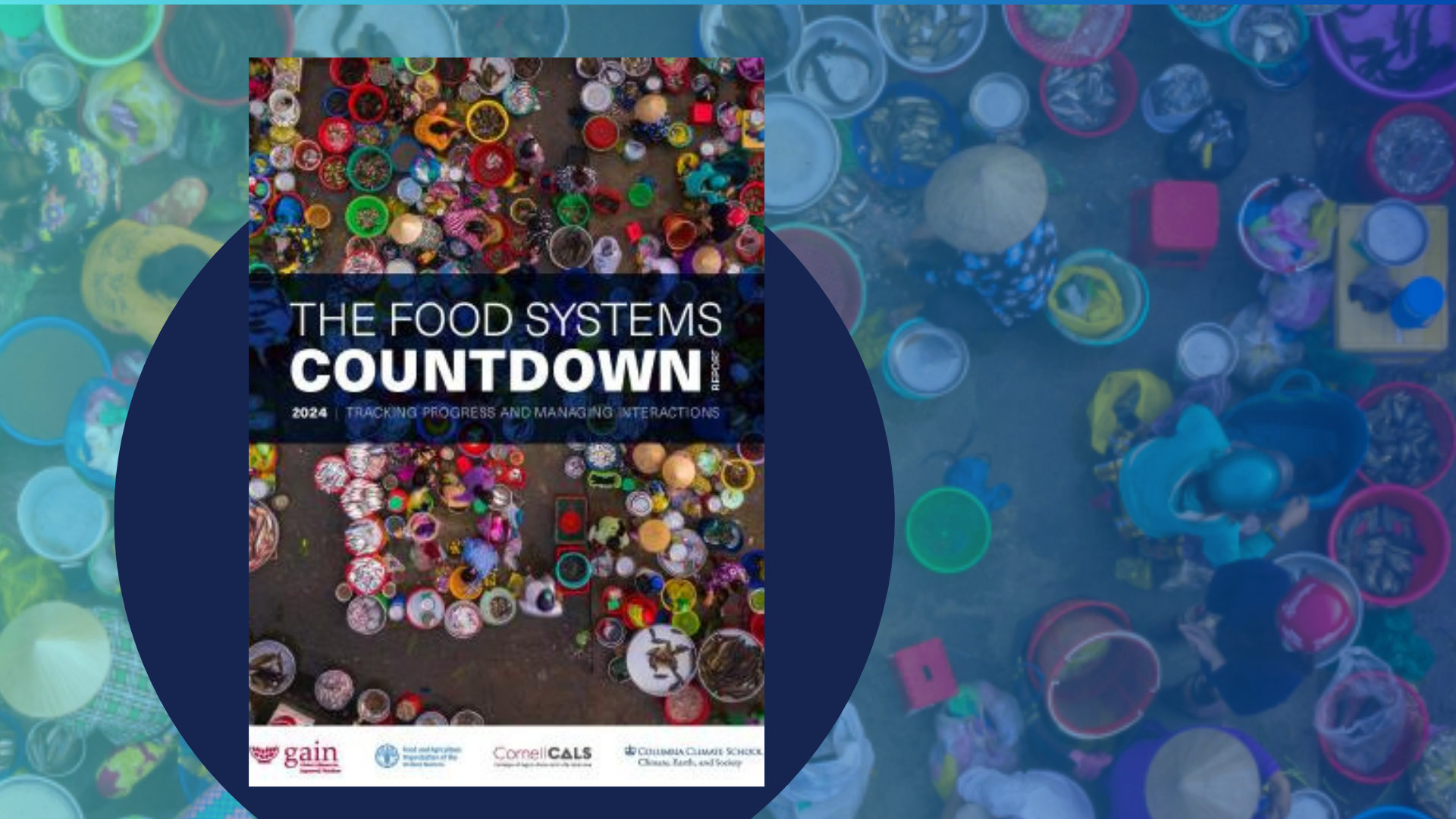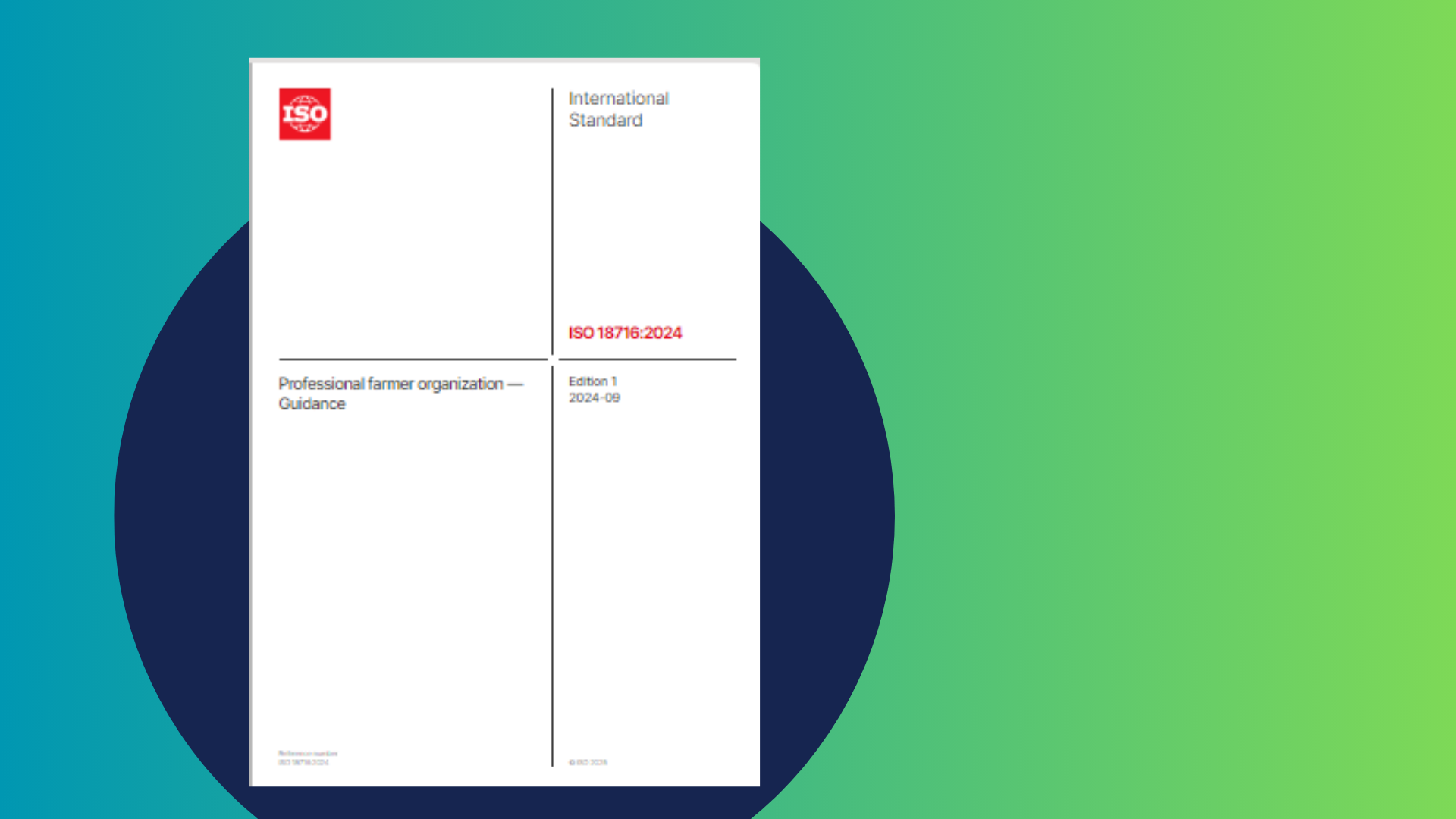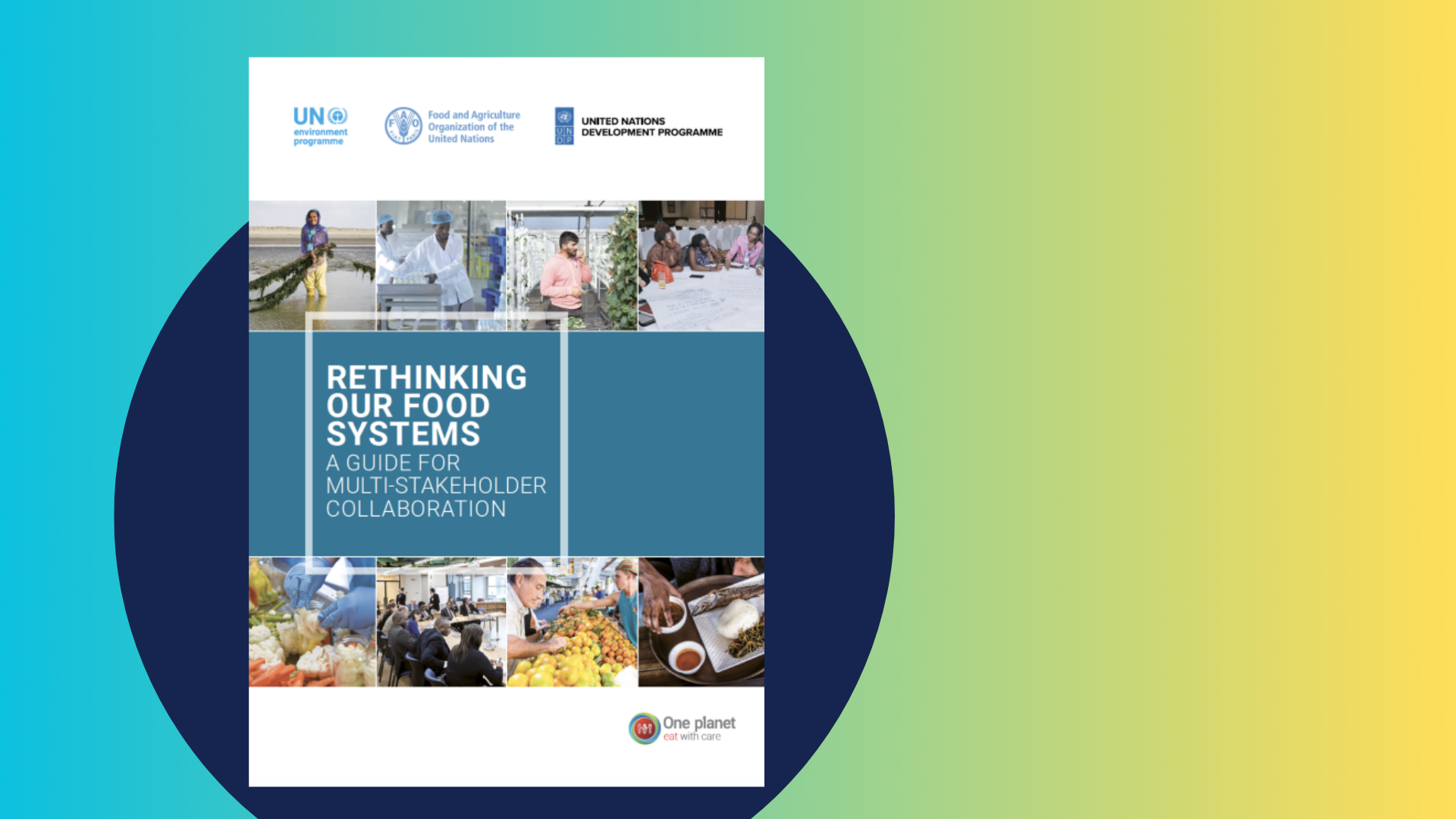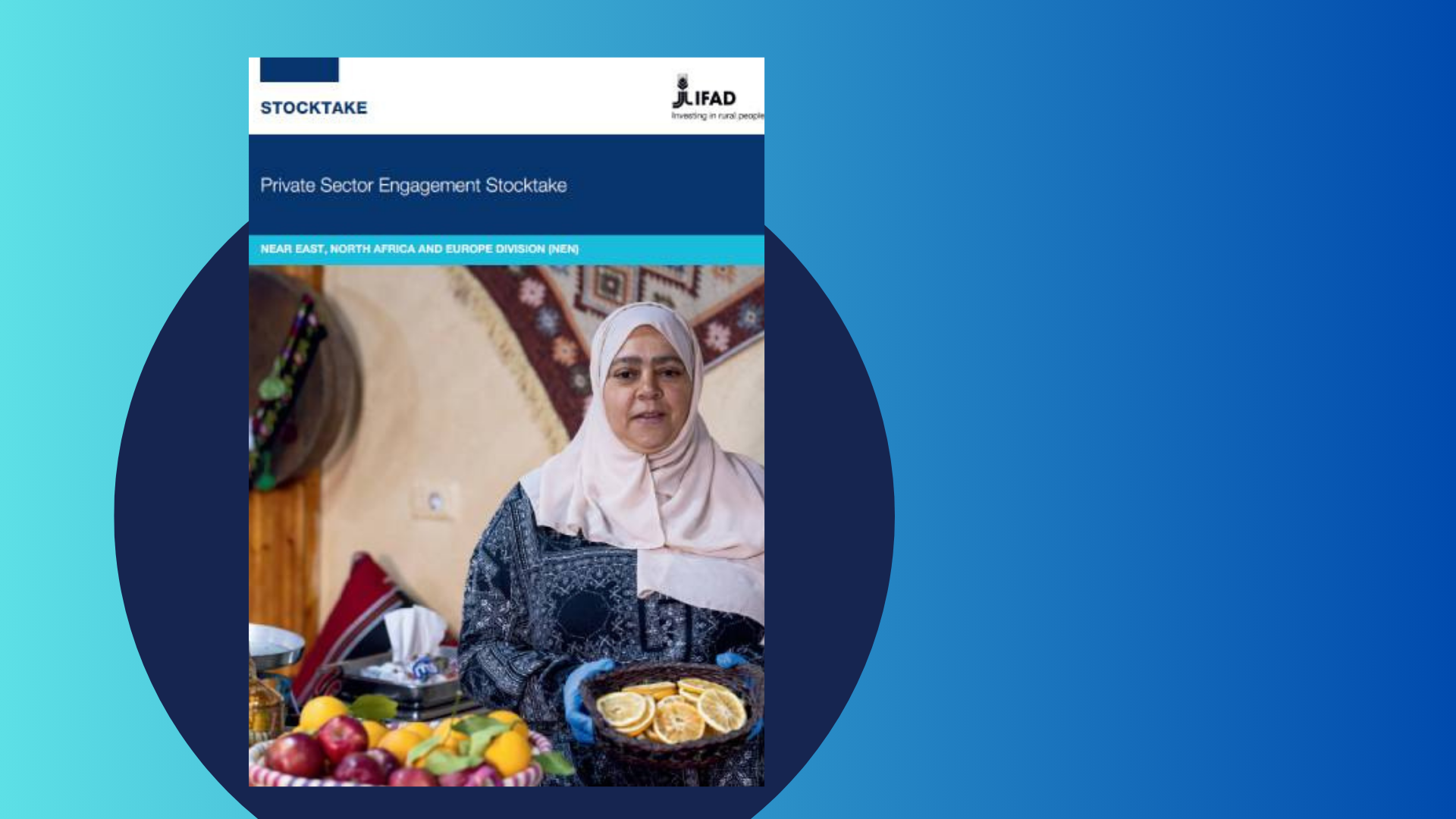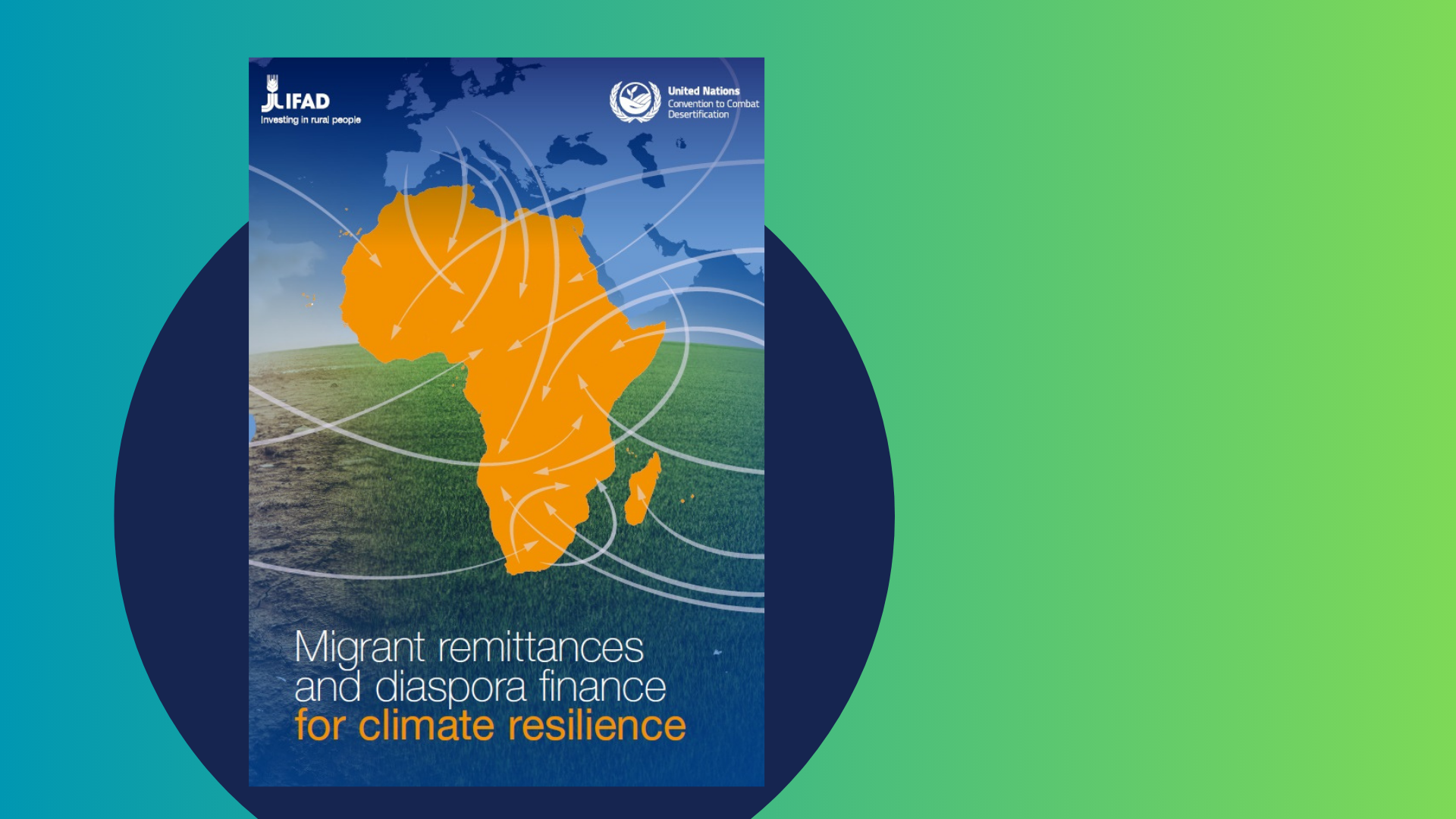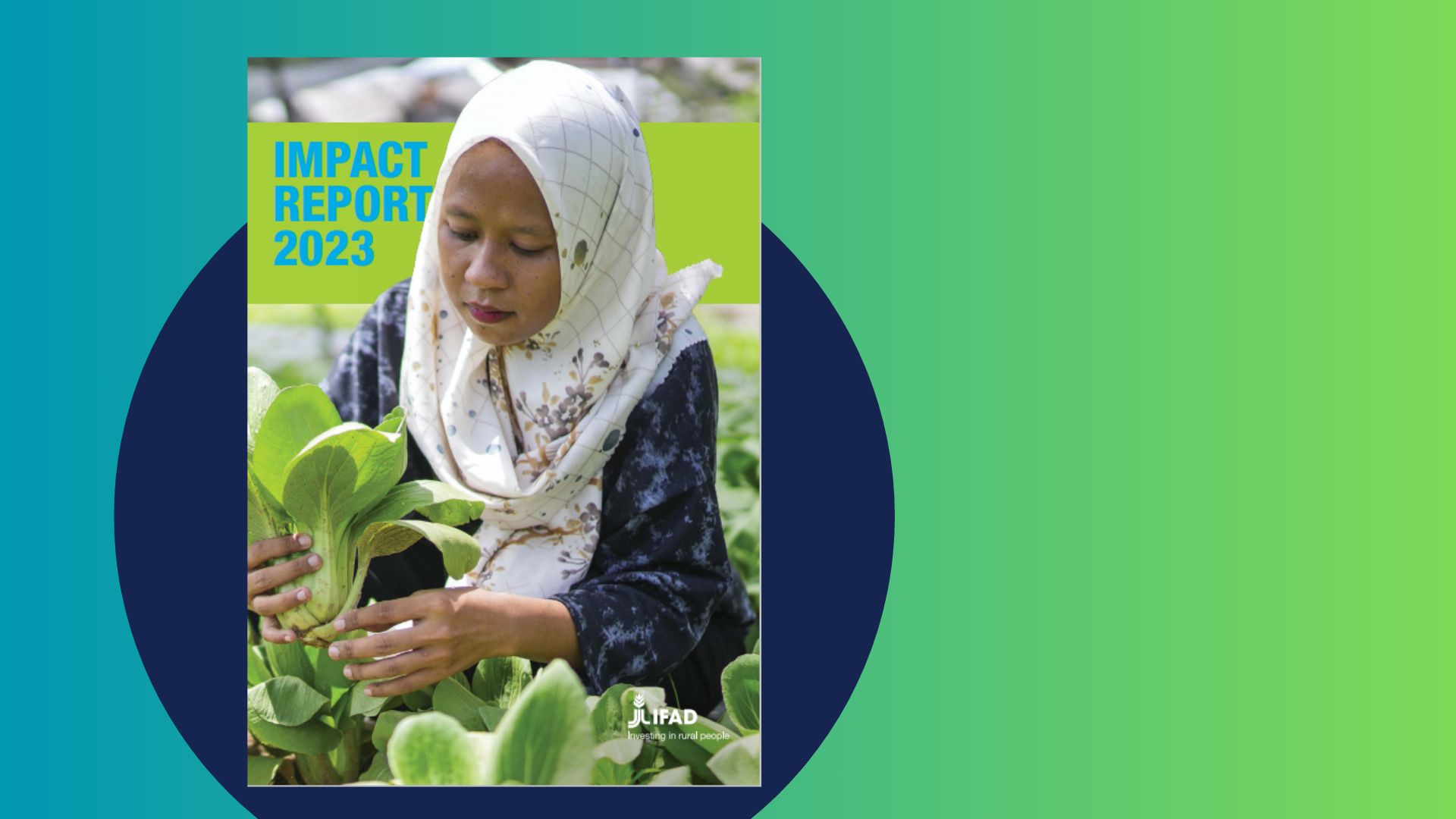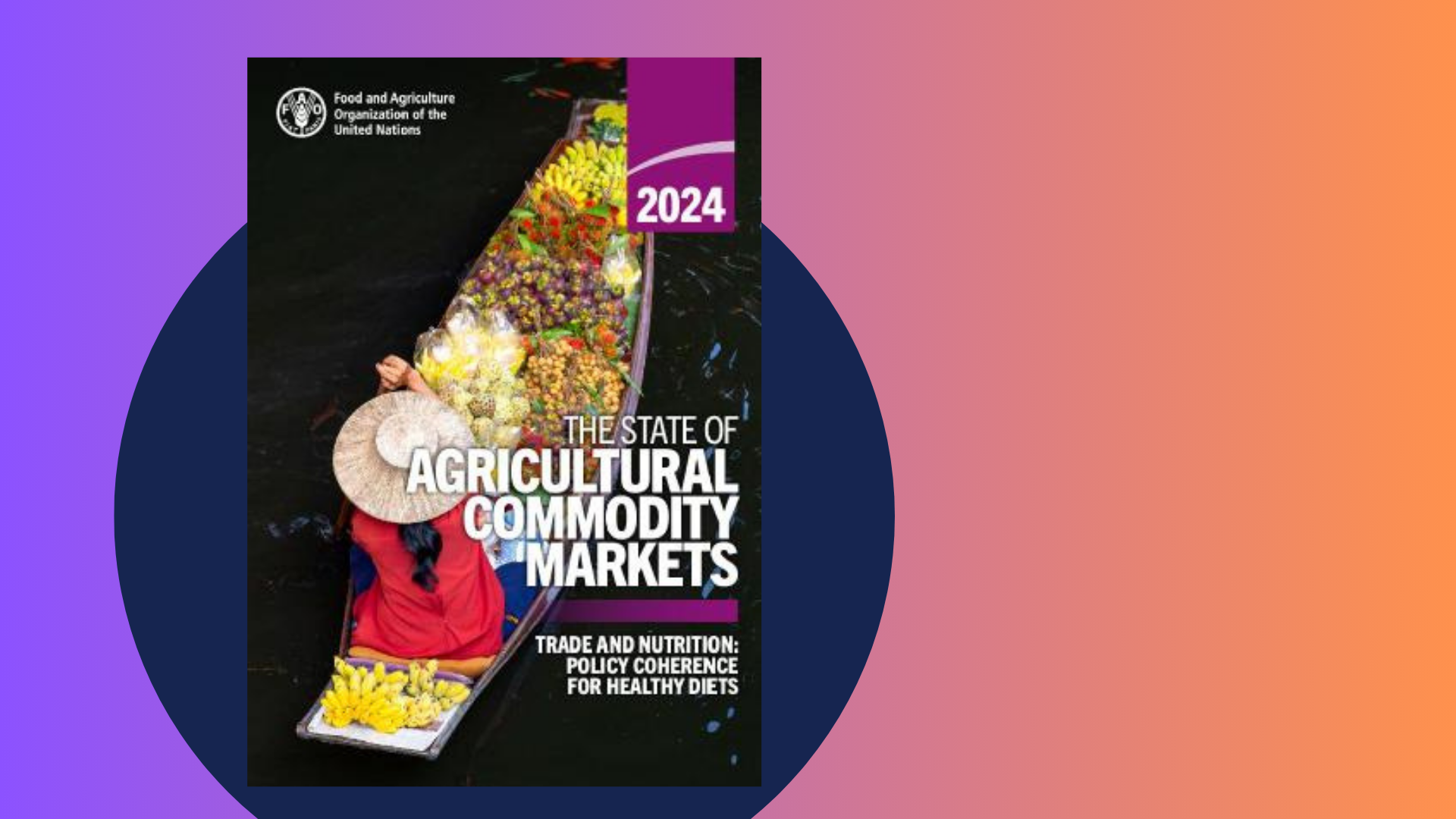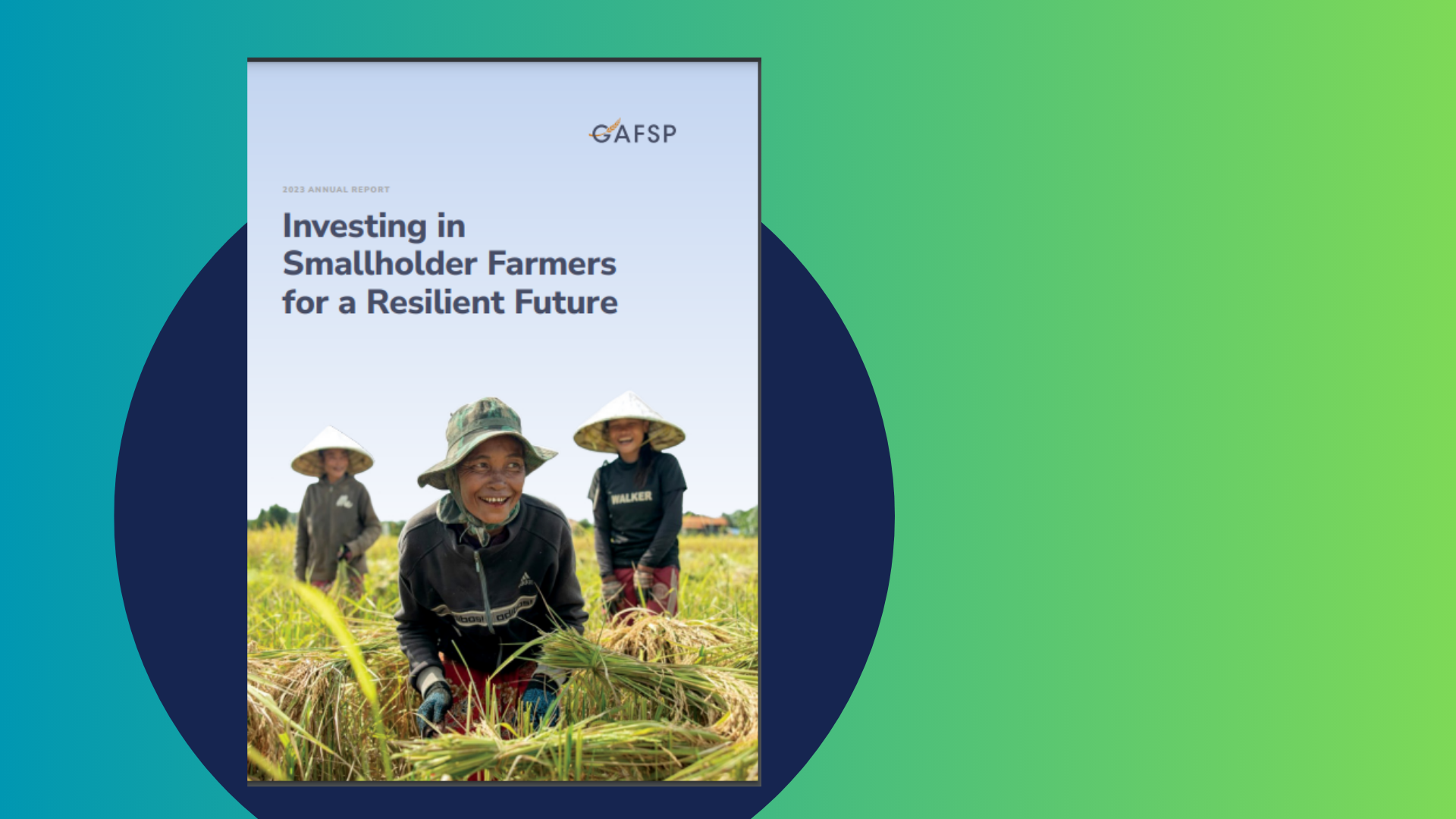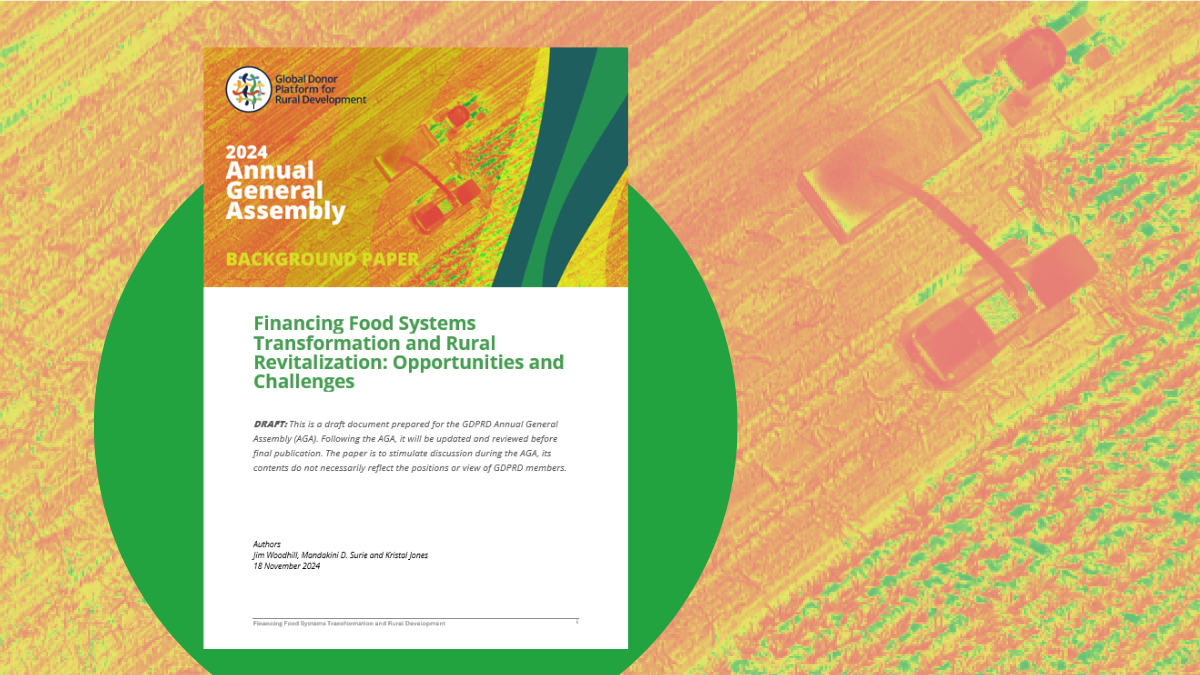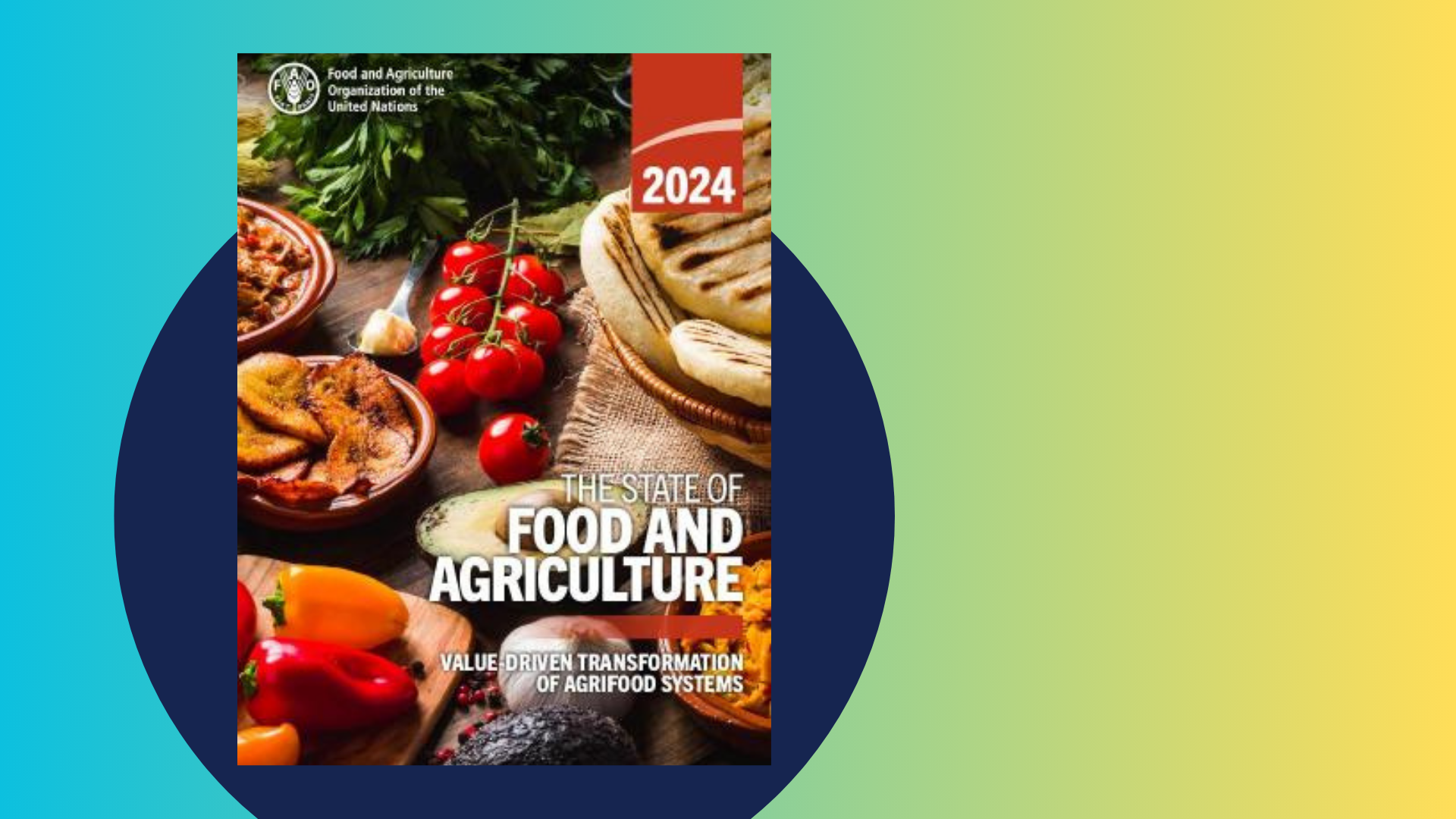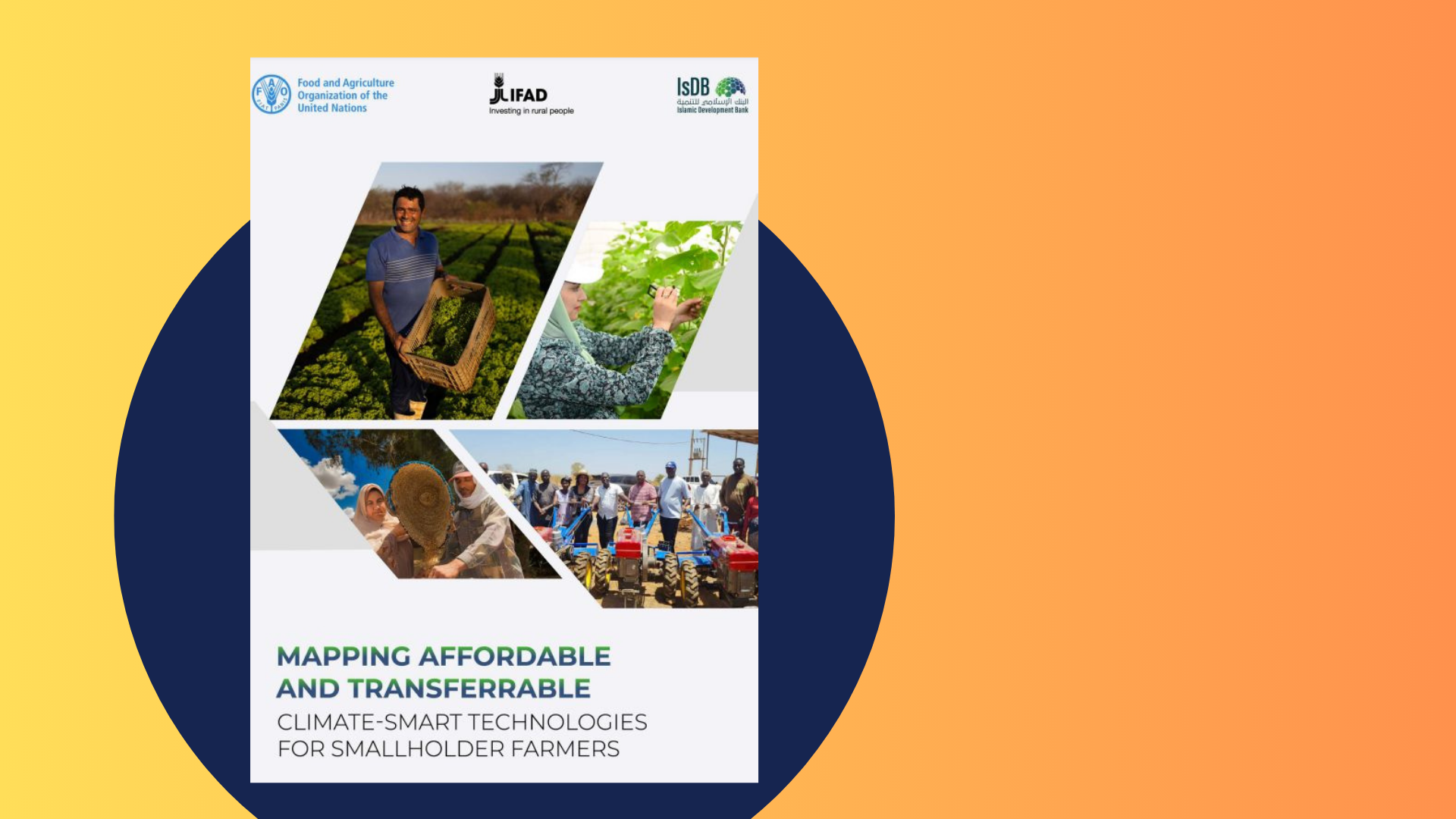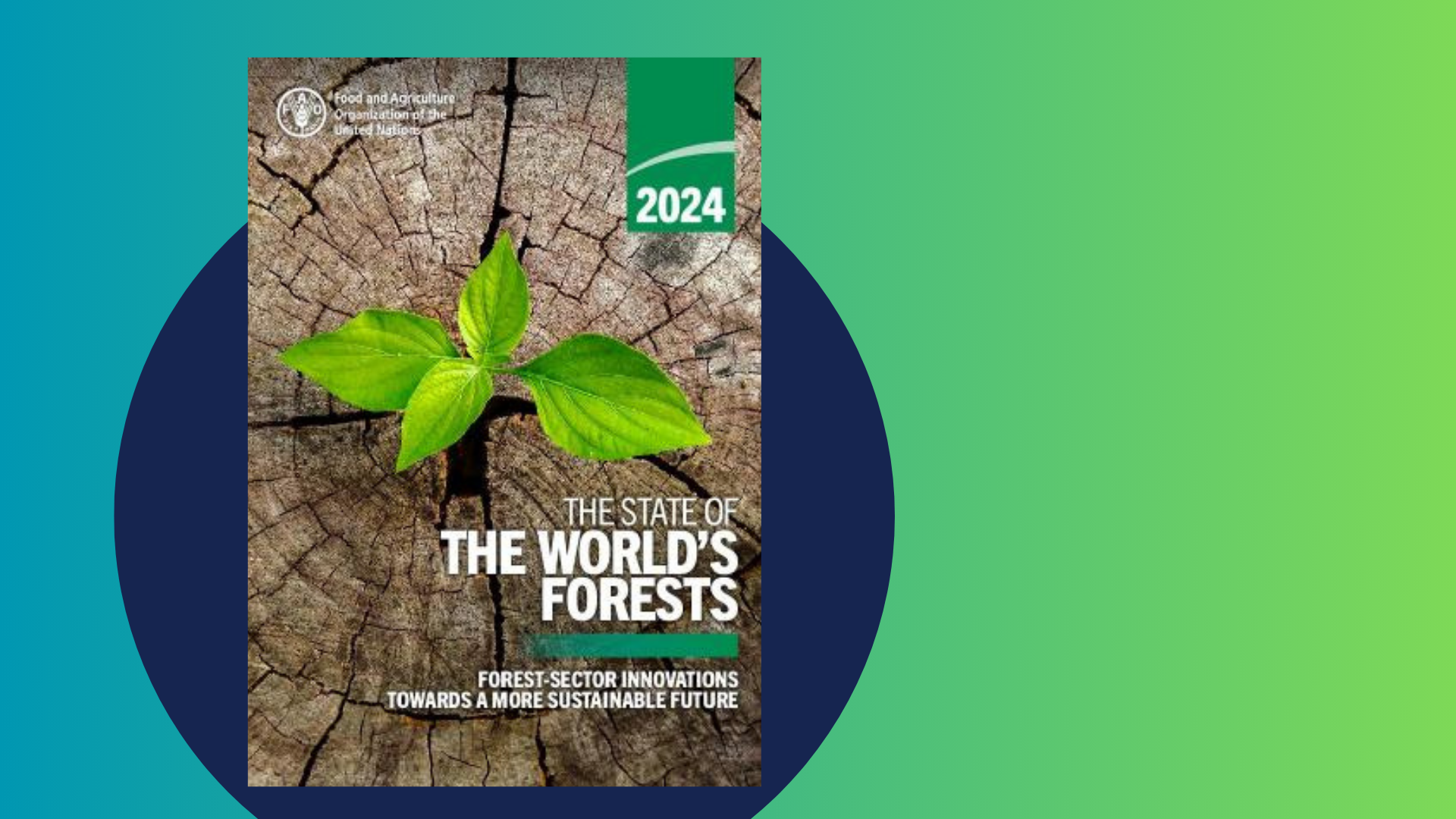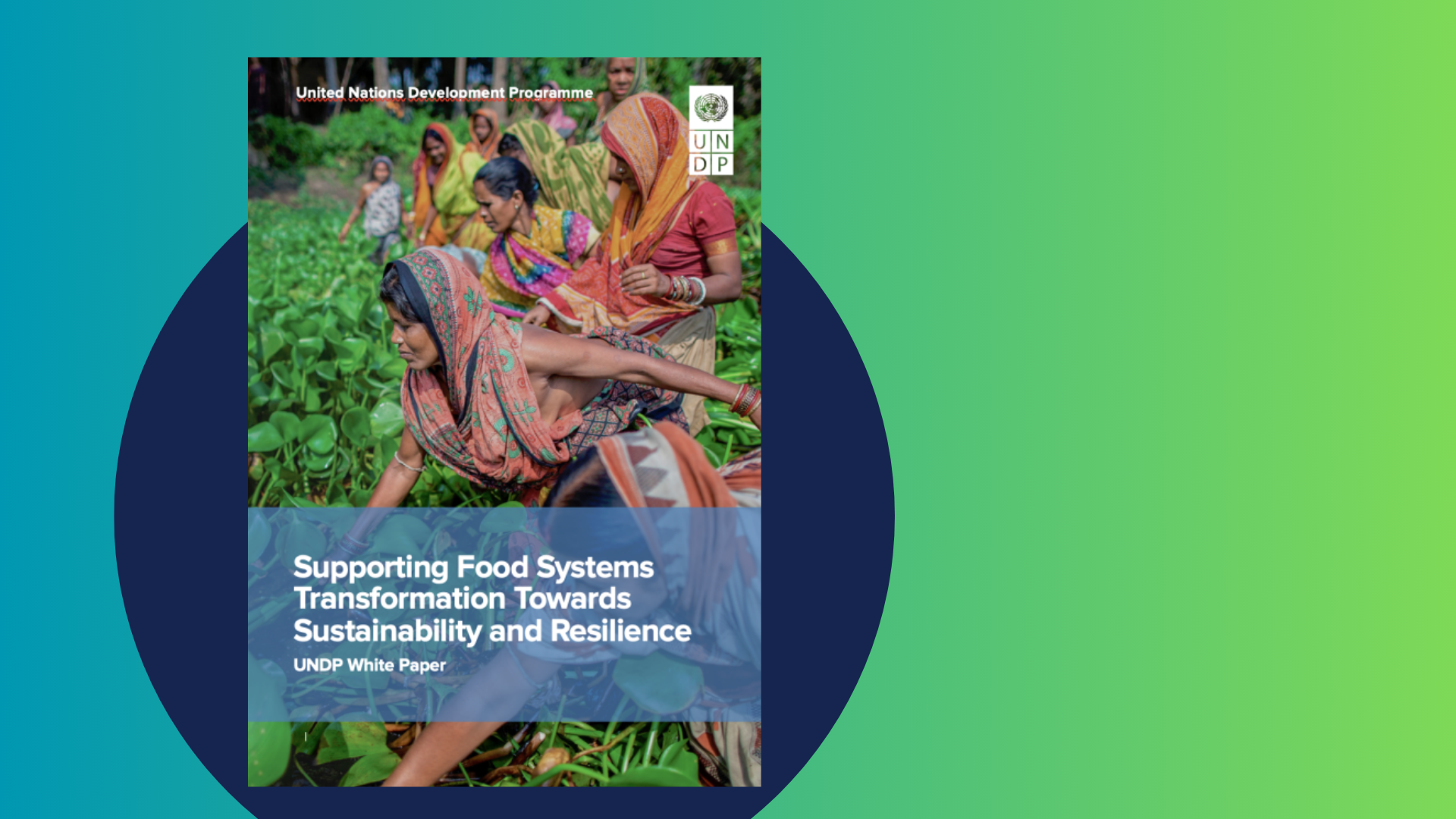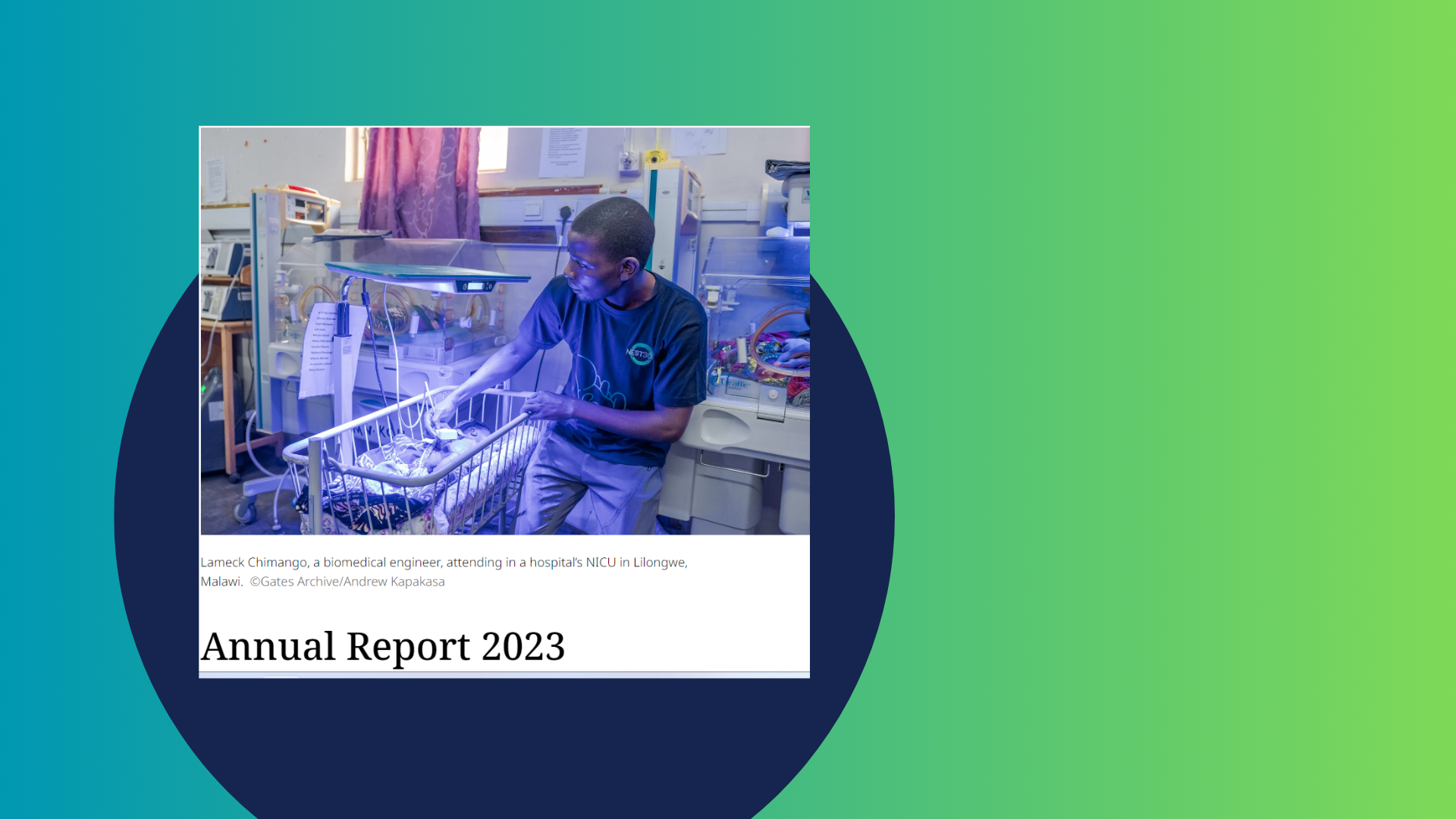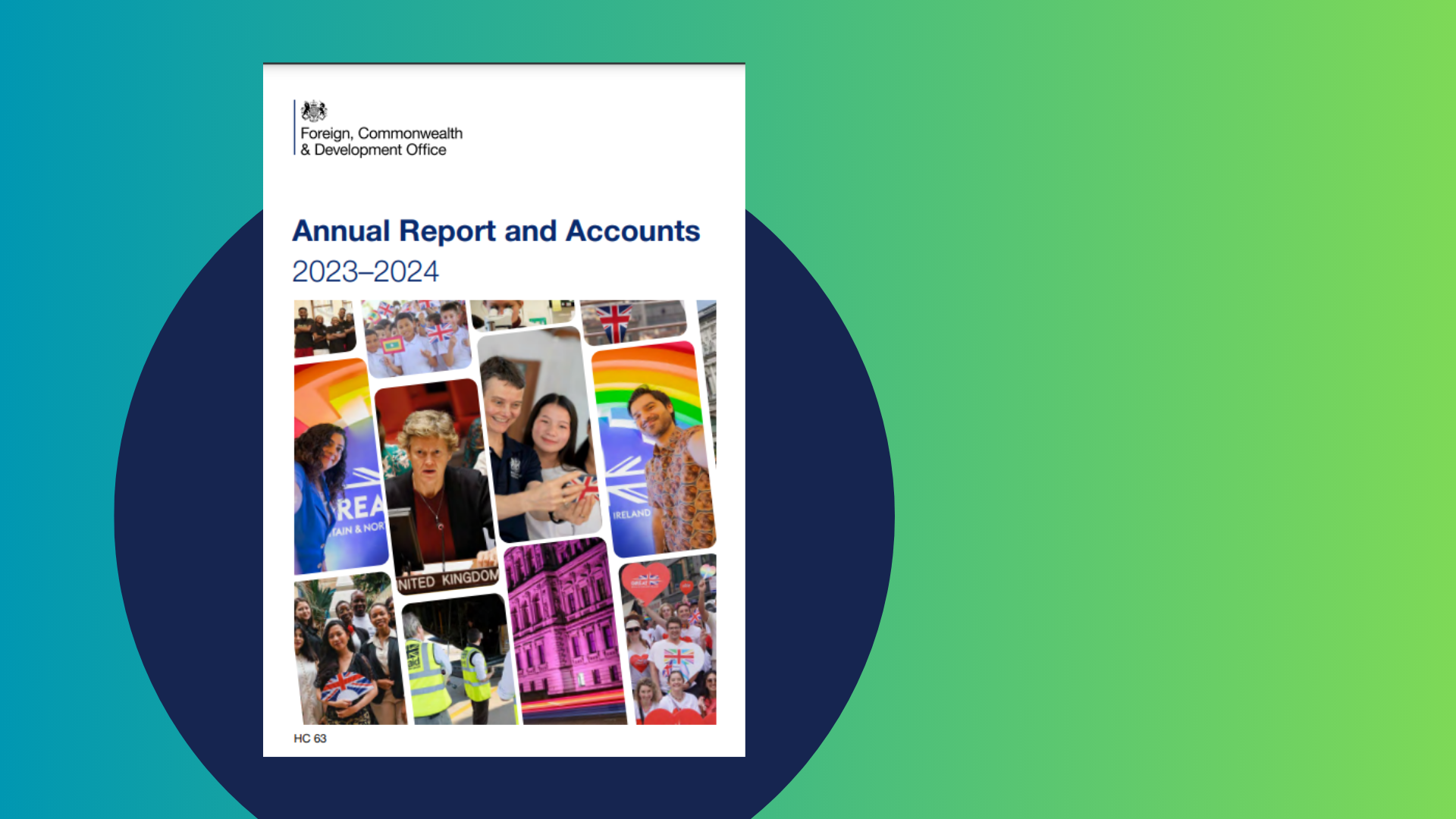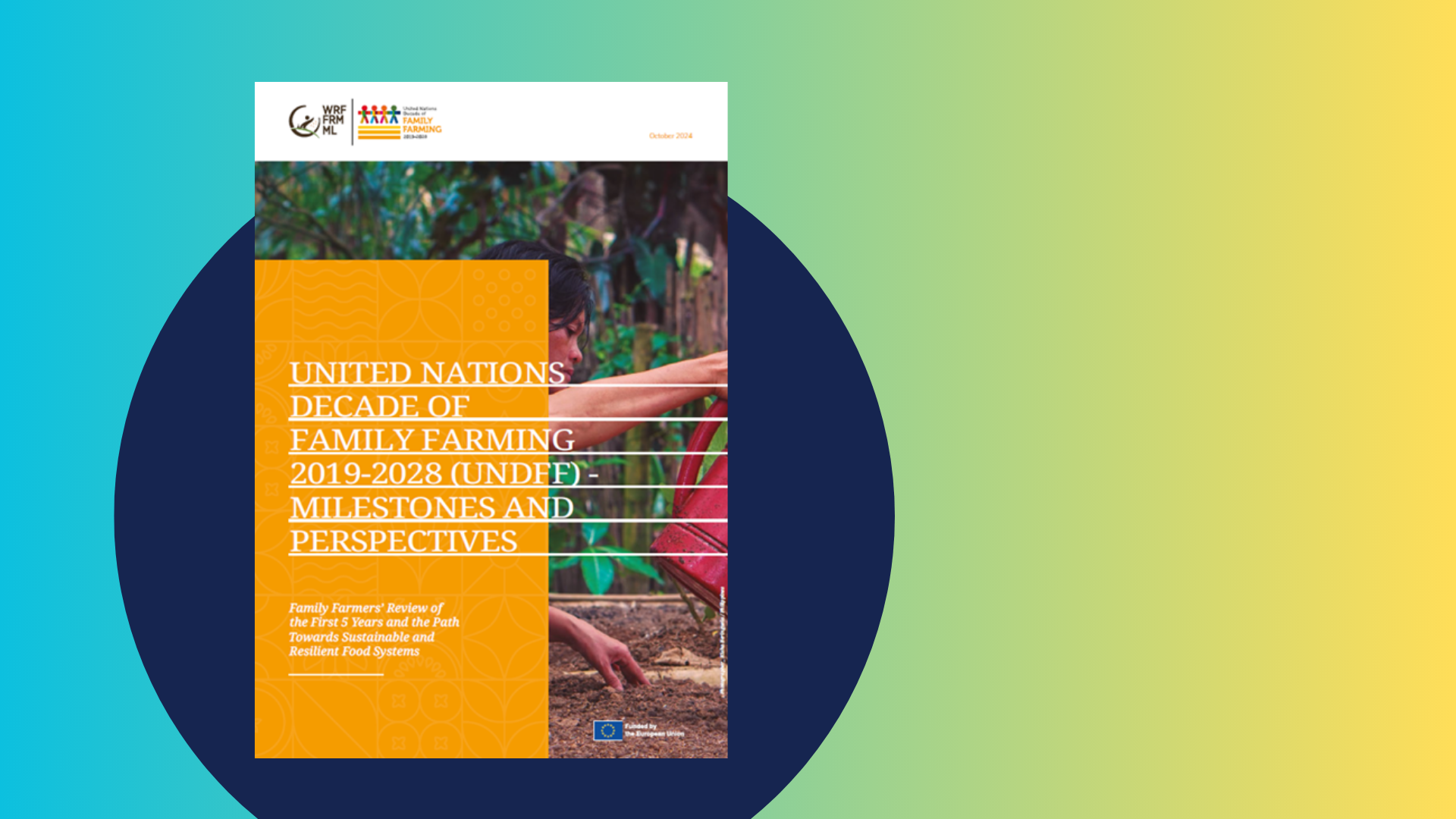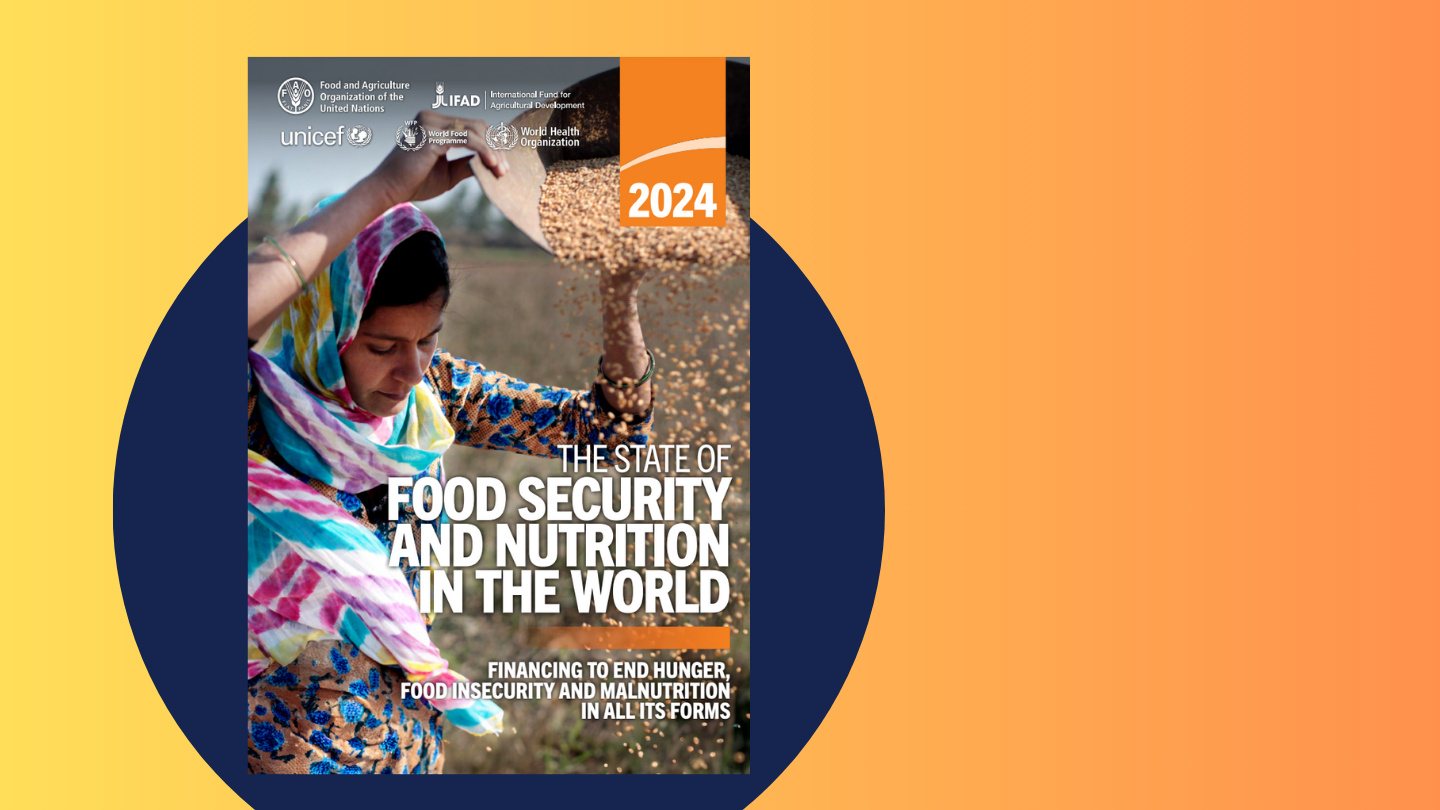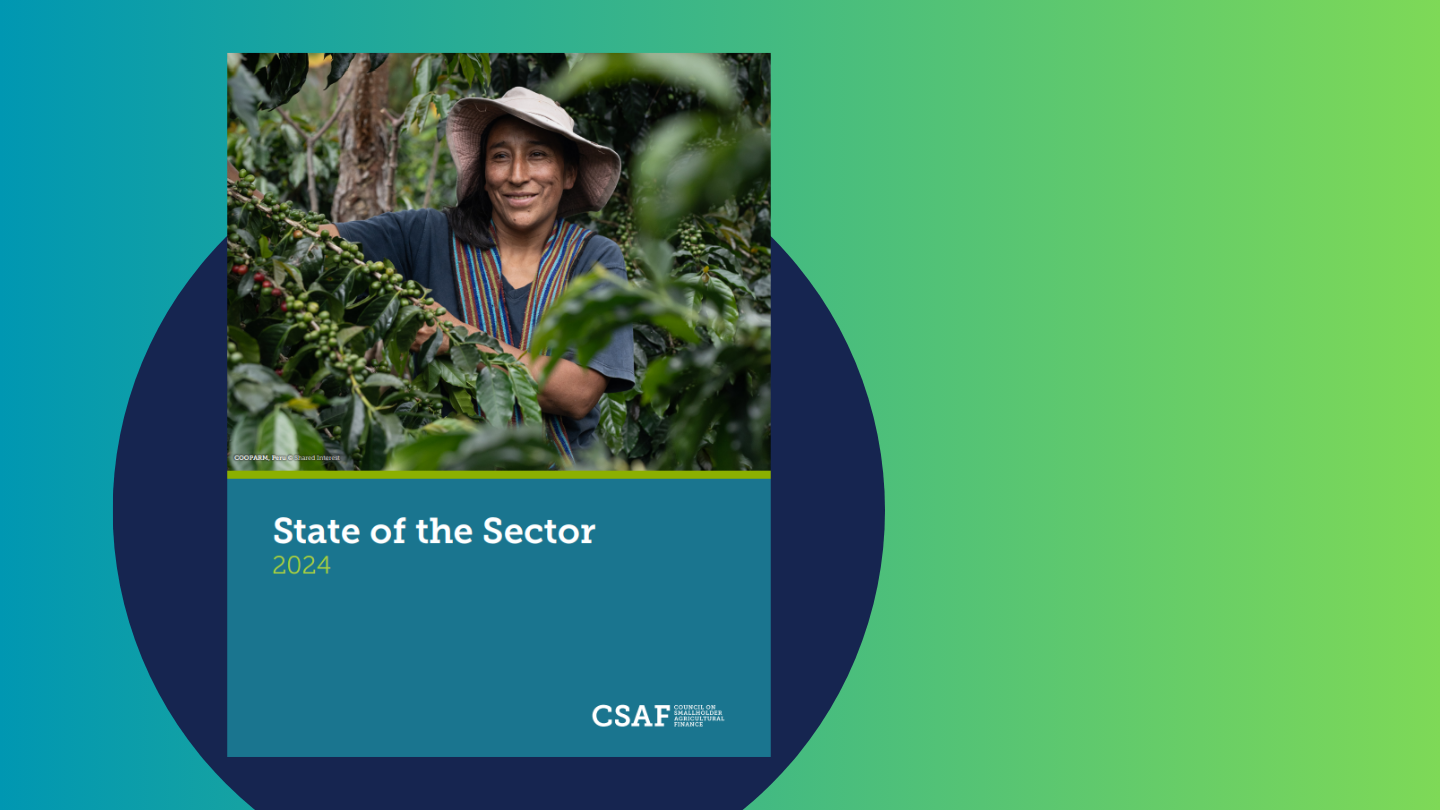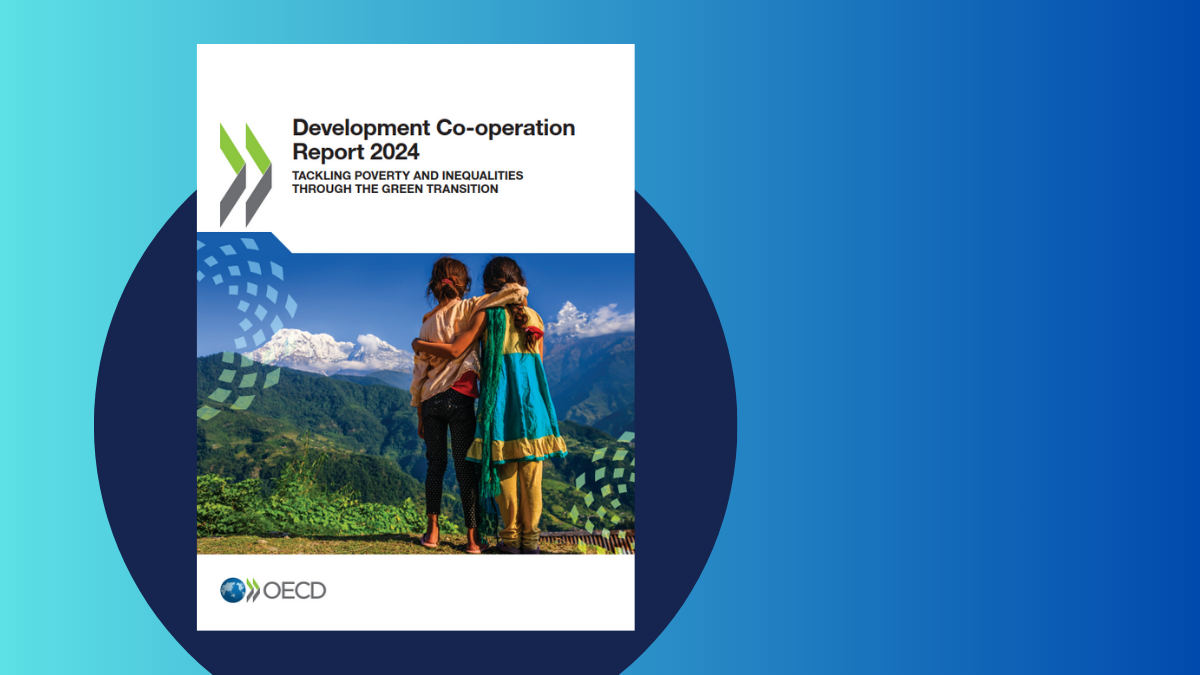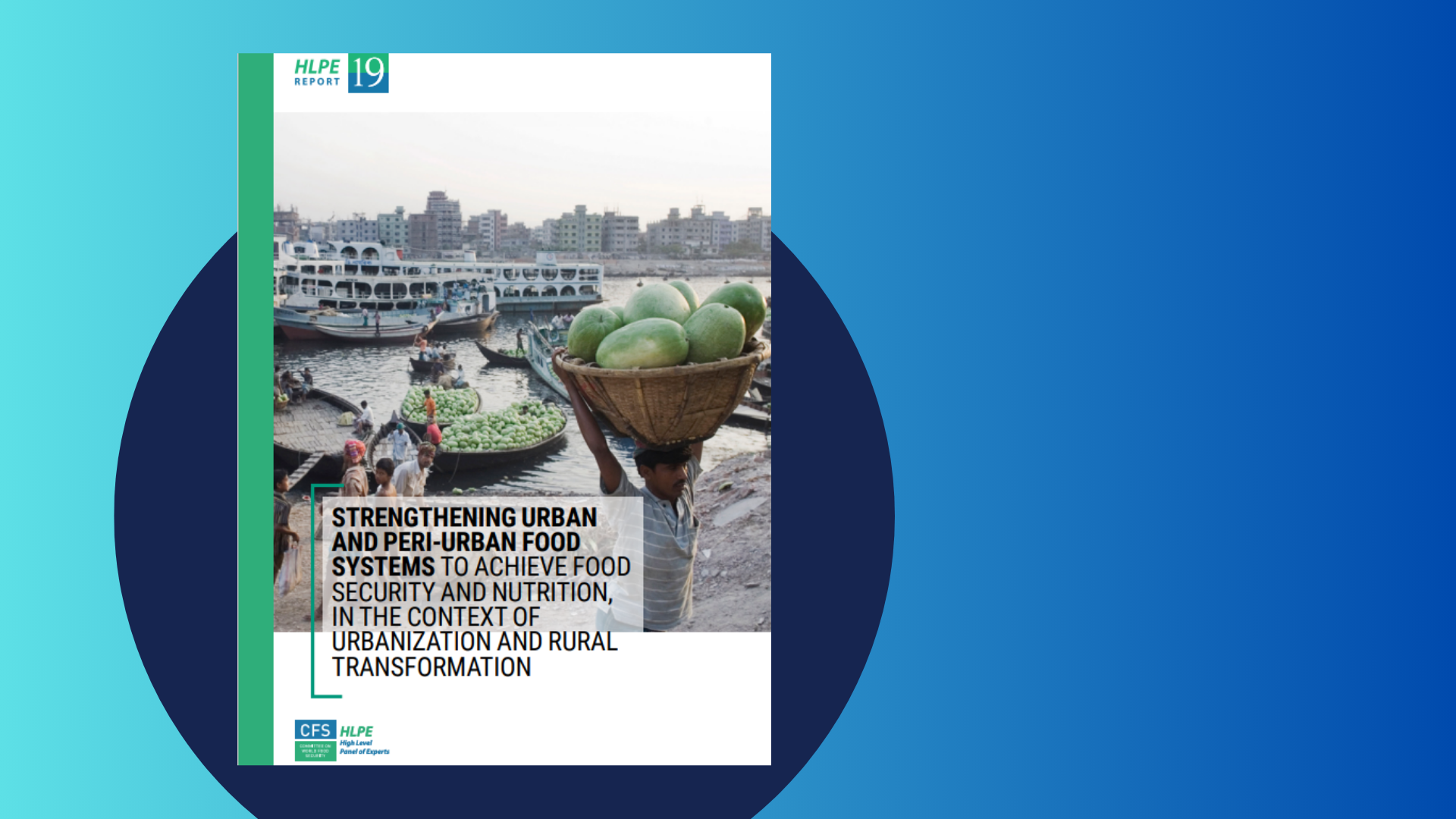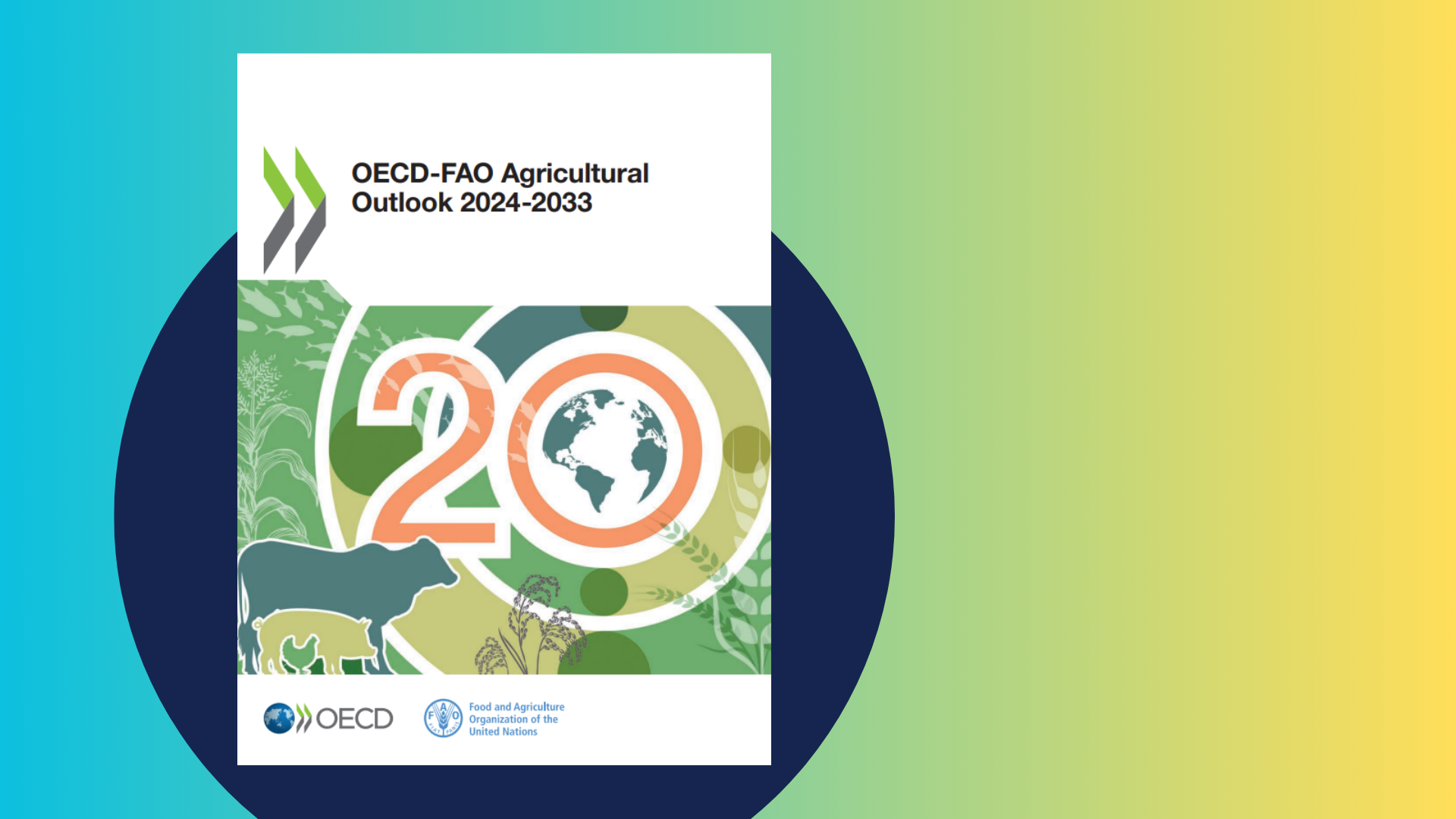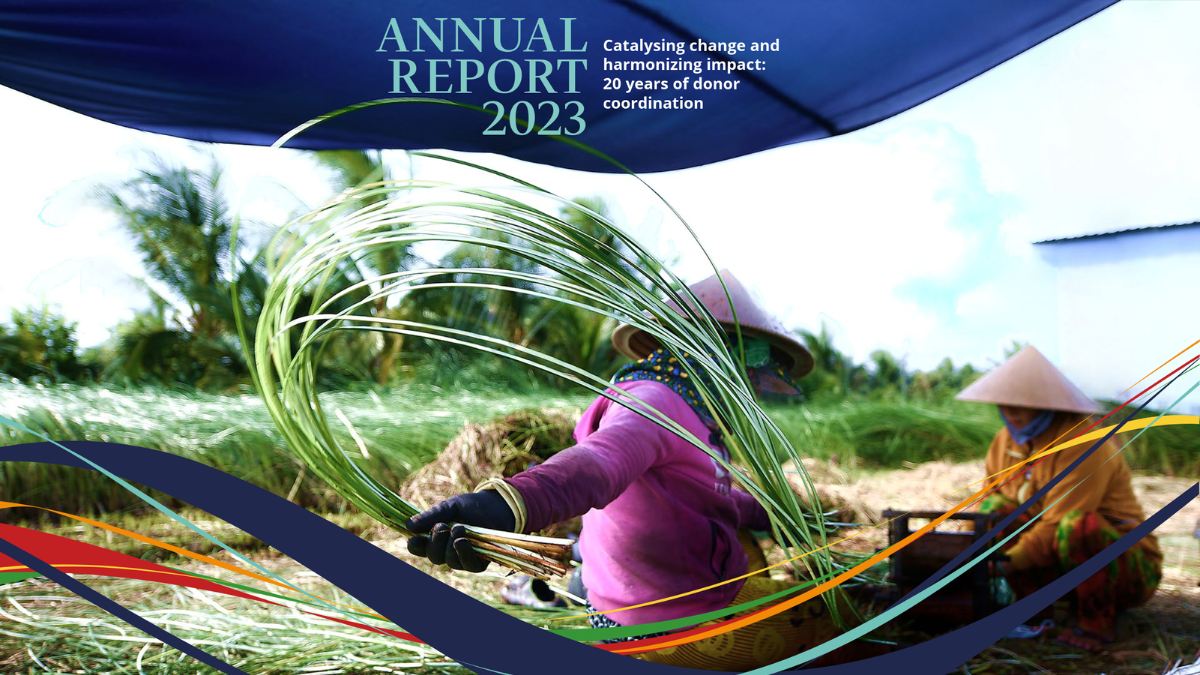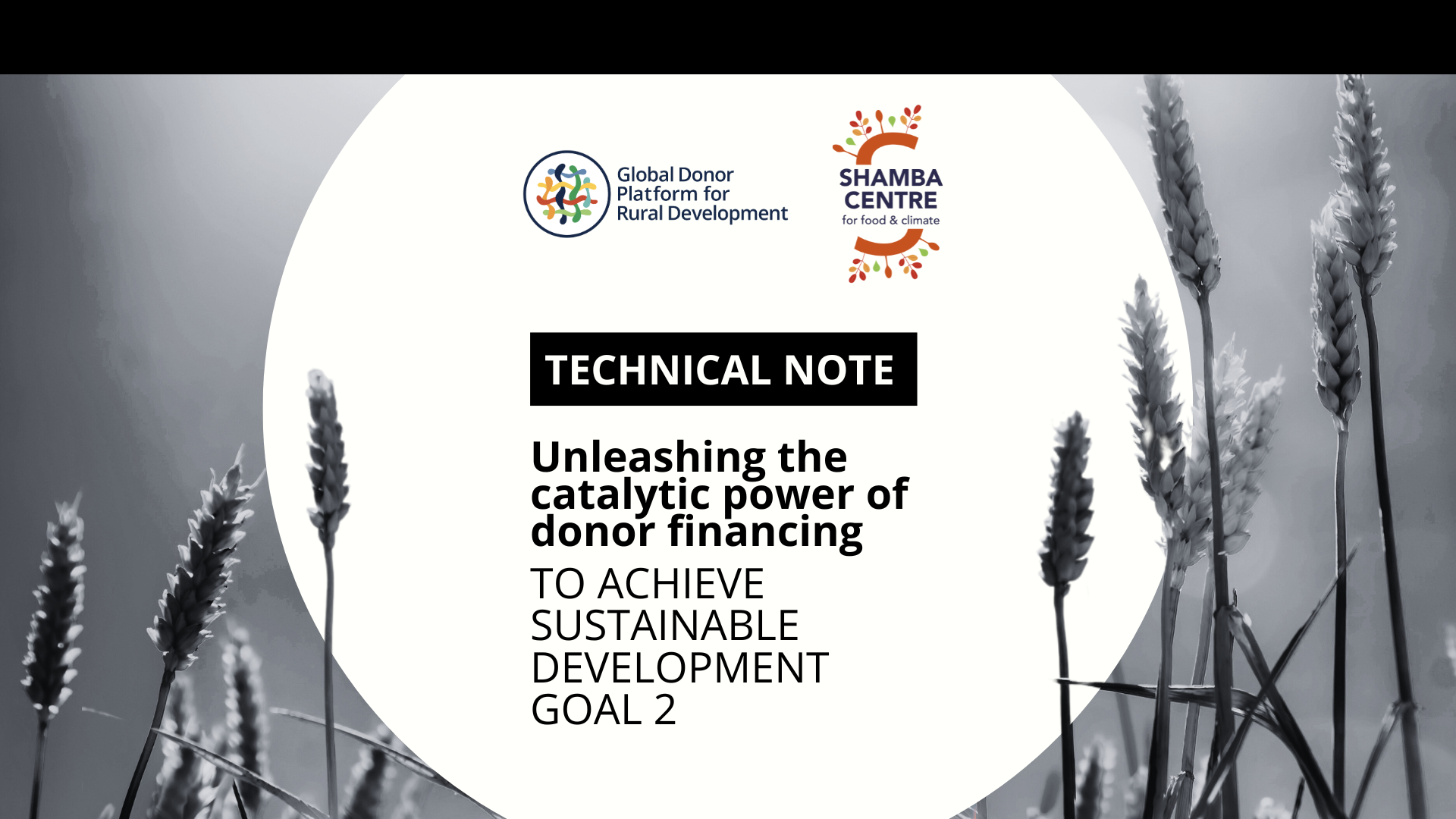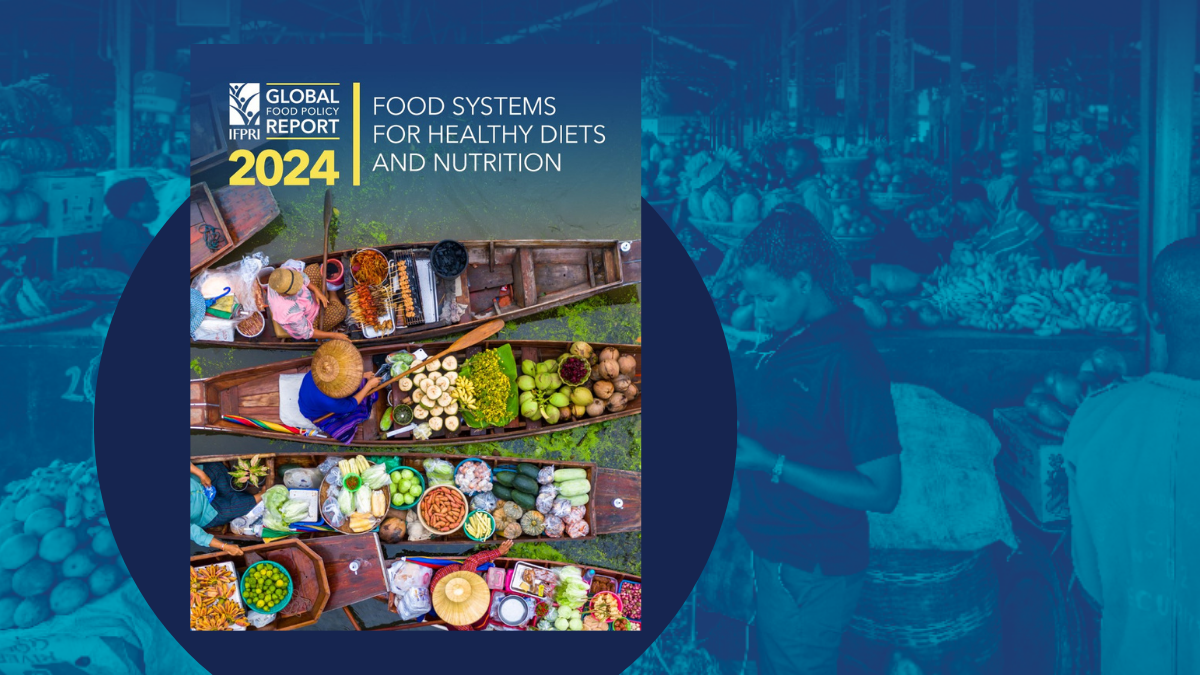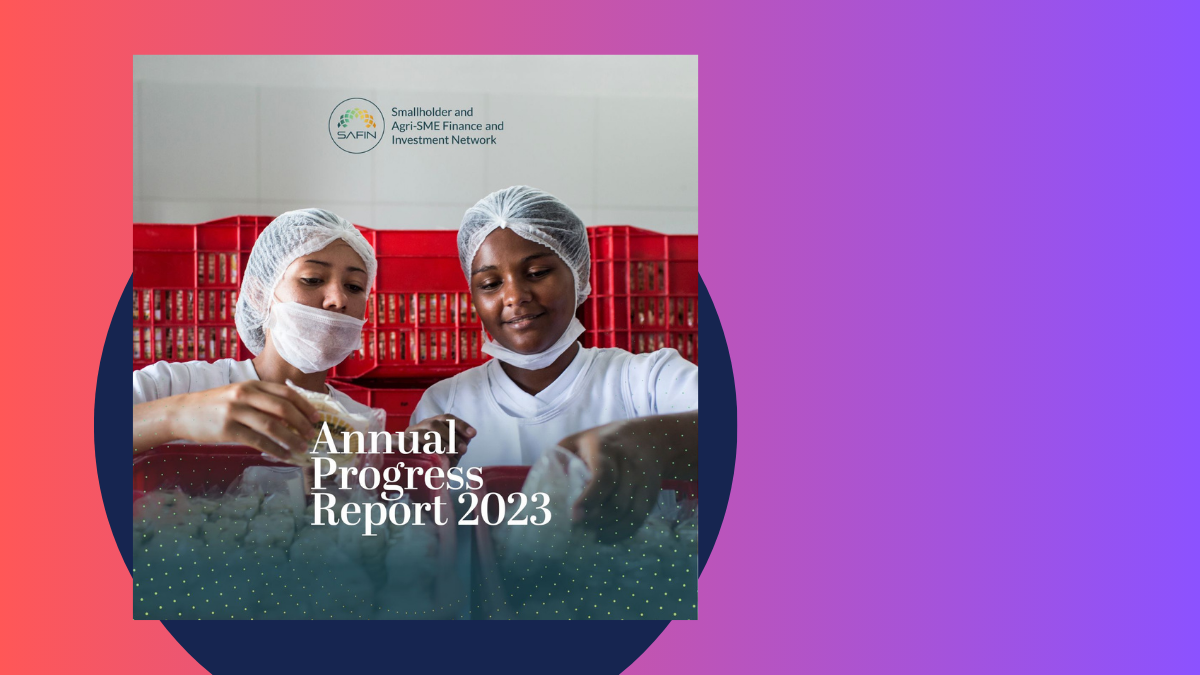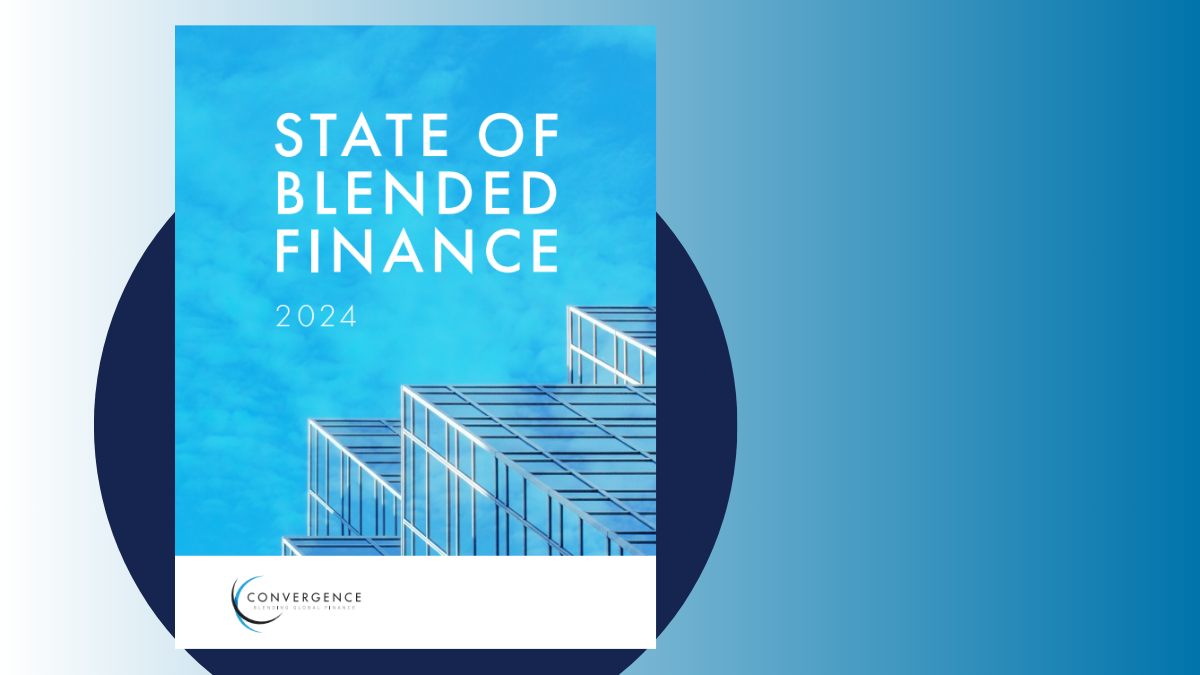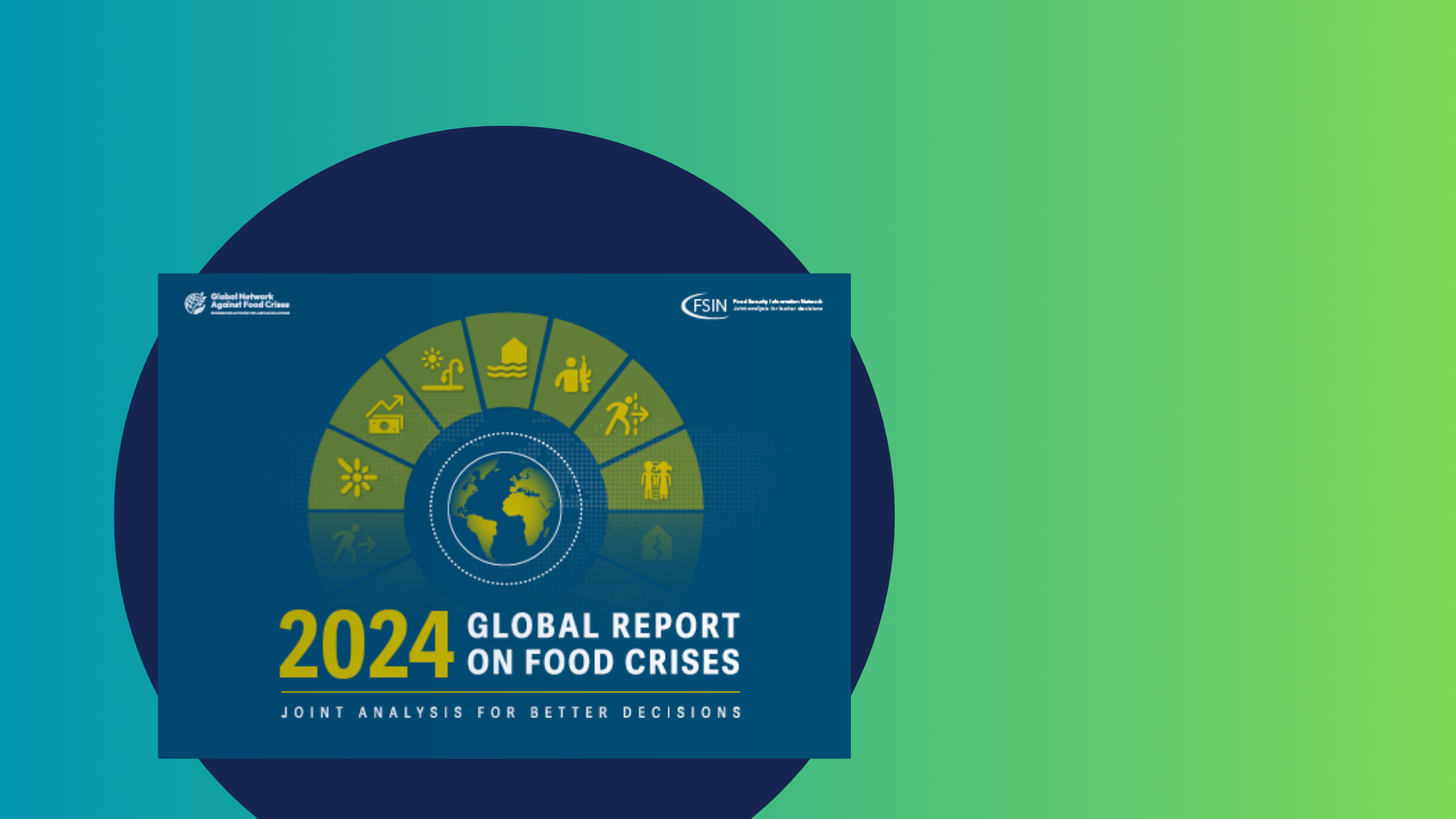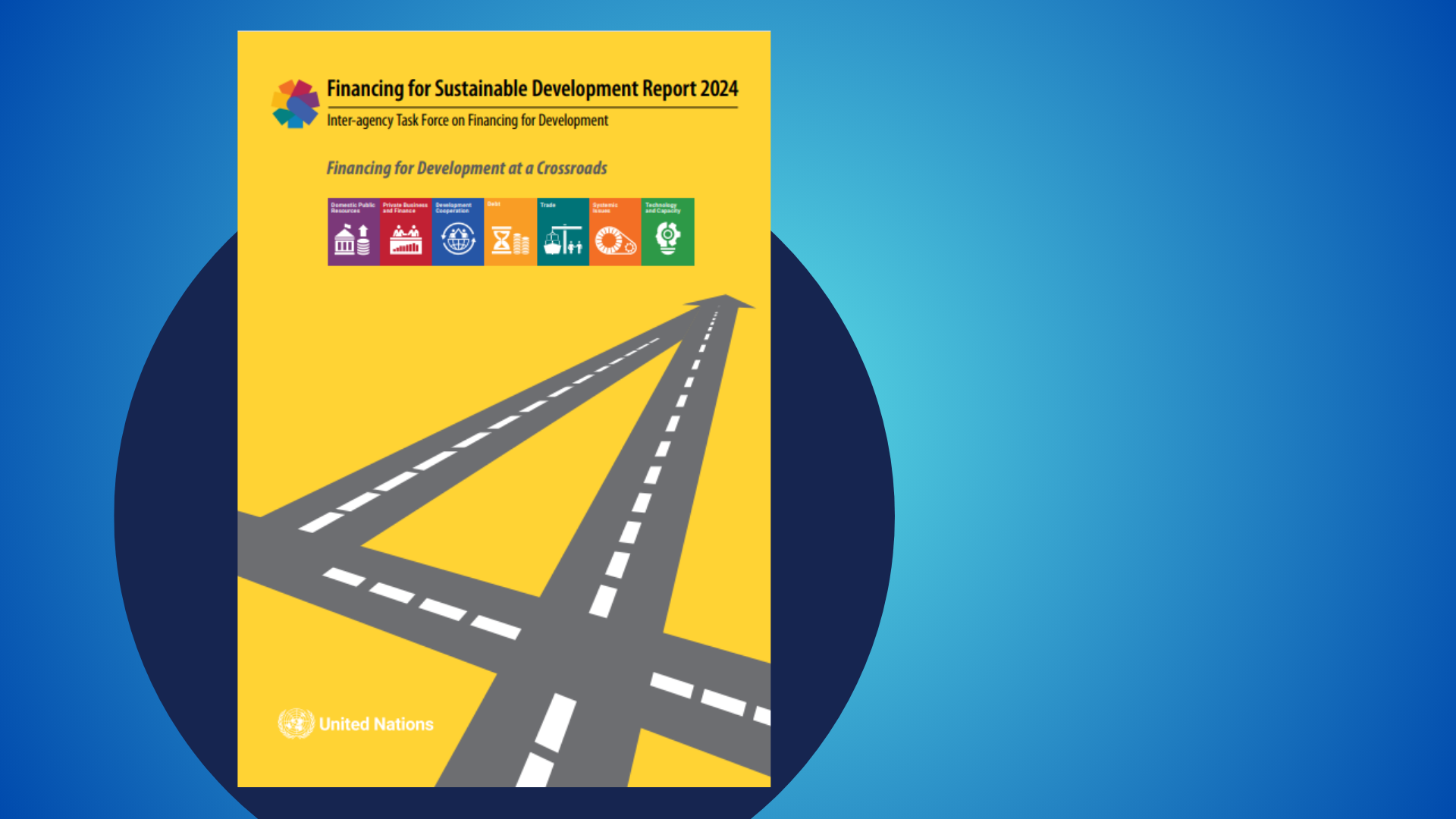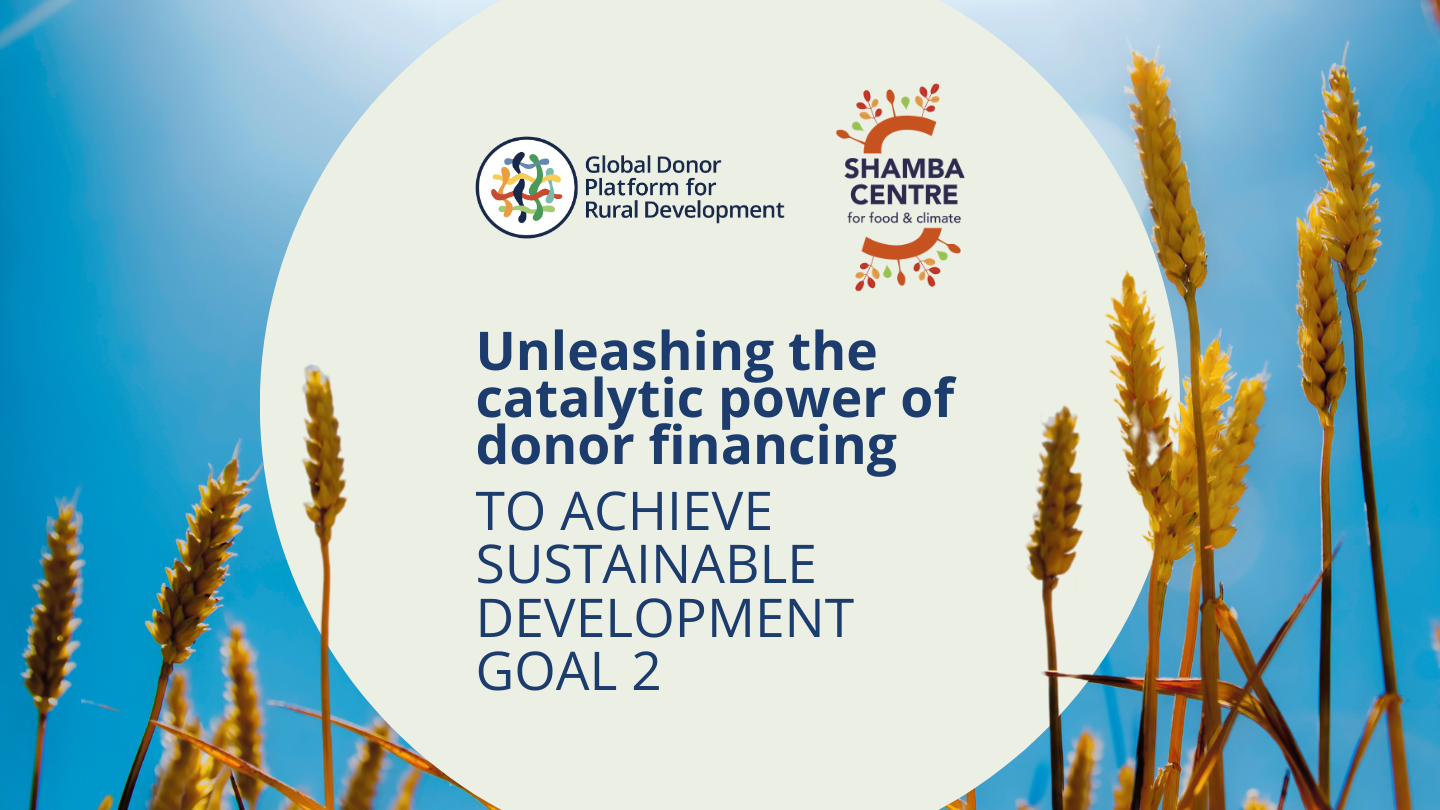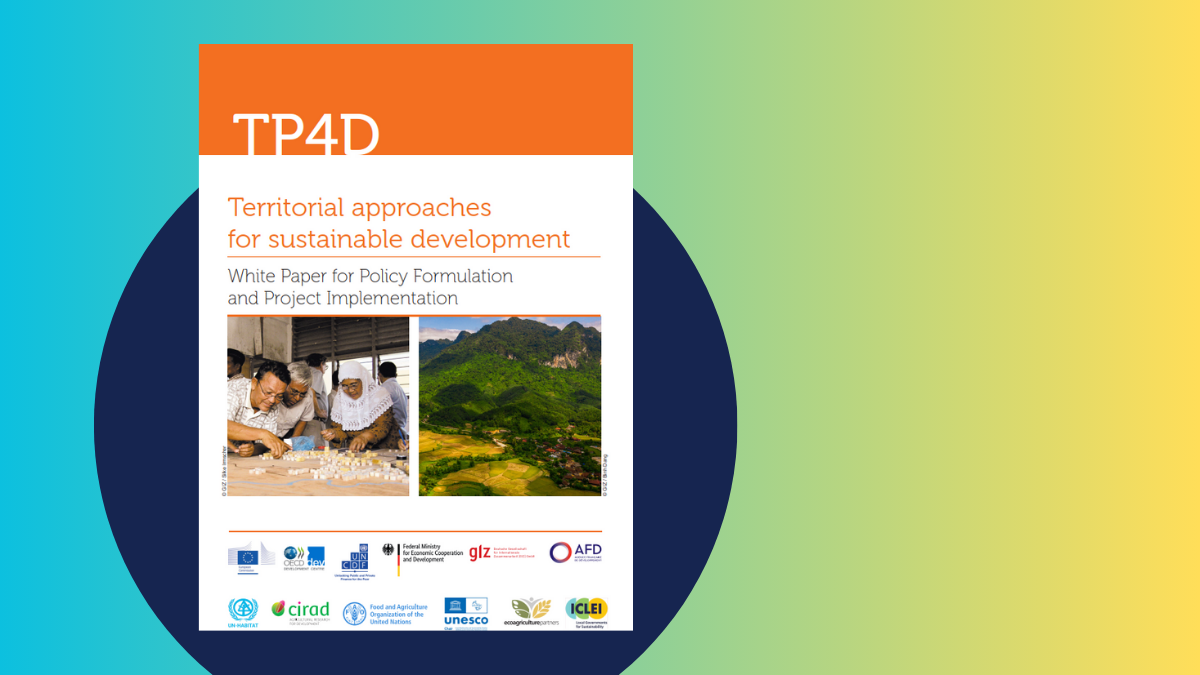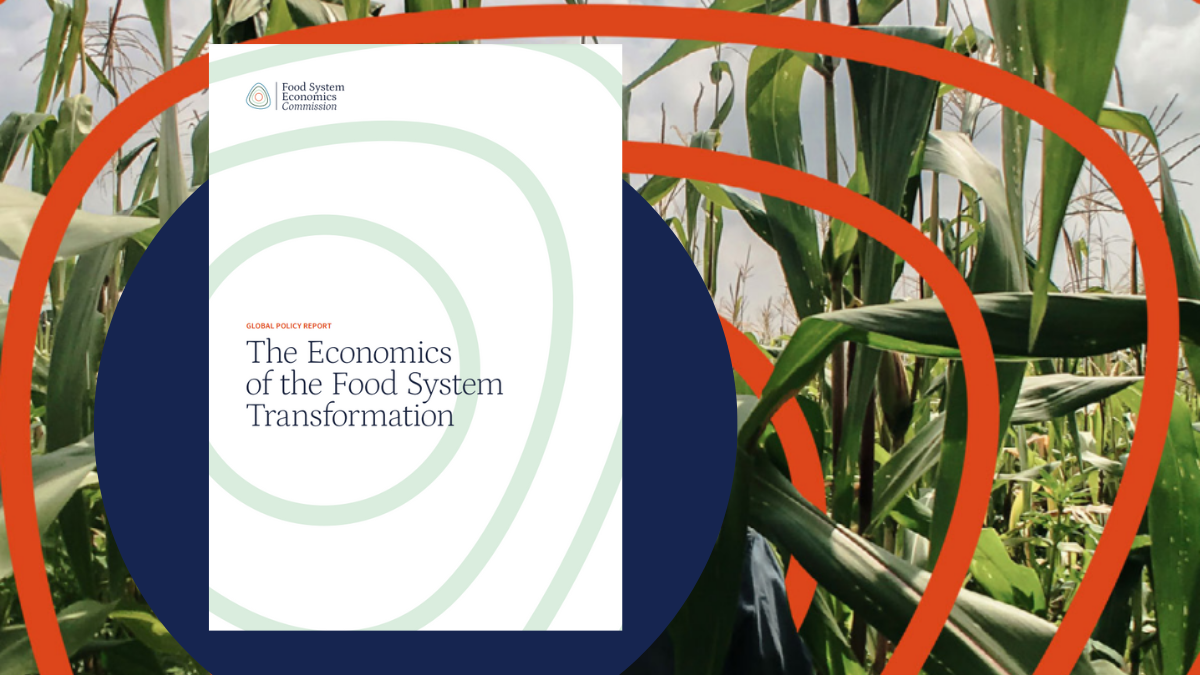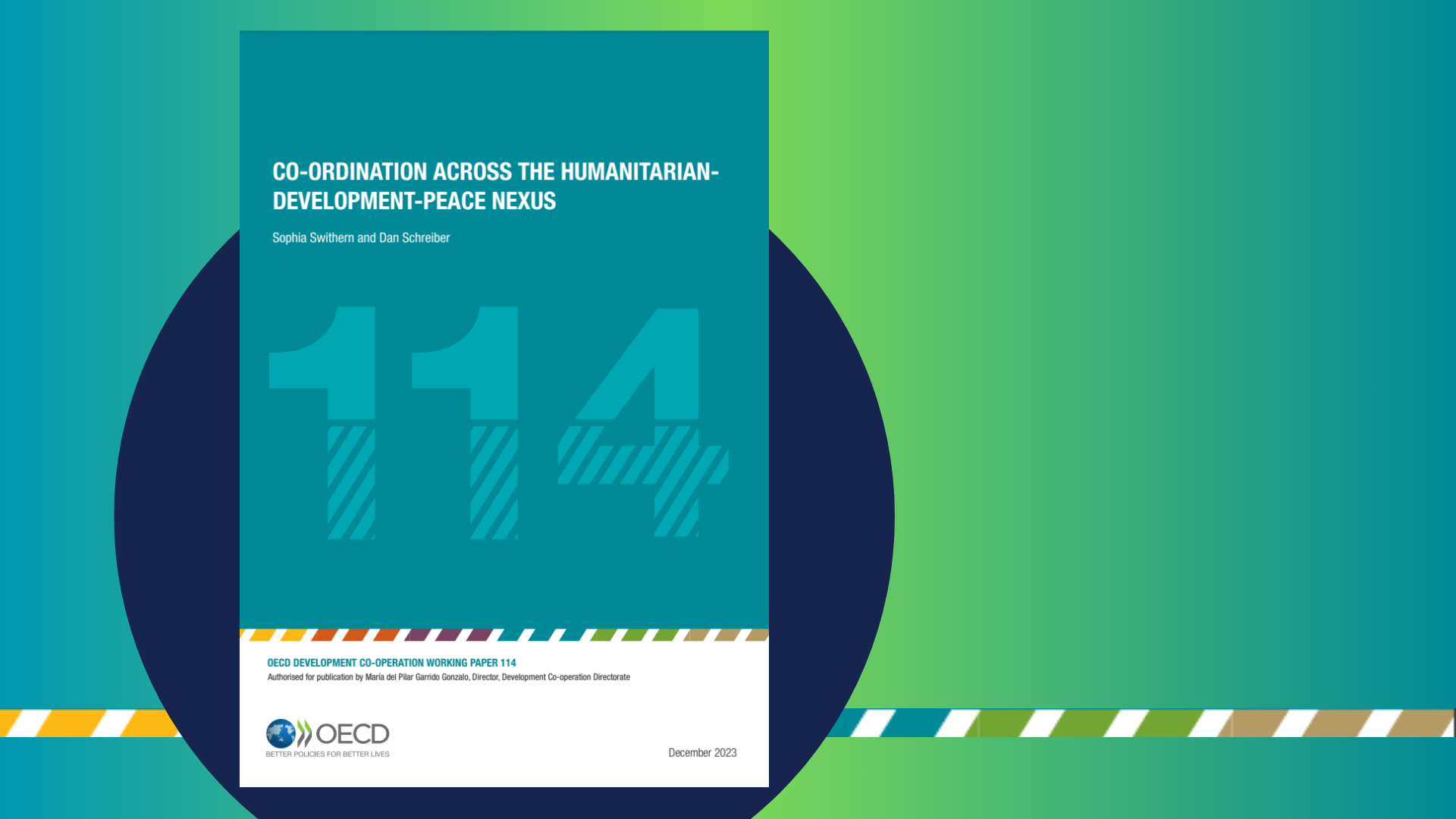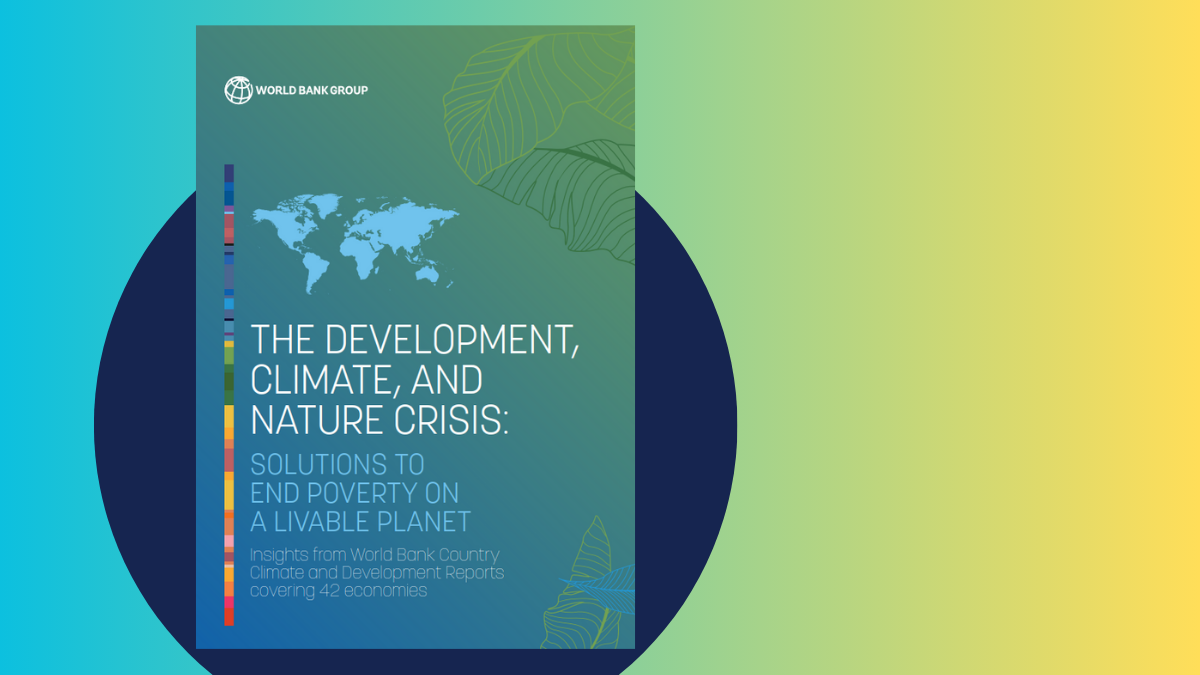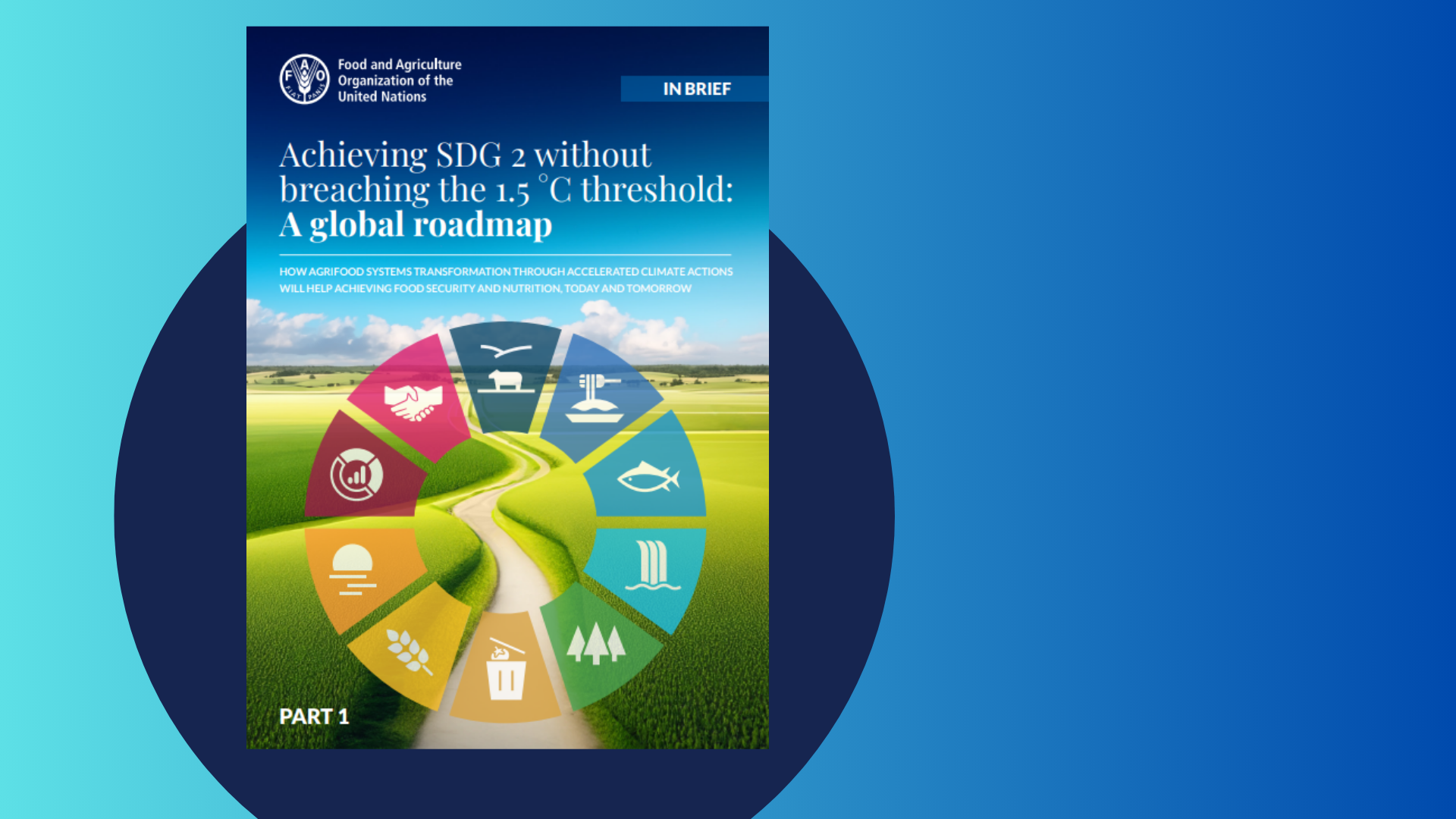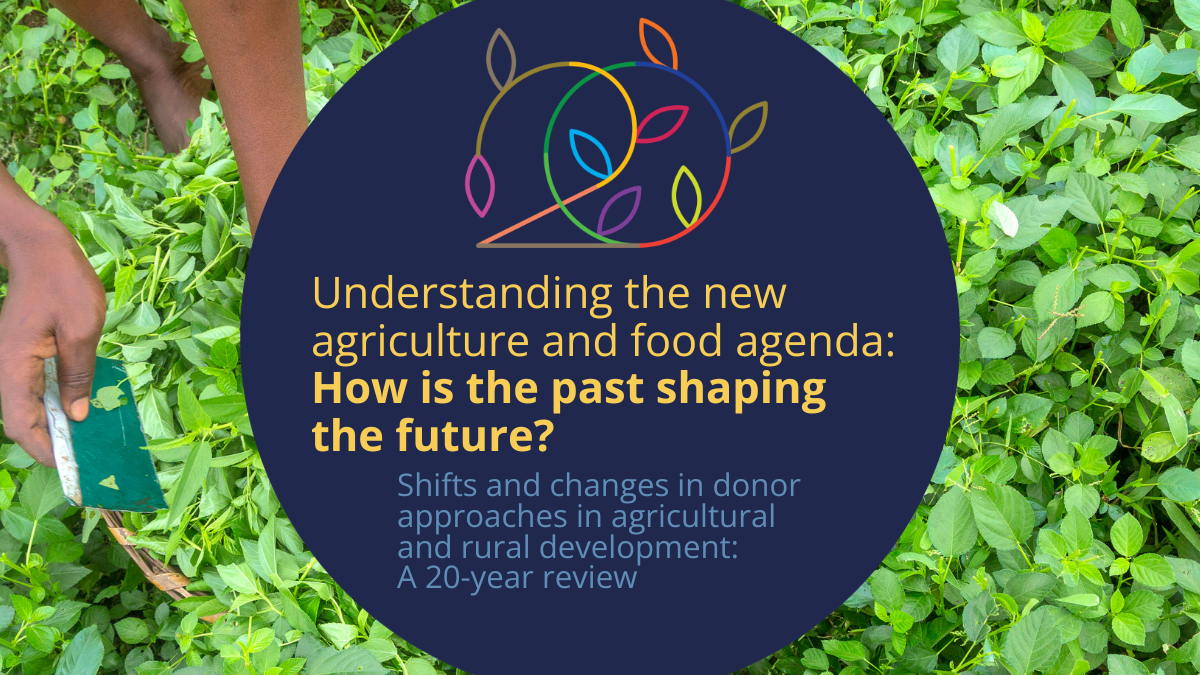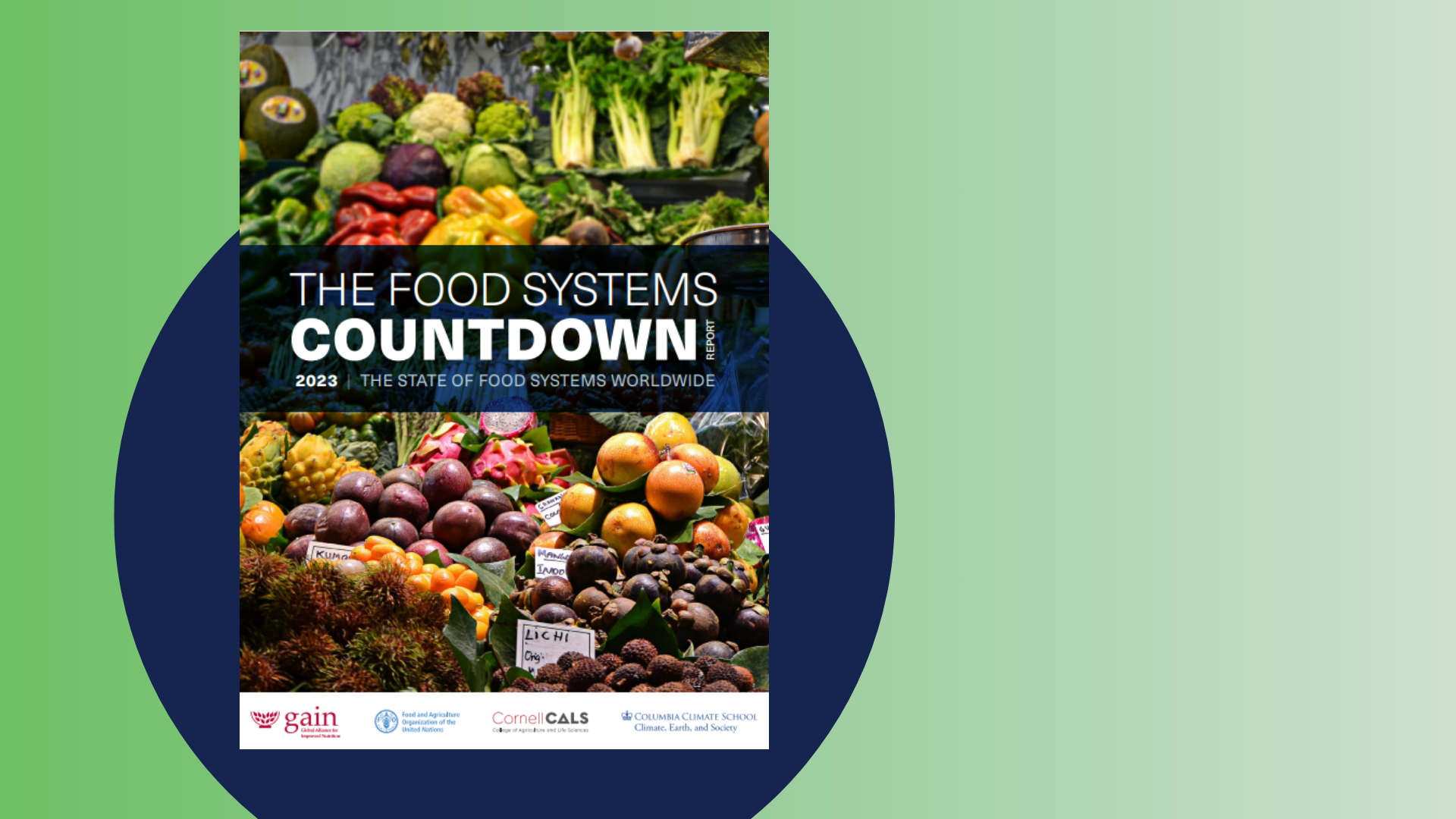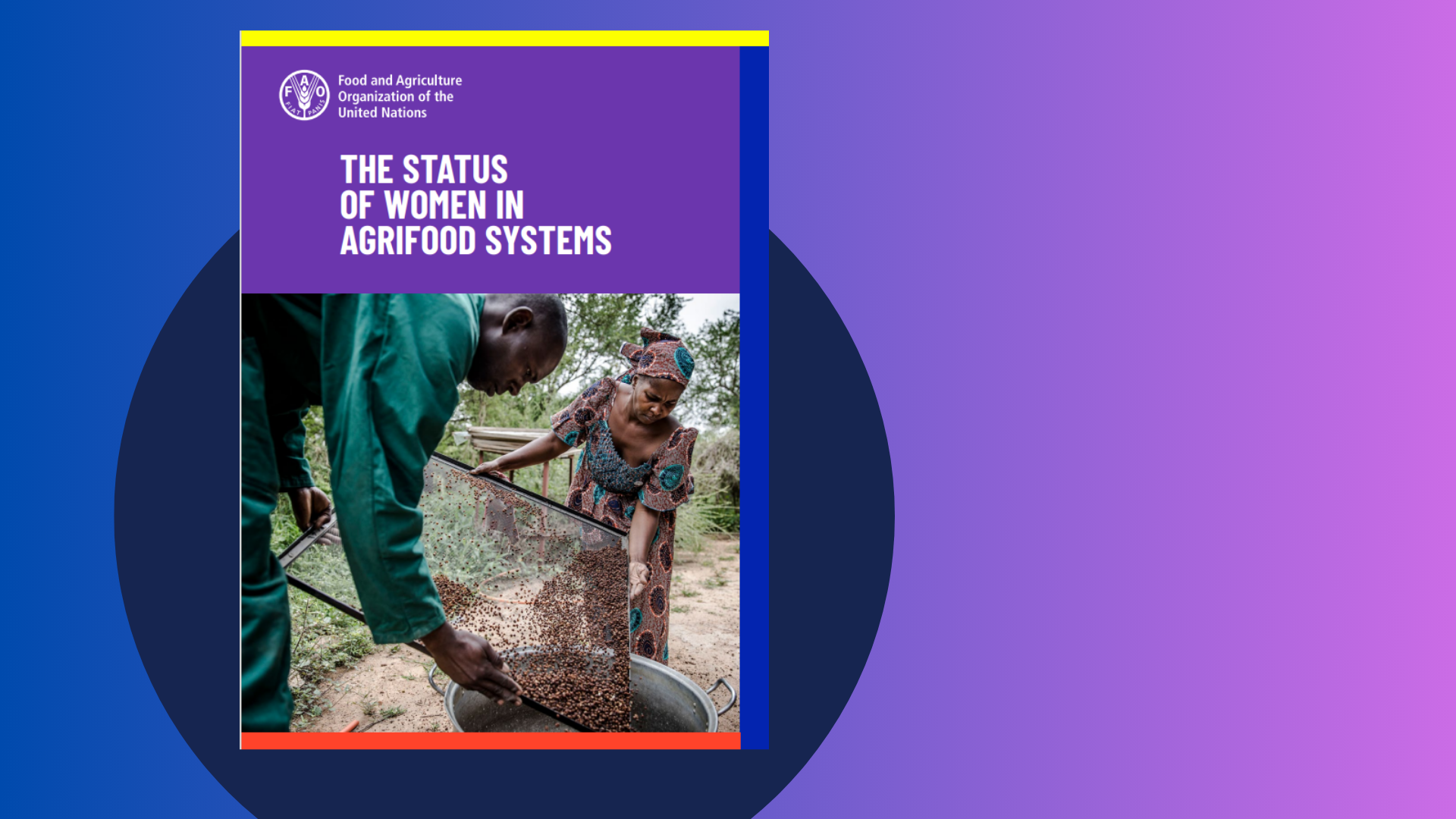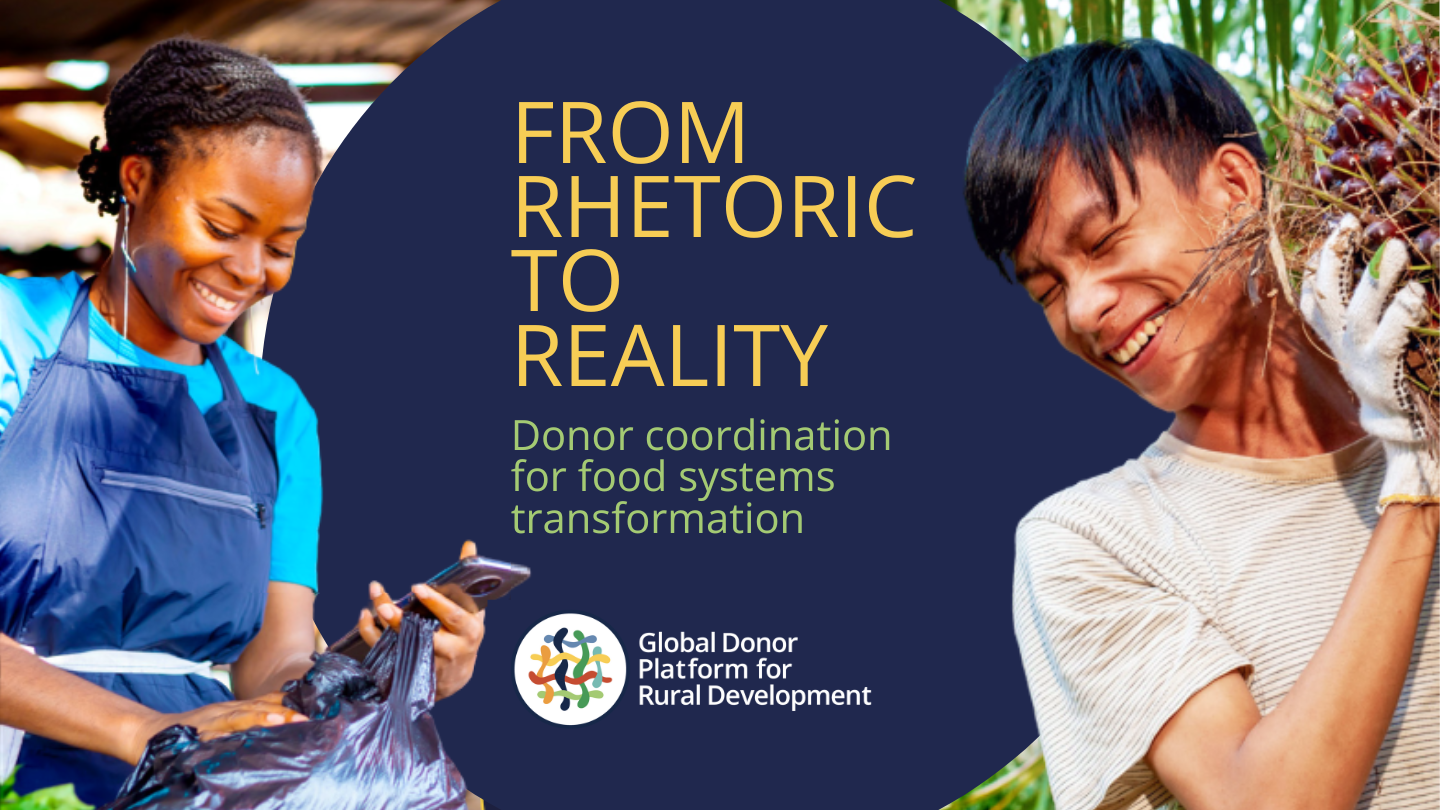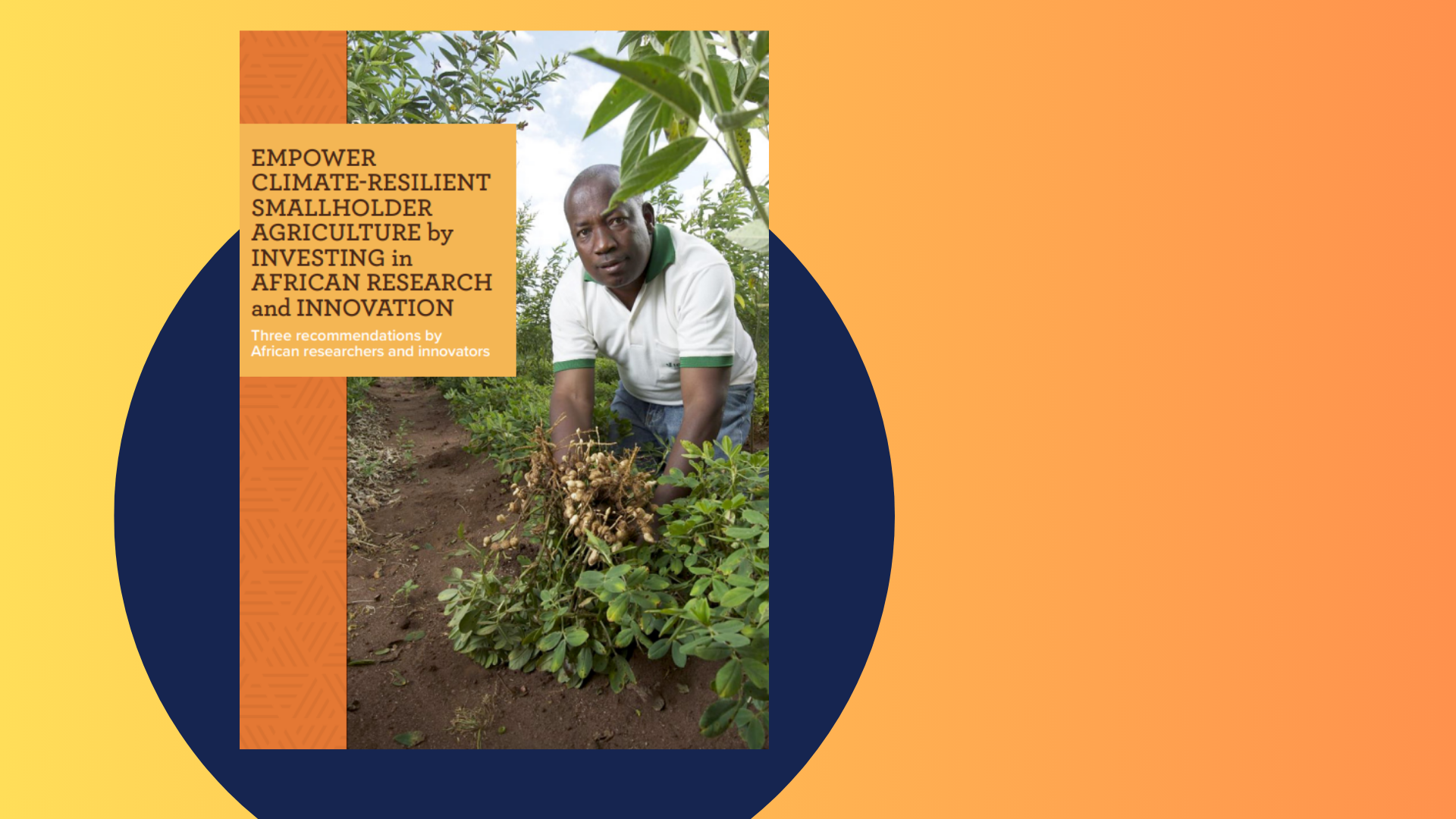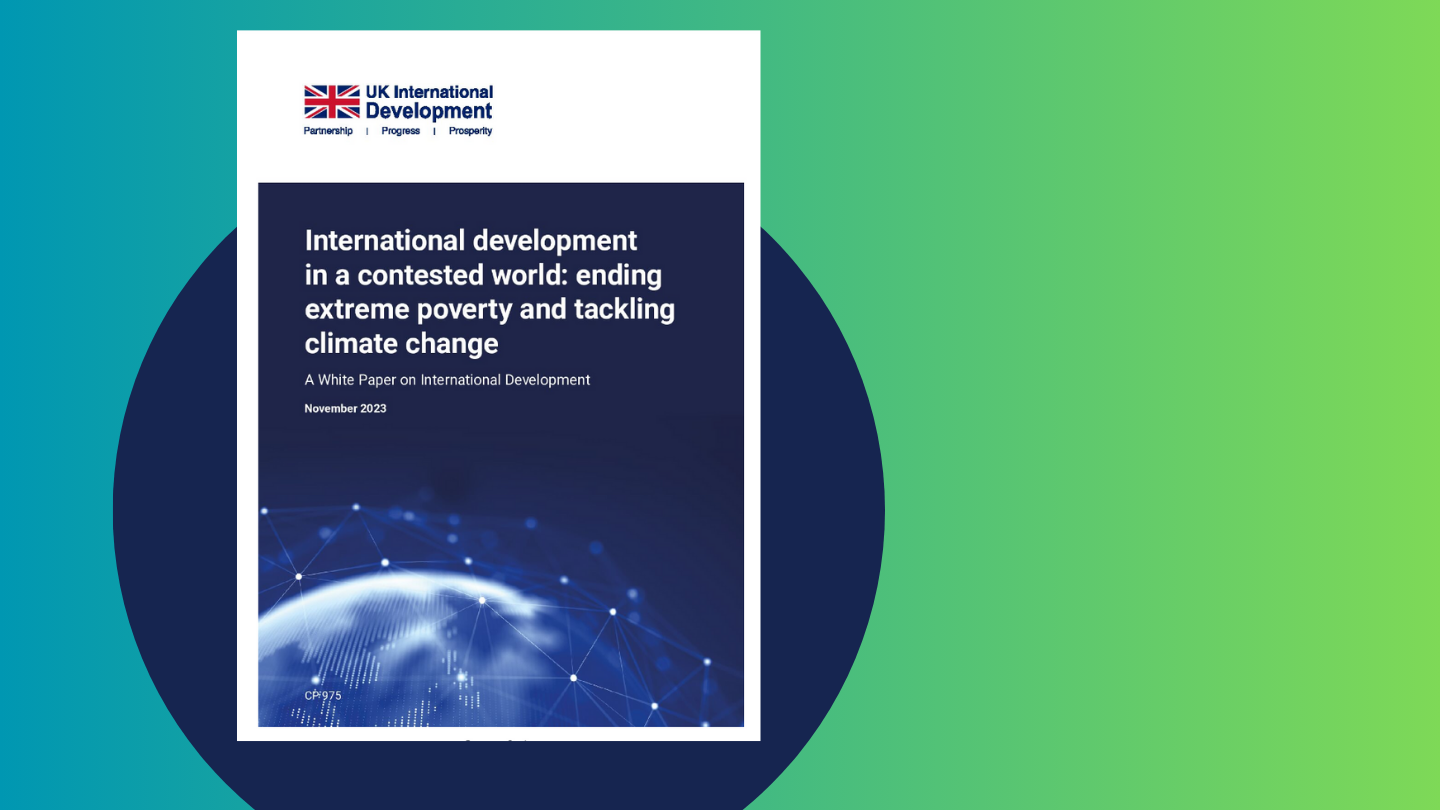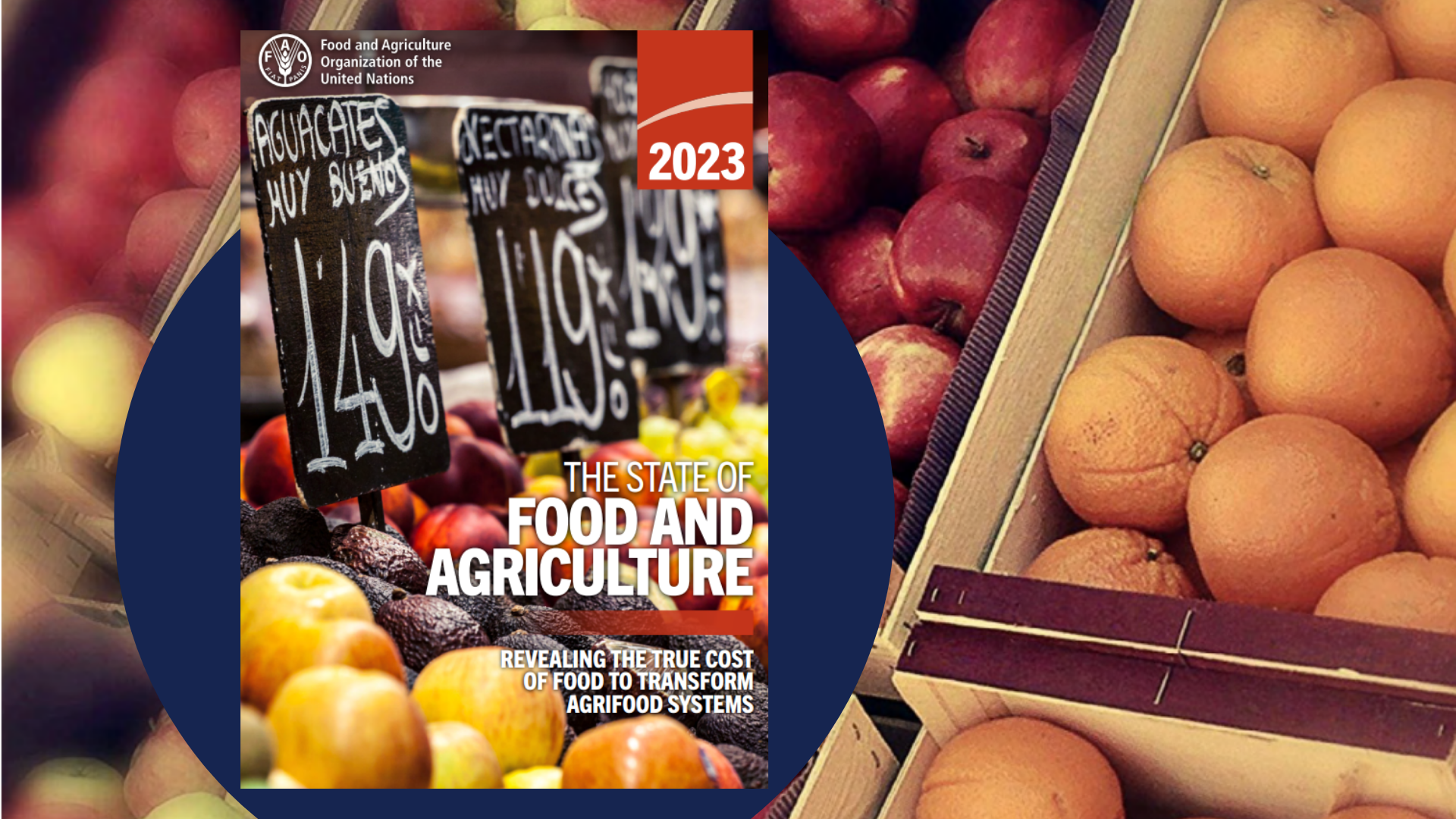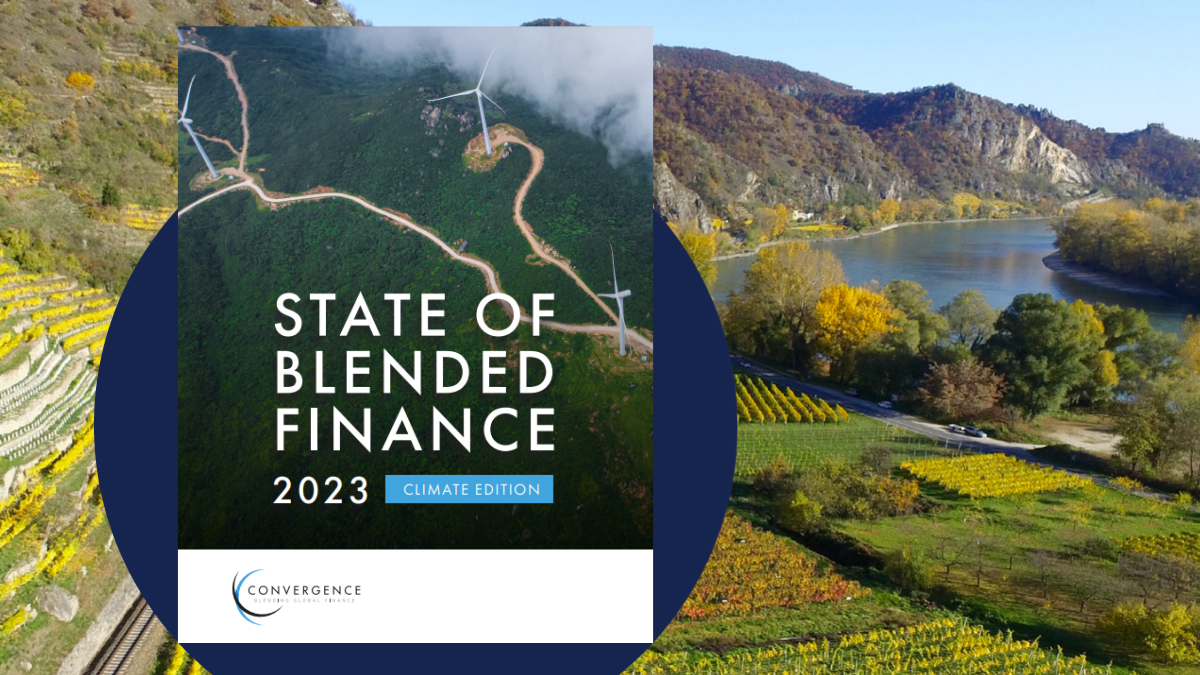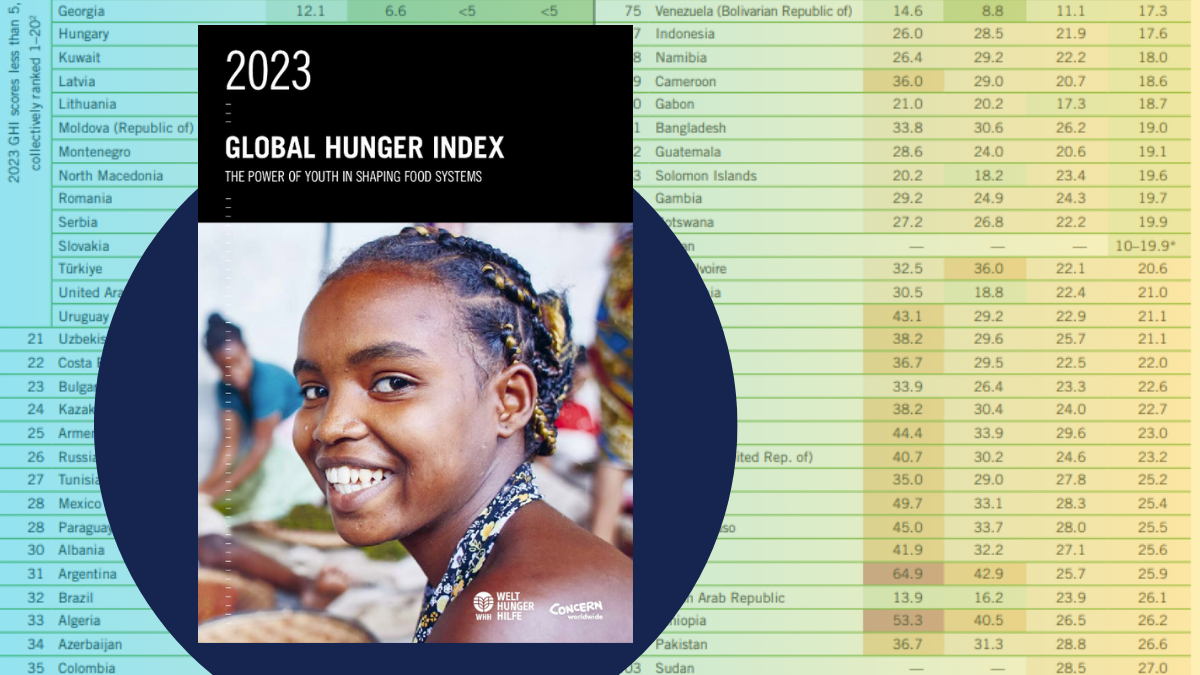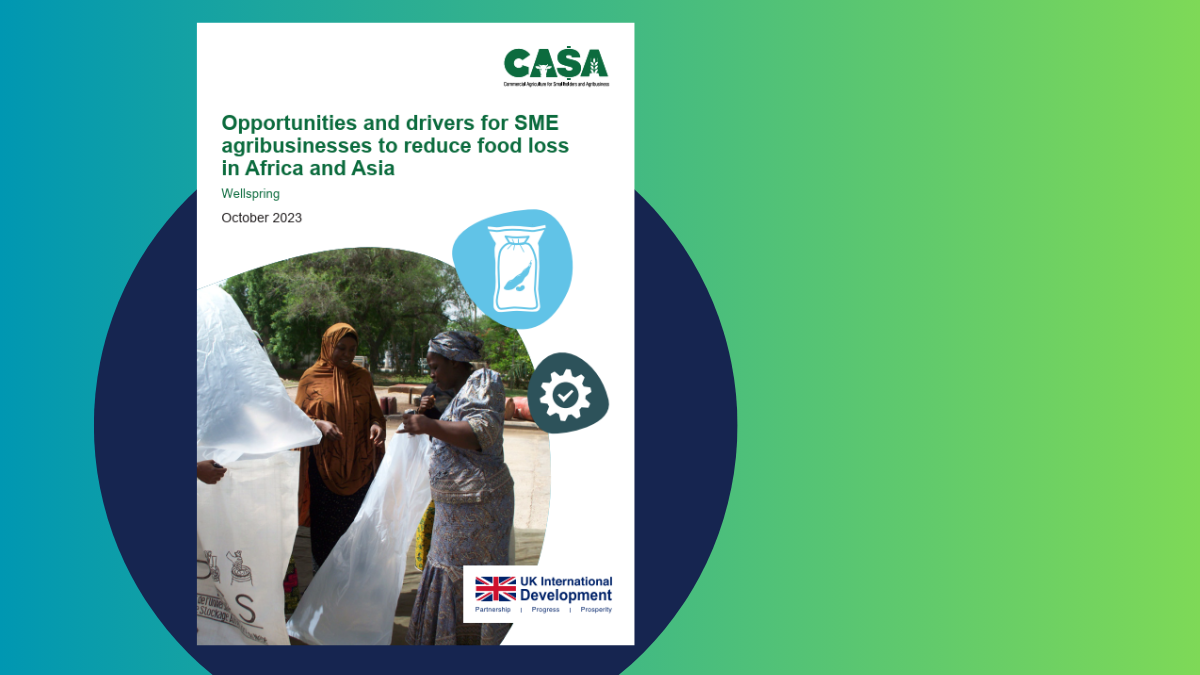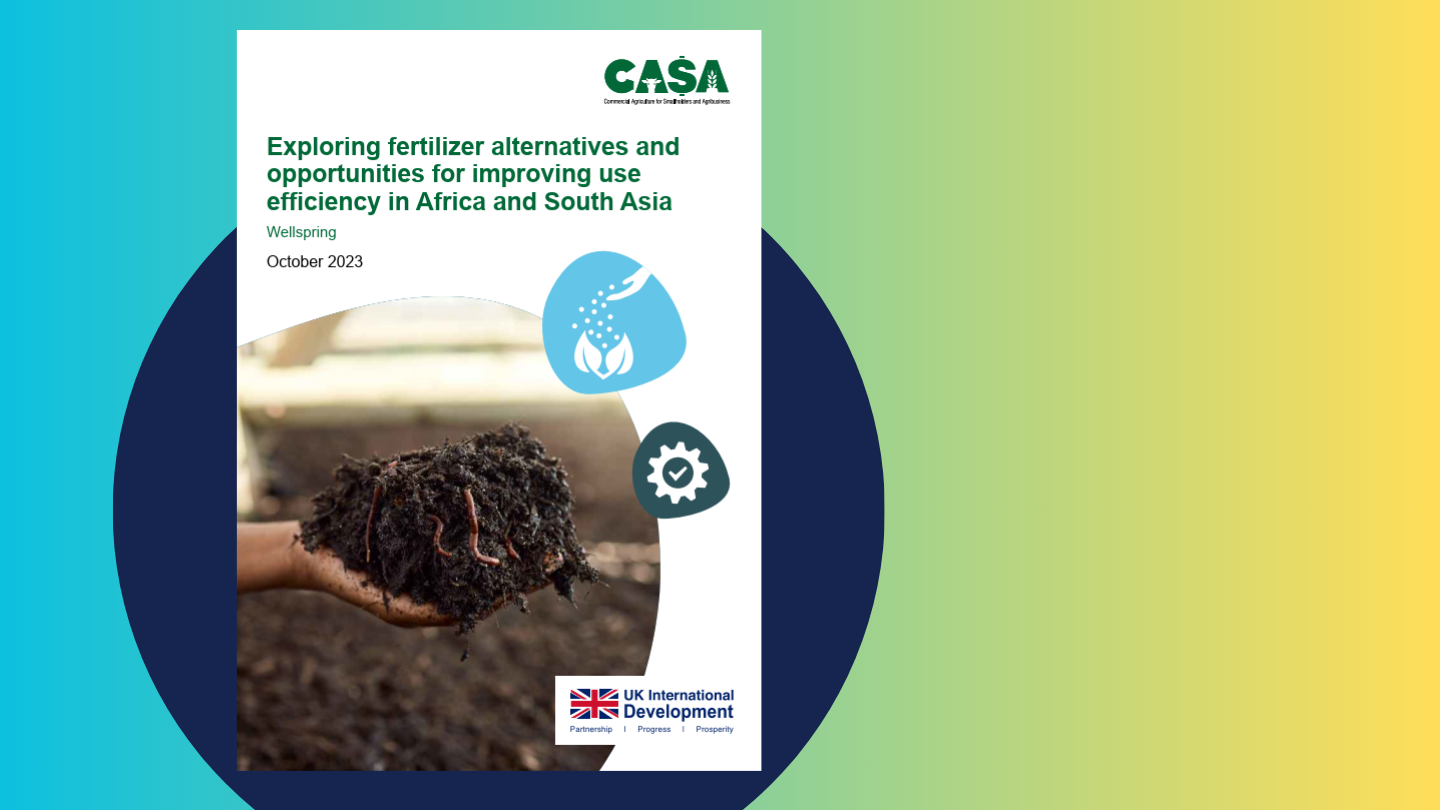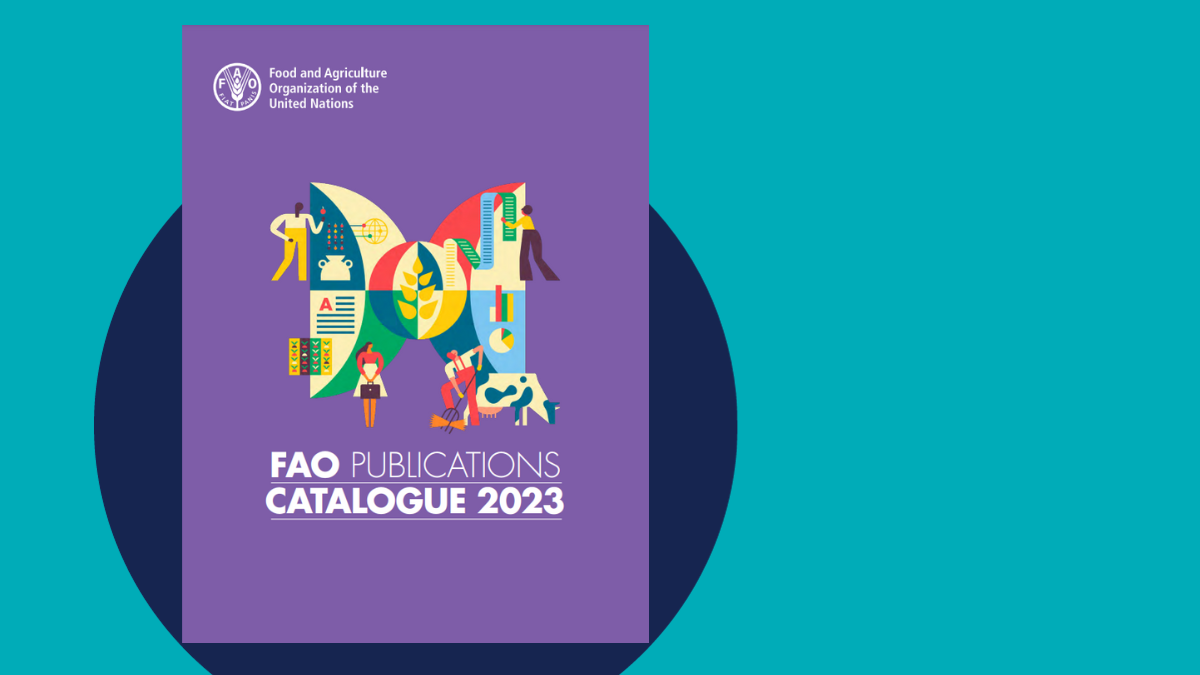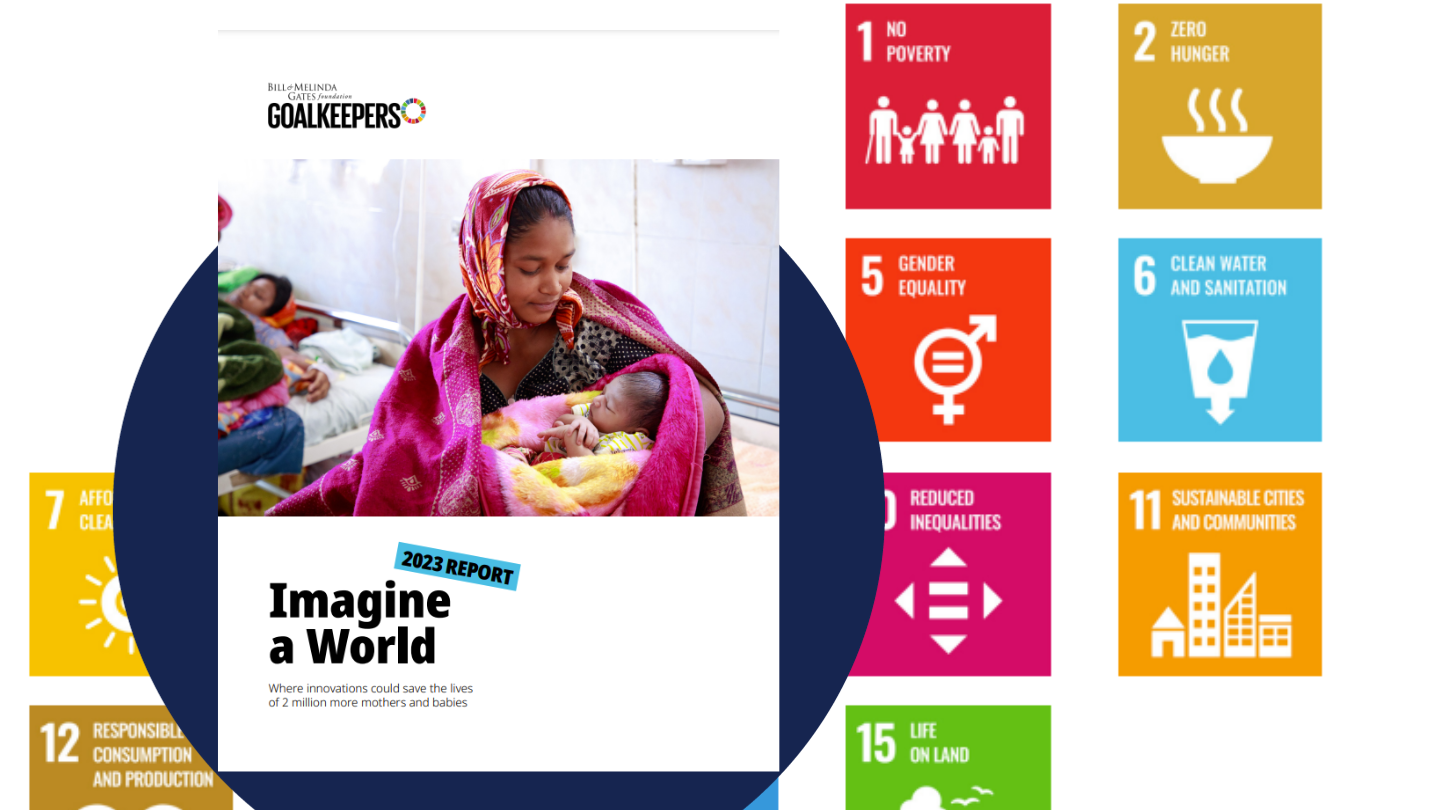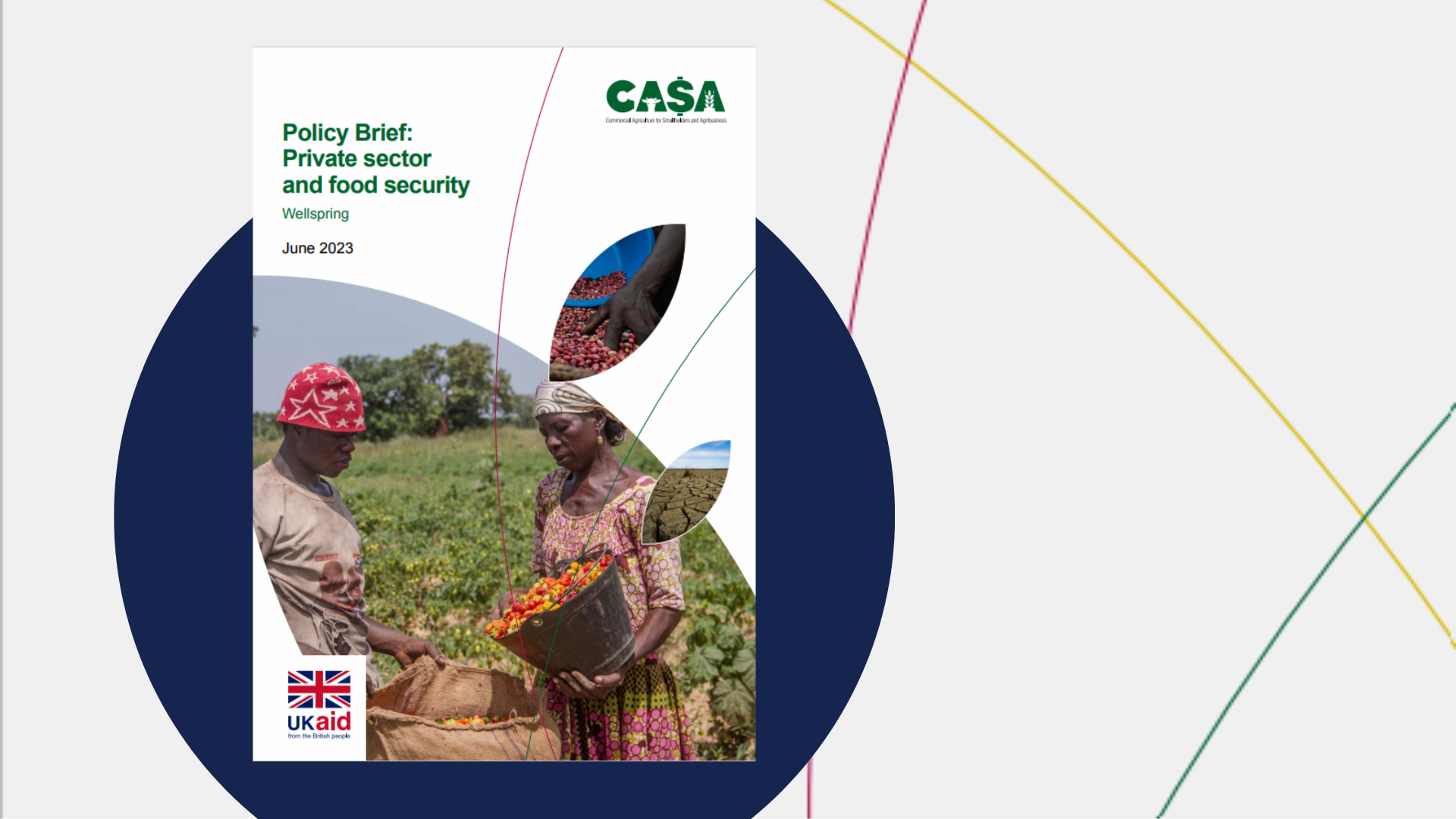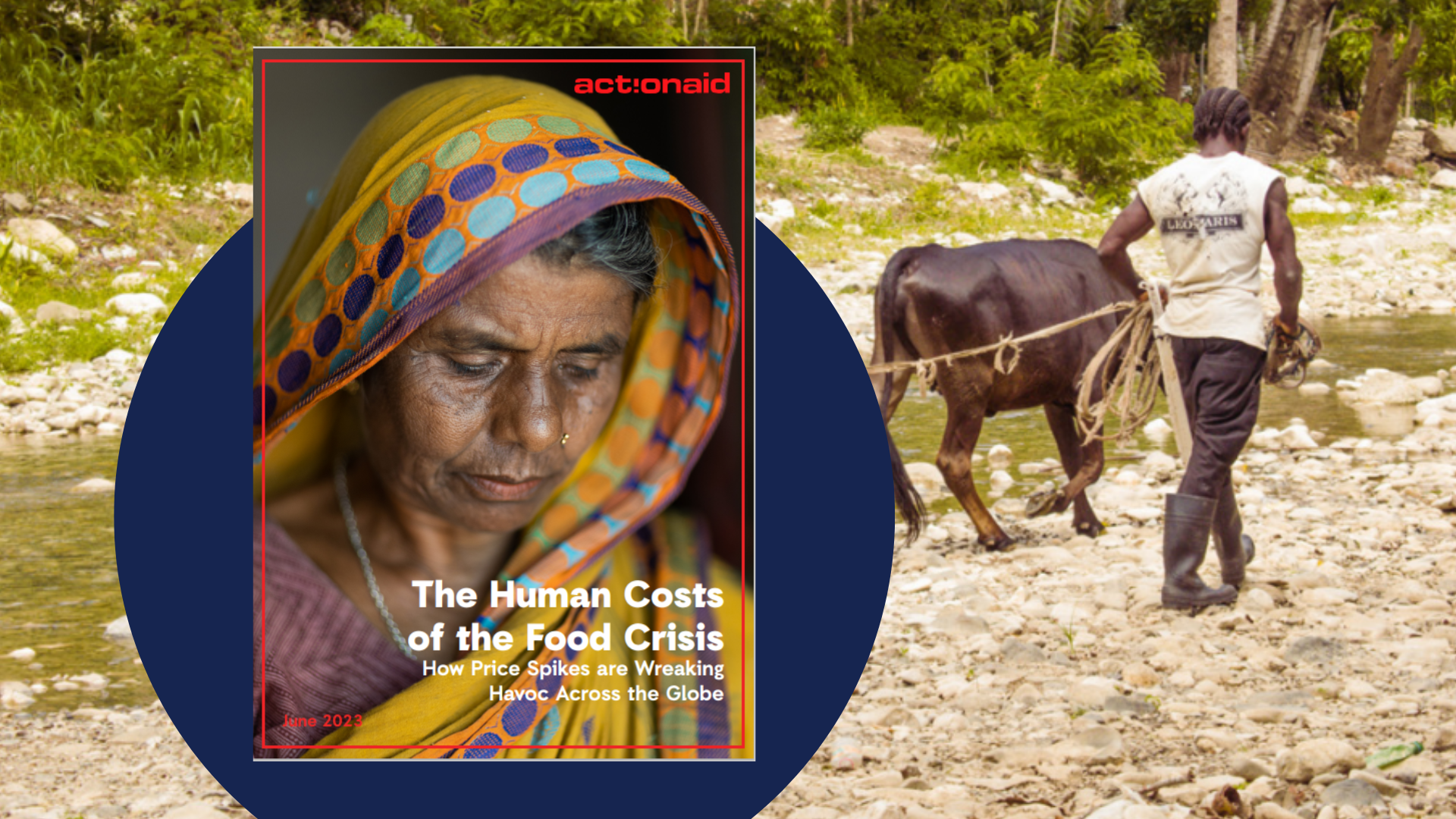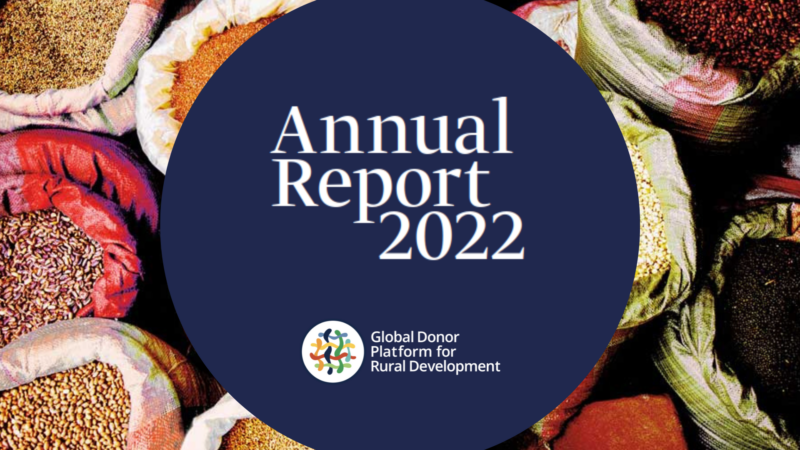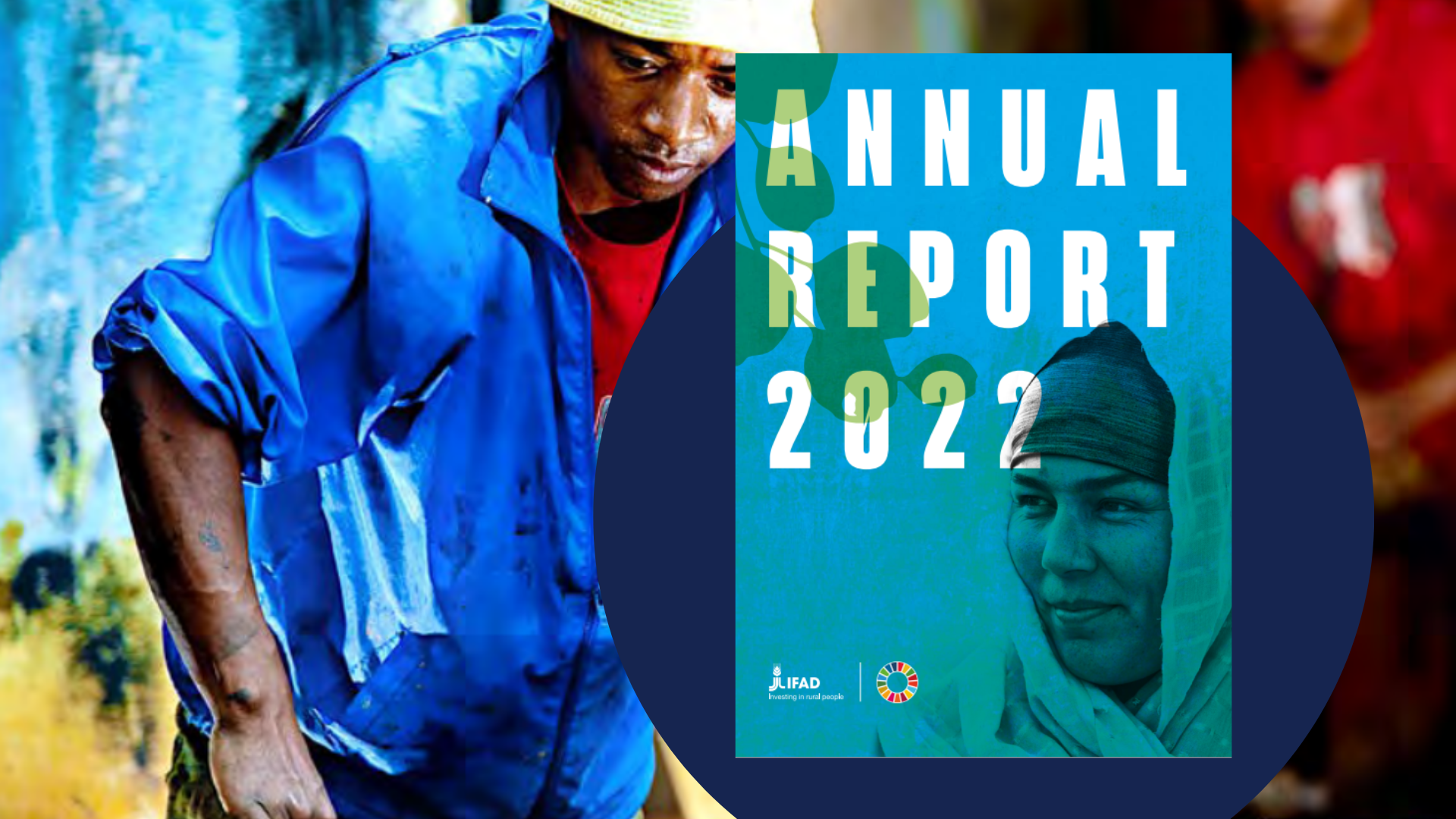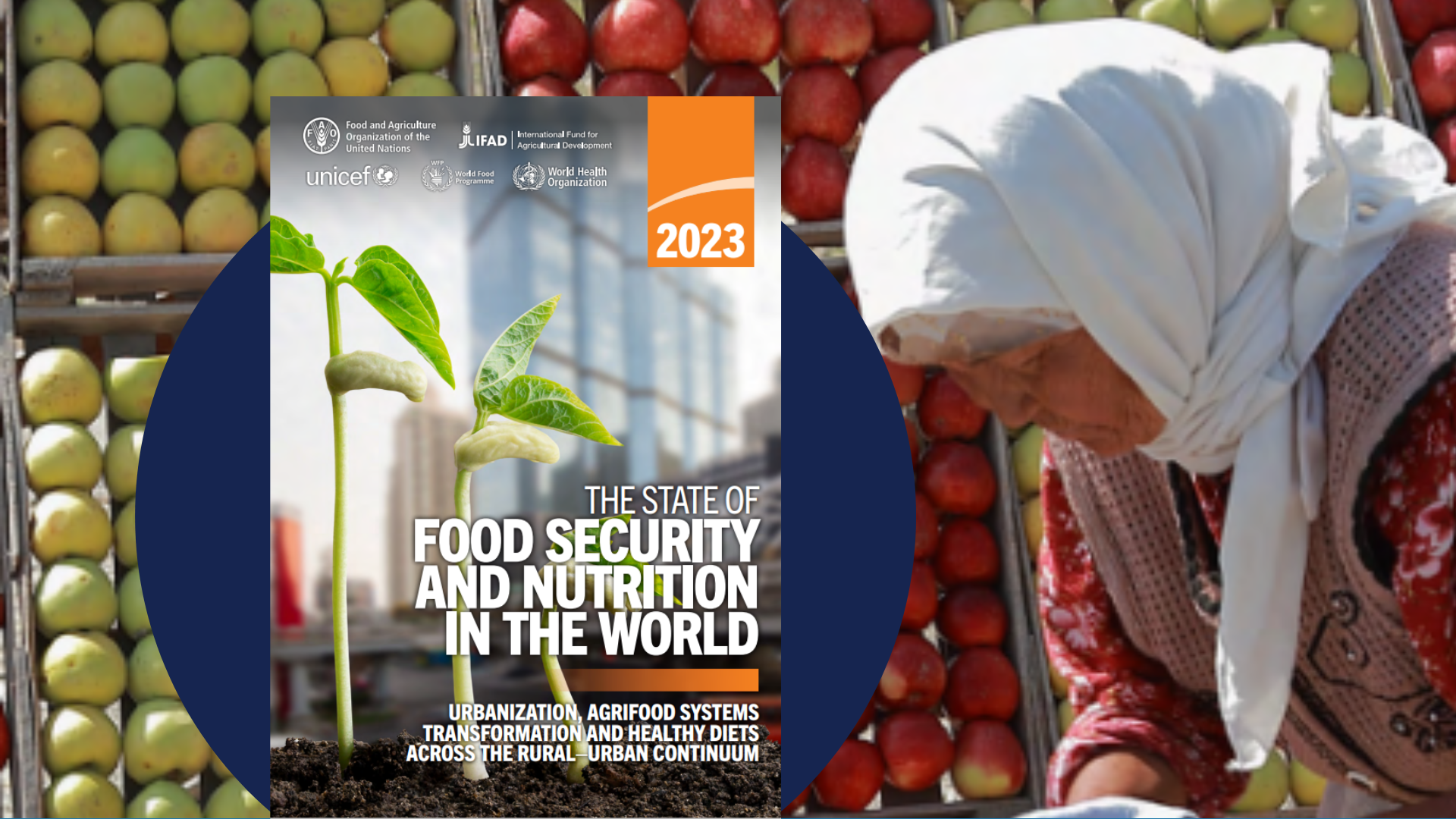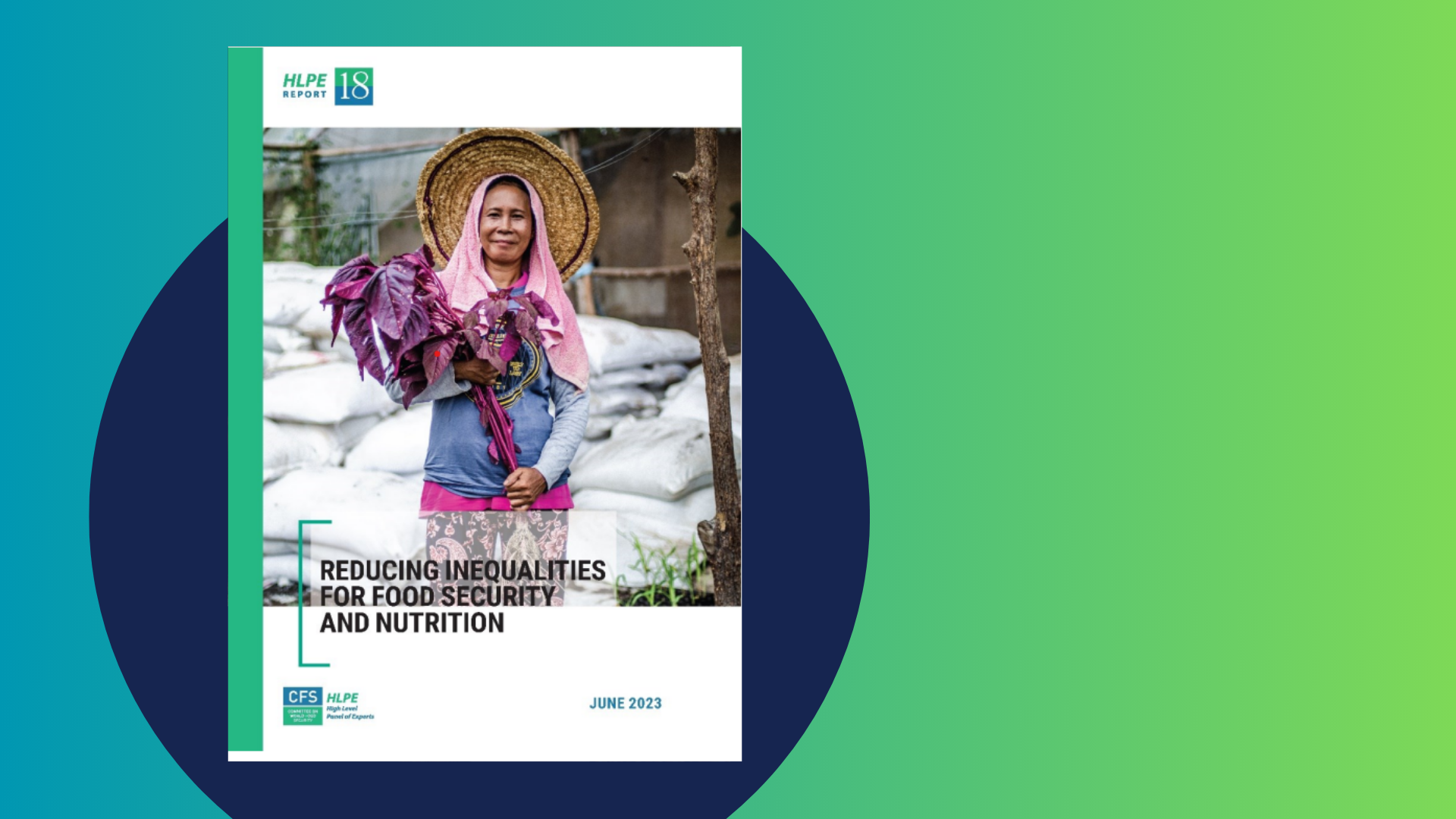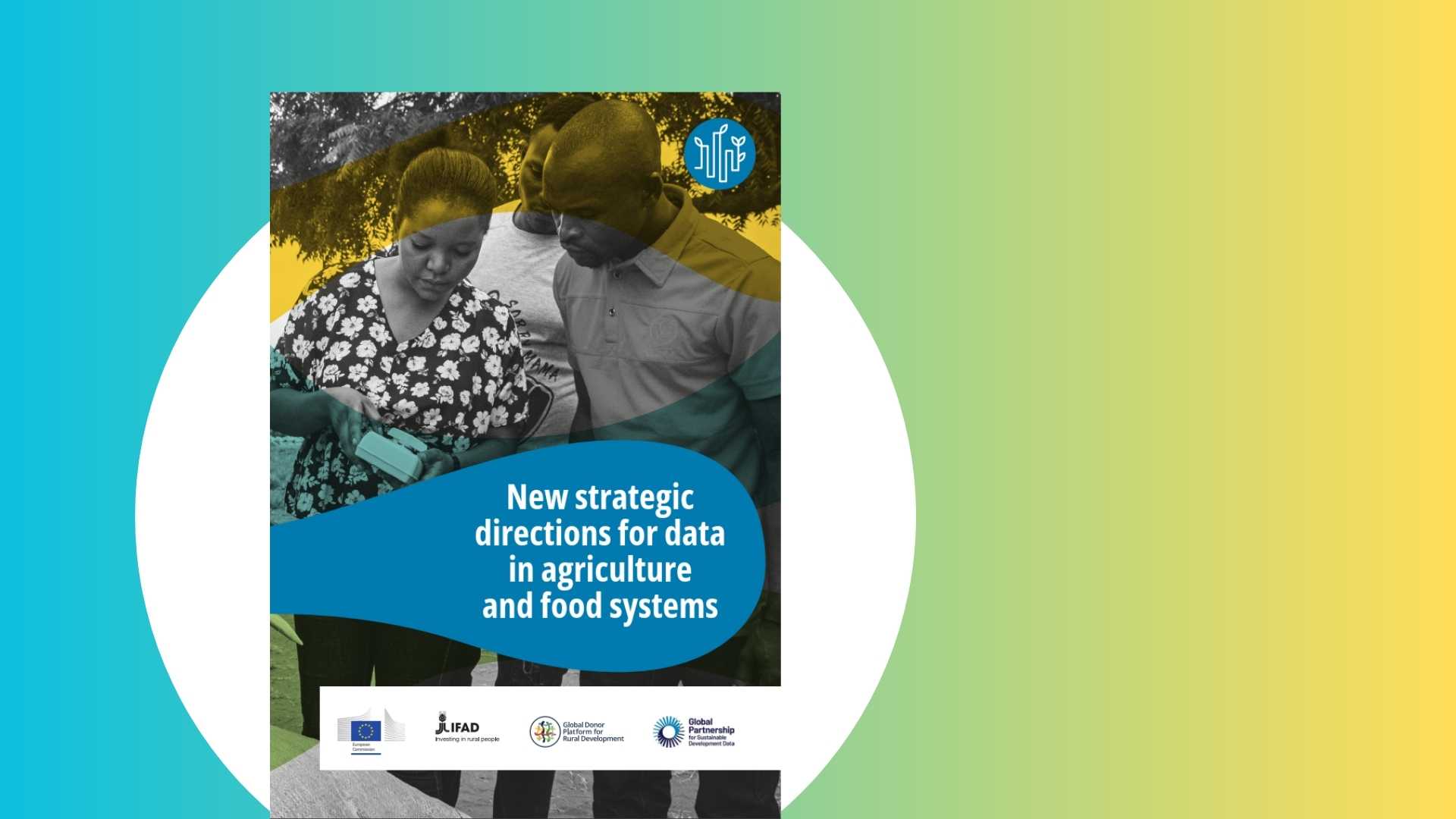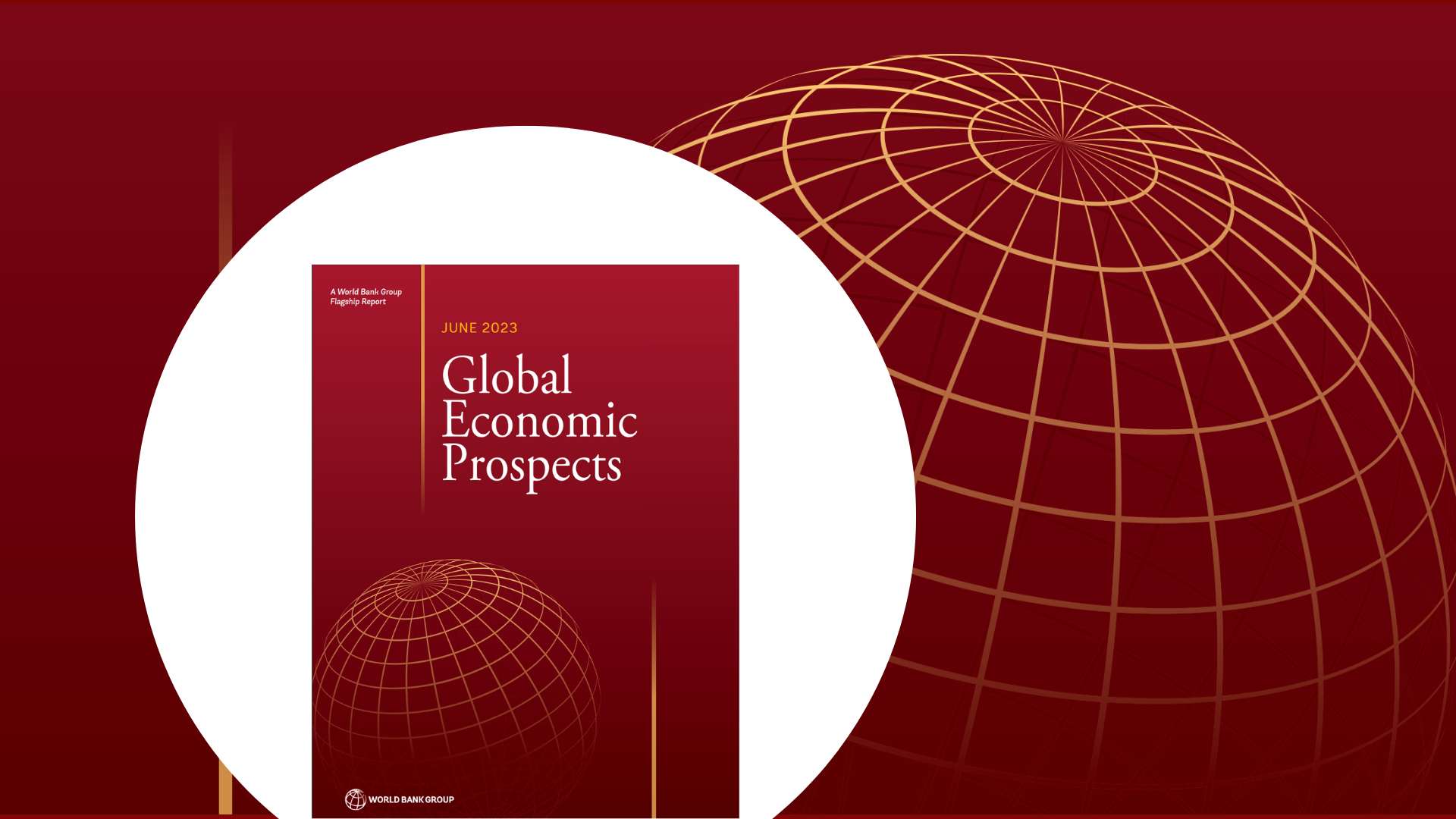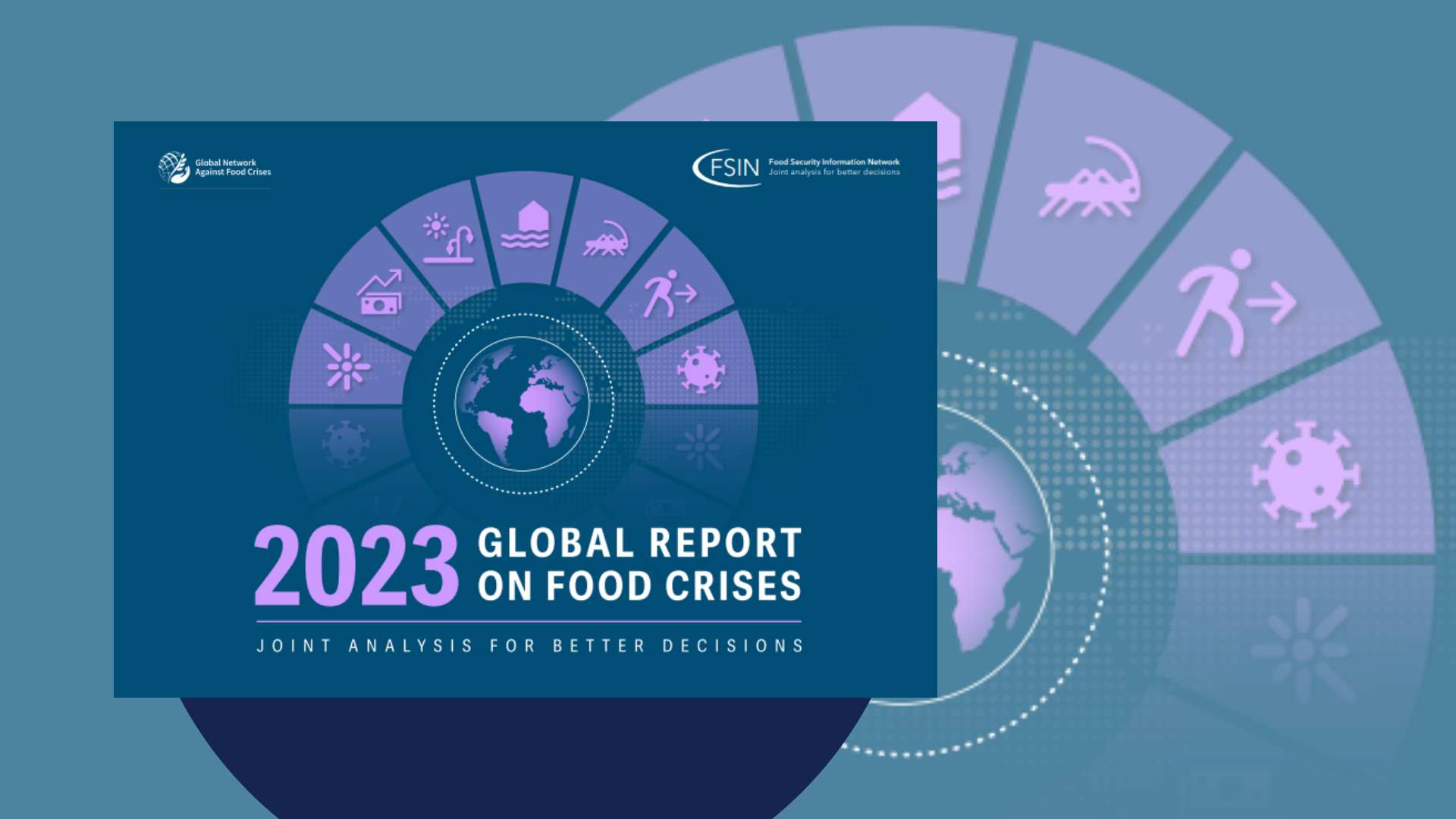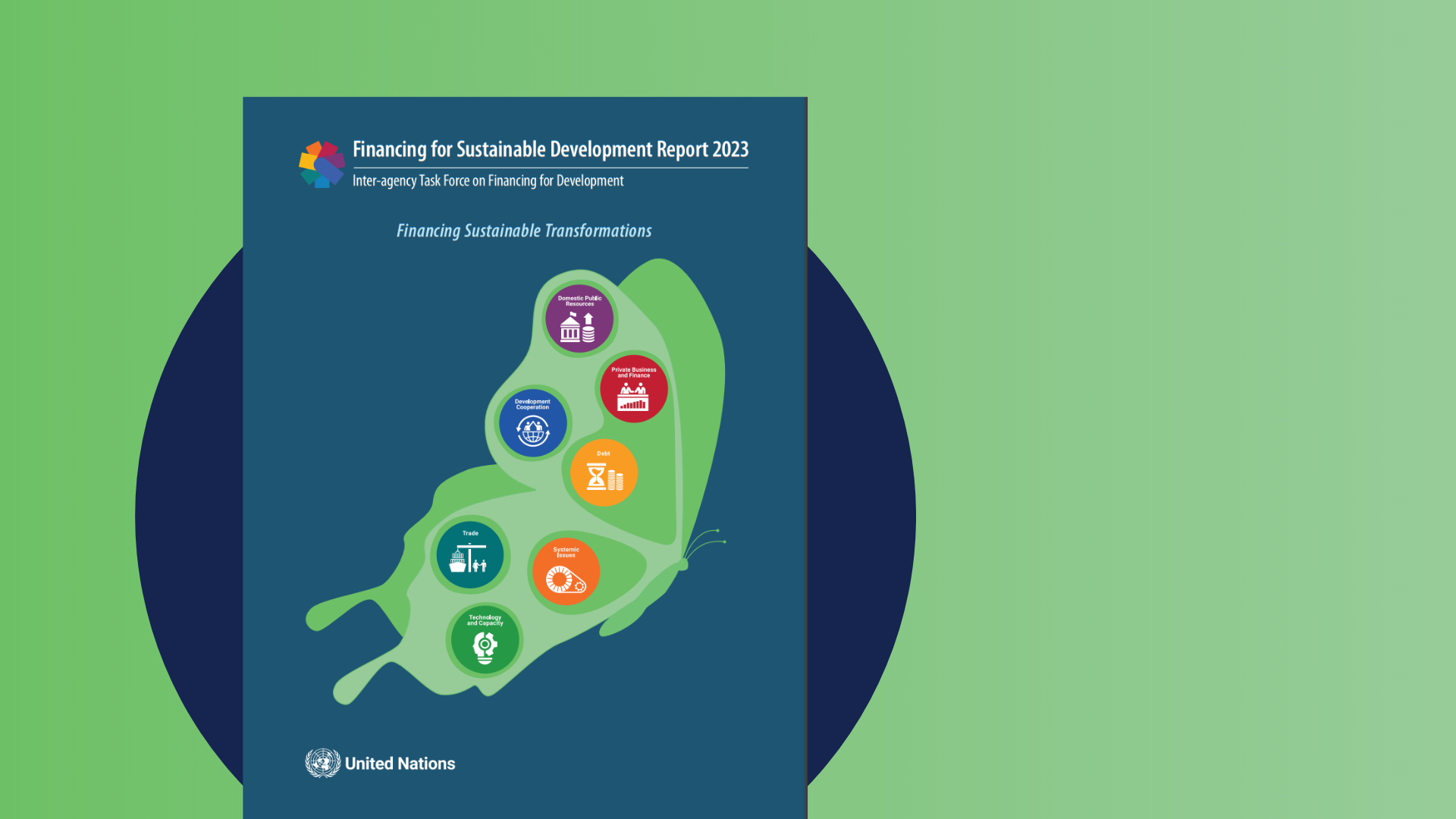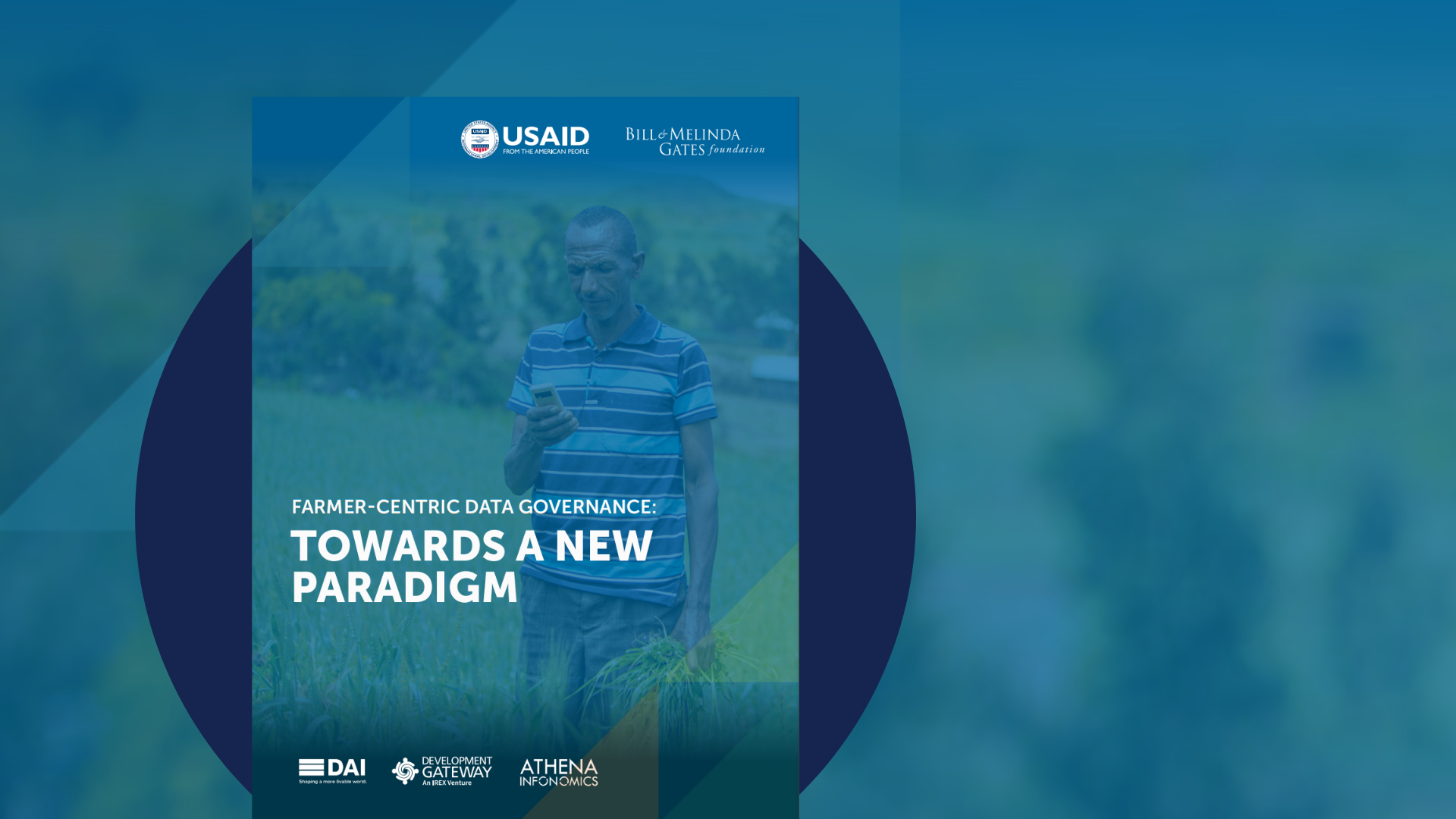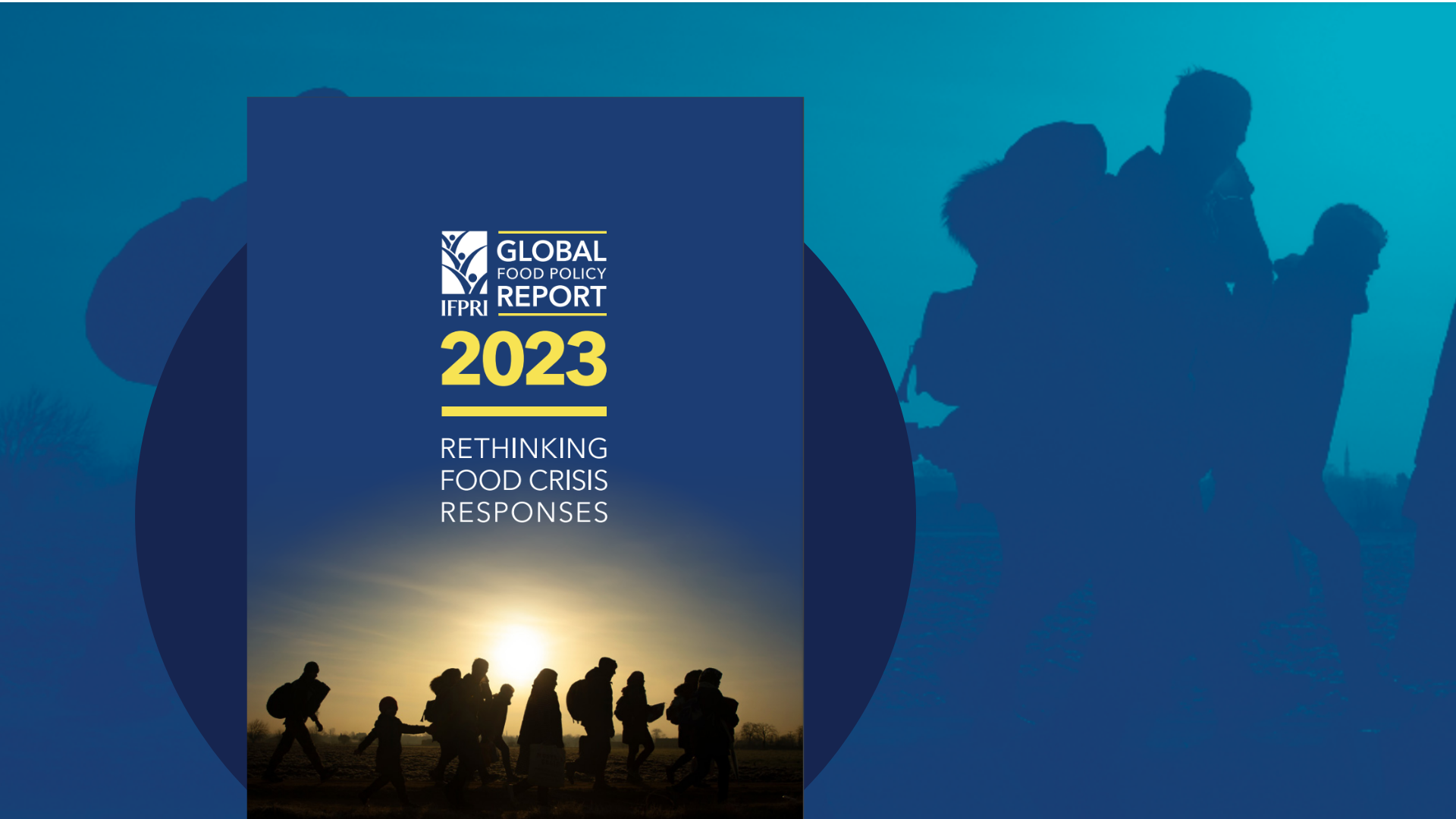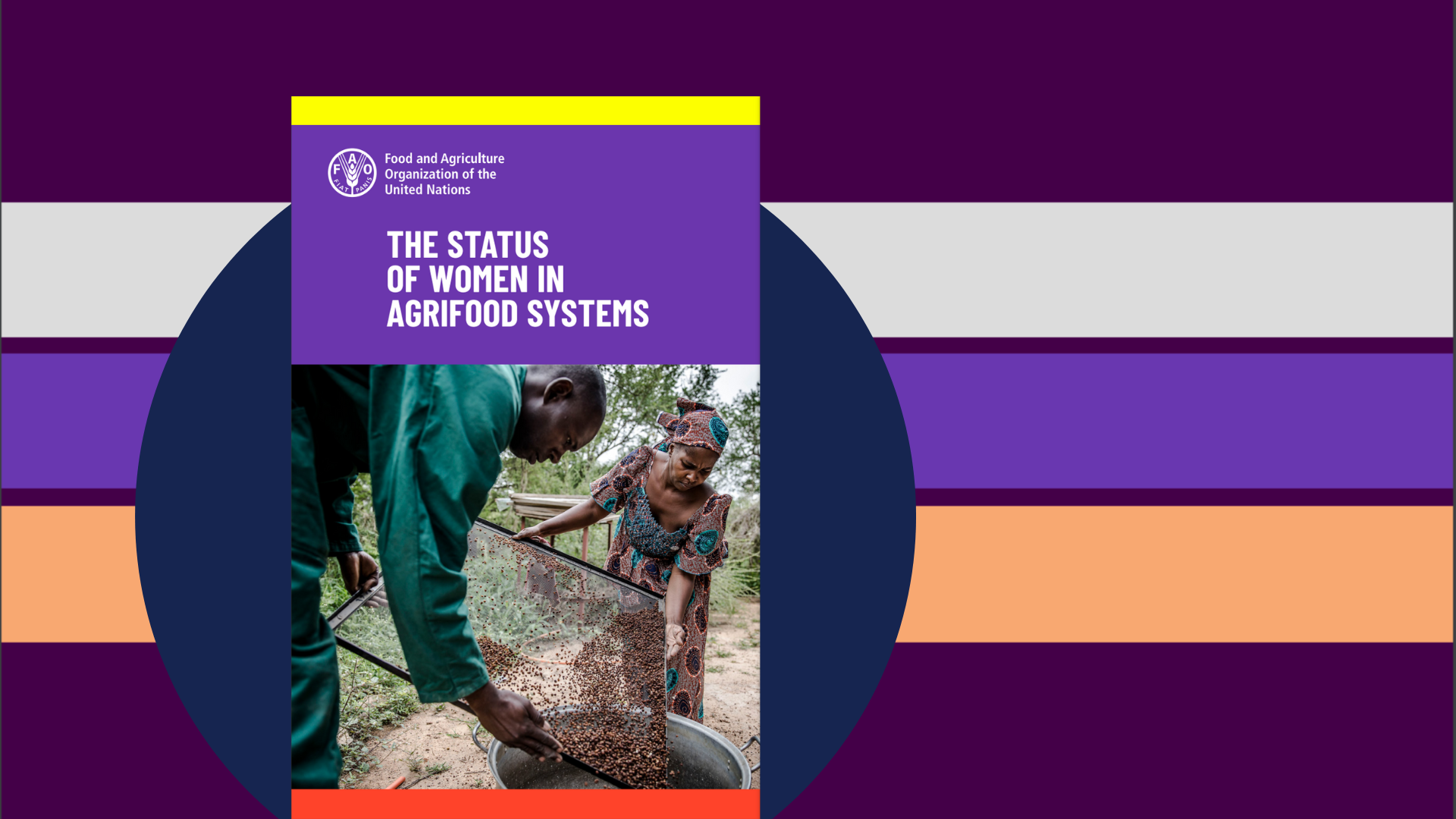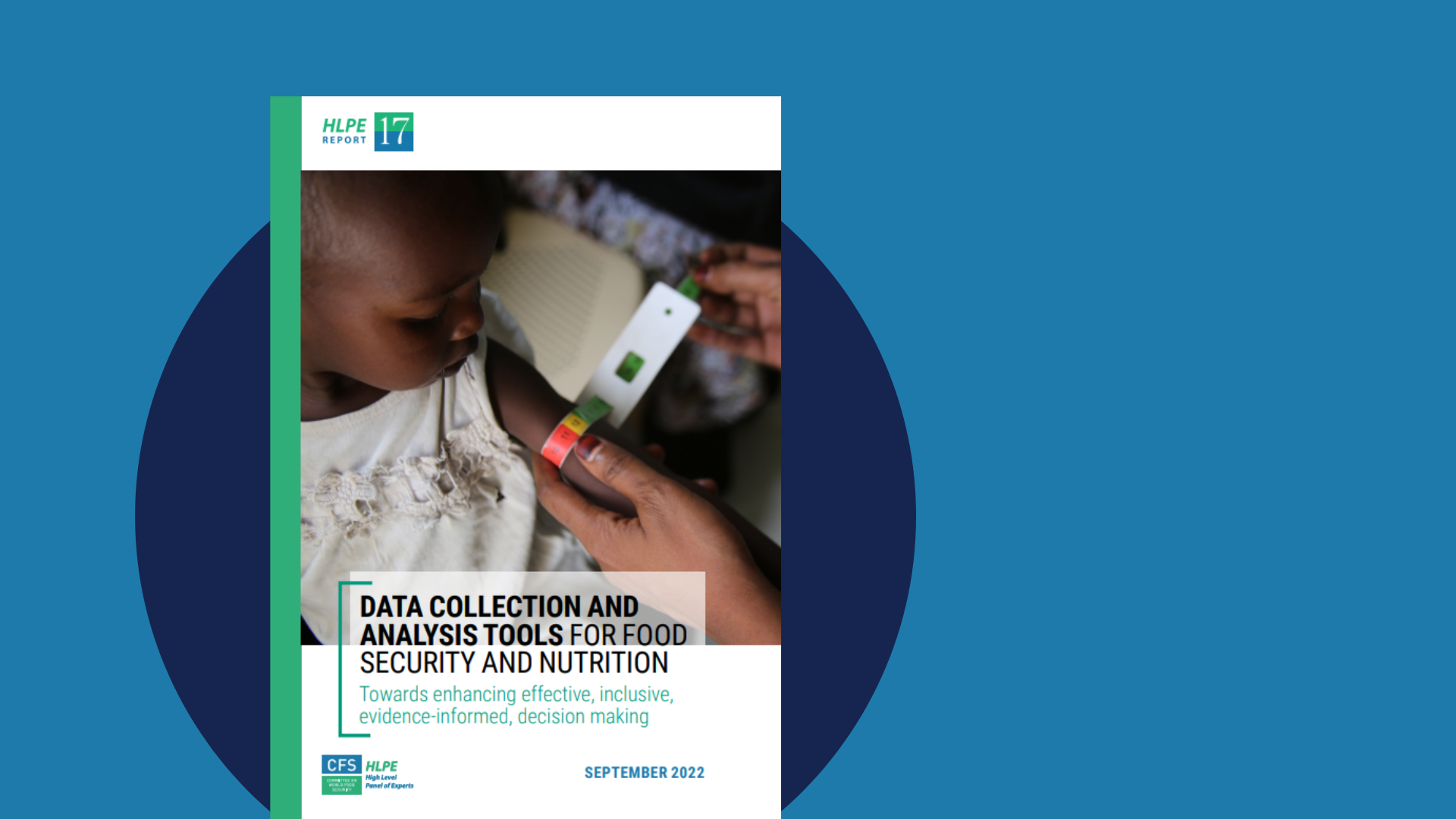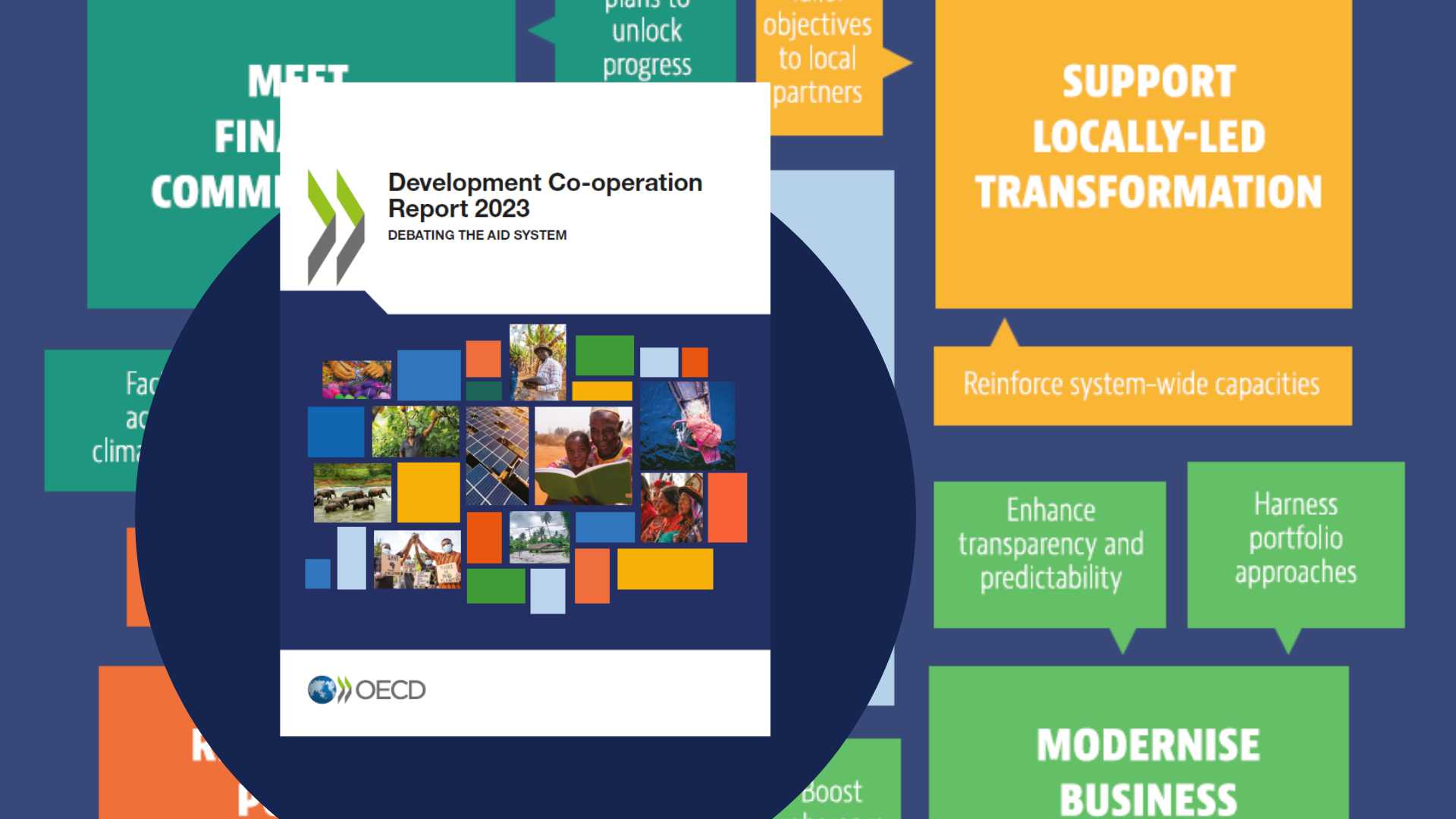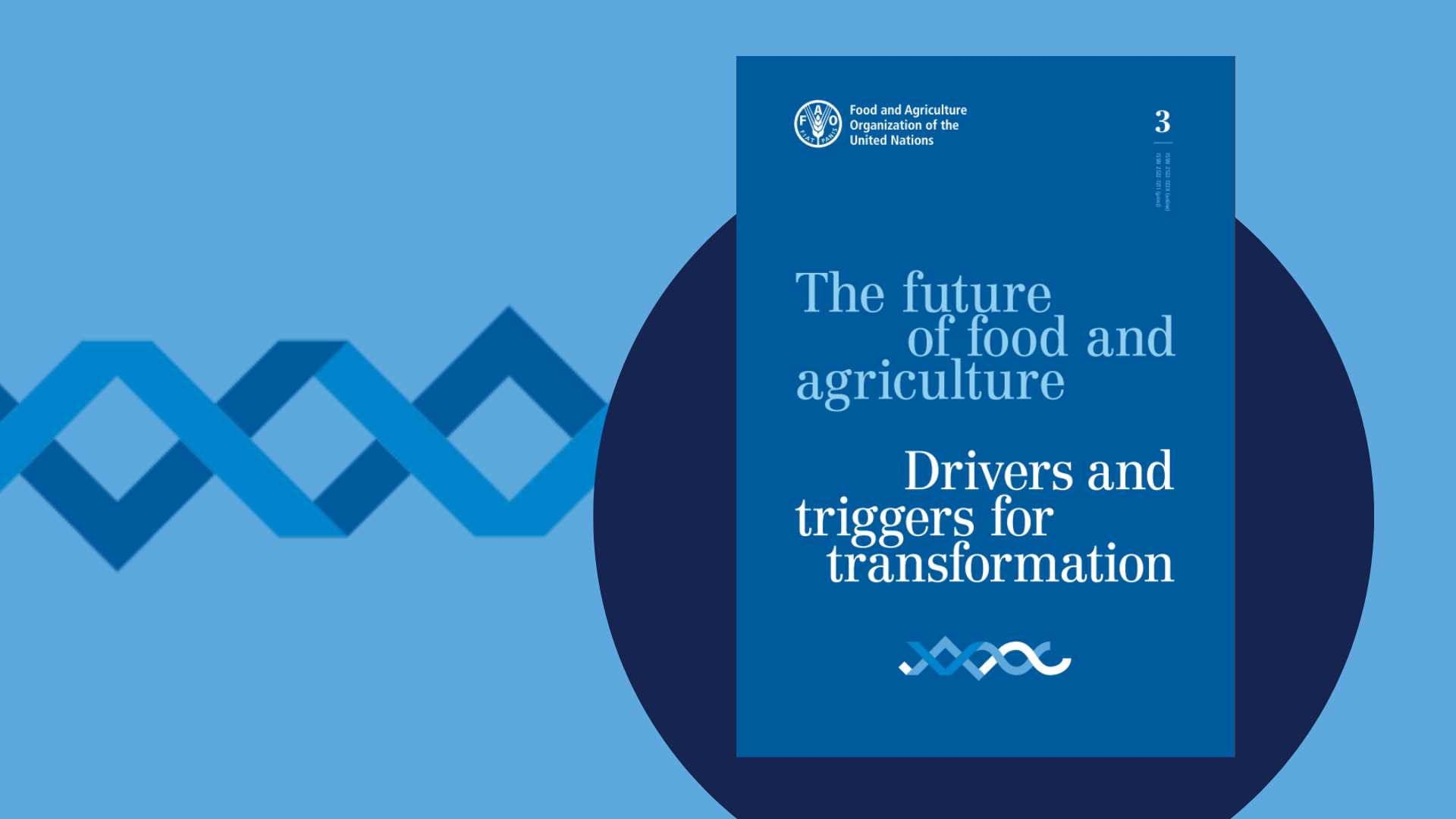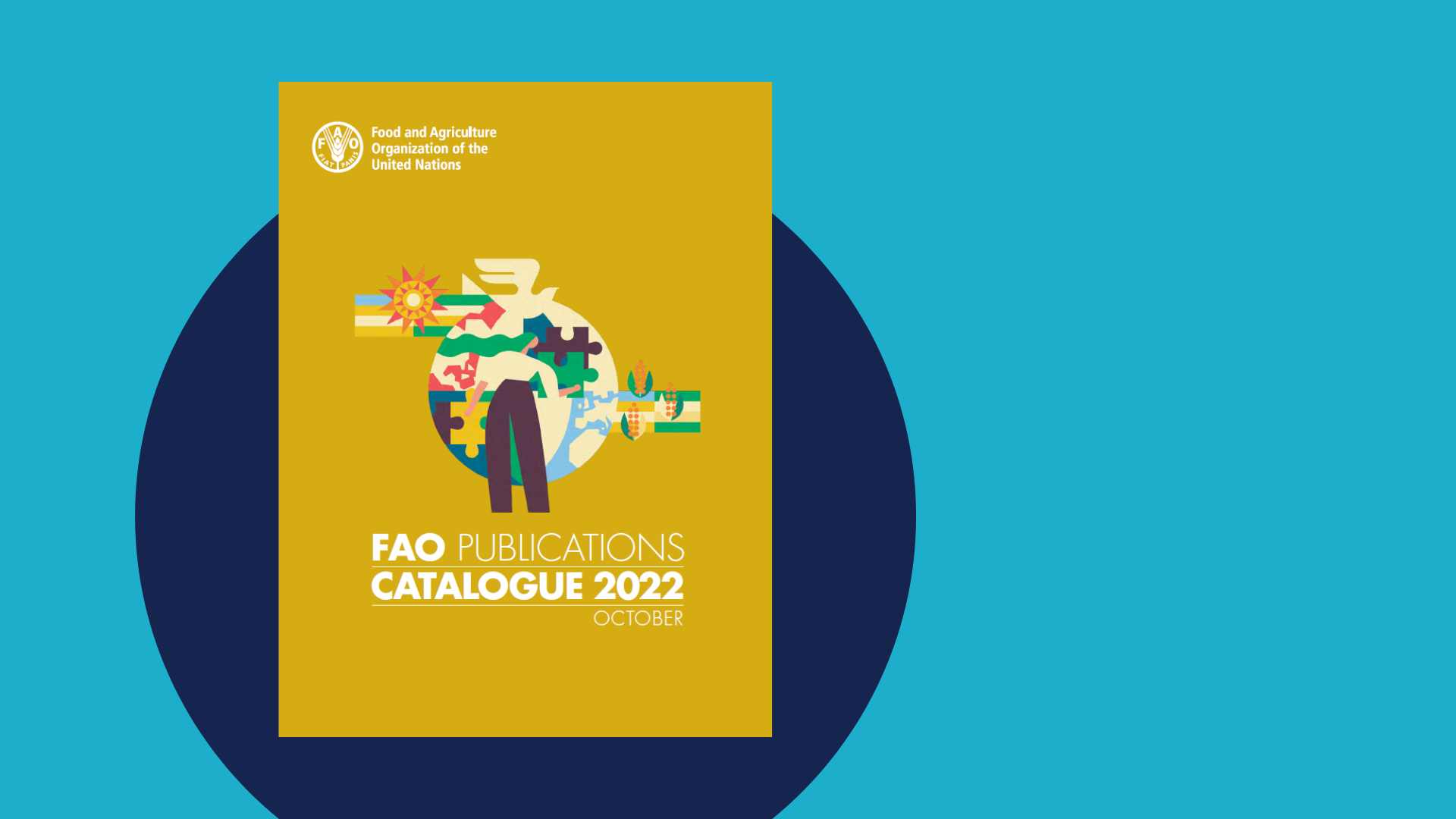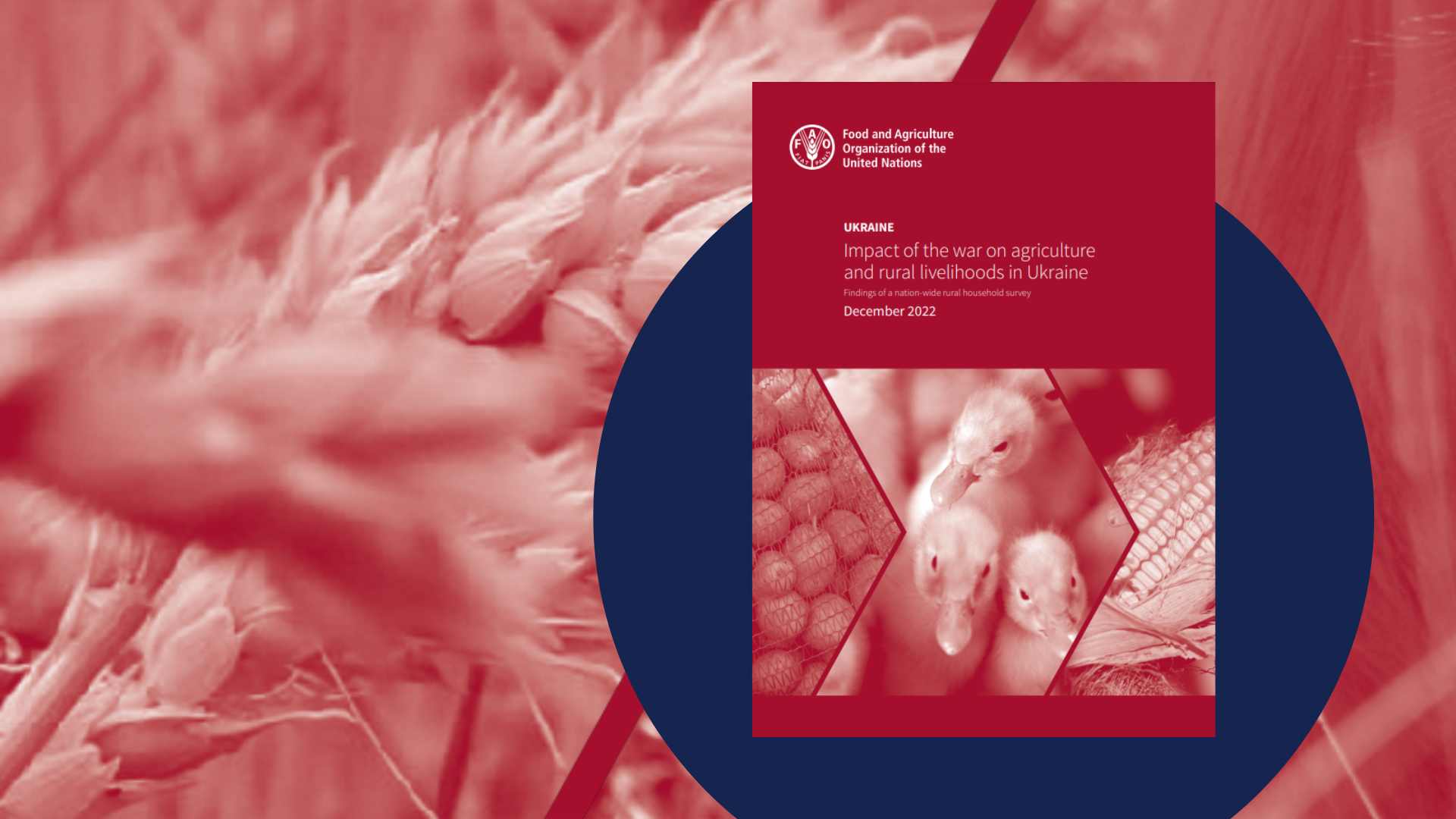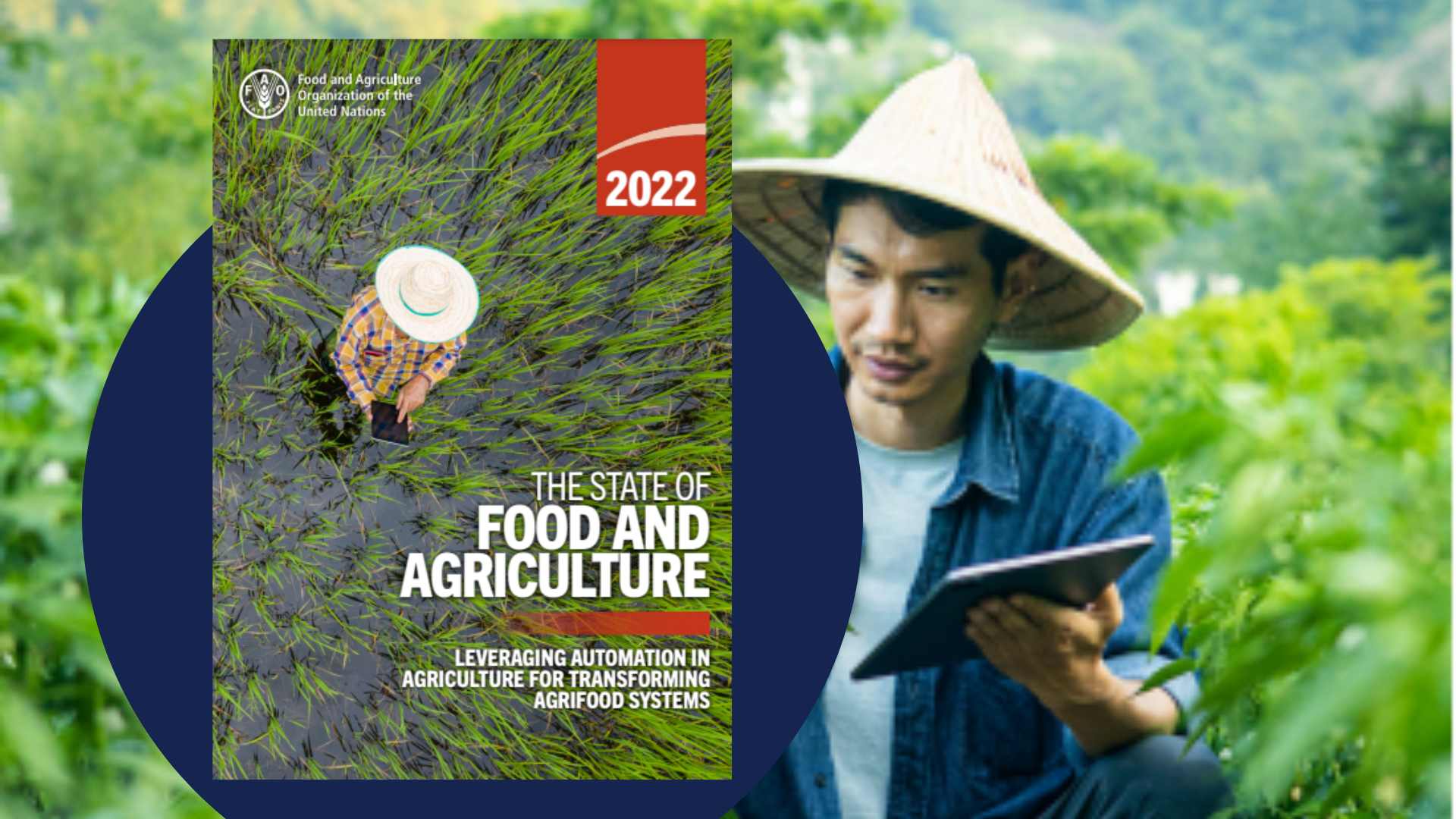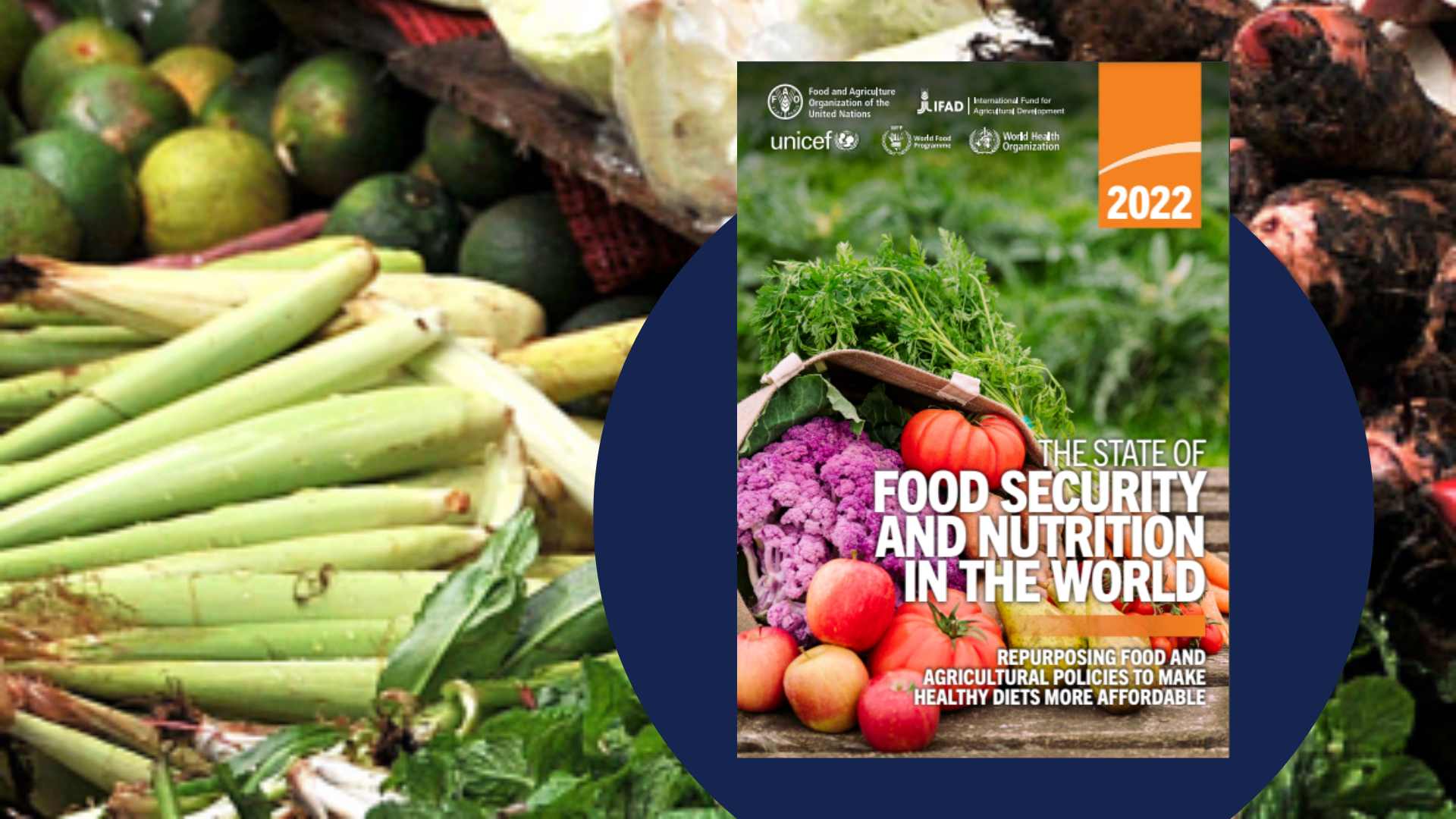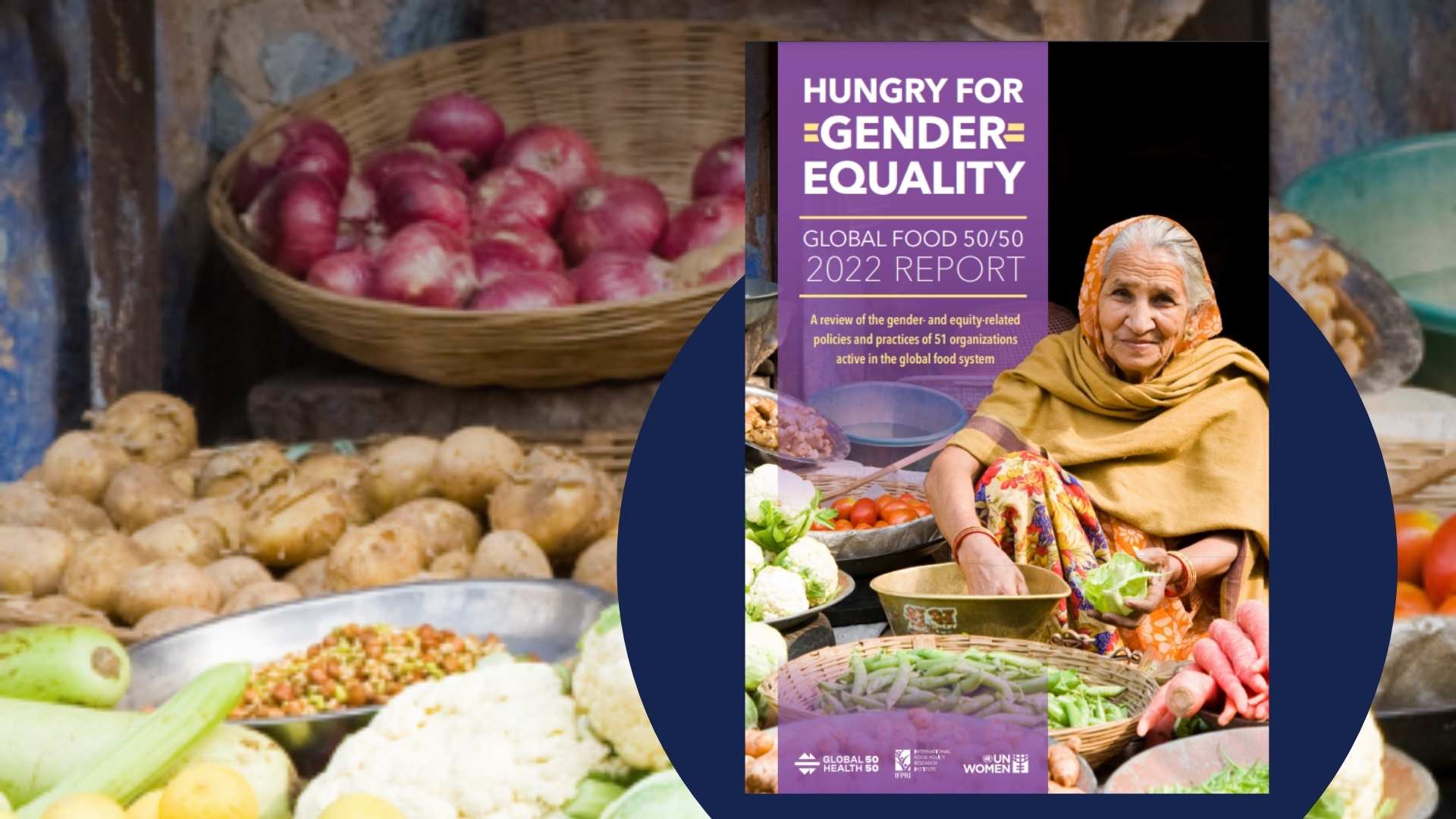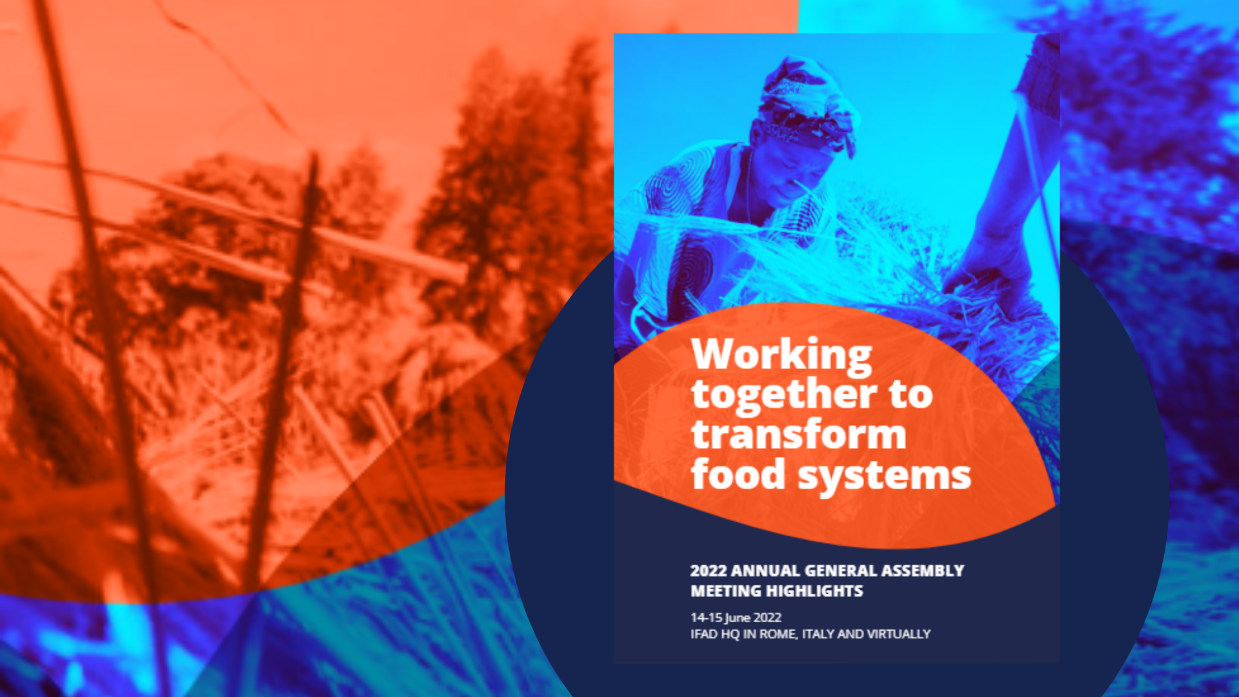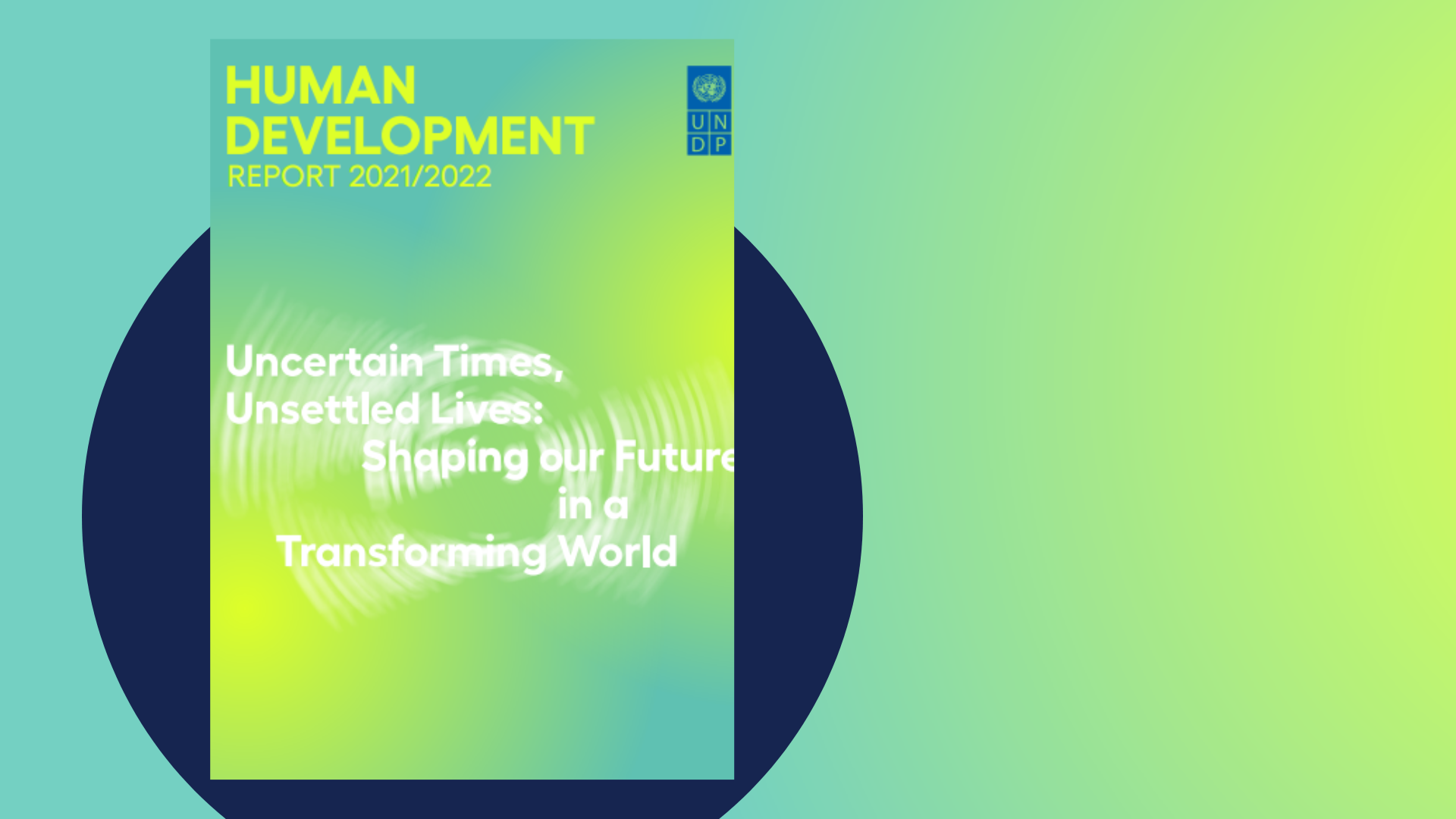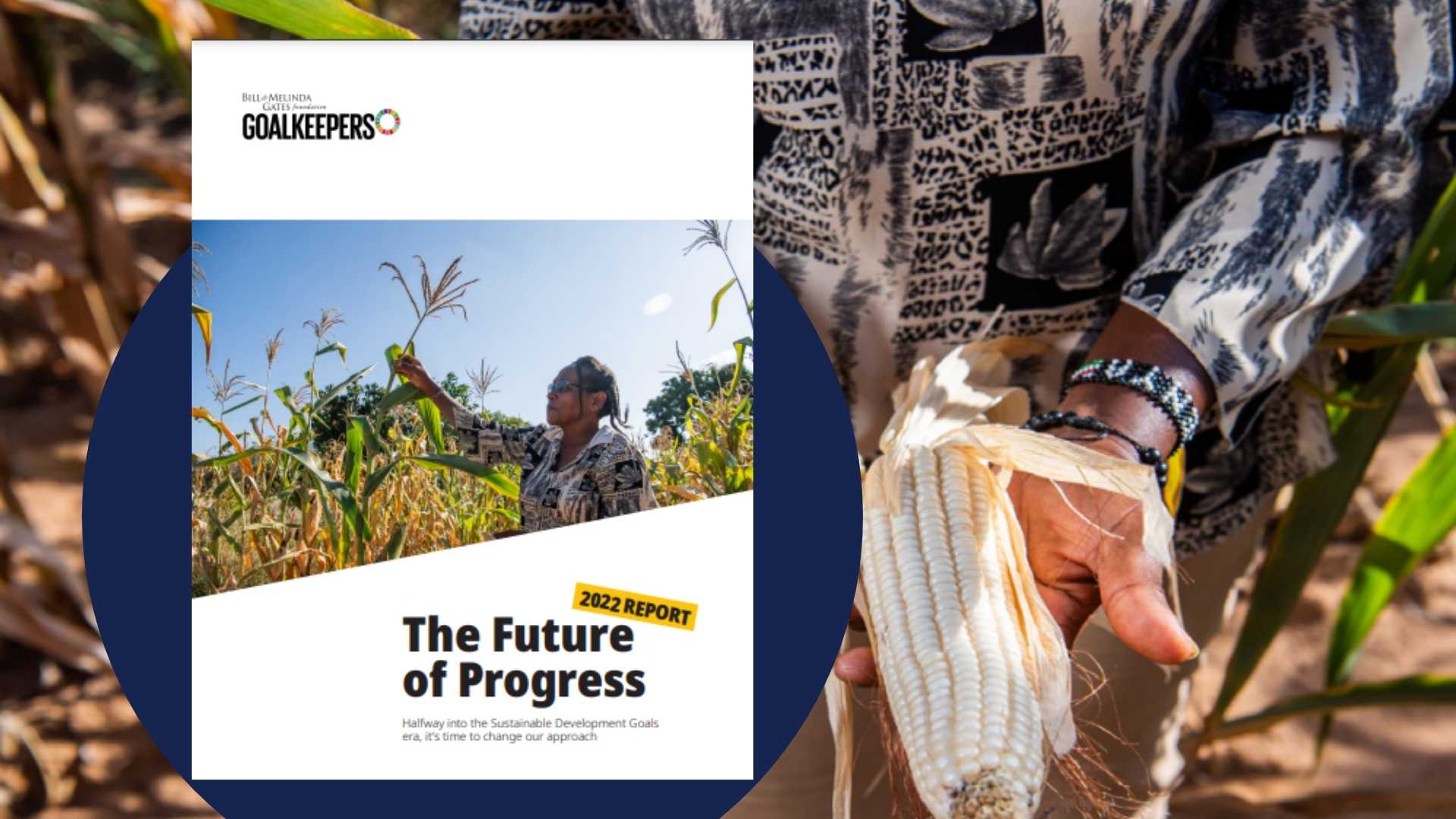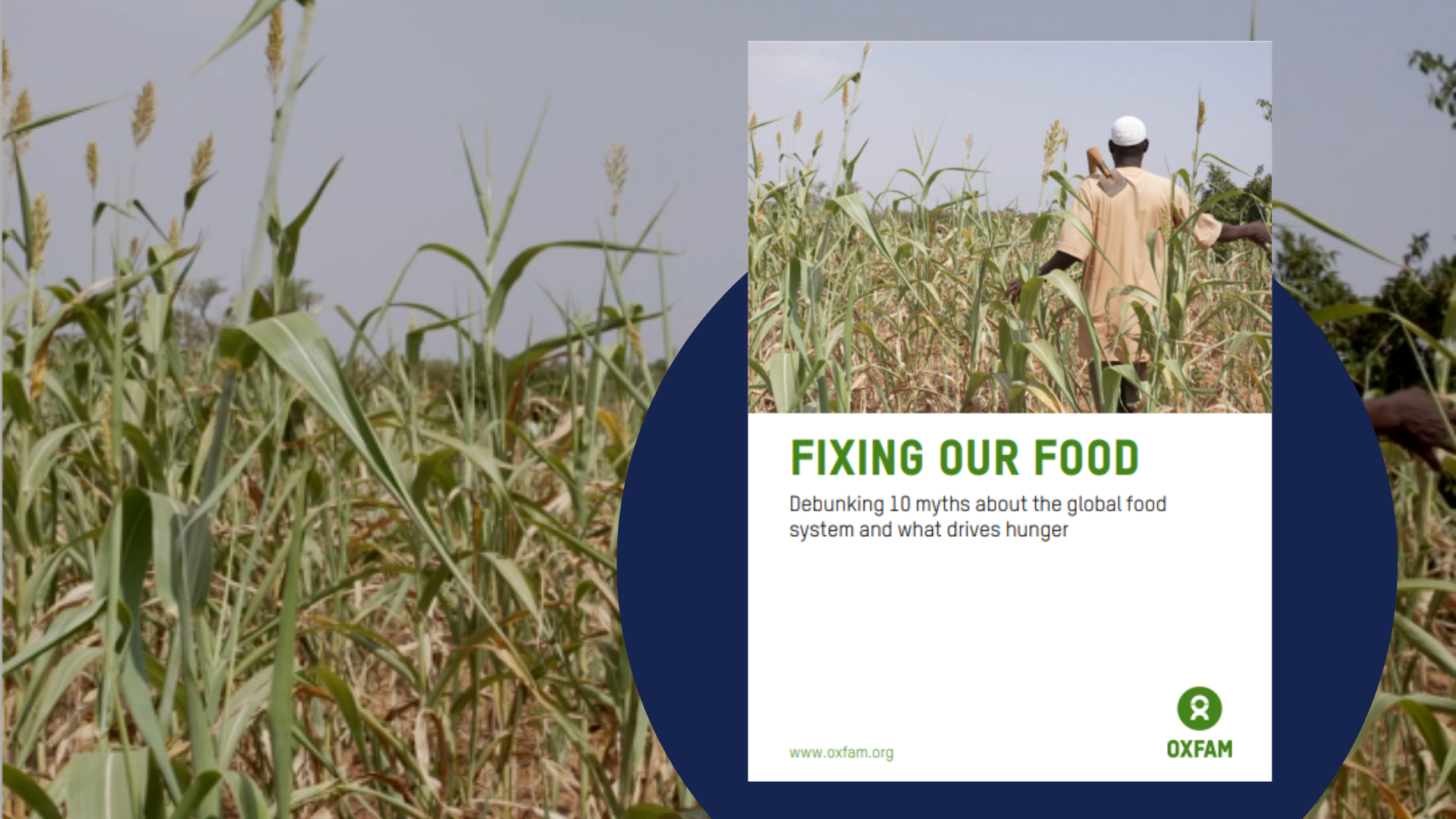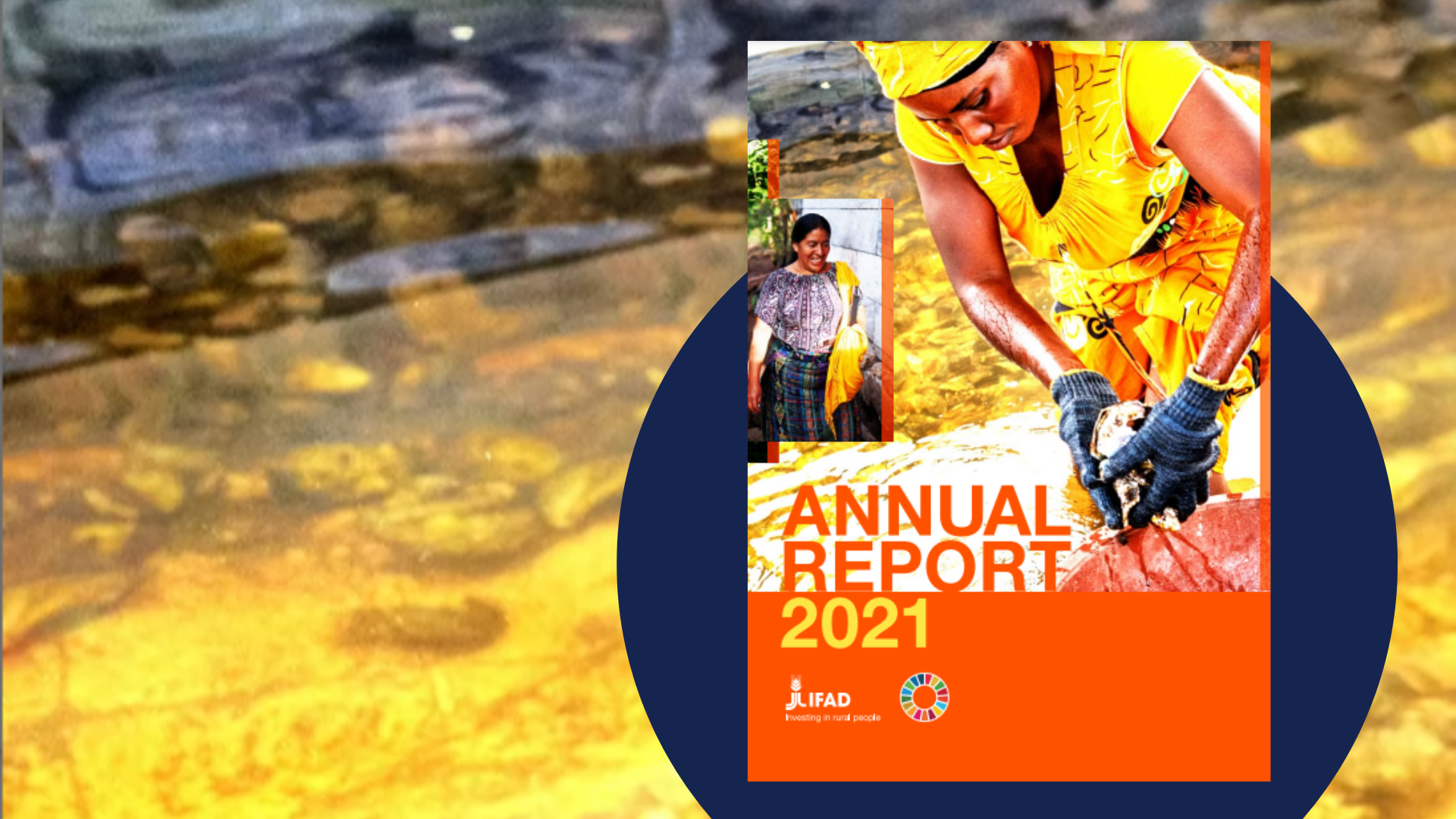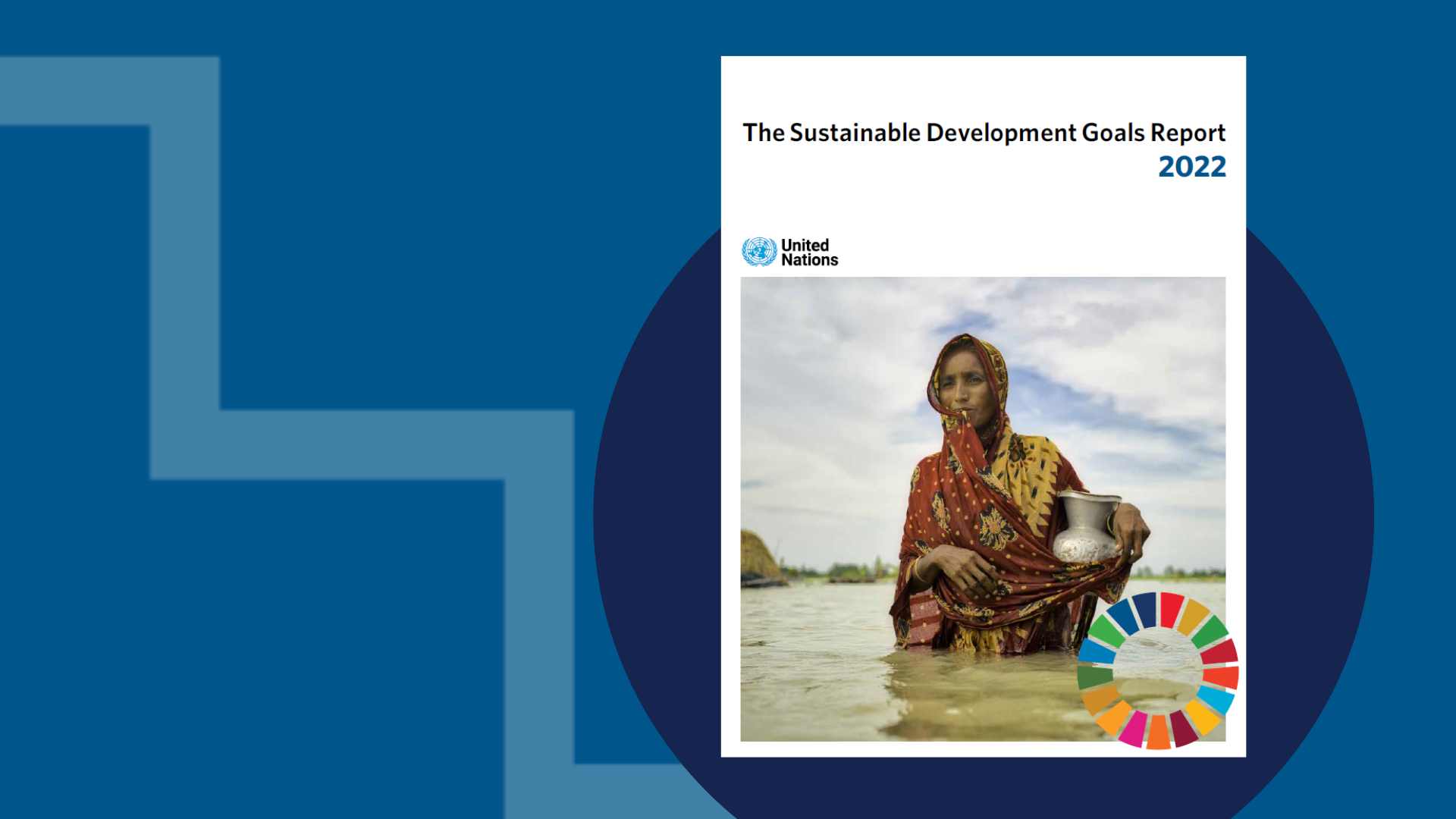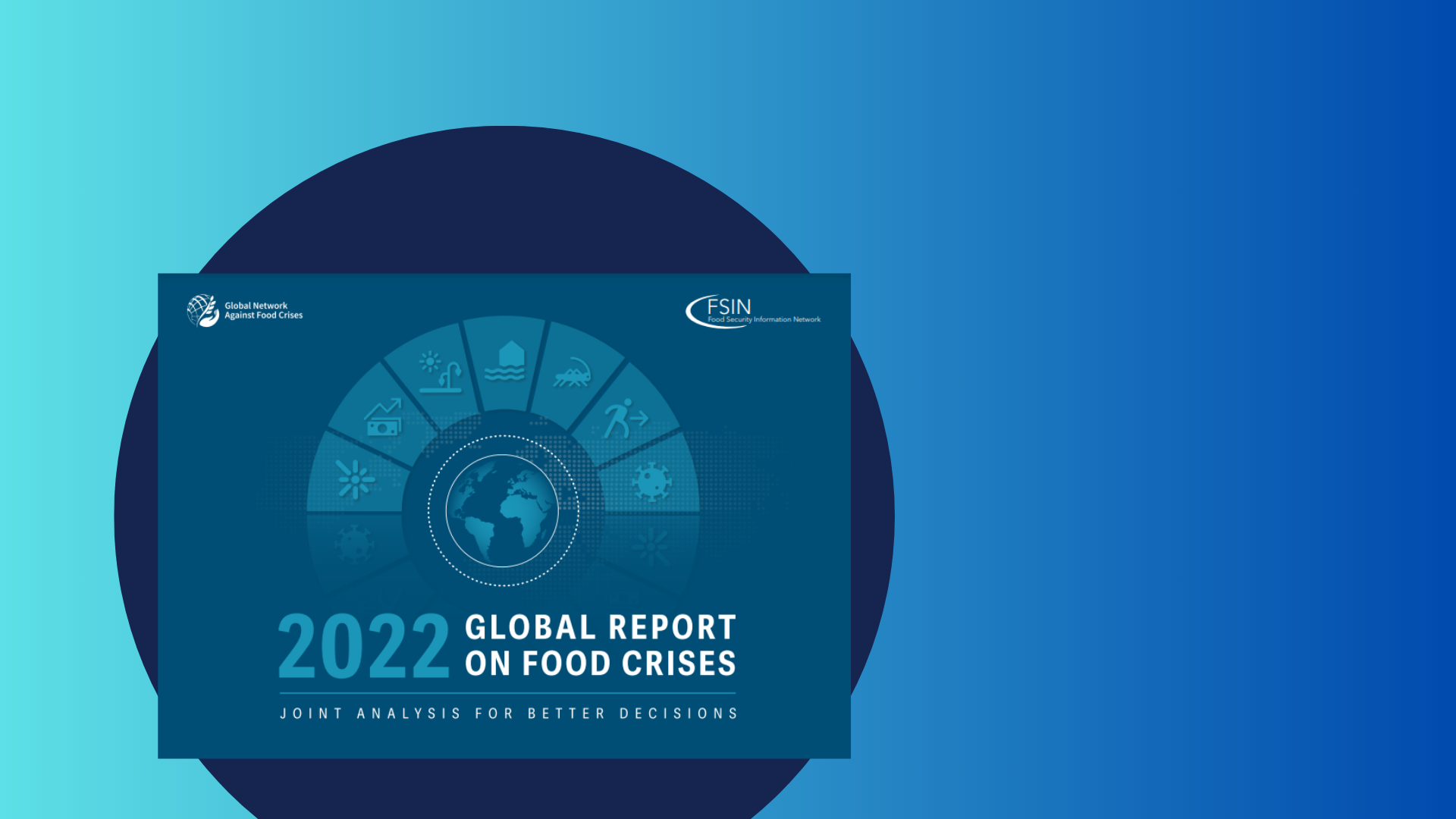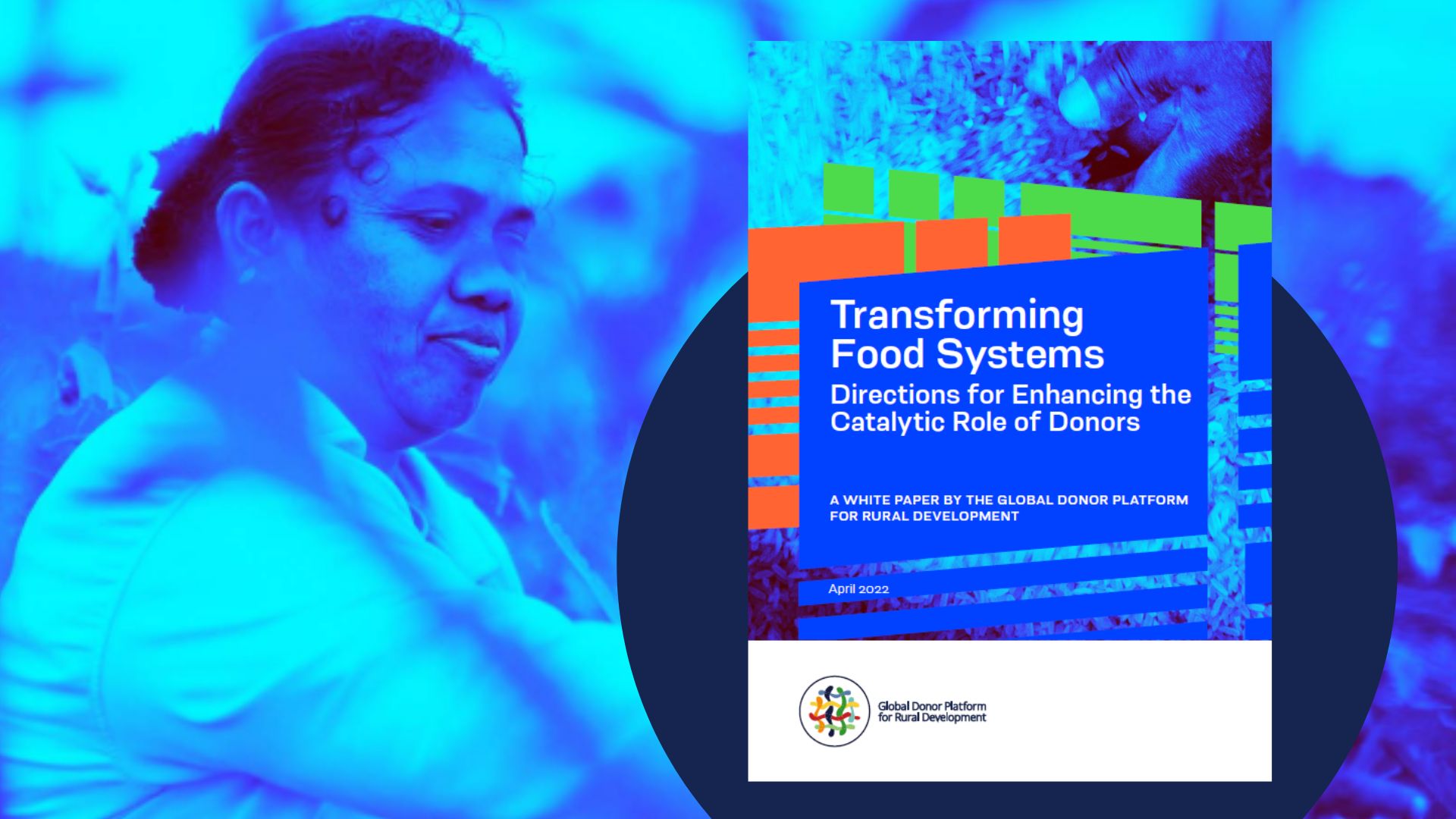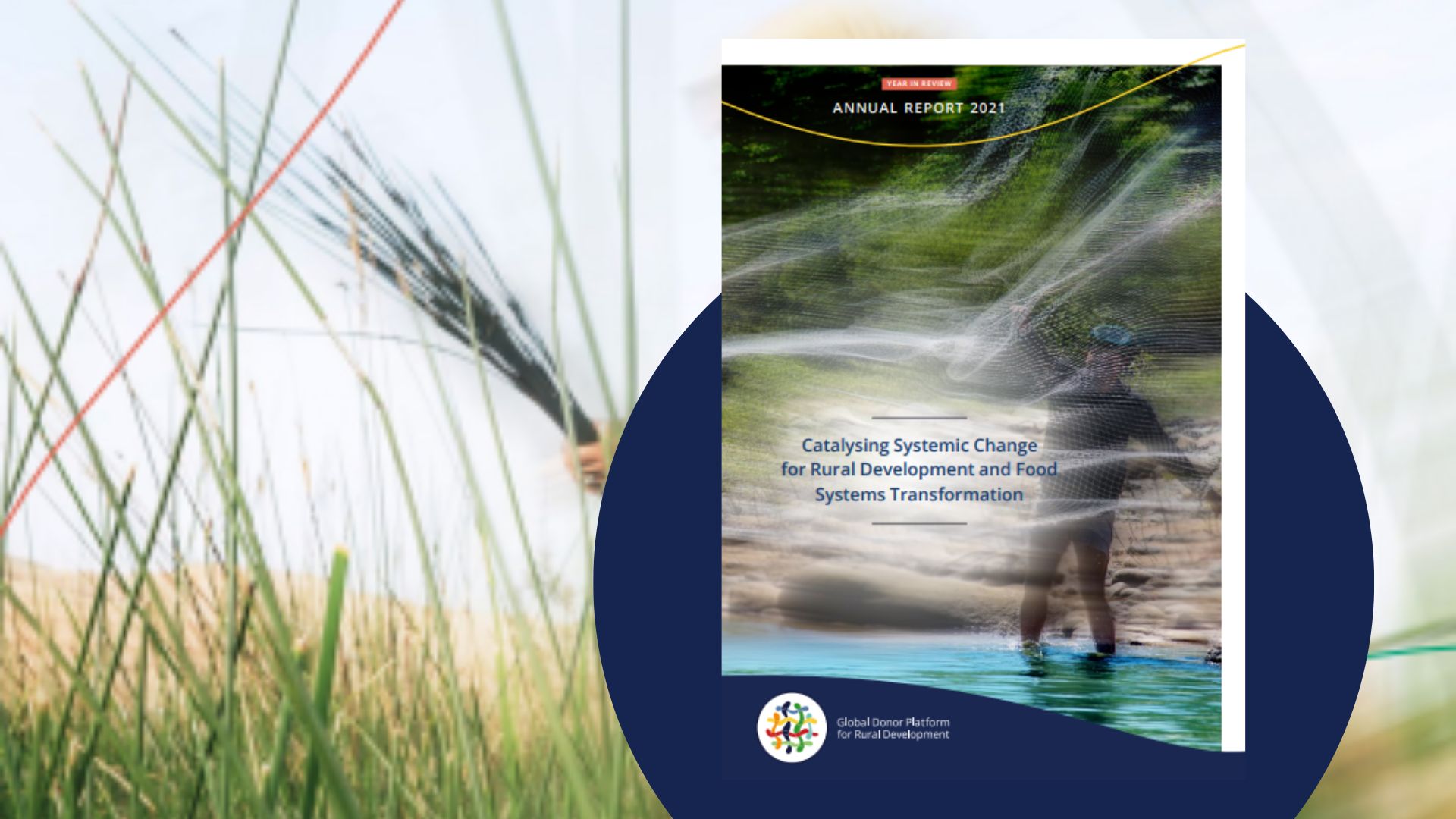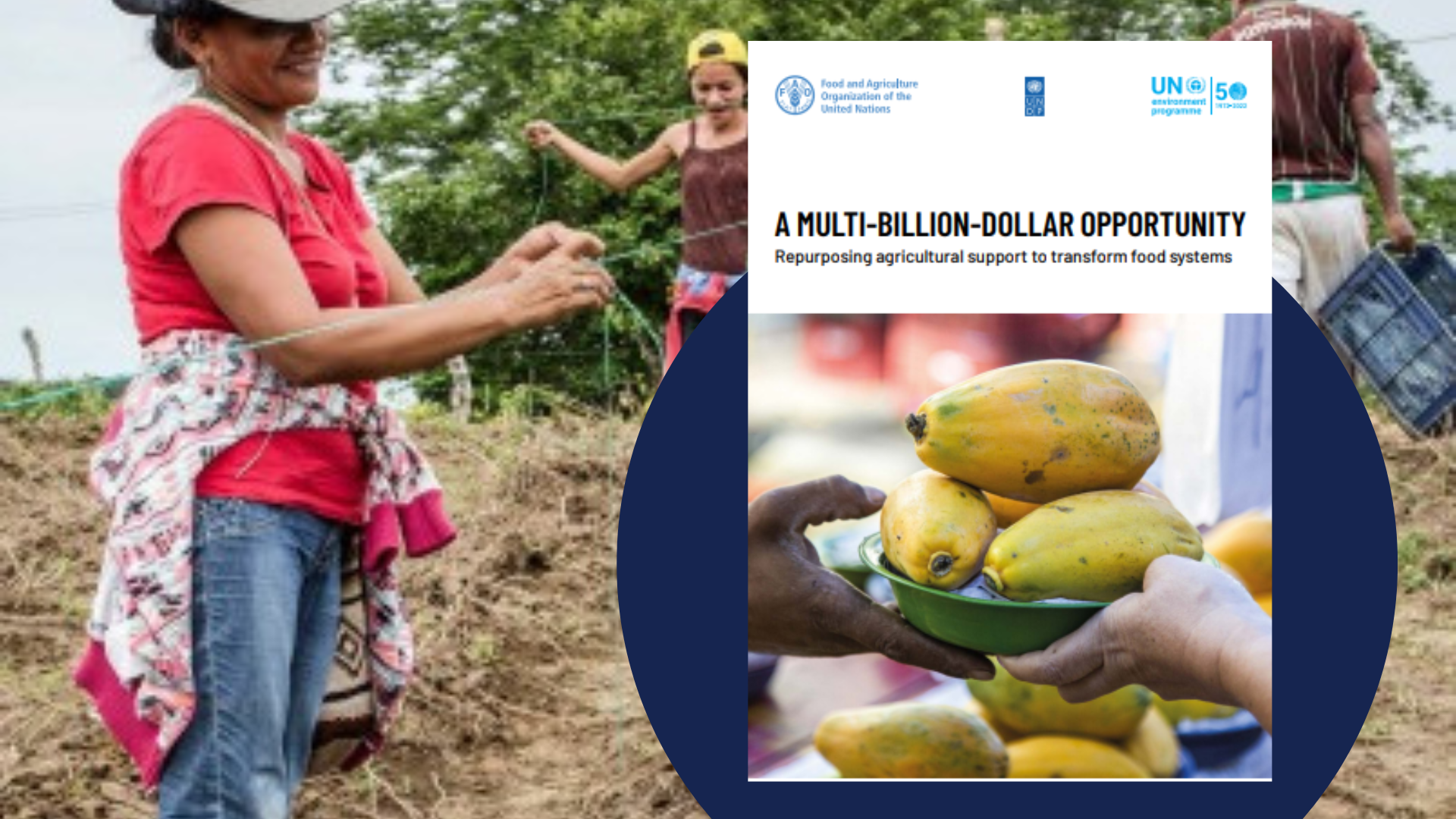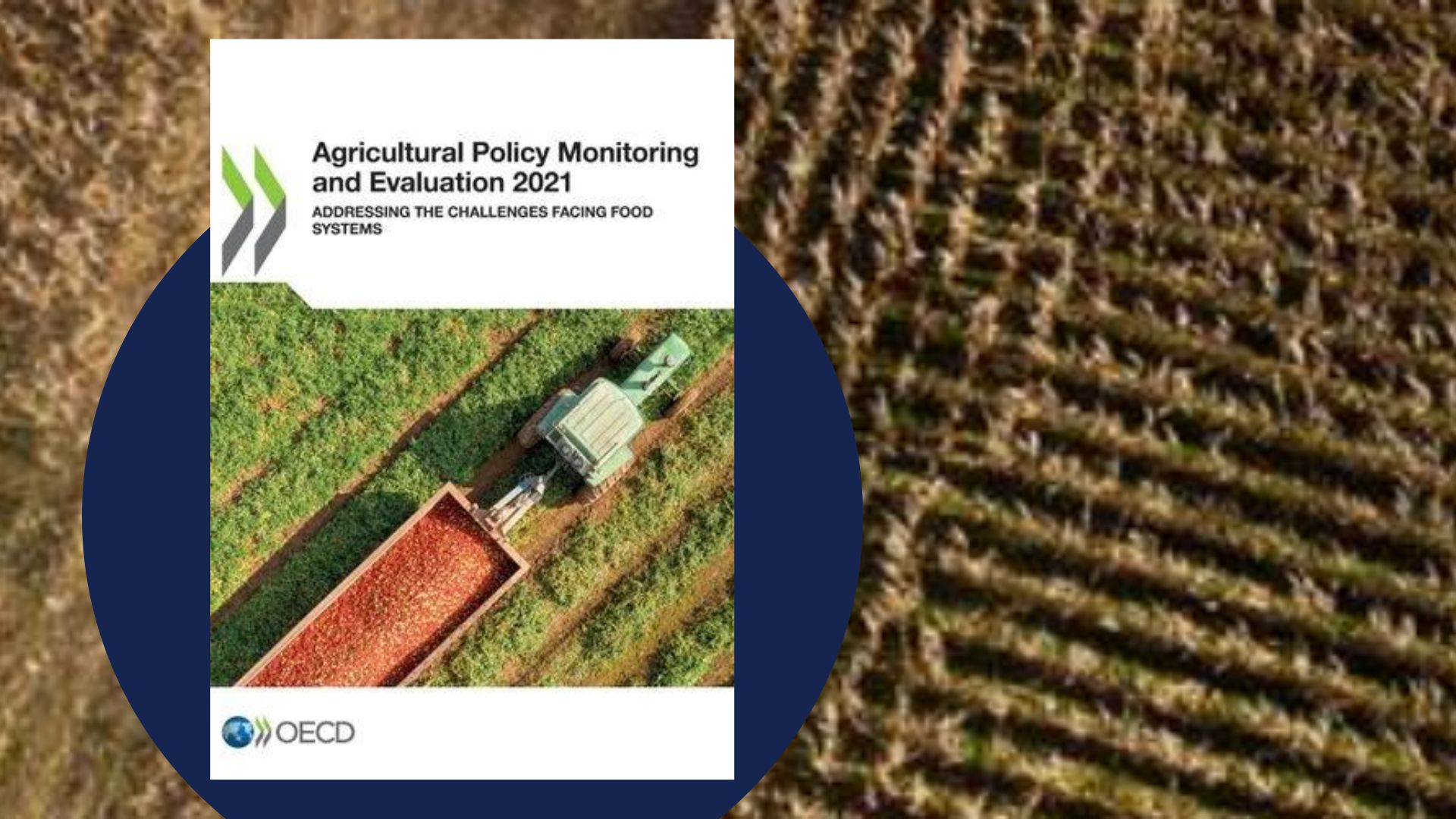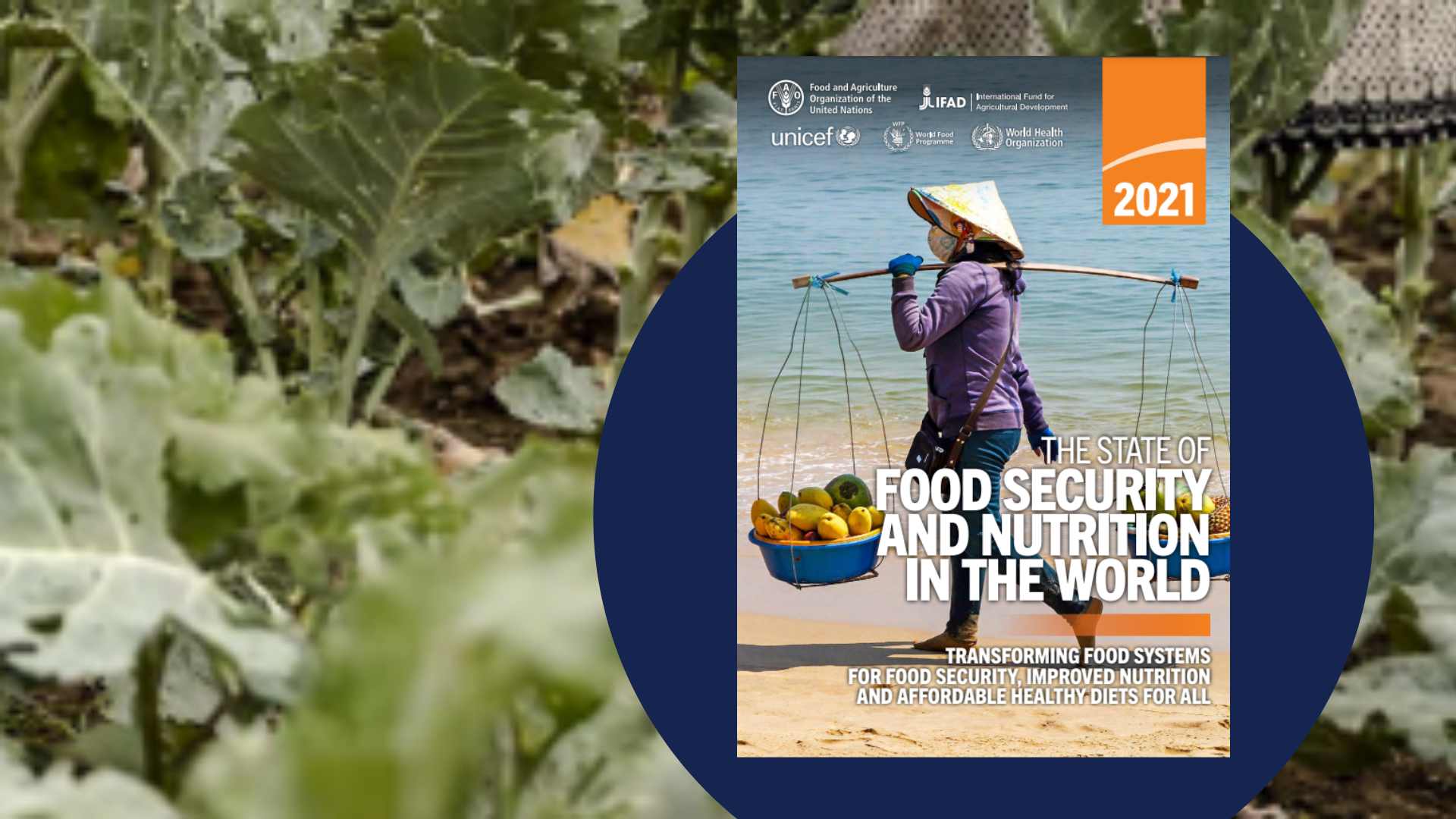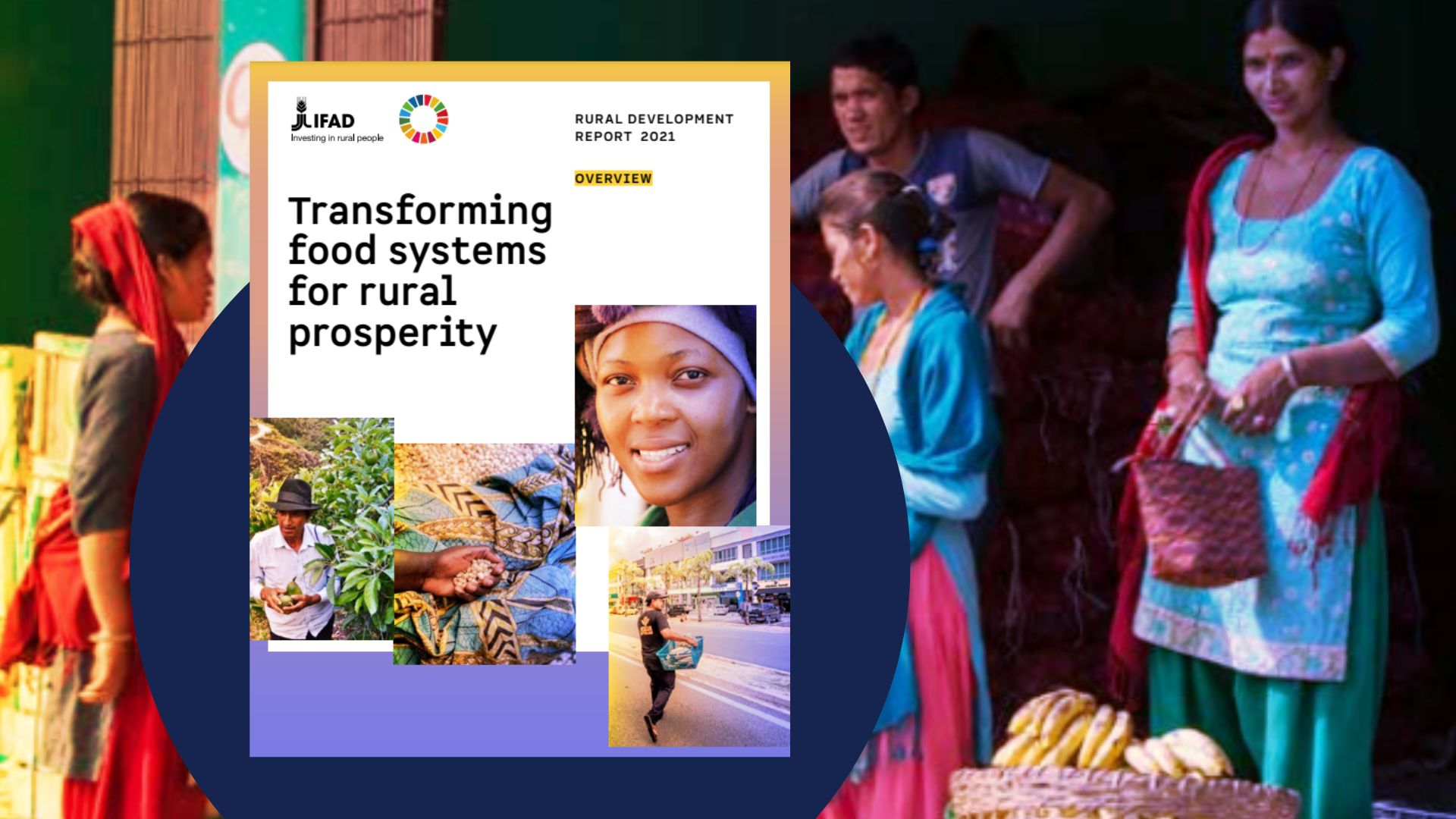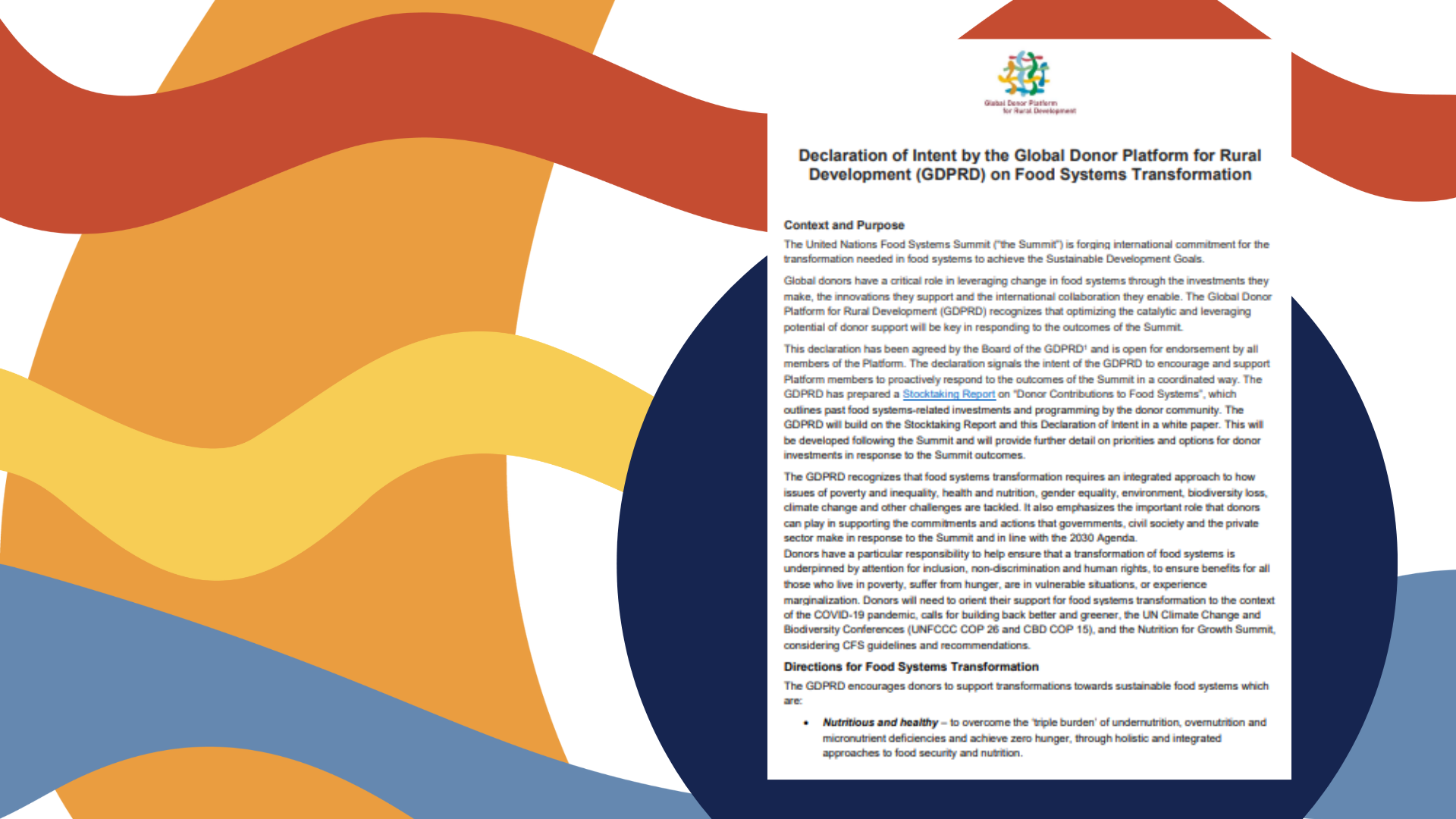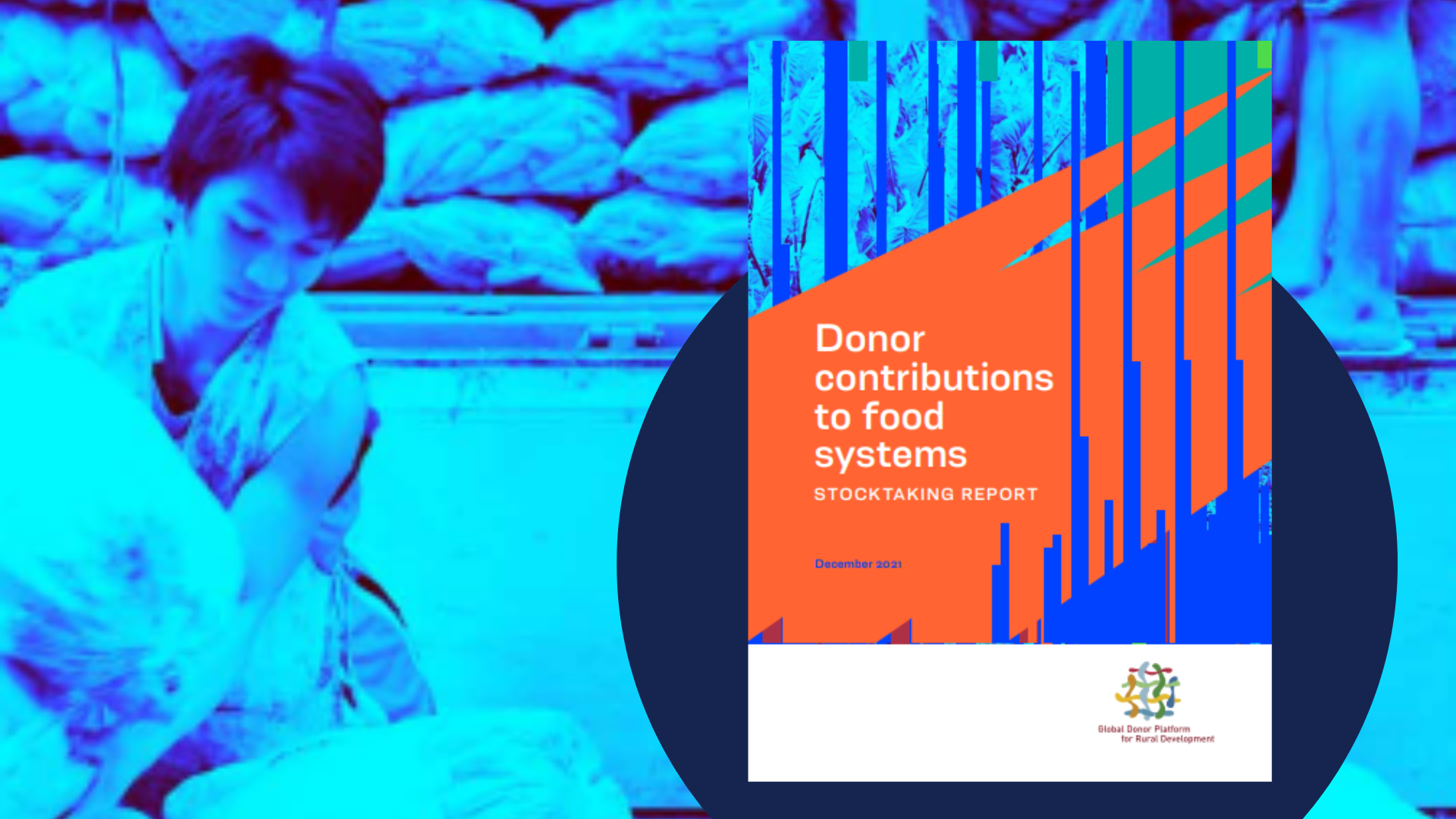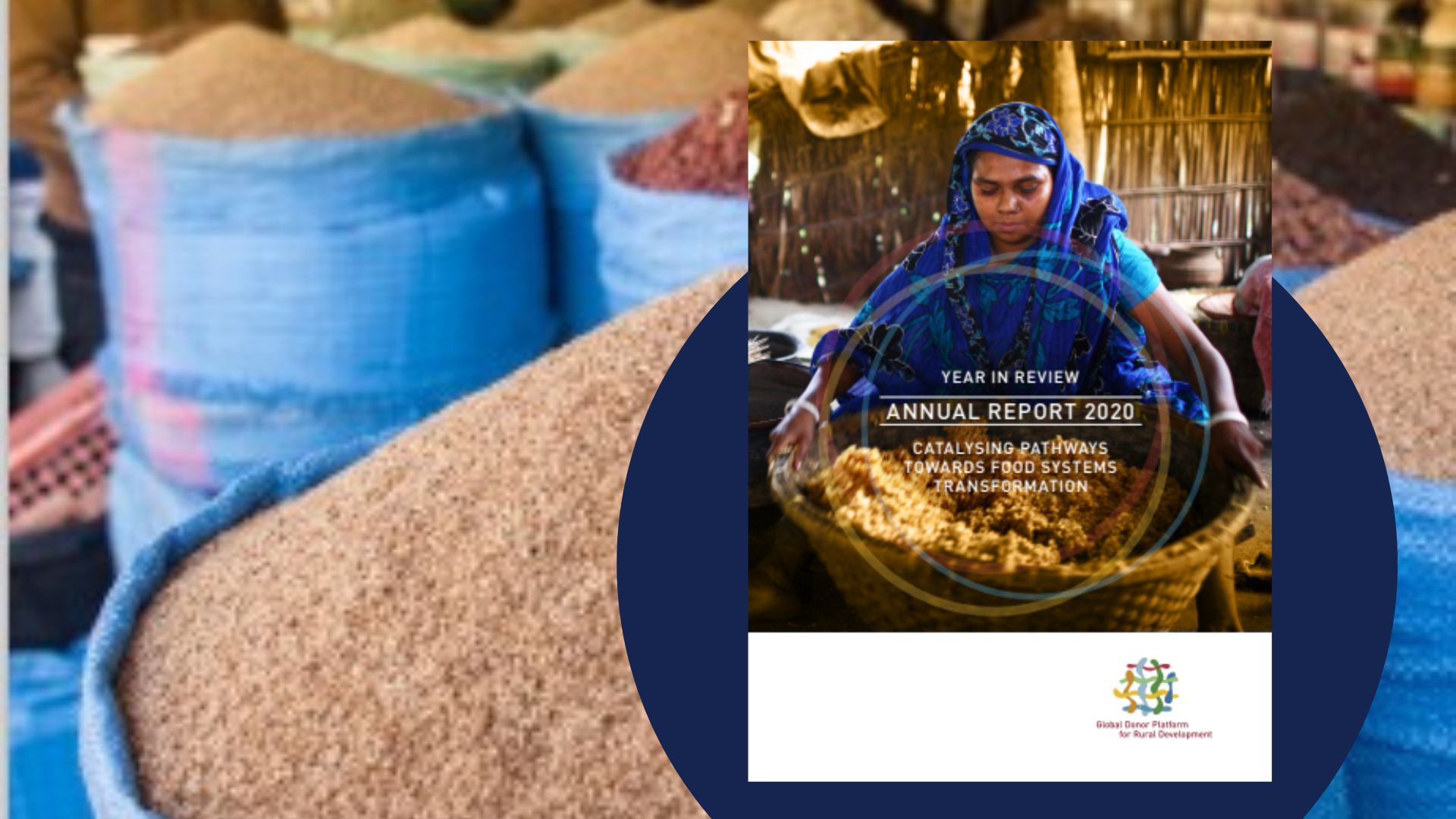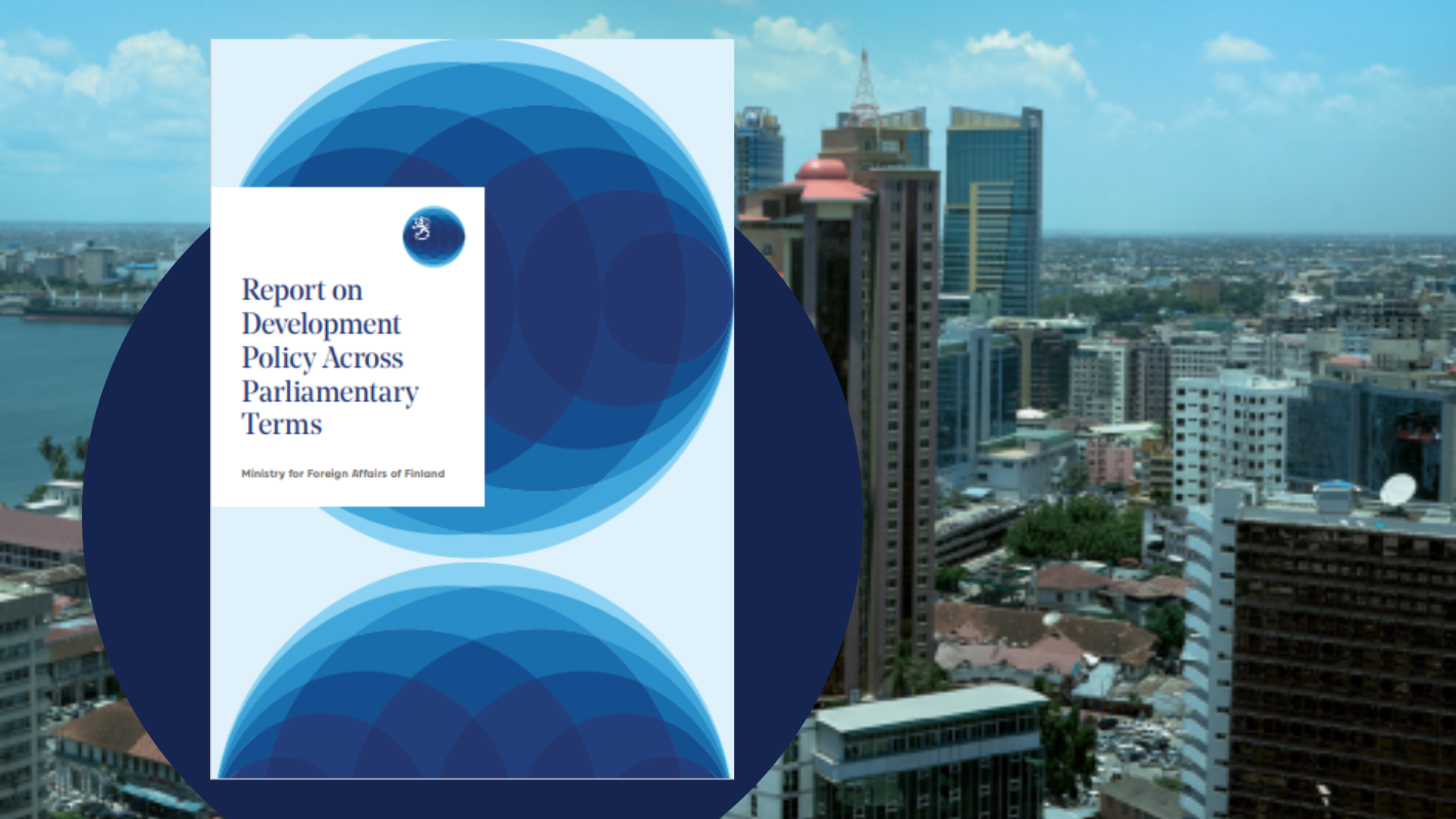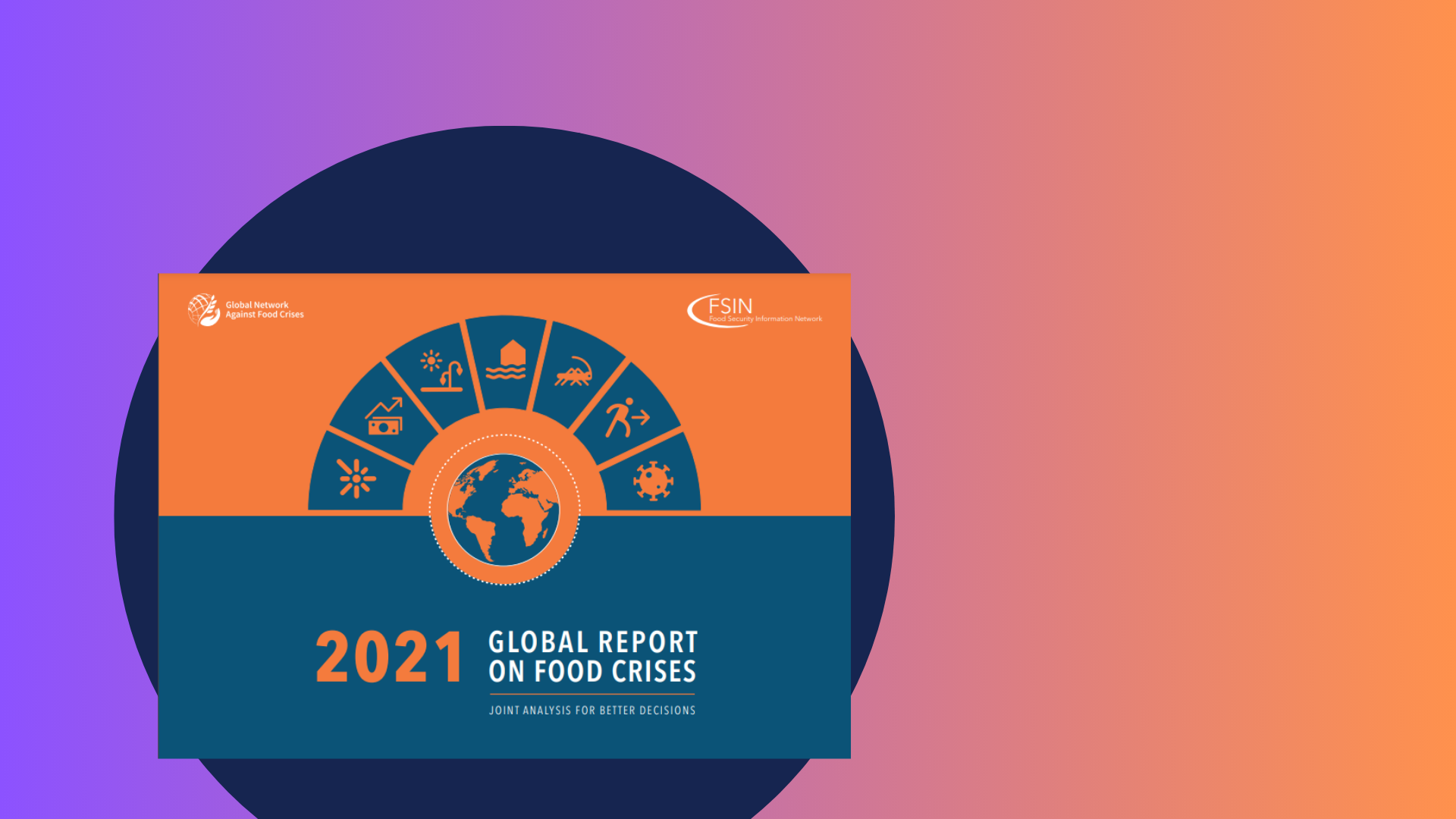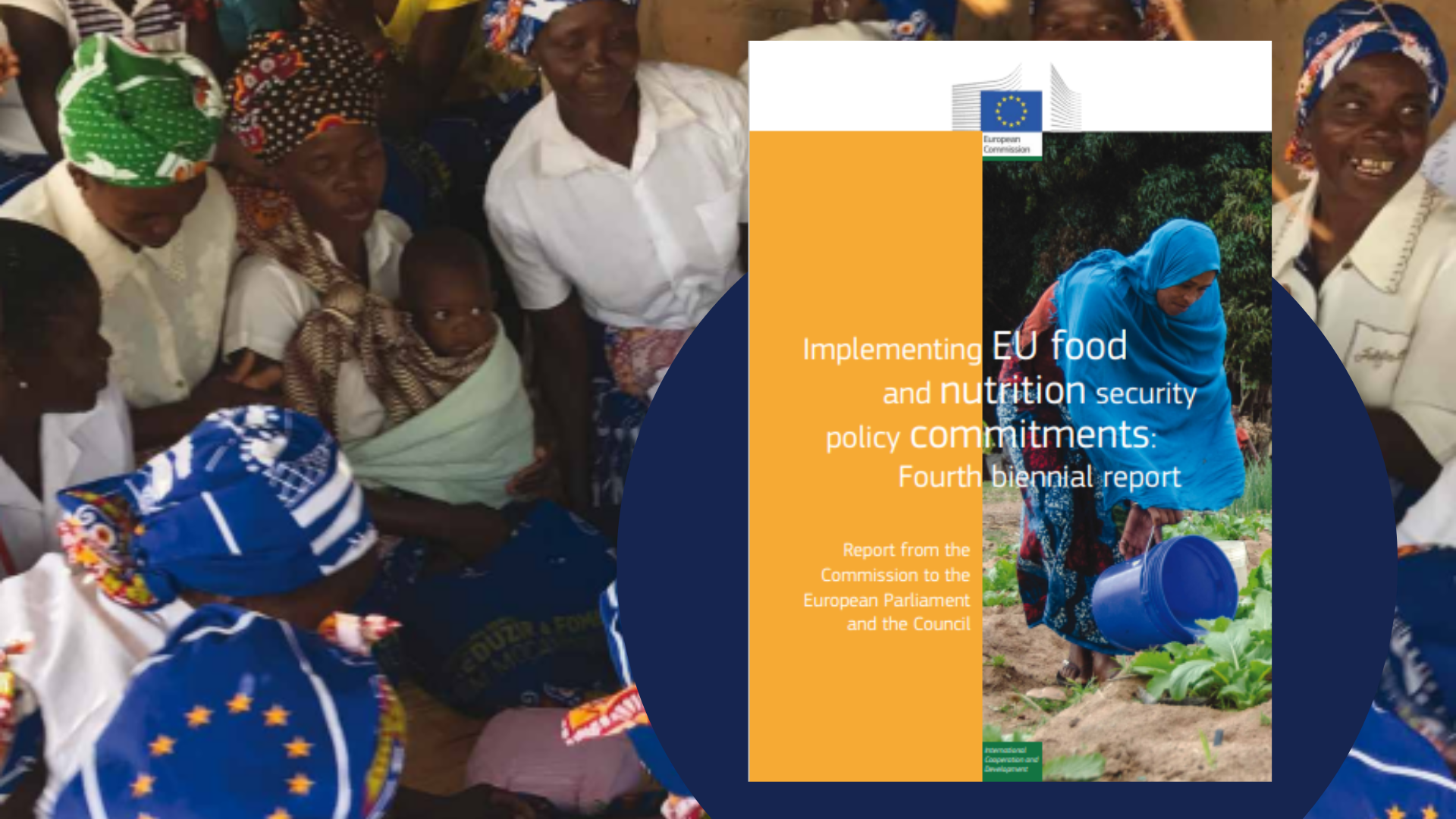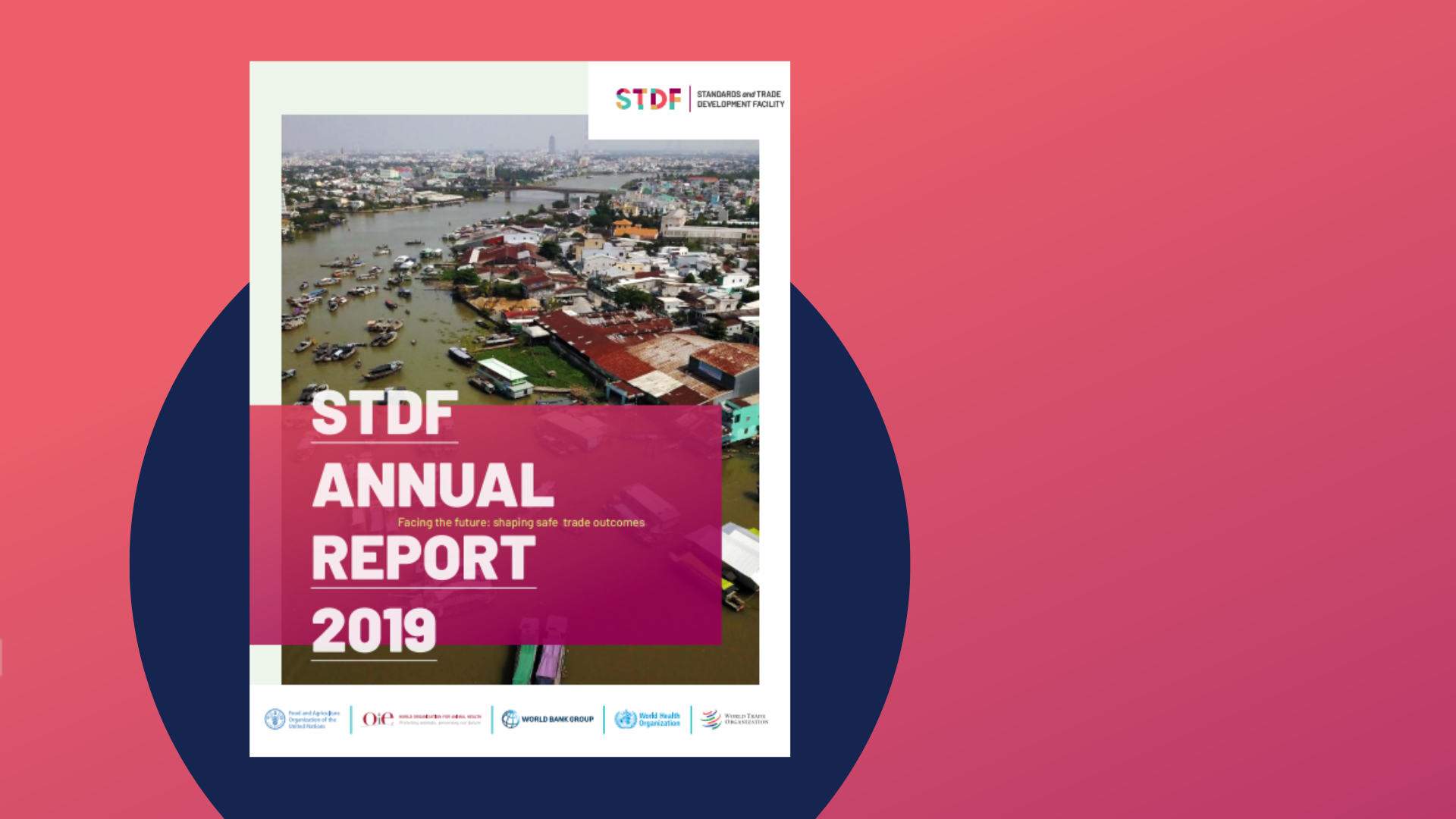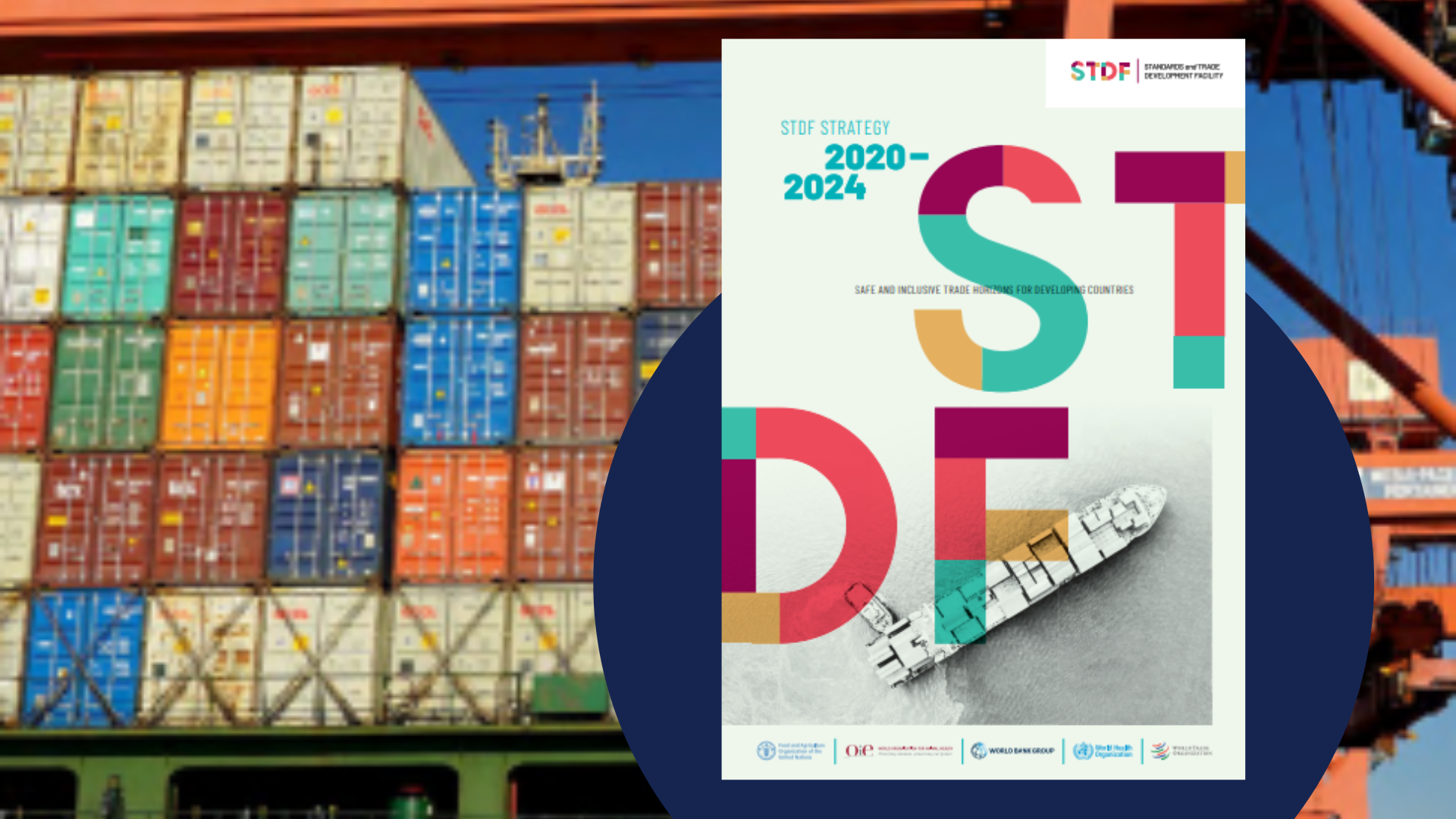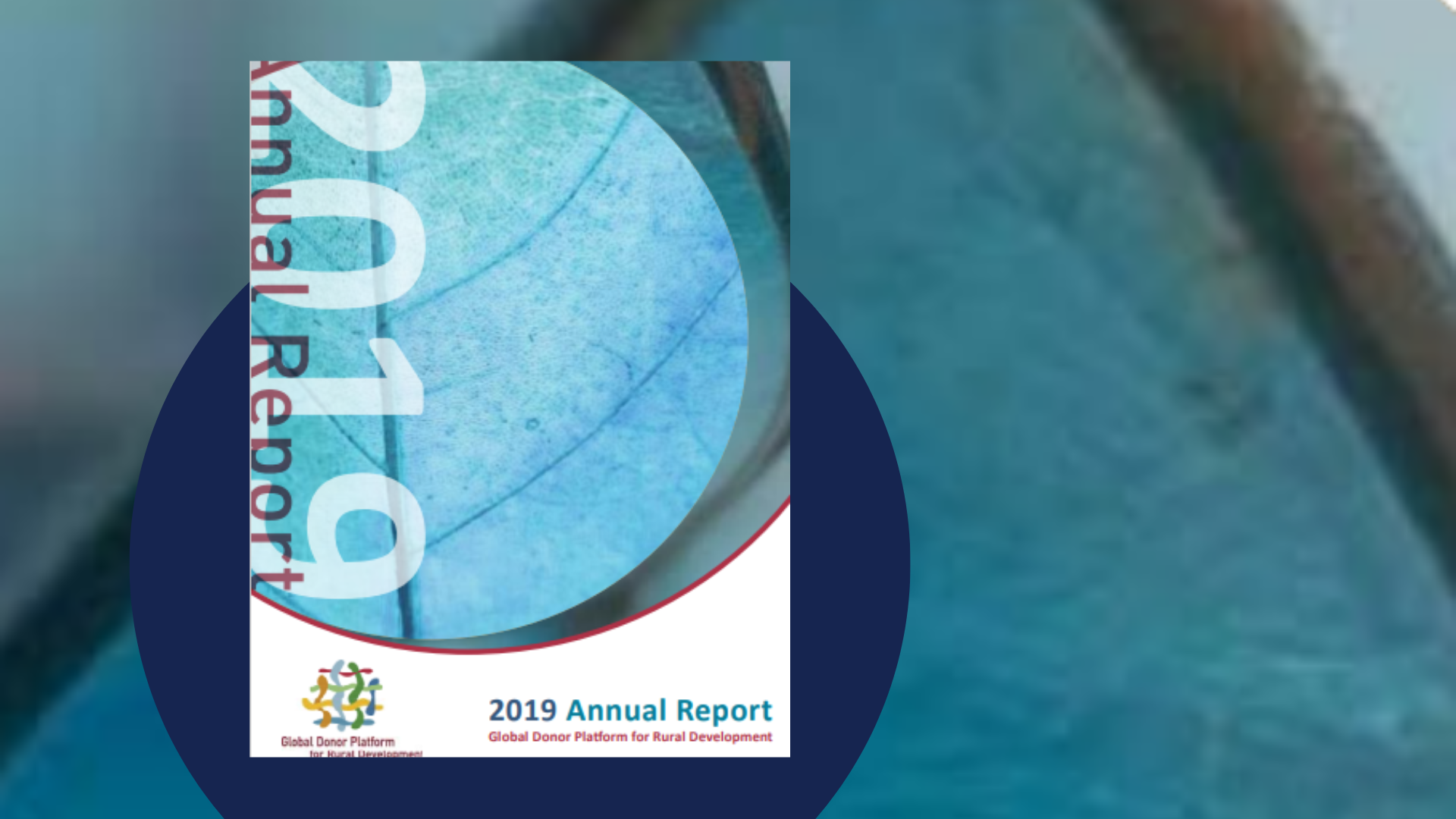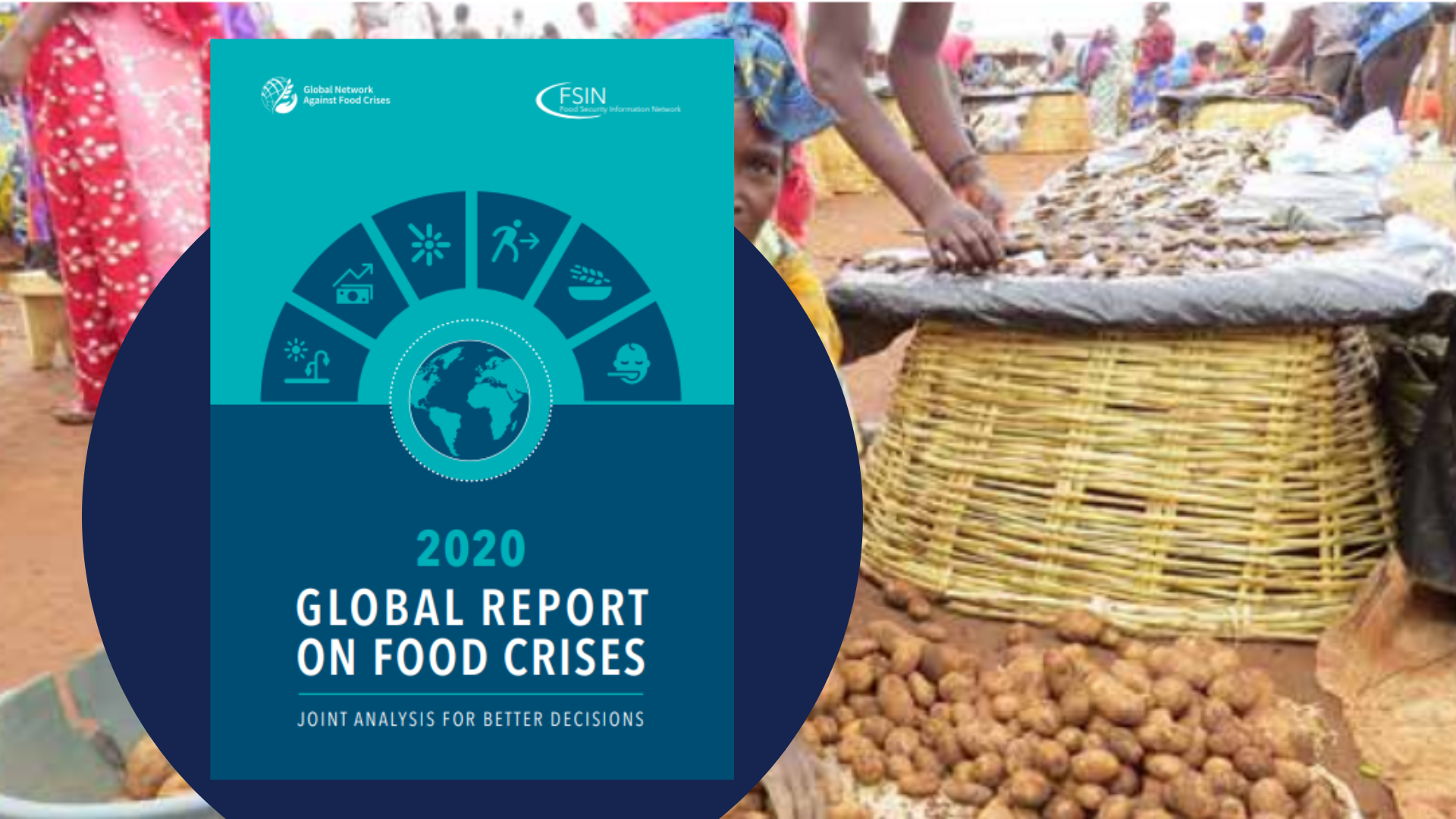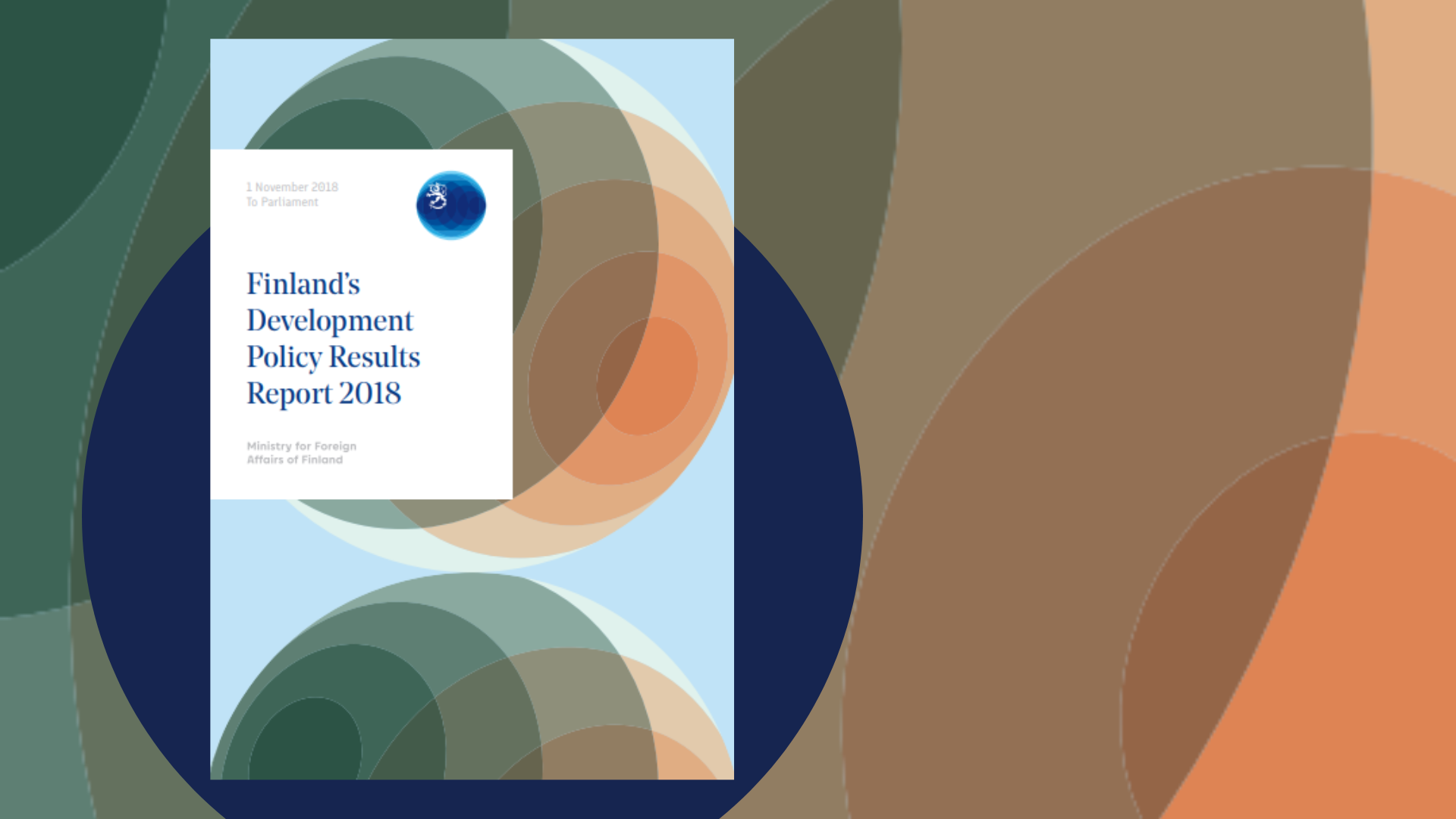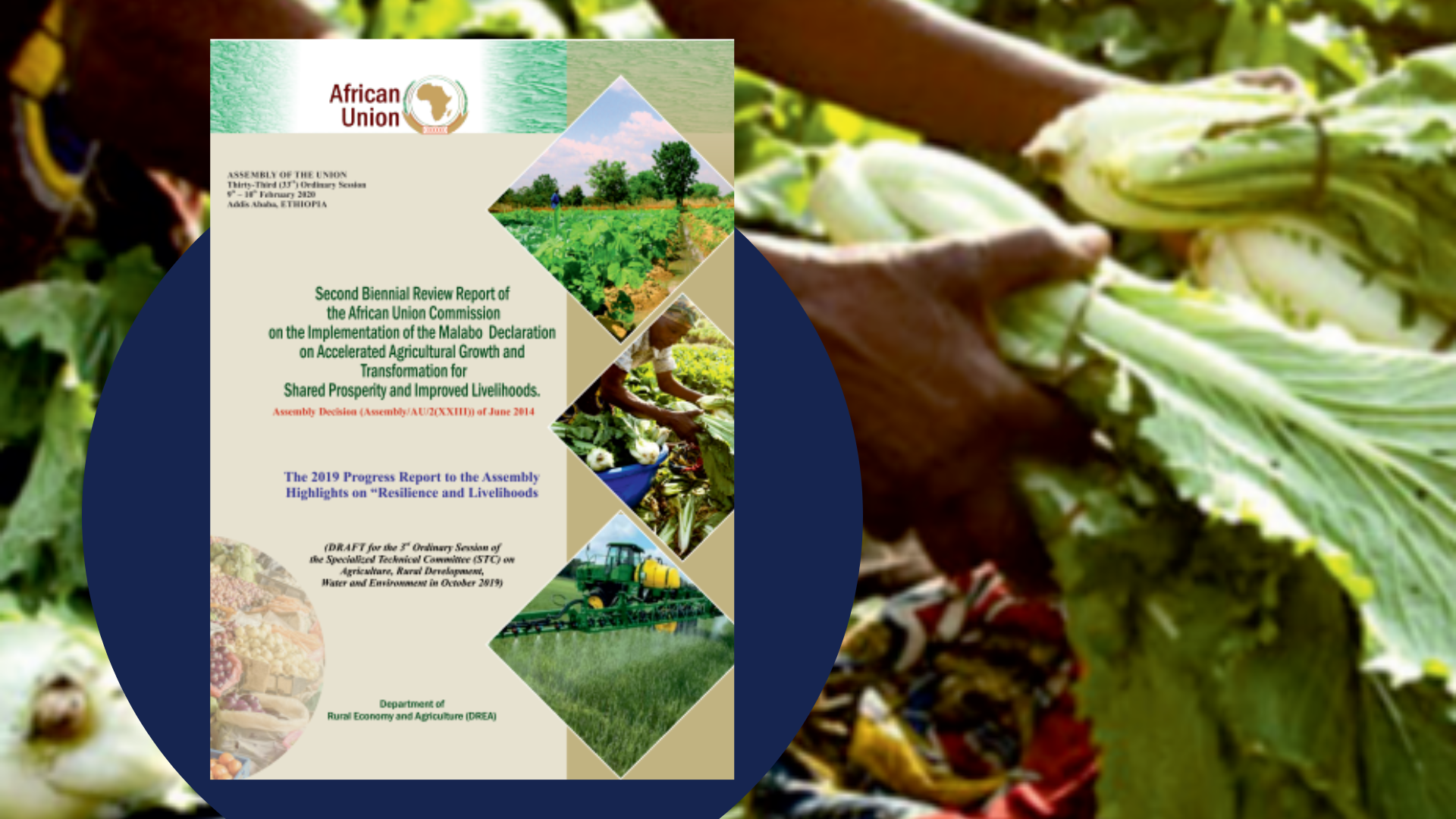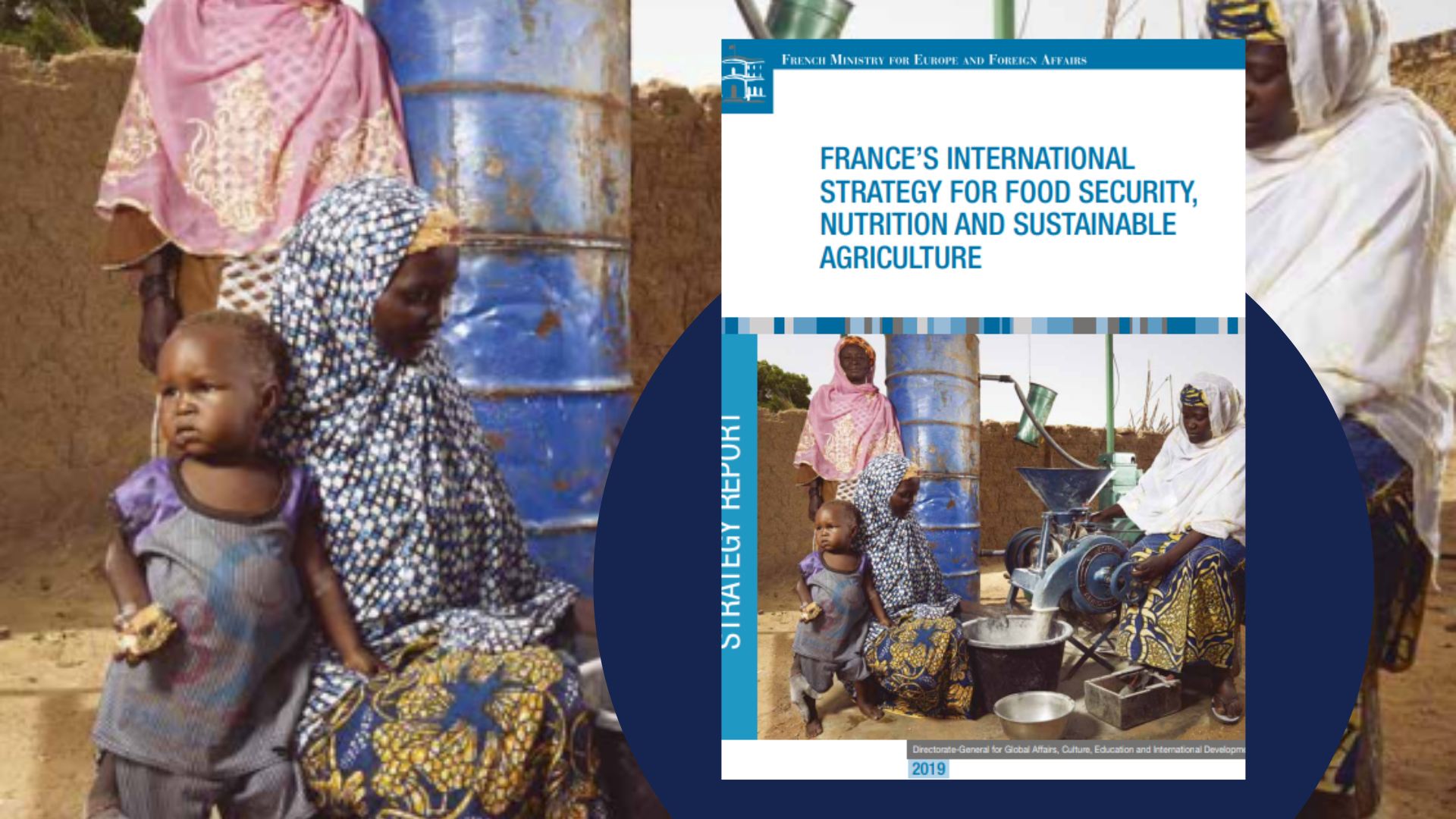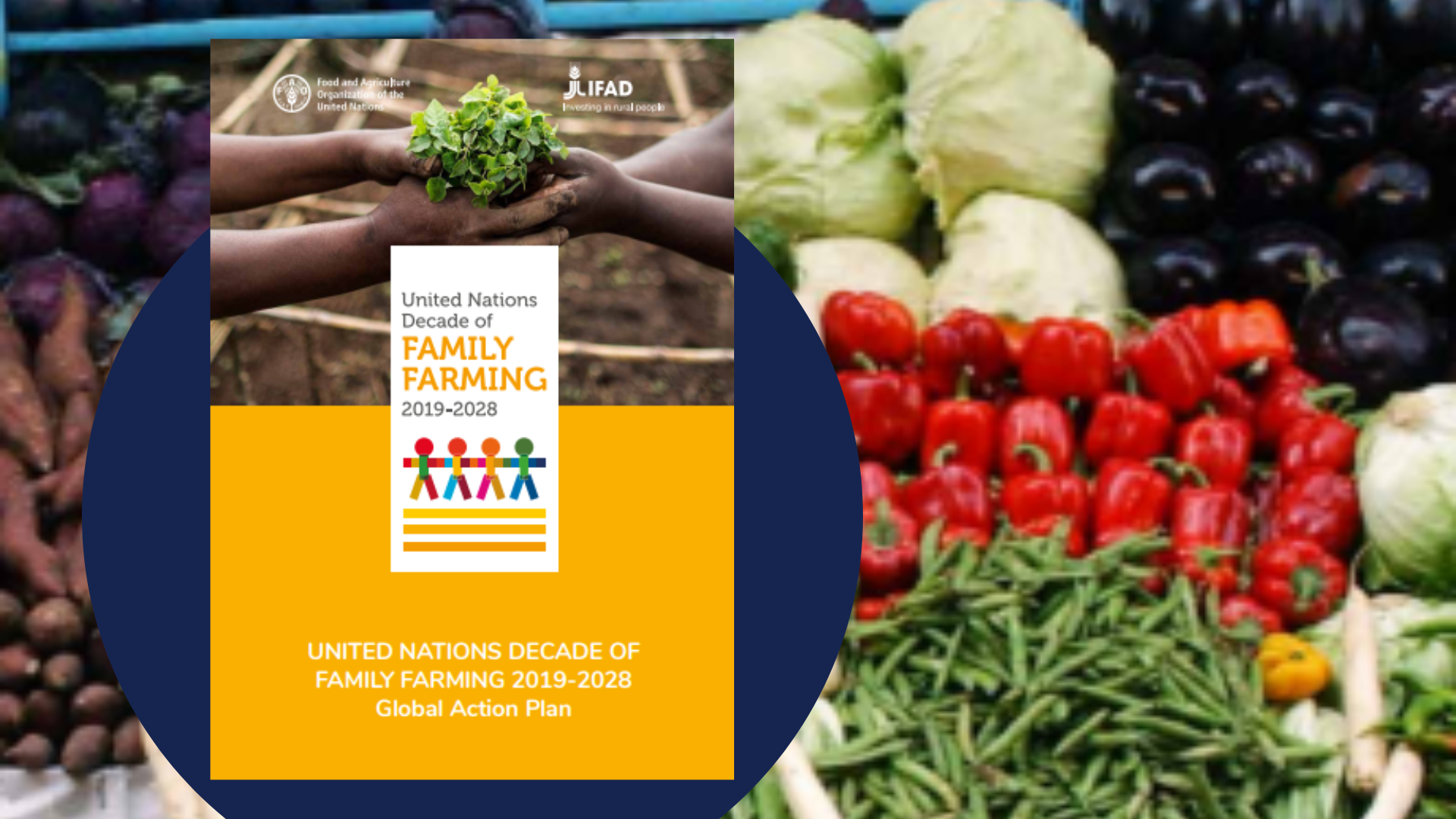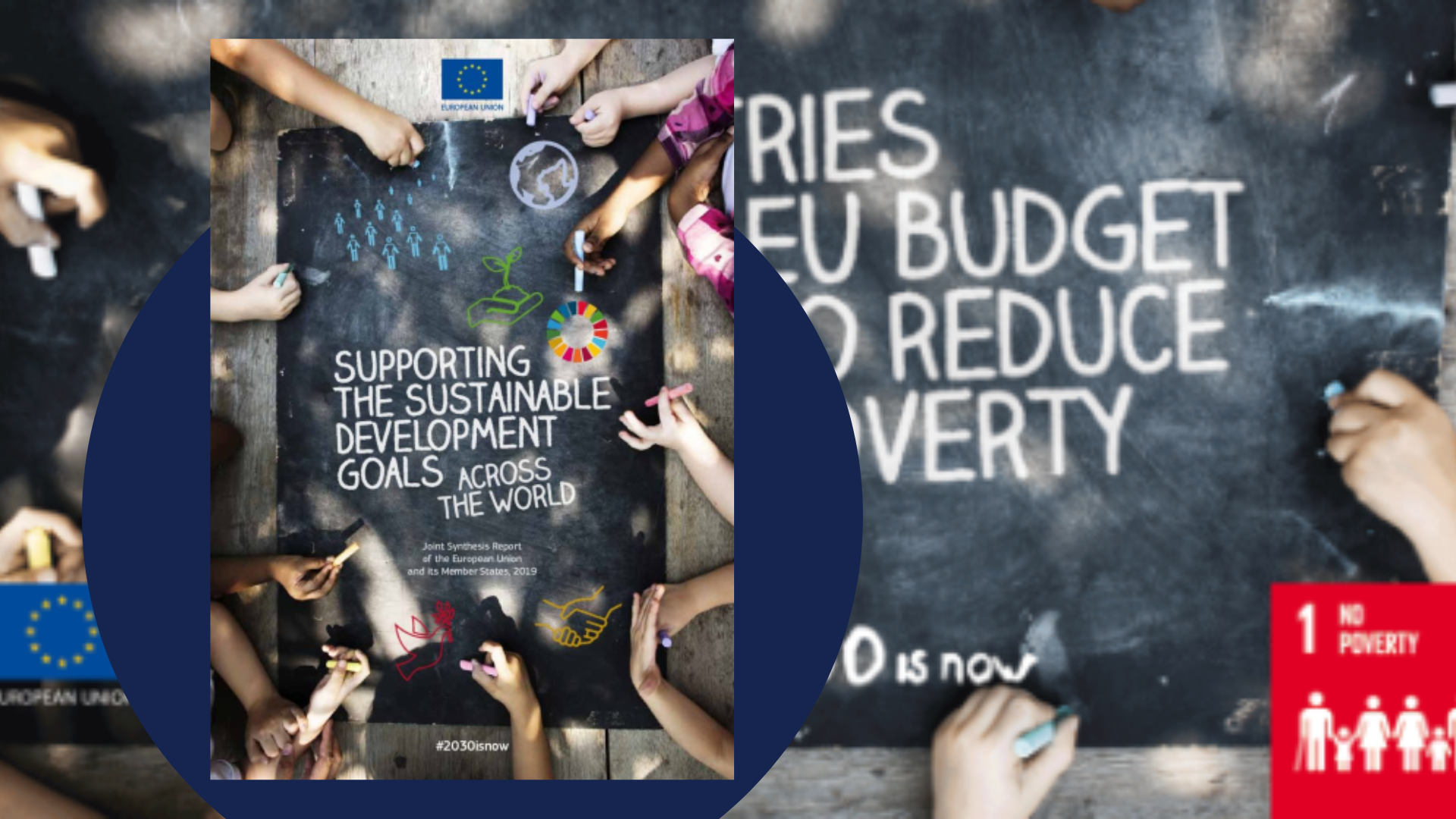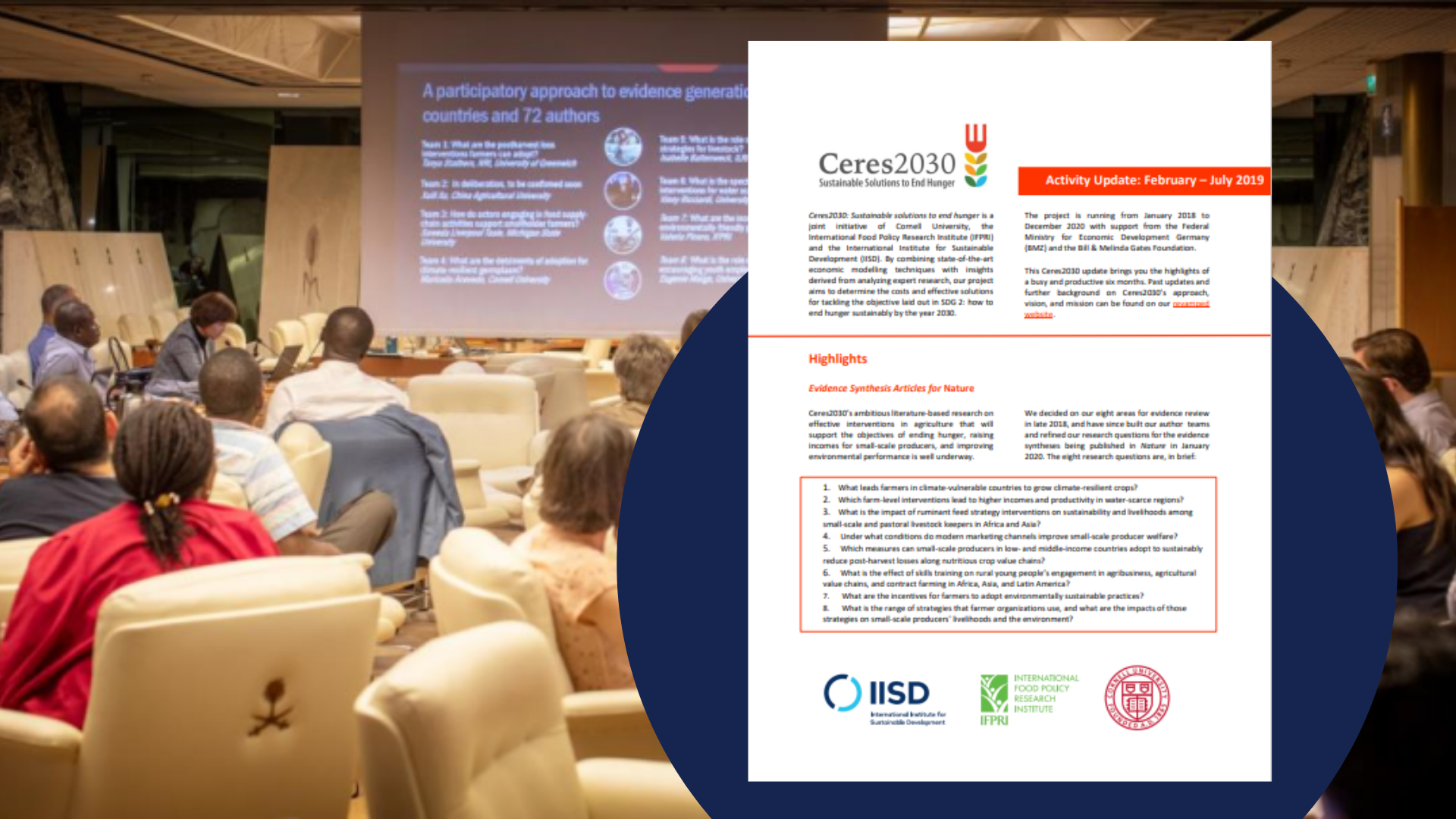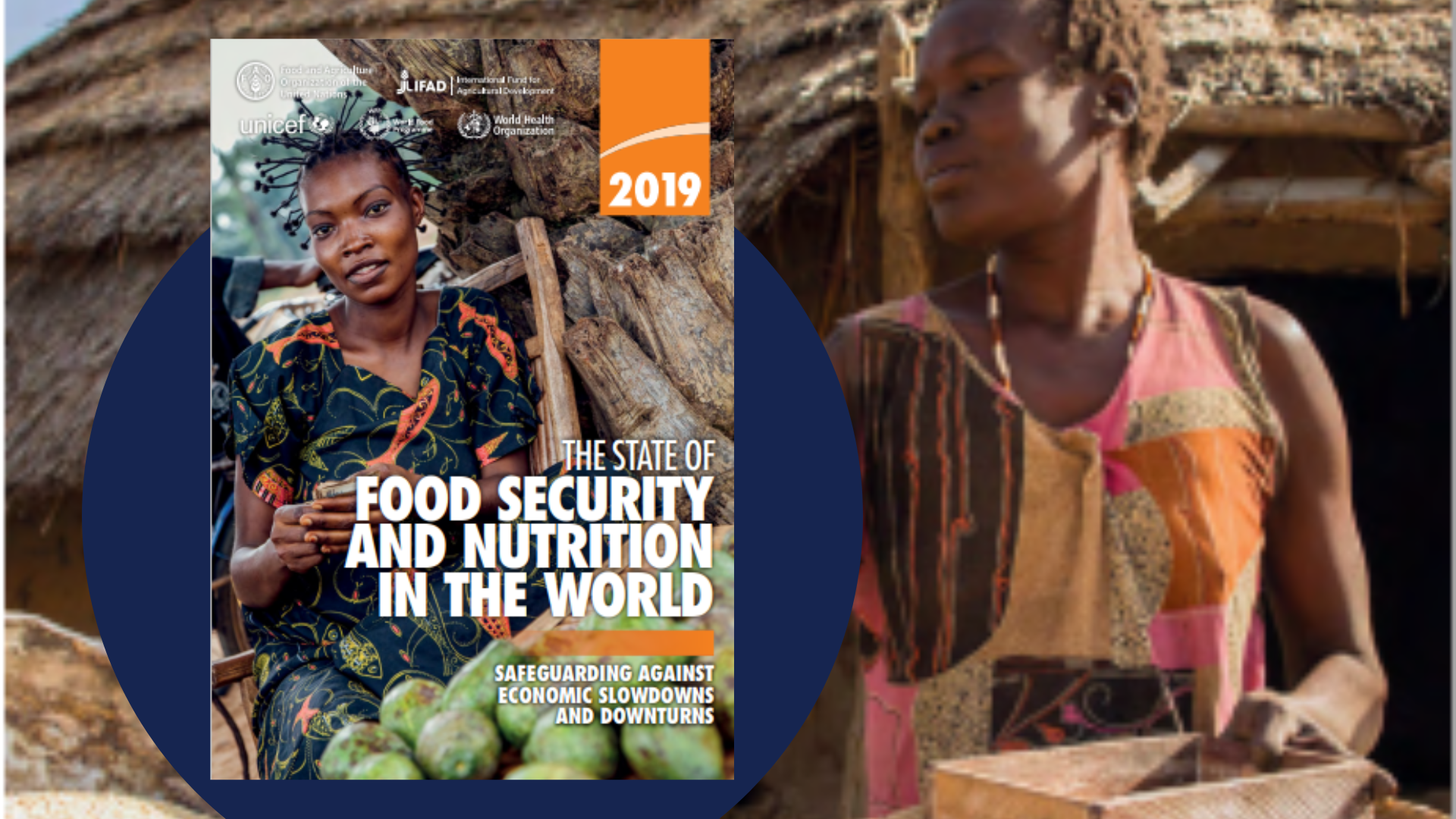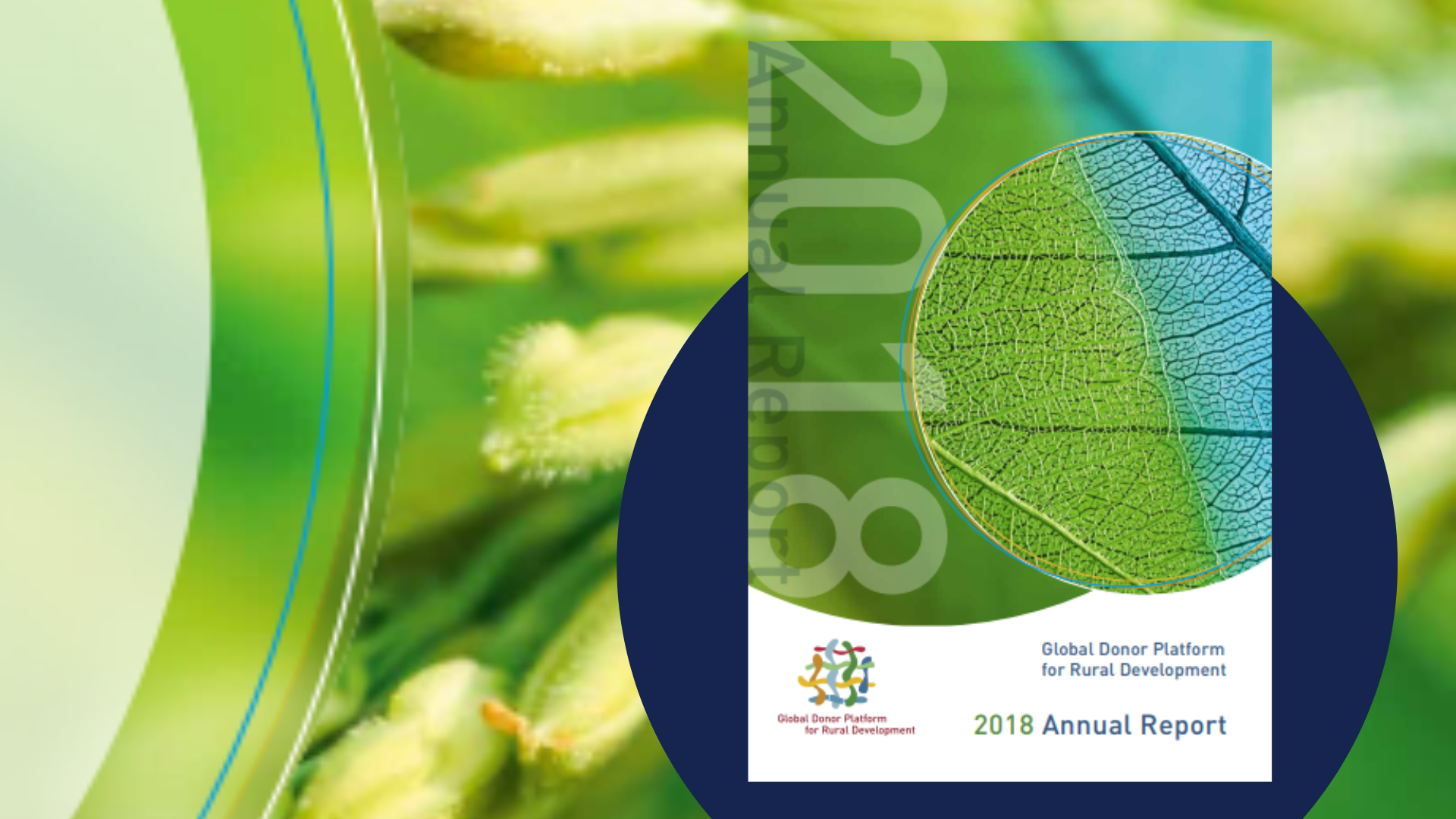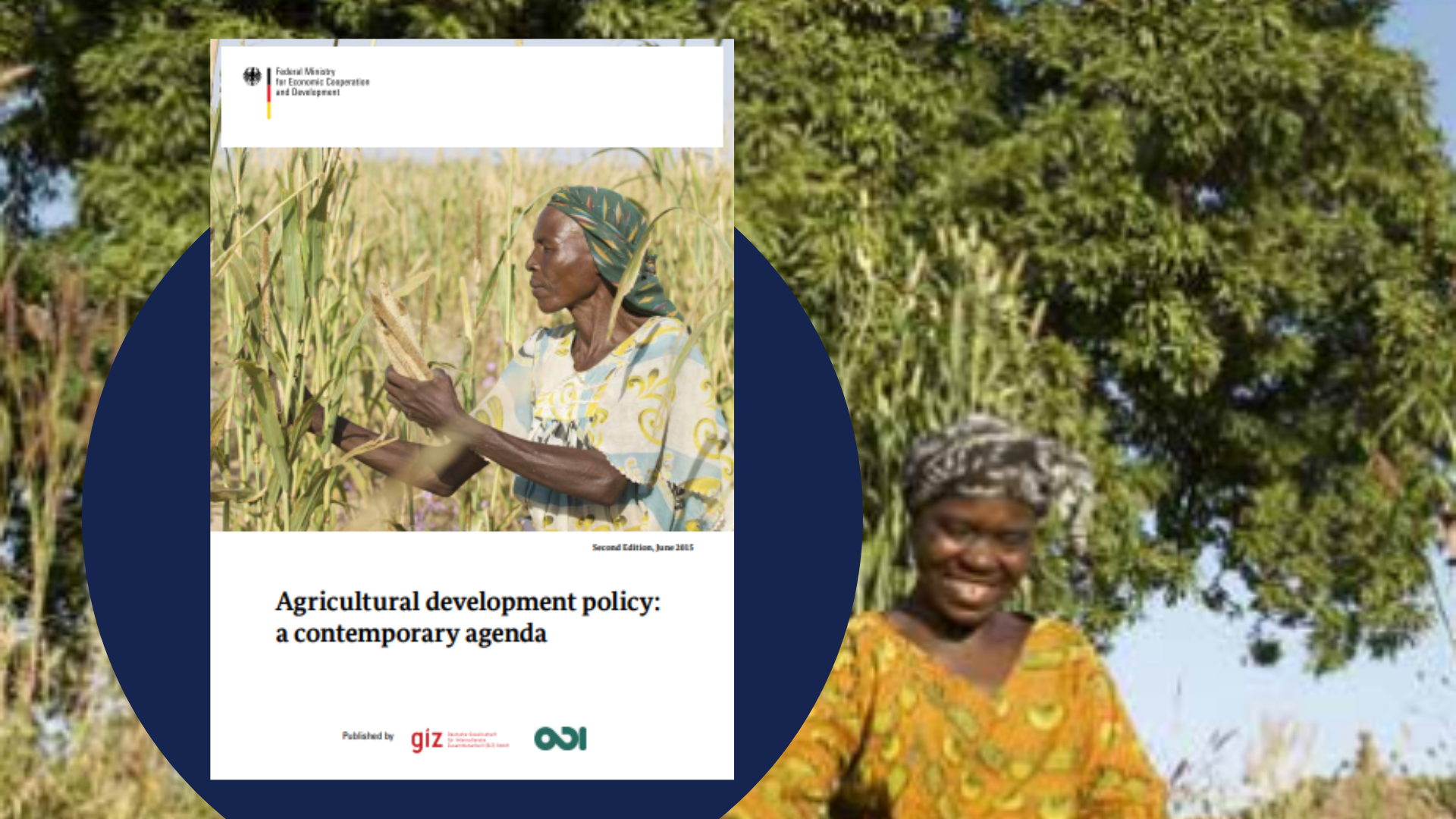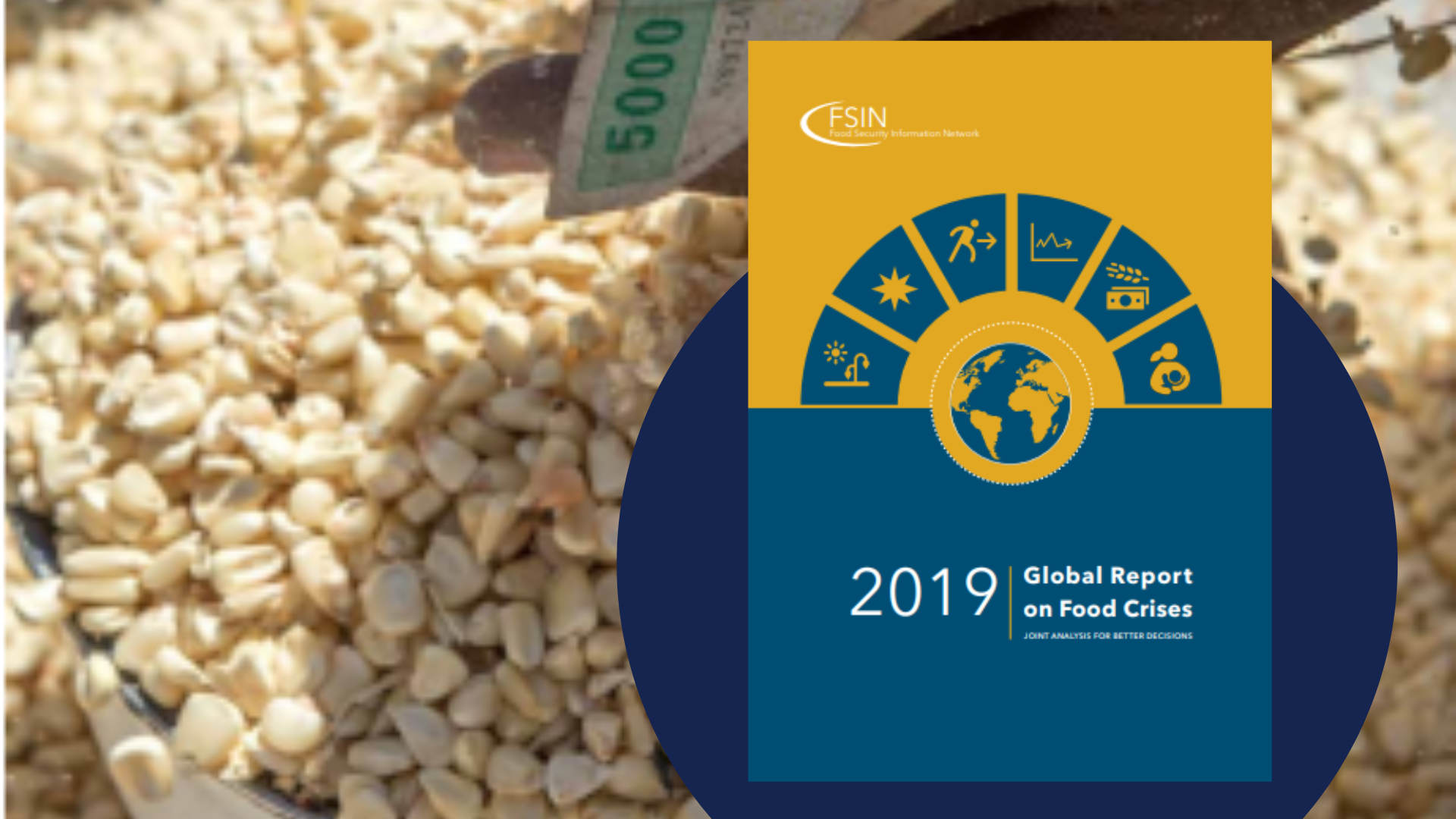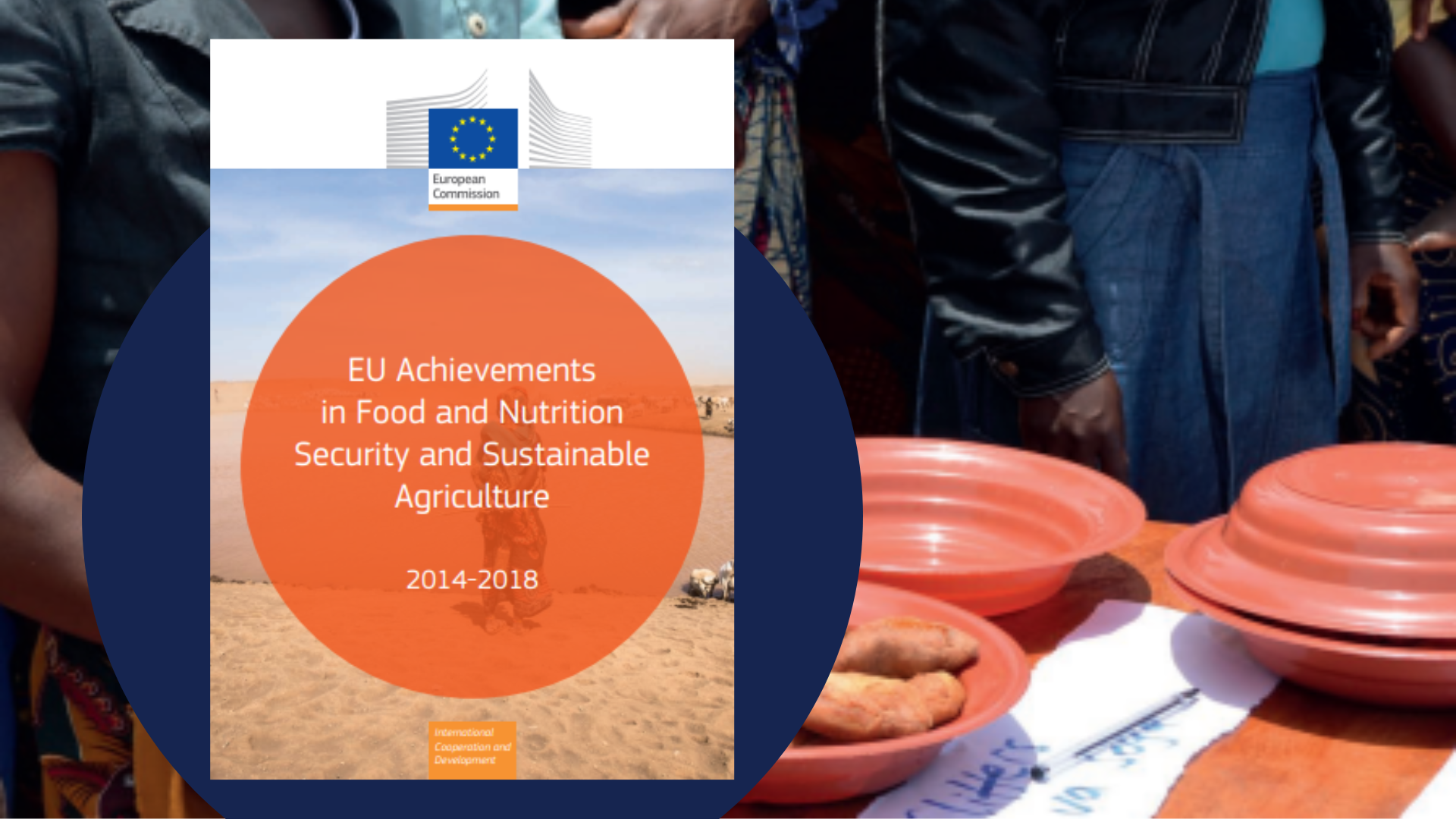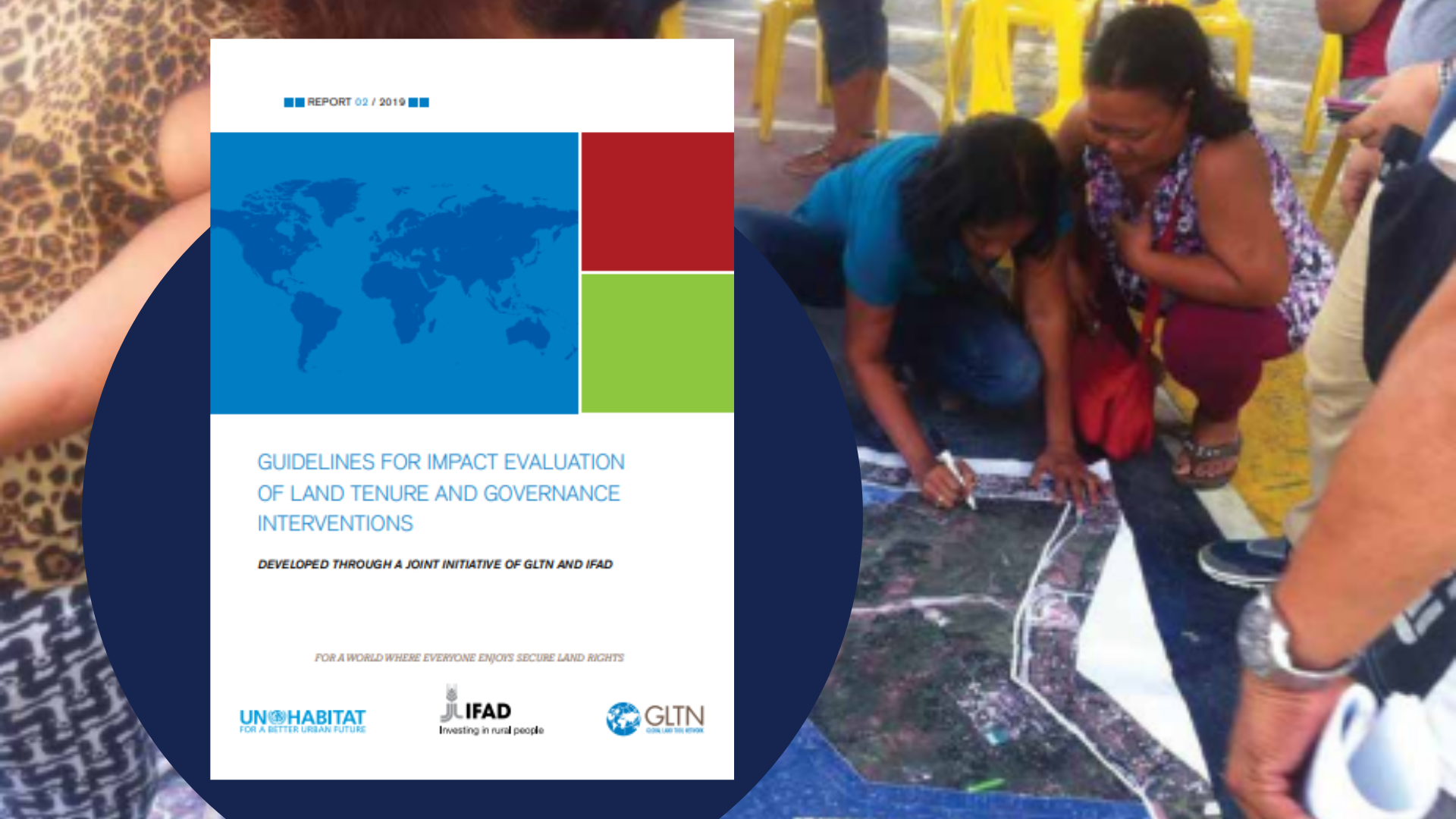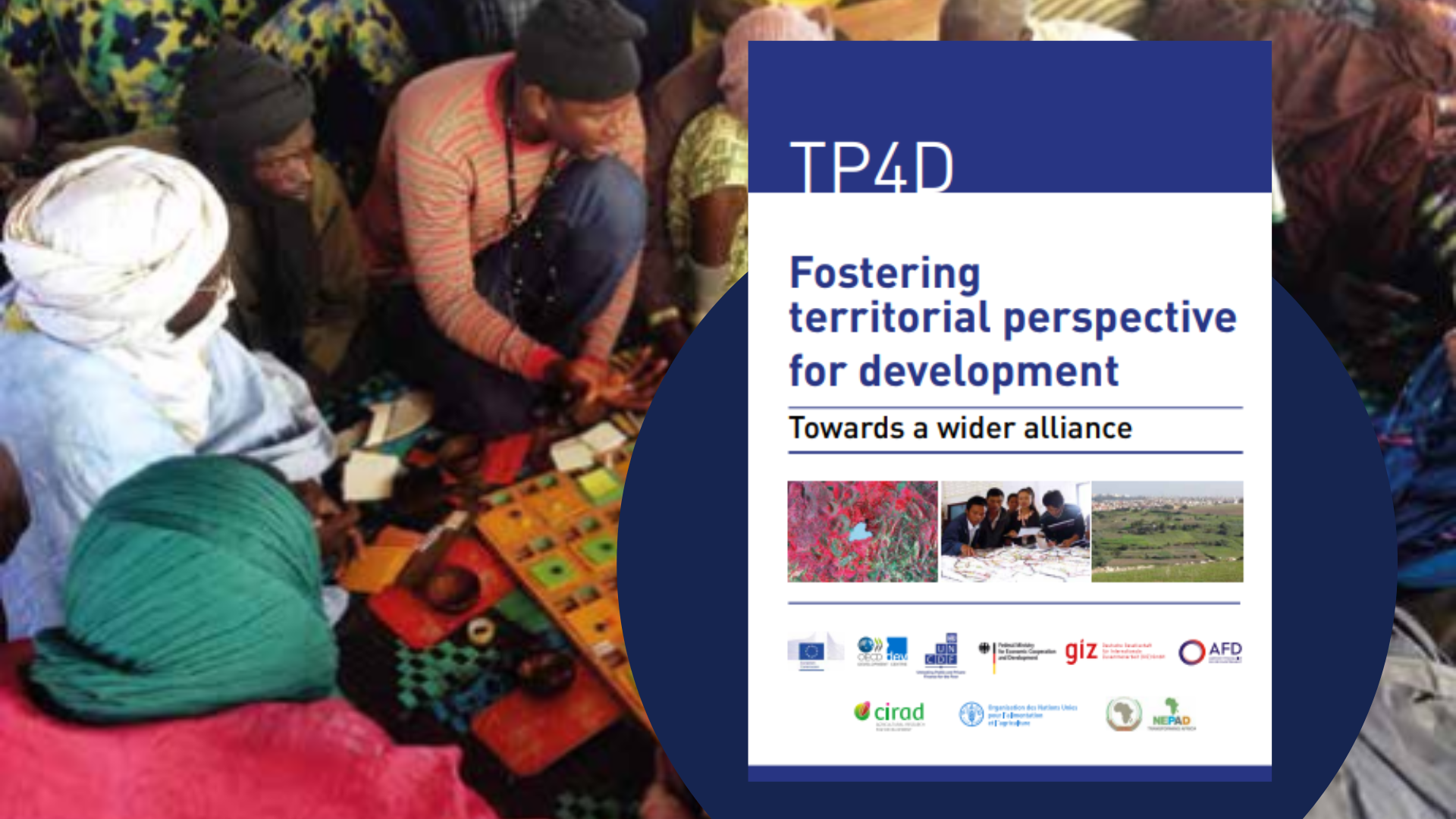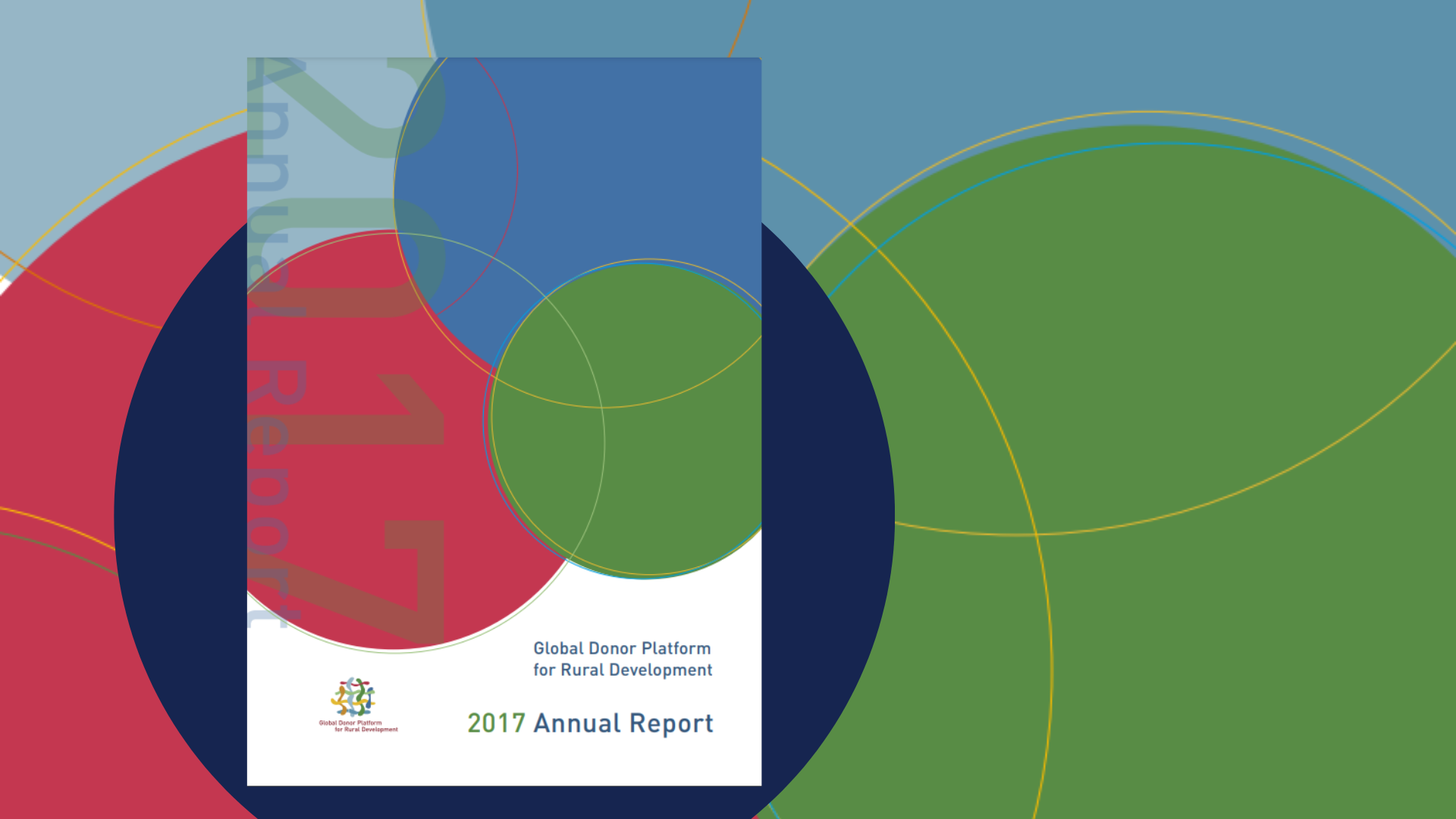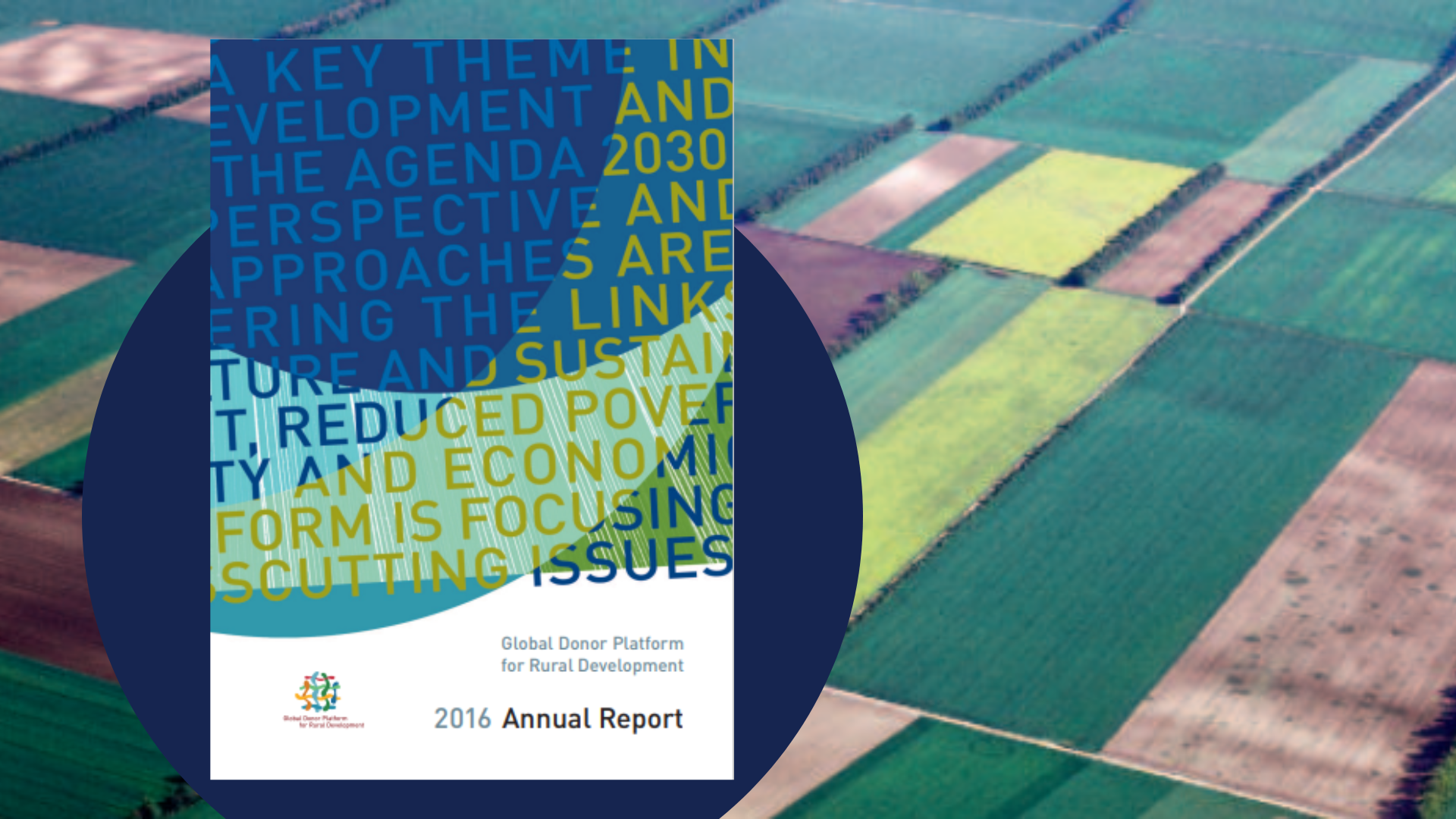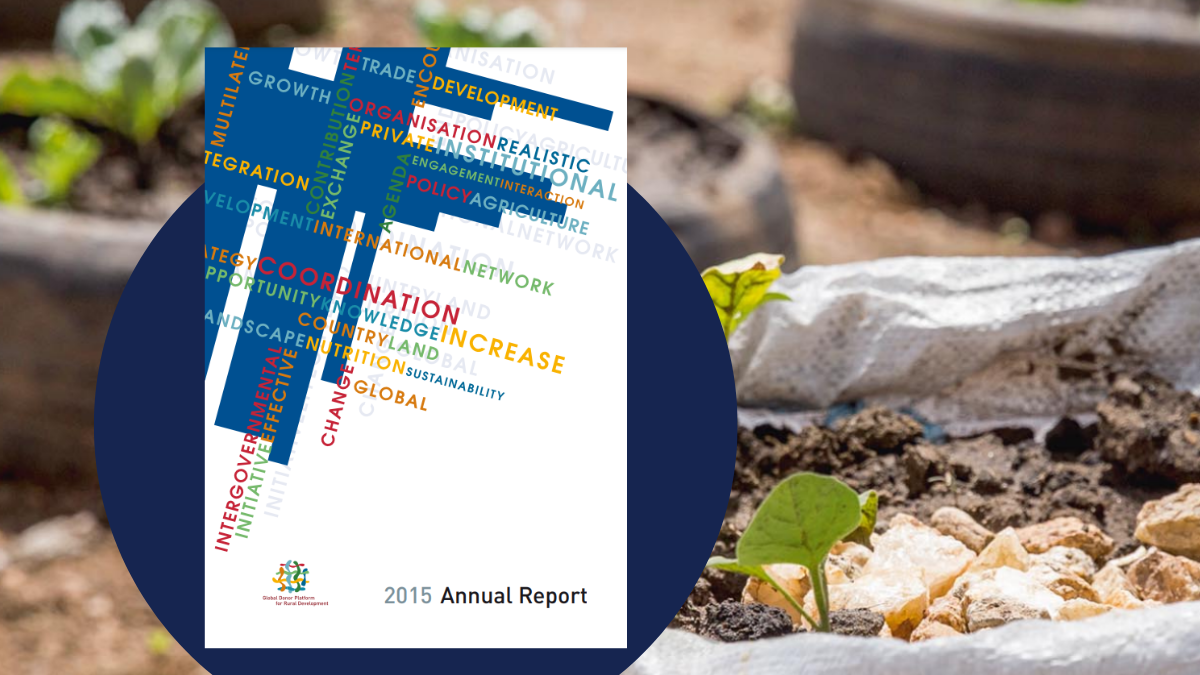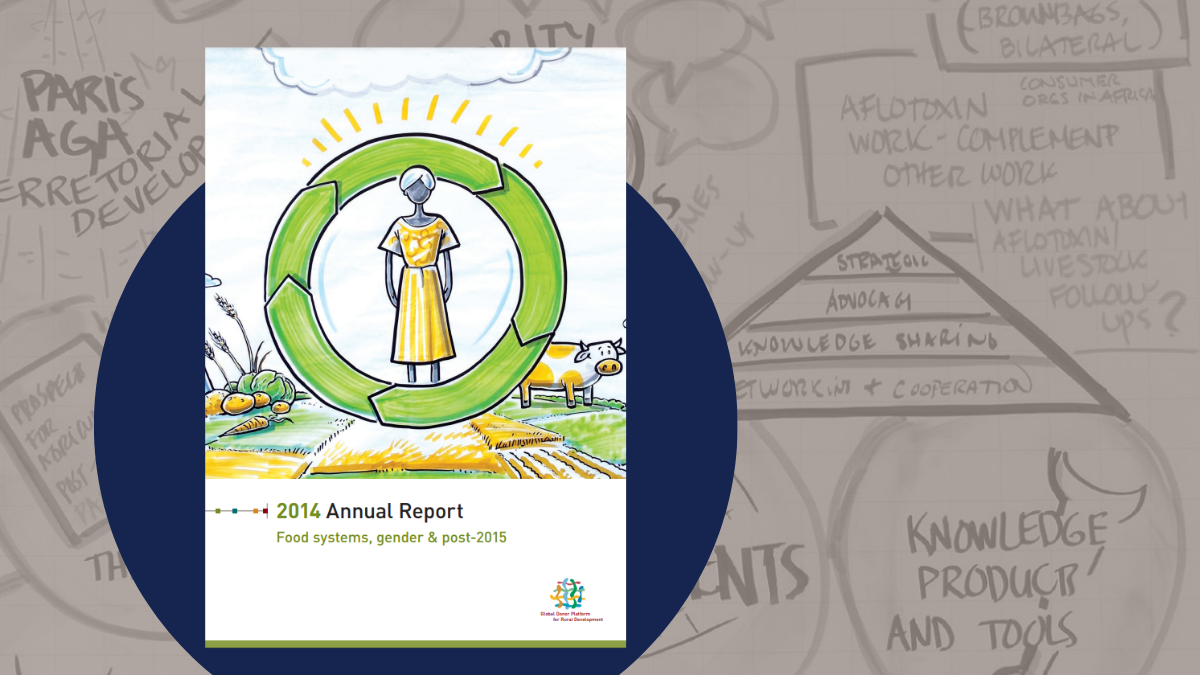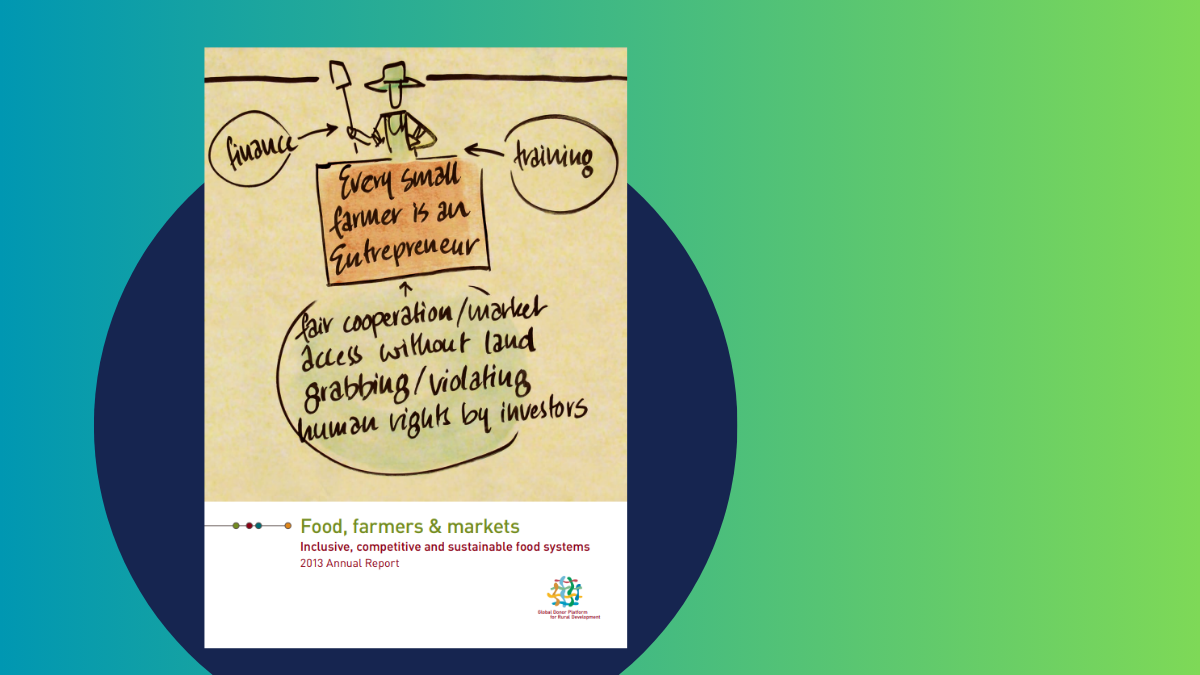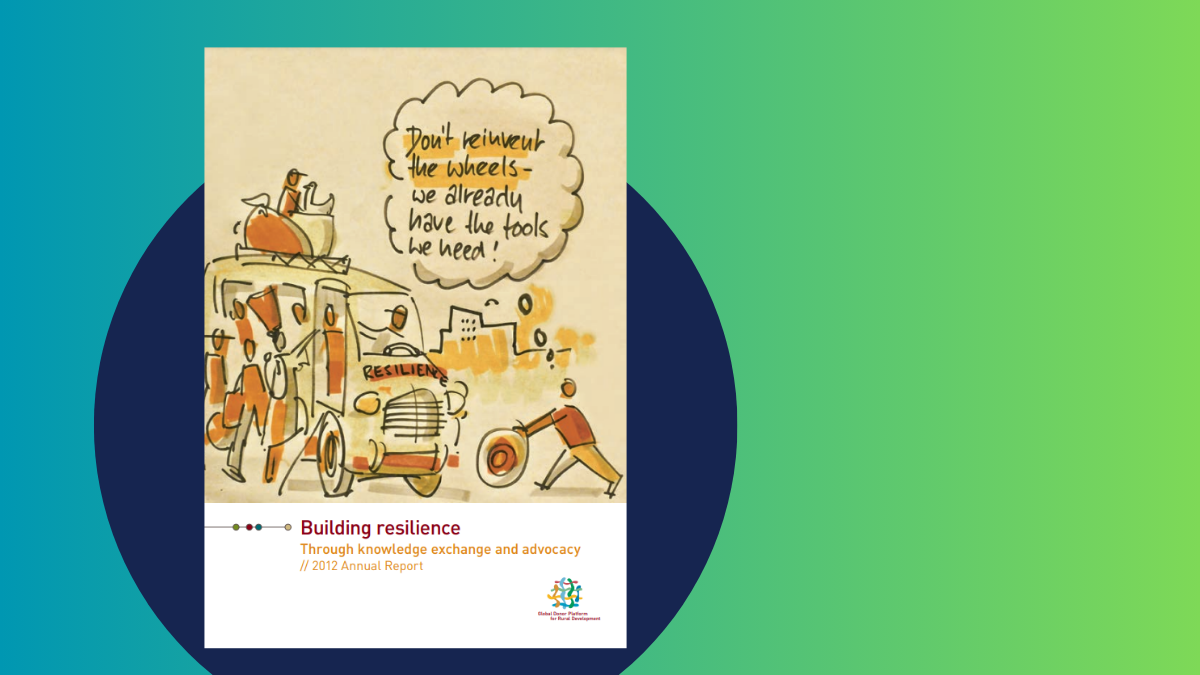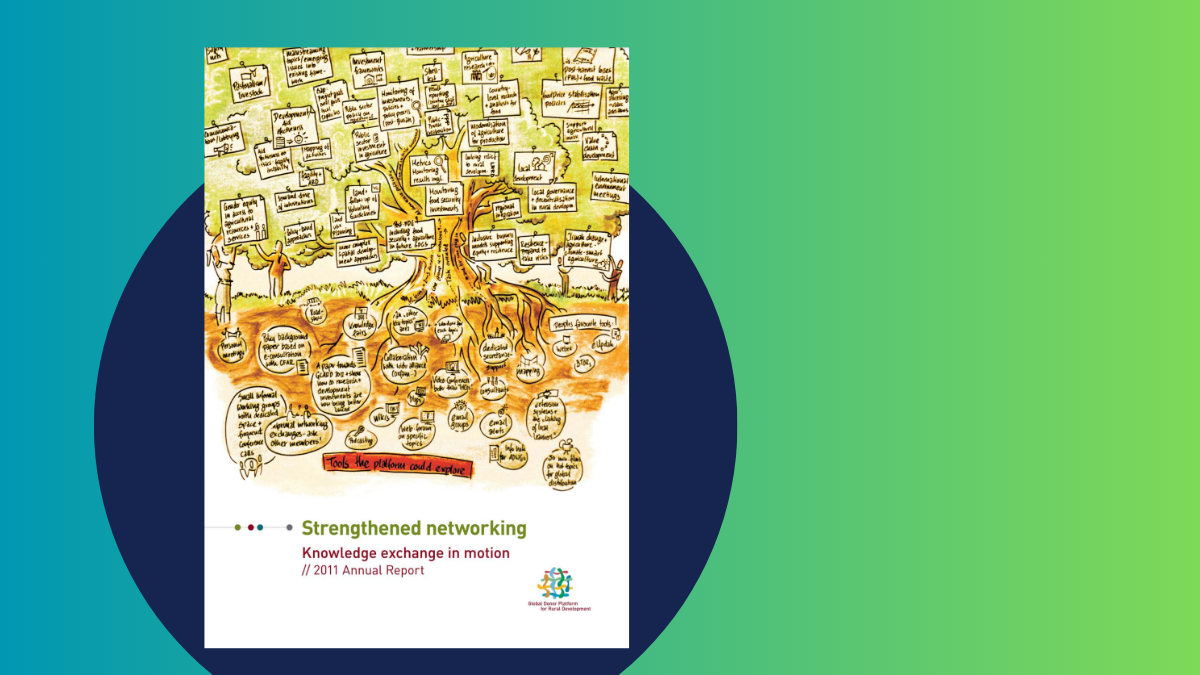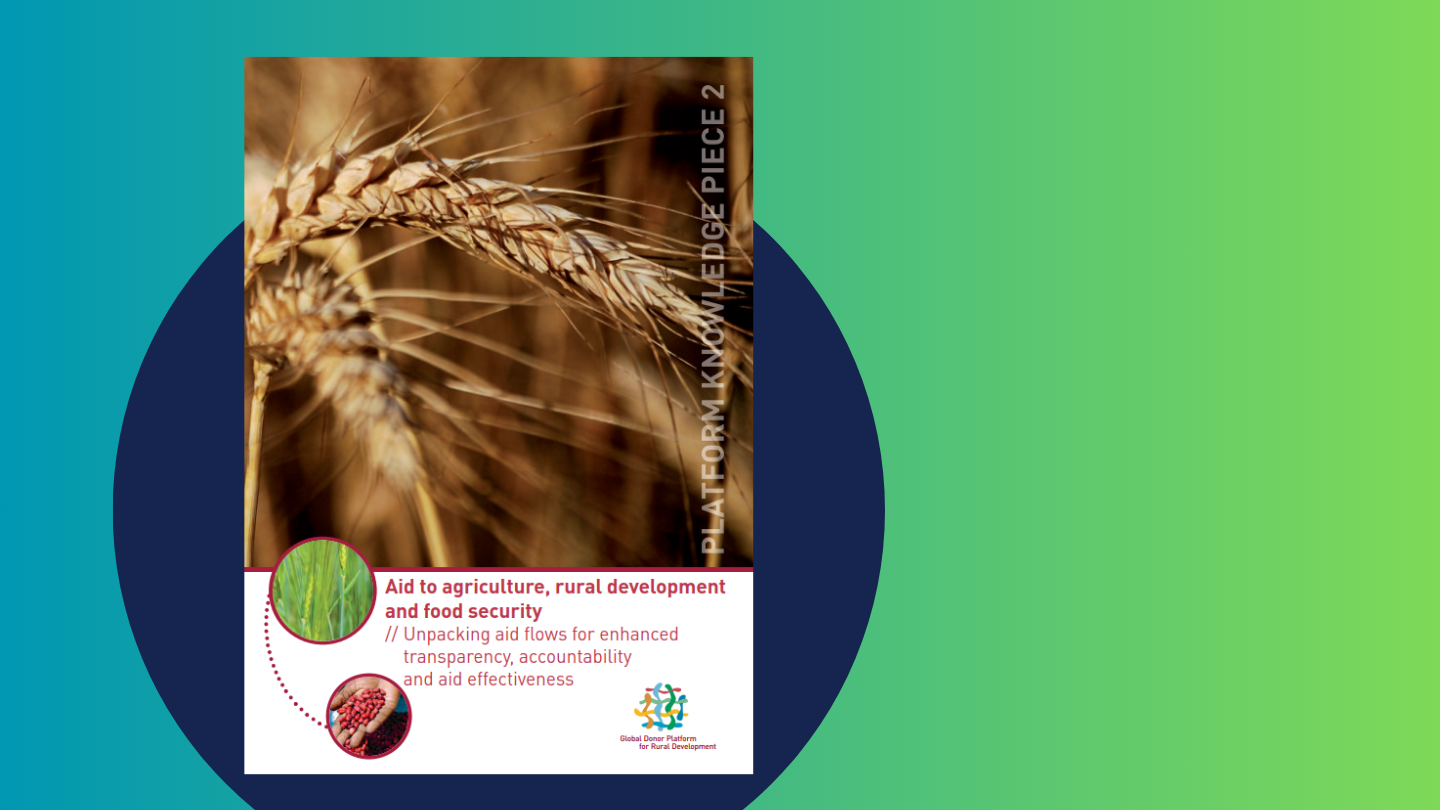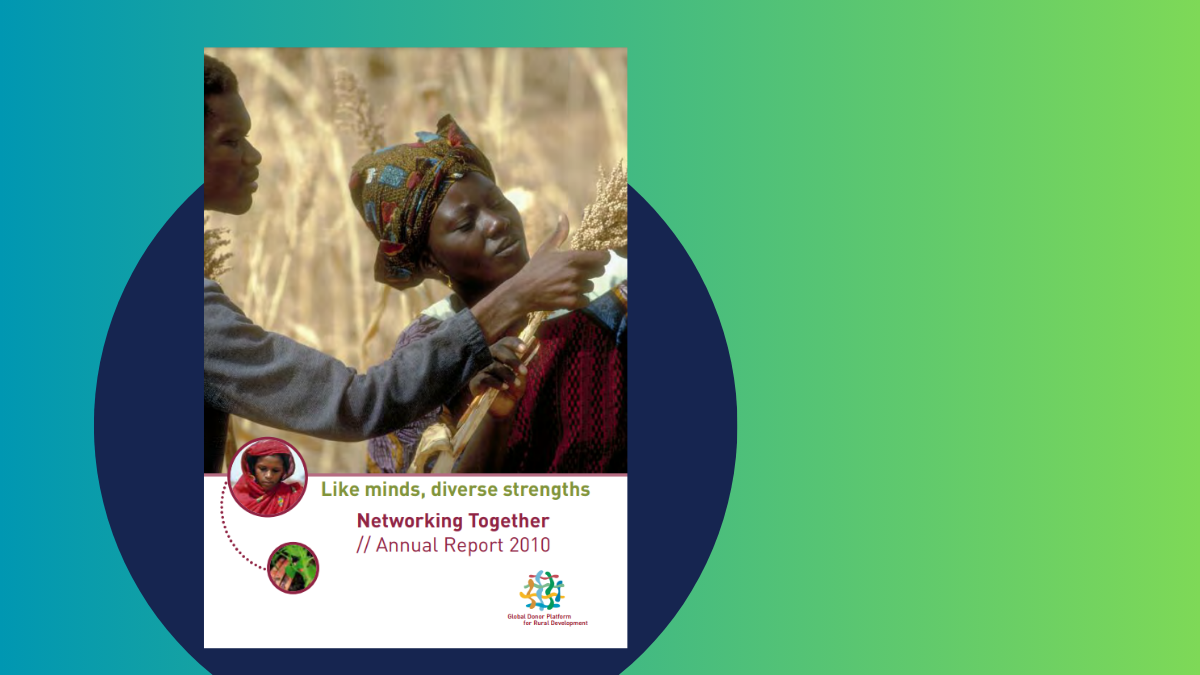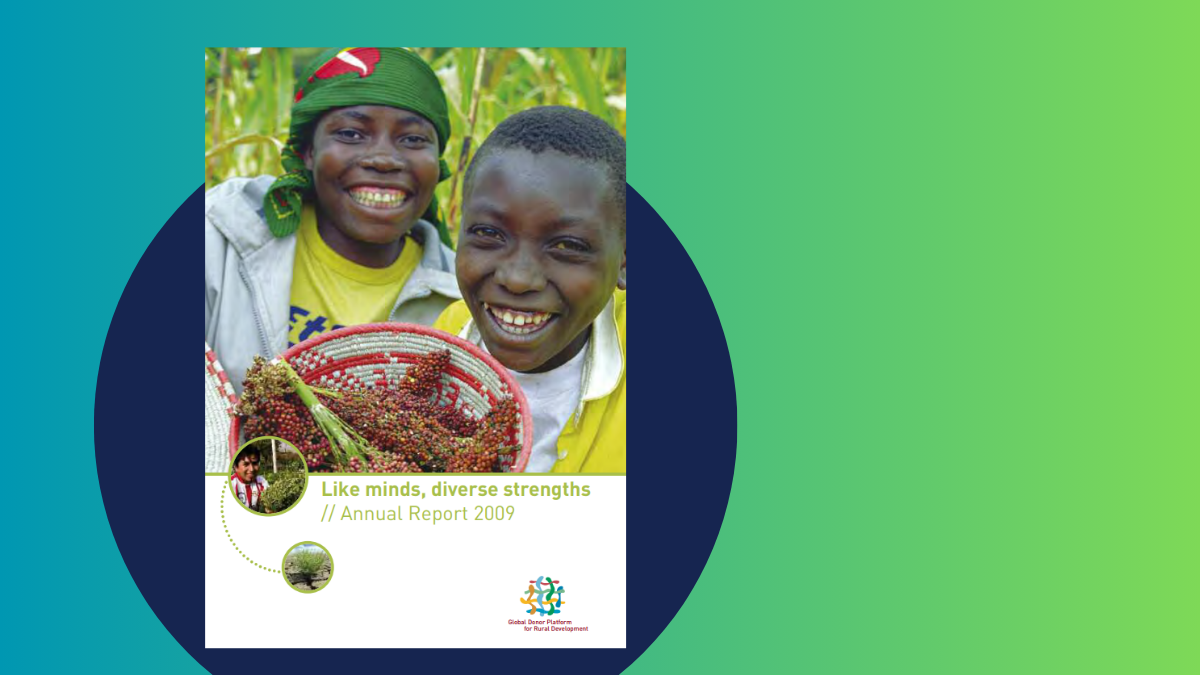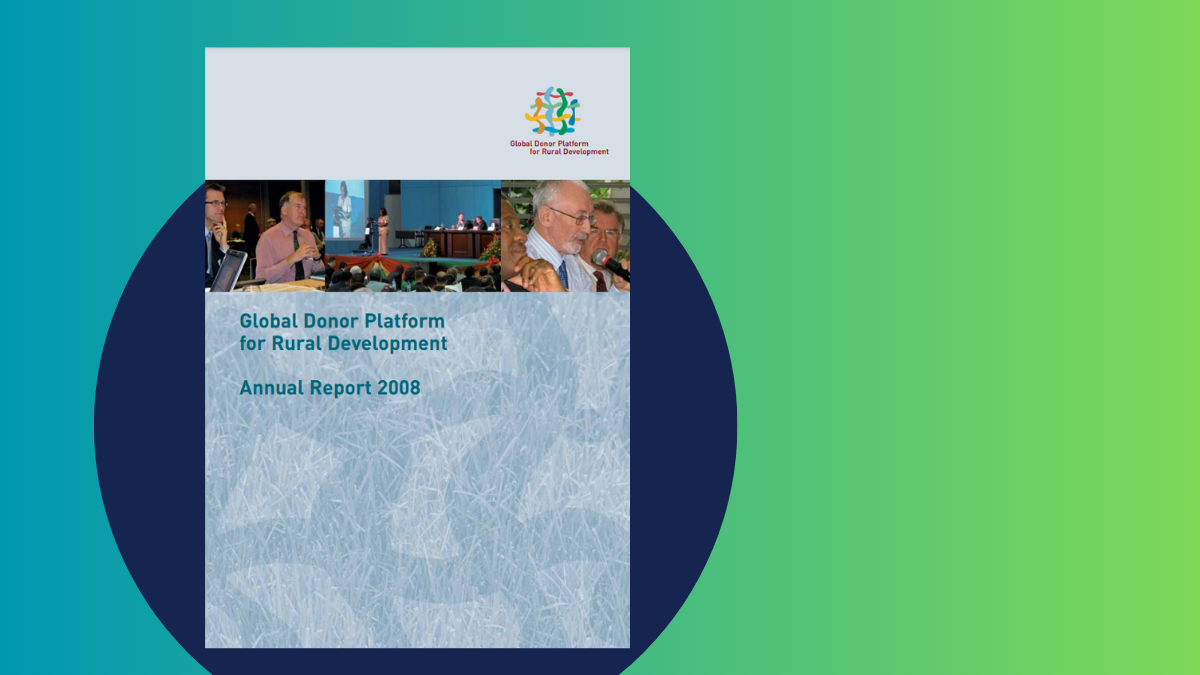On 12 June 2018, the Global Donor Platform held a roundtable in Berlin to share experiences with M&E of inclusive agribusiness and agricultural value chain interventions. Representatives from donors, implementing agencies and knowledge institutes discussed challenges and areas for improvements related to how to measure results in projects, including the difficulty to attribute impact from these interventions to improve food security of vulnerable groups.
Links
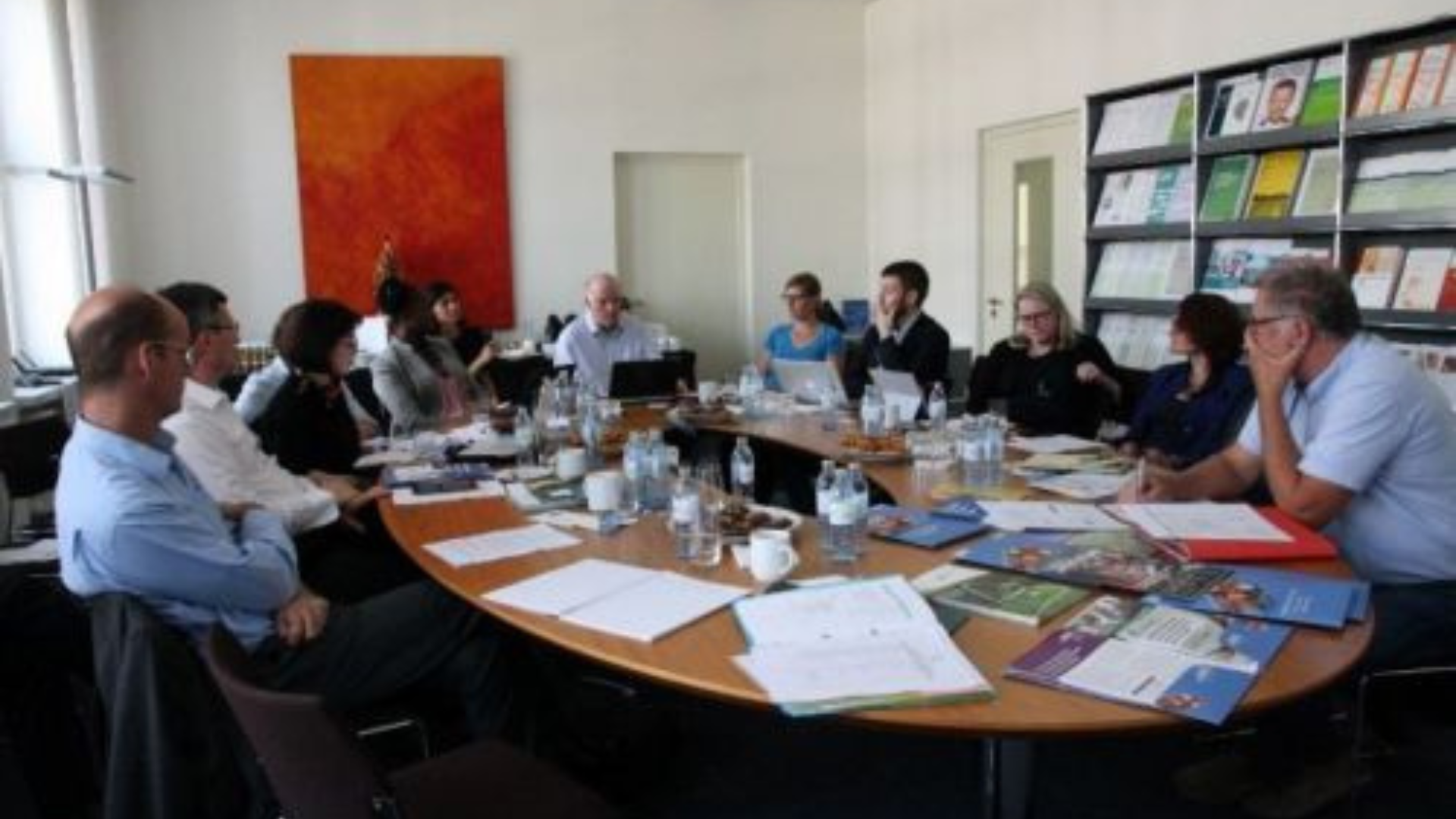
The discussion was kick-started by three presentations:
- Patrick Herlant (European Commission) presented Agrinatura and EC’s project “Value Chain Analysis for Development”, which is undertaking more than 30 studies on value chains in developing countries to provide an overall understanding of value chain operations and their impact on economic, social and environmental terms. The project tries to address the lack of quantitative and evidence-based reliable information, which can be used to guide policy dialogue and to ensure that investments are development-friendly, also when involving private sector actors.
- Anders Aeroe (The International Trade Centre) spoke about the M&E of ITC’s programme “Alliances for Action”, a multi-stakeholder initiative that brings together private and public actors with the aim to promote competitiveness and income-risk diversification for smallholder farmers and SMEs. A key requirement of A4A success is investment and contribution by all participating stakeholders – or Alliance partners- including in-kind as well monetary for the funding of operational costs and support activities.
- Fiona Lynn (Australia’s Department for Foreign Affairs and Trade) elaborated on the challenges of M&E for inclusive agribusiness through two of their funded programmes: “Market Development Facilitation Programme” and “Grow Asia”. The former takes place in 5 countries in Southeast Asia (includes Fiji, East Timor, Sri Lanka, Indonesia) since 2012. It works with national companies to improve their supply chains by a better link to small-scale producers, particularly in value chains where poor people engage. Despite good results in understanding the linkages between value chain actors, according to the results measurement standards set out by Development Committee on Enterprise Development (DCED) (see the section “Links” below), the project actually shows only a small amount of jobs created (ca. 1000 formal jobs) compared to the resources already invested (around 40 USD million).
Grow Asia, on the other hand, focuses less on understanding the value chain, but more on convening the relevant actors. It is a network under the World Economic Forum aimed at bringing the private and public sector together to talk about problems in value chains. While they are able to reach out to larger number of beneficiaries, it is difficult to attribute impact at the level of small farmers and SMEs.
Highlights of the discussion and key messages
- It is important to ensure that M&E systems applied to inclusive agribusiness projects capture the benefits to all to allow for ownership of the process and continued support: farmers (income, productivity), donors (gains in terms of nutrition, food security) and traders (outputs, prices).
- However, the costs of a comprehensive M&E system remain as a challenge. ITC suggests listening to stakeholders to identify where the M&E should focus (e.g. using proxy indicators), which will help holding the system credible to those whom will benefit from it.
- Strengthening the governance along the whole value chain and ensuring that these value chains can operate on a commercial basis are two key elements for the successful continuation of a project once donors’ funding to the initiative comes to an end.
- DFAT-Australia’s examples showed the difficulty to prove impact from market development programmes, particularly as the agricultural sector seldom generates formal jobs.
- To measure impact through job creation would require that we go beyond the ILO’s standard definition of employment. Farmers are diversifying their incomes, a dynamics which is not always captured through current indicators. Improved livelihoods (or “the sum of what happens to farmers”) seem as a more adequate measure of impact.
- Presenters and participants agreed that a more adaptive type of M&E is required to measure the systemic change that inclusive agribusiness initiatives are trying to promote. However, there are still limited or no successful experiences of measuring systemic change, and little agreement on how to do it. Donors need to find ways to conduct continuous, but cost-effective M&E of inclusive agribusiness programmes.
- Disaggregated data for men & women are very important!
Inclusive agribusiness in Asia and mapping
Other participants enriched the discussion by sharing their experiences with inclusive agribusiness. Hyonjung Lee (KOICA) presented two of KOICA’s agribusiness projects, the first on the development of Ninh Thuan value chain in Vietnam, and the second on the creation of agricultural business opportunities through e-Commerce in Bangladesh.
Amongst other resources, Markus Dietrich (IBAN Network) informed about a mapping of inclusive business initiatives by EU donor countries (see the link below) which is maintained by IBAN.
The way forward
As a result of the roundtable discussion, participants agreed to:
- Share resources about how their organisations are disaggregating data on women.
- Share resources on M&E of value chains with a focus on inclusiveness (how is inclusiveness captured in results measurement?).
- Hold a webinar with DCED, which are working on an employment indicator for private sector development M&E. The idea is to build on this work to consider how such an indicator could be adapted for agricultural and rural development programmes.


